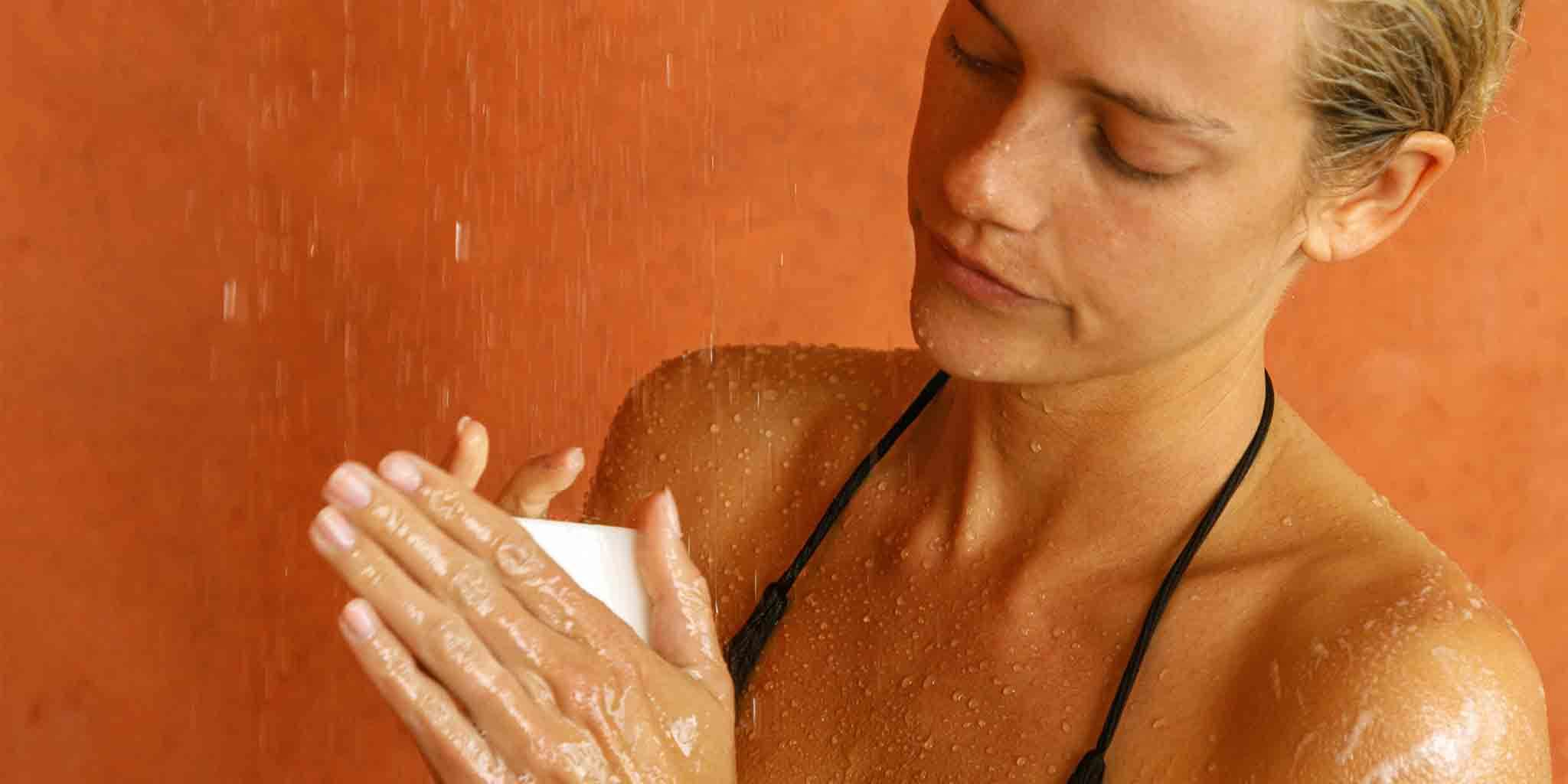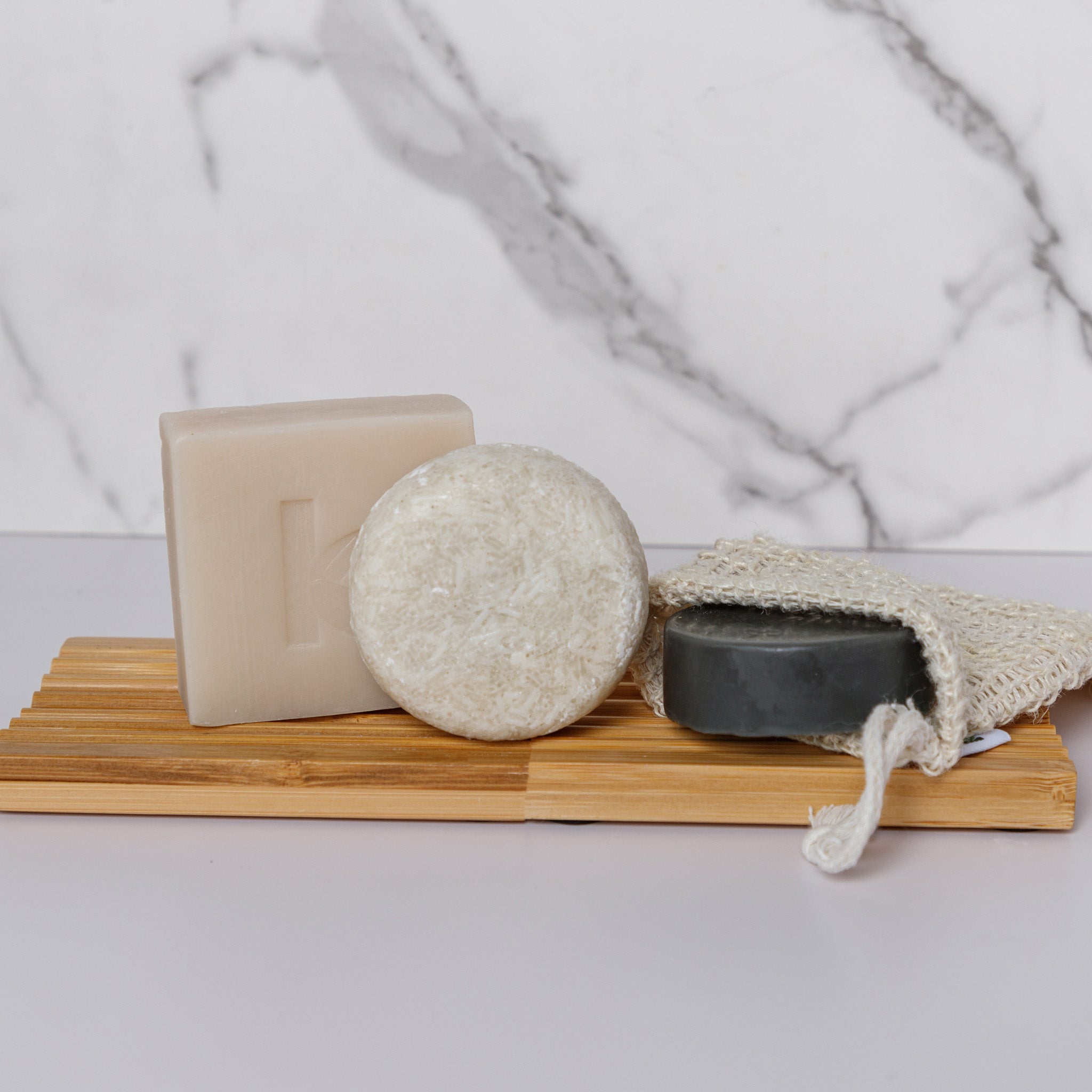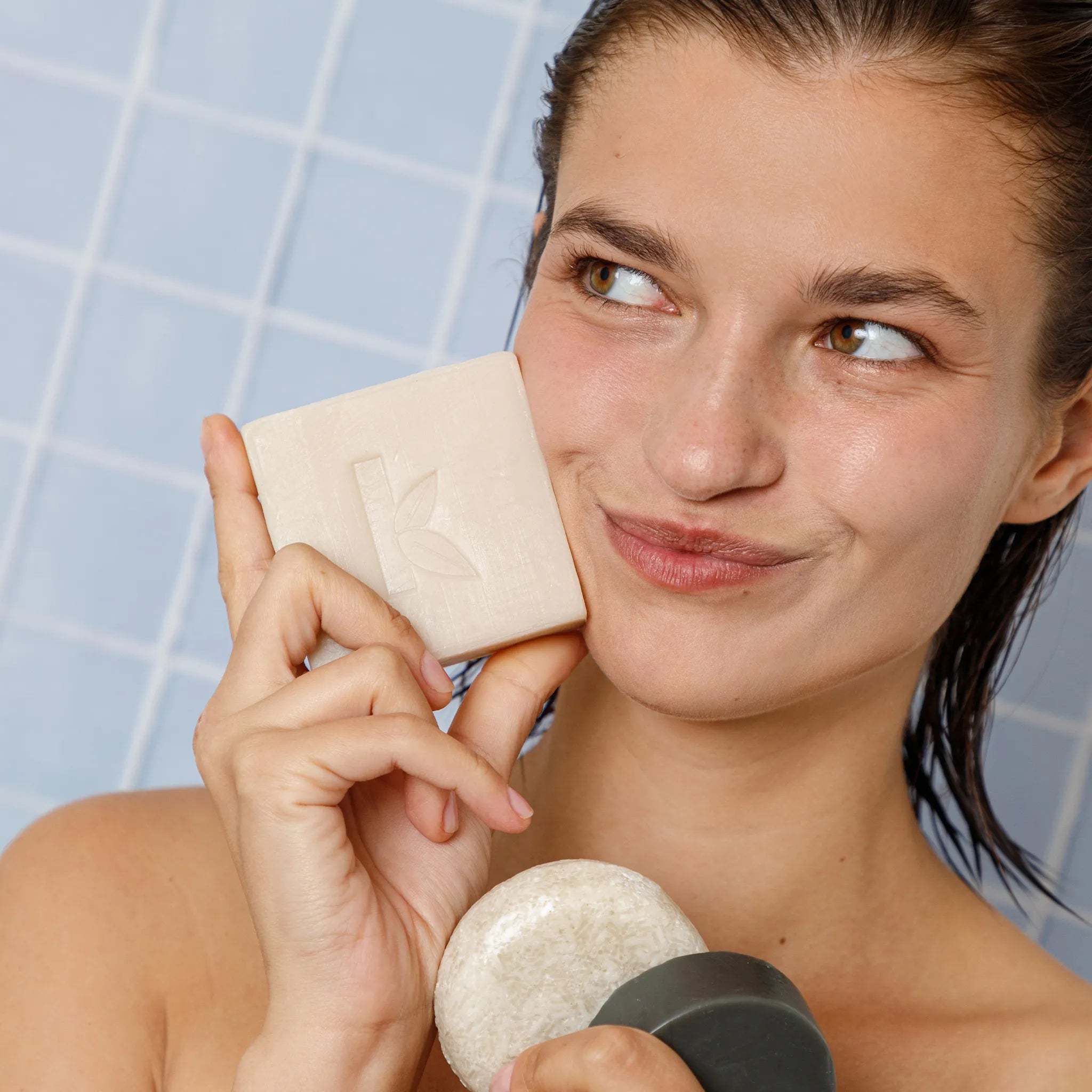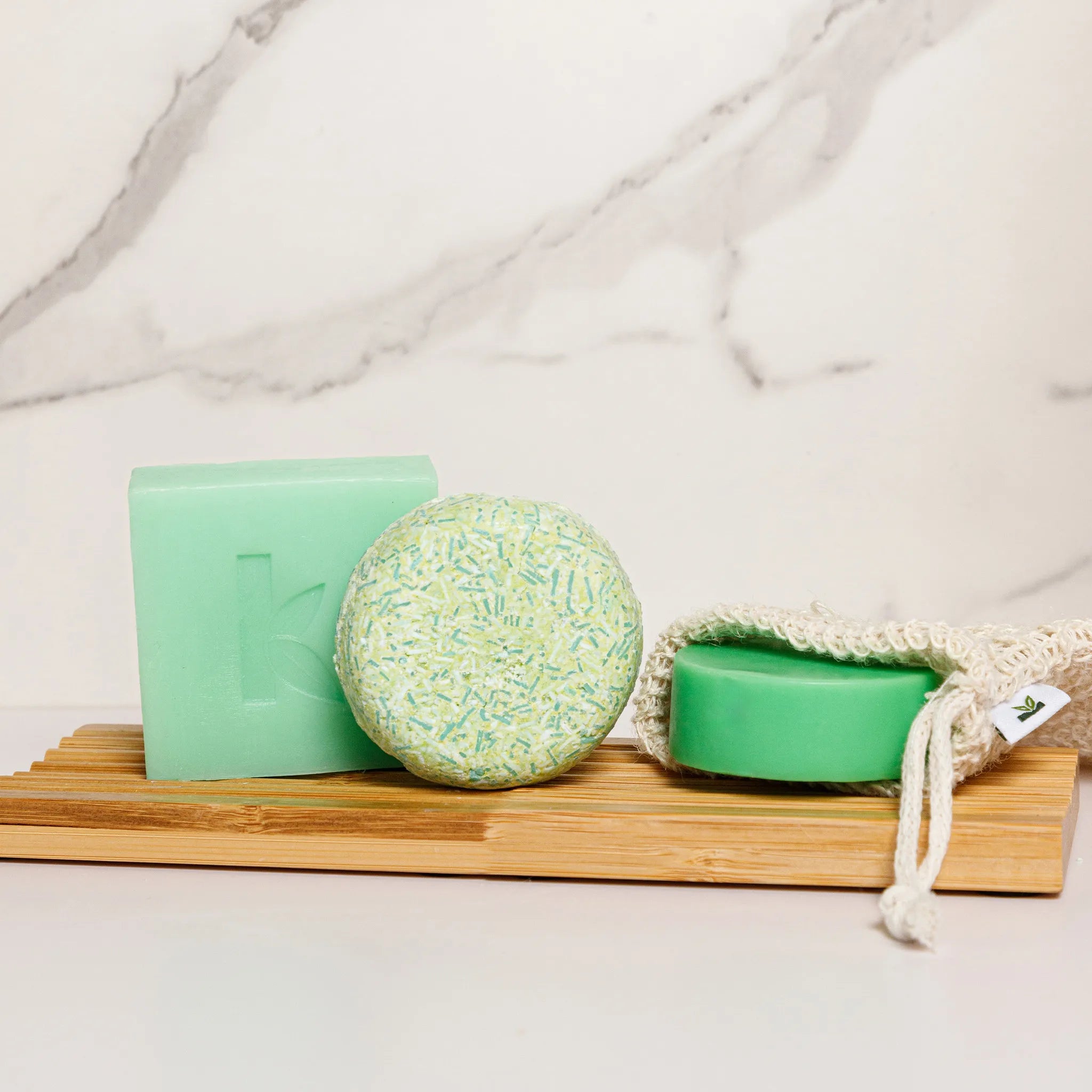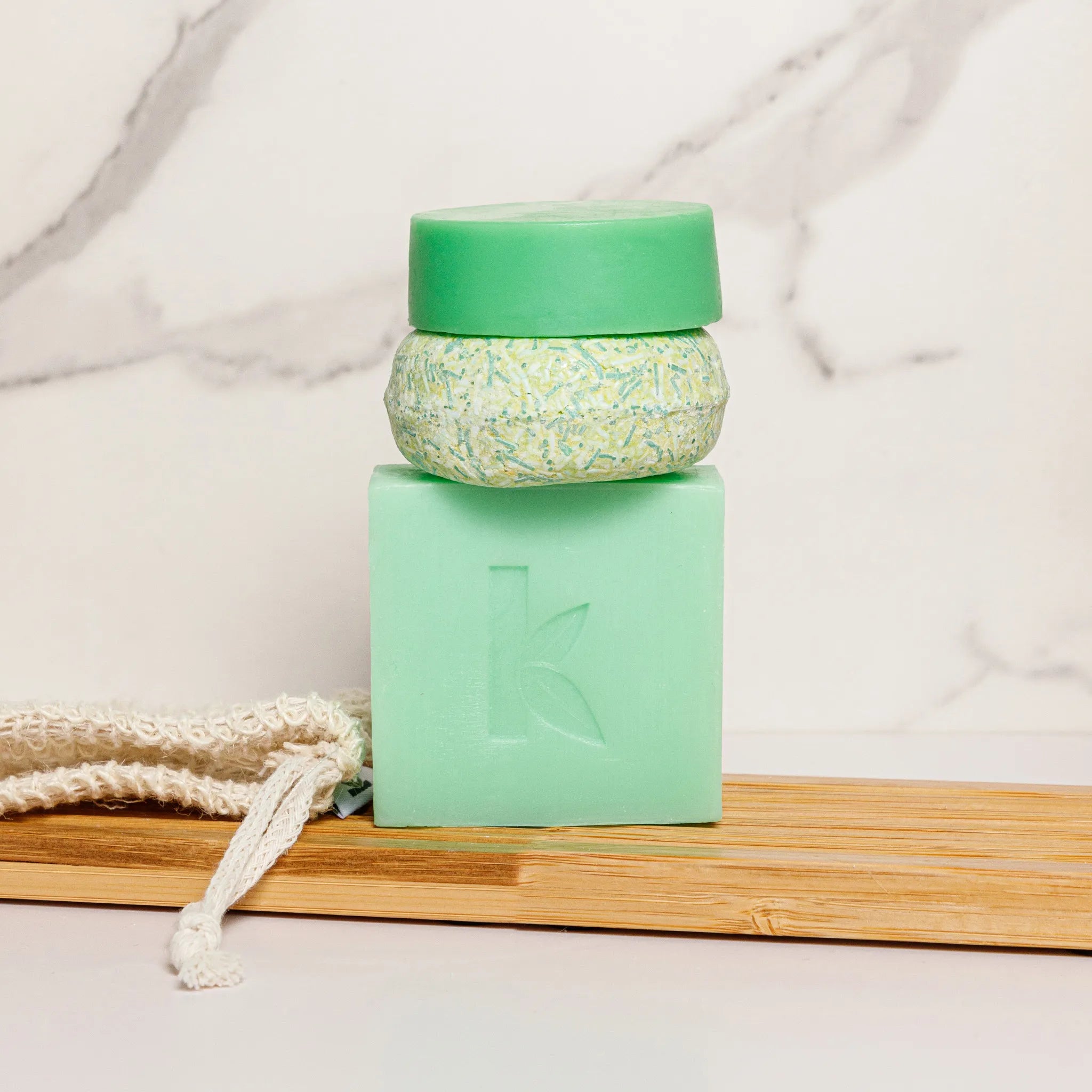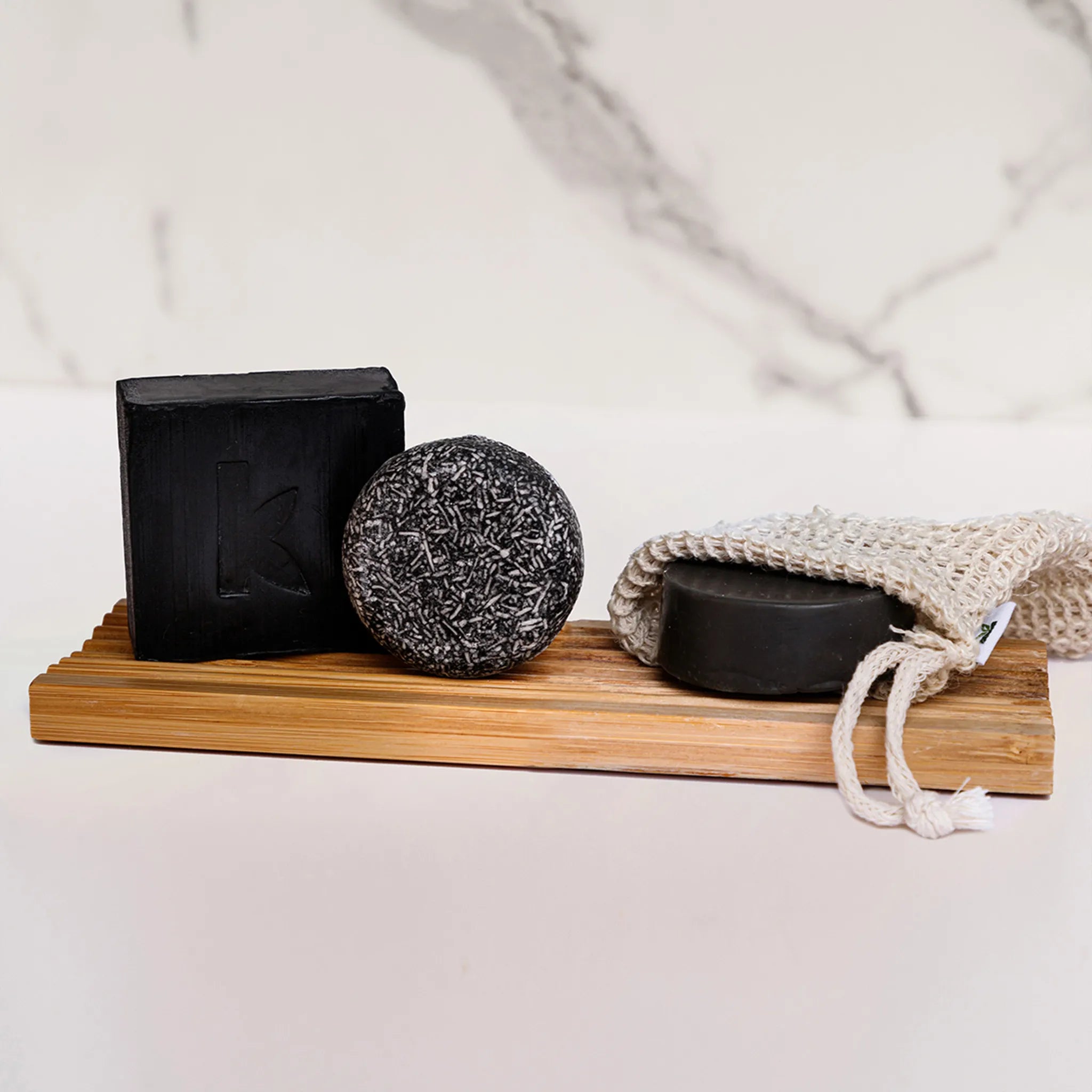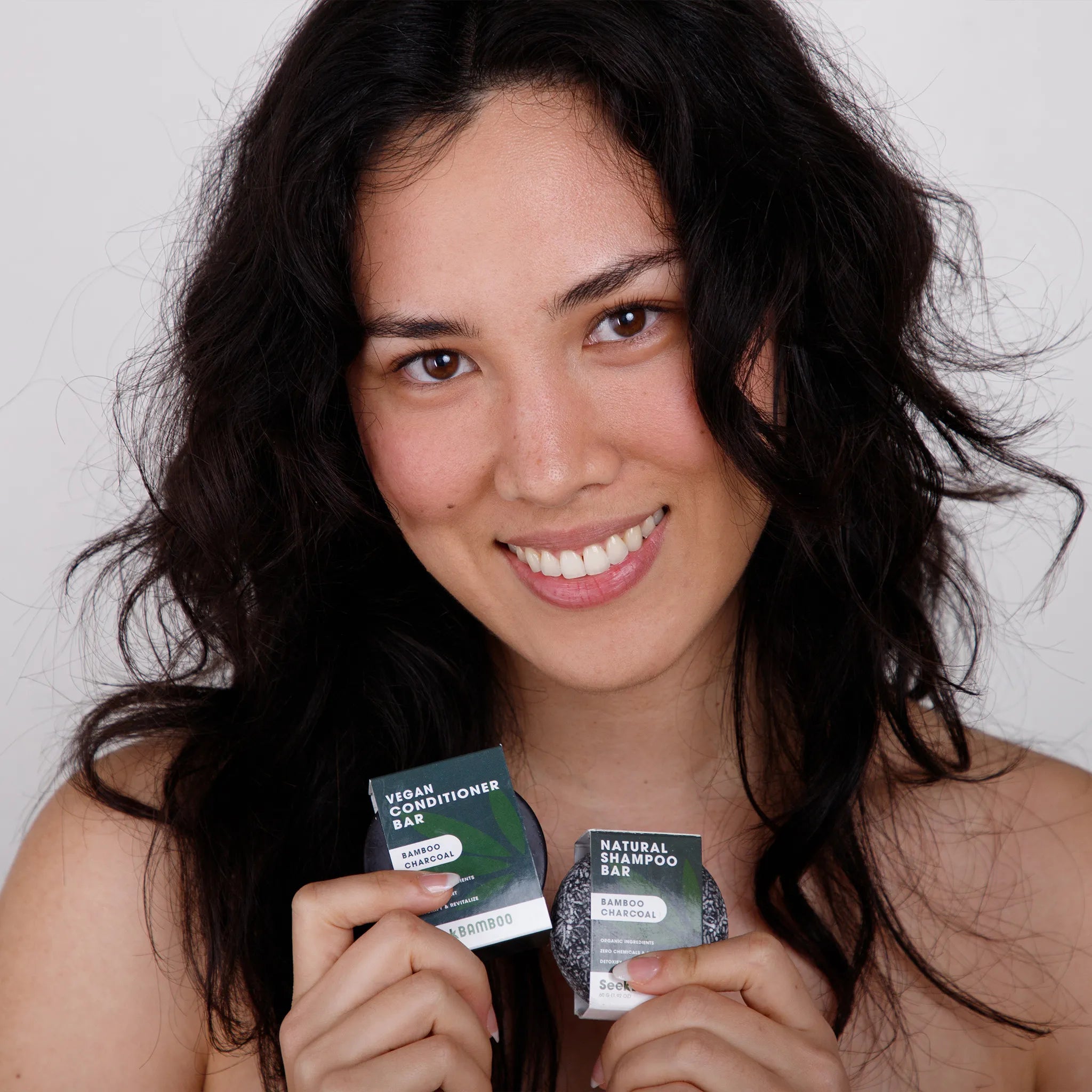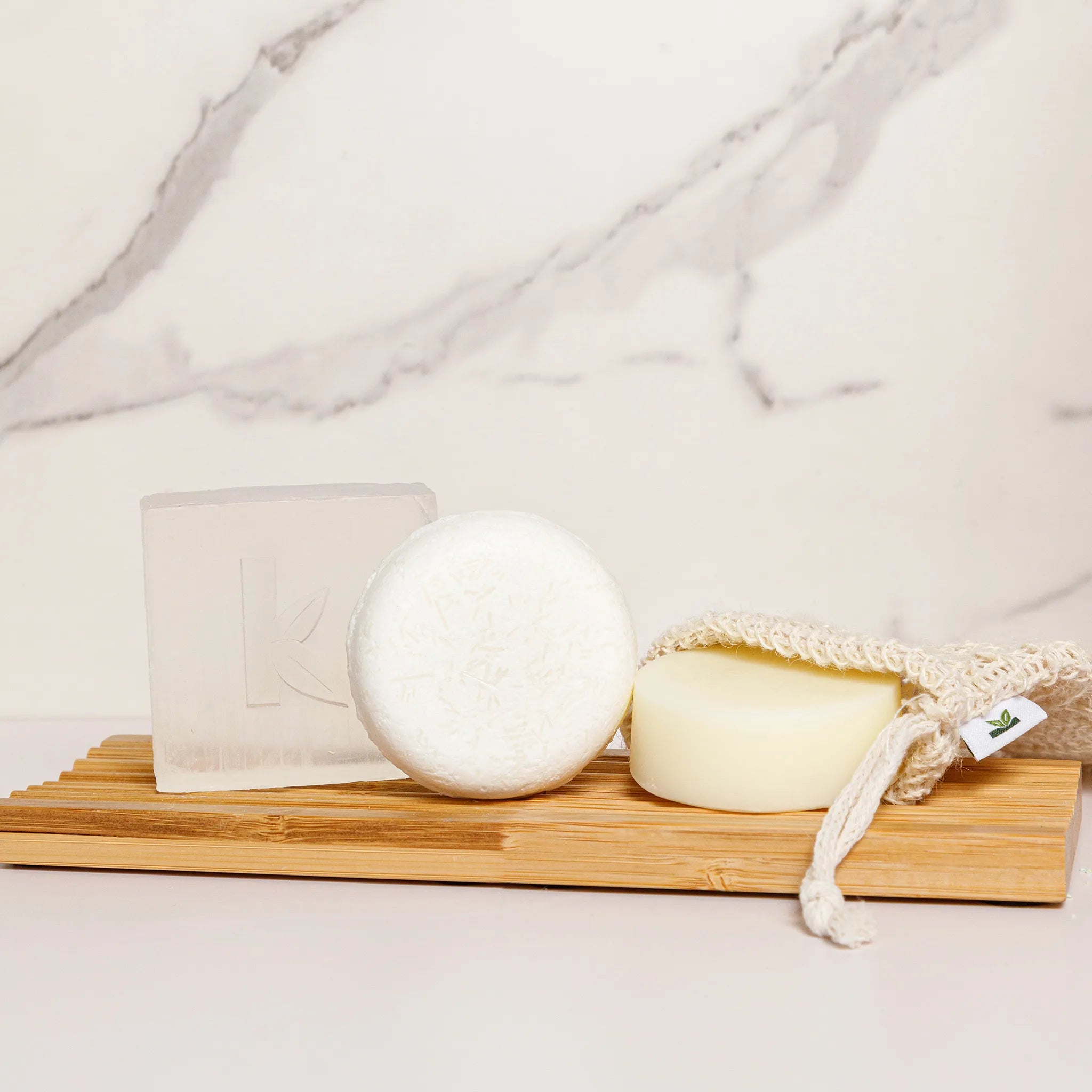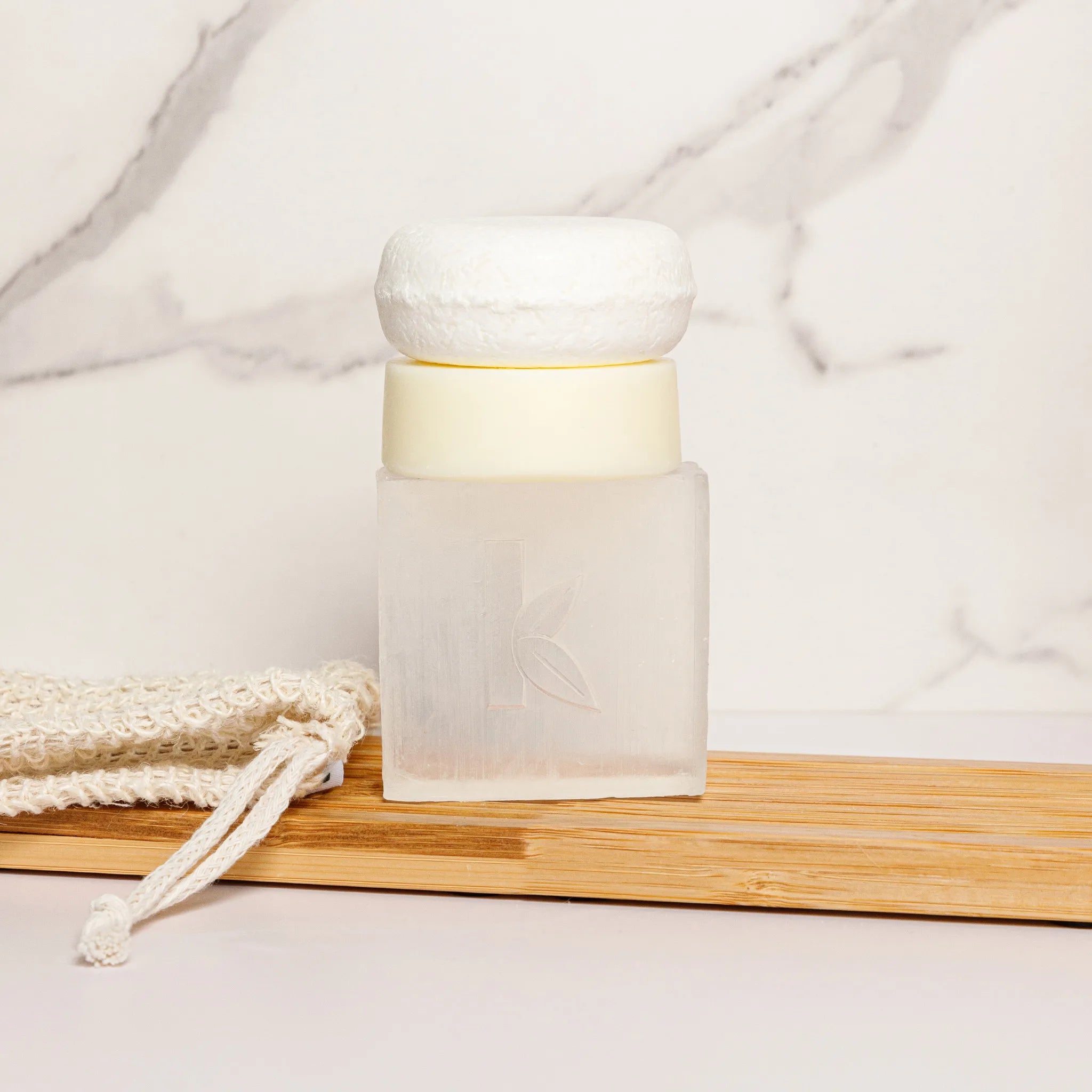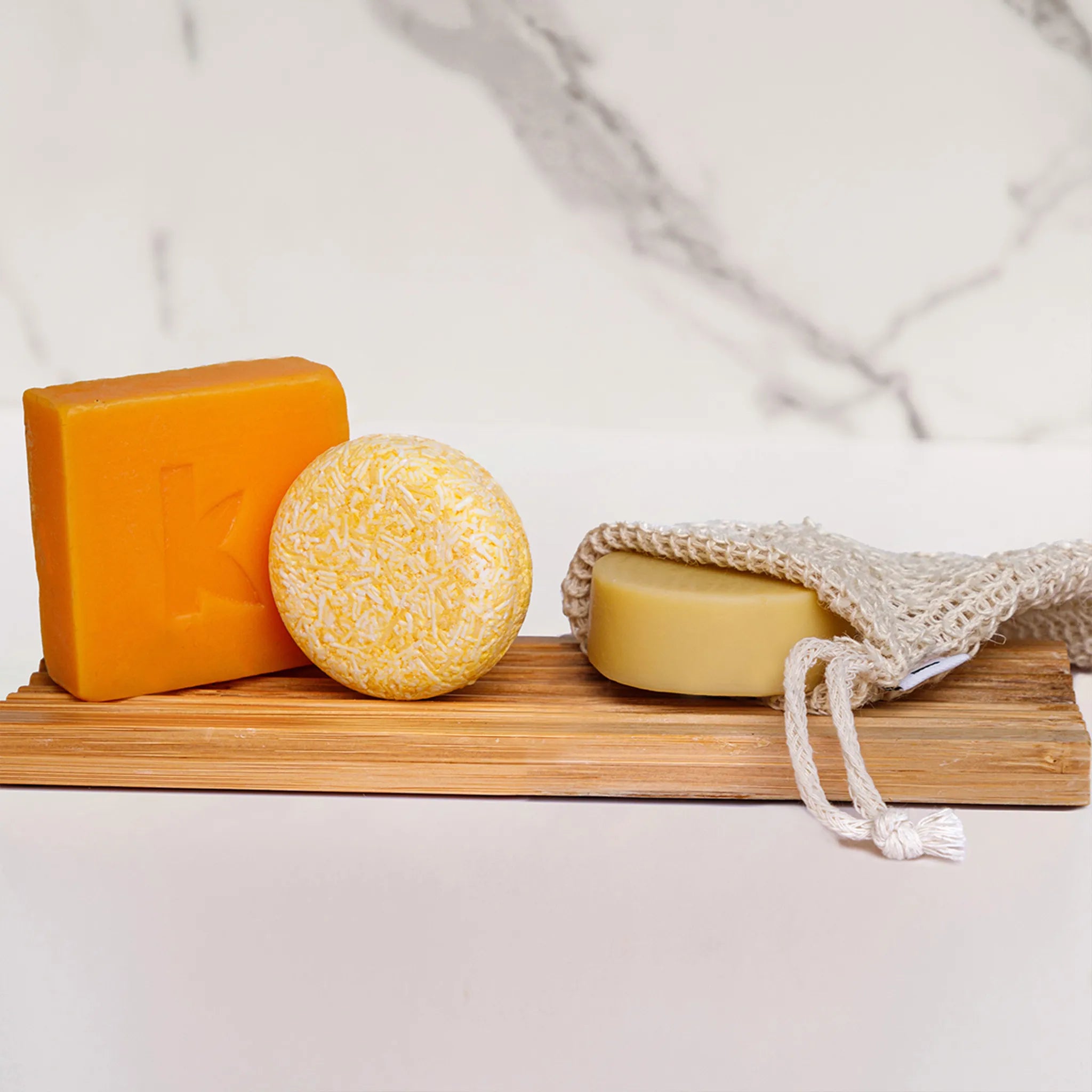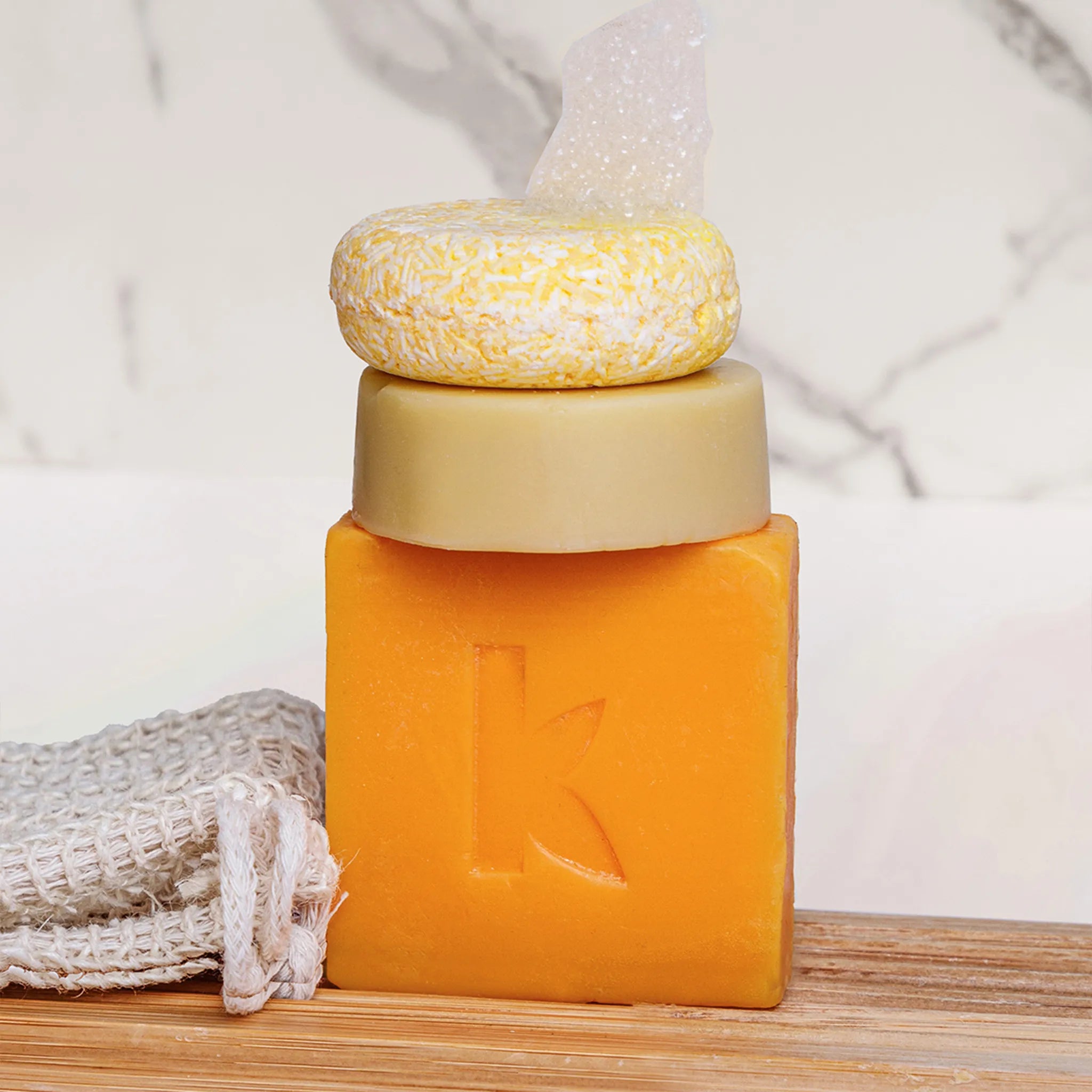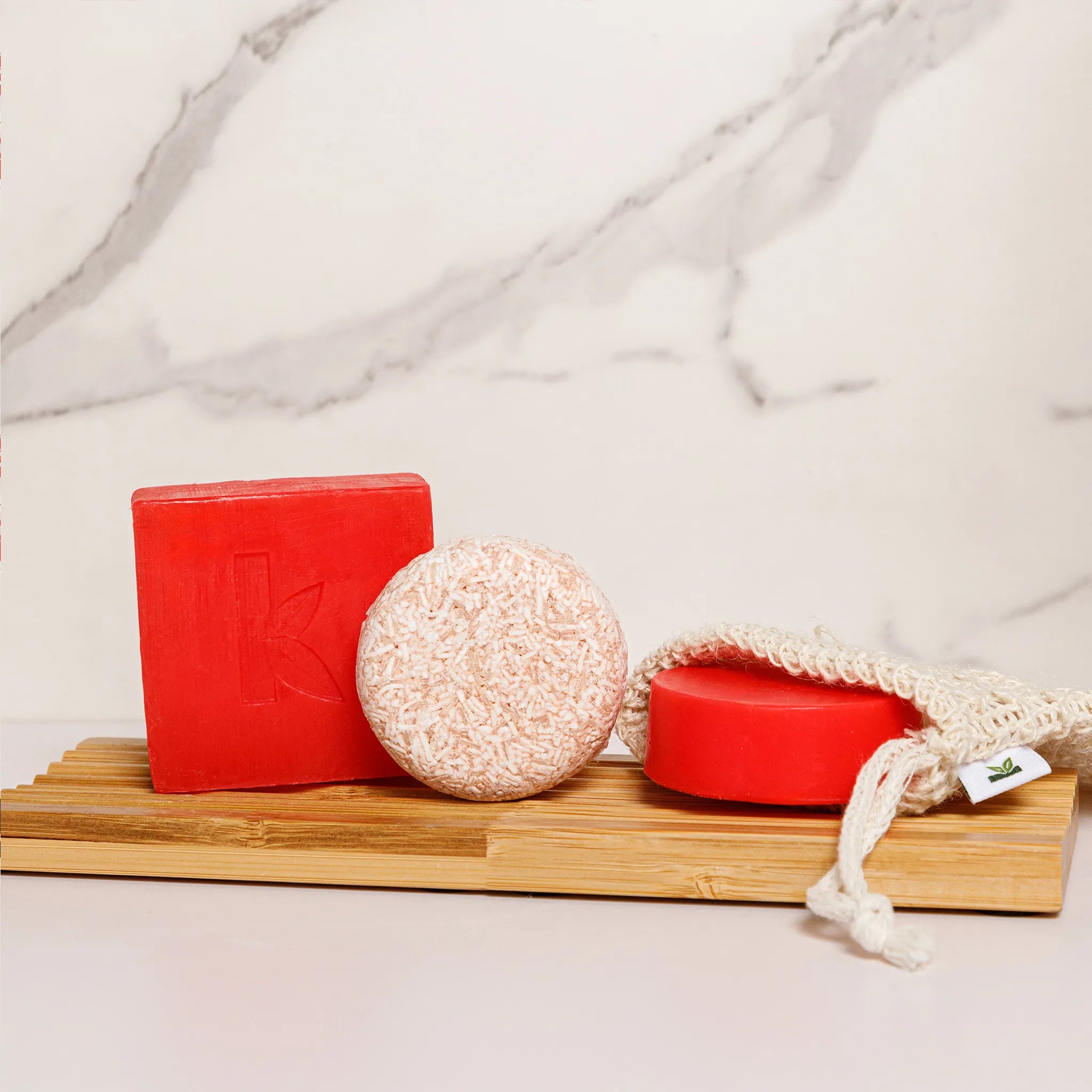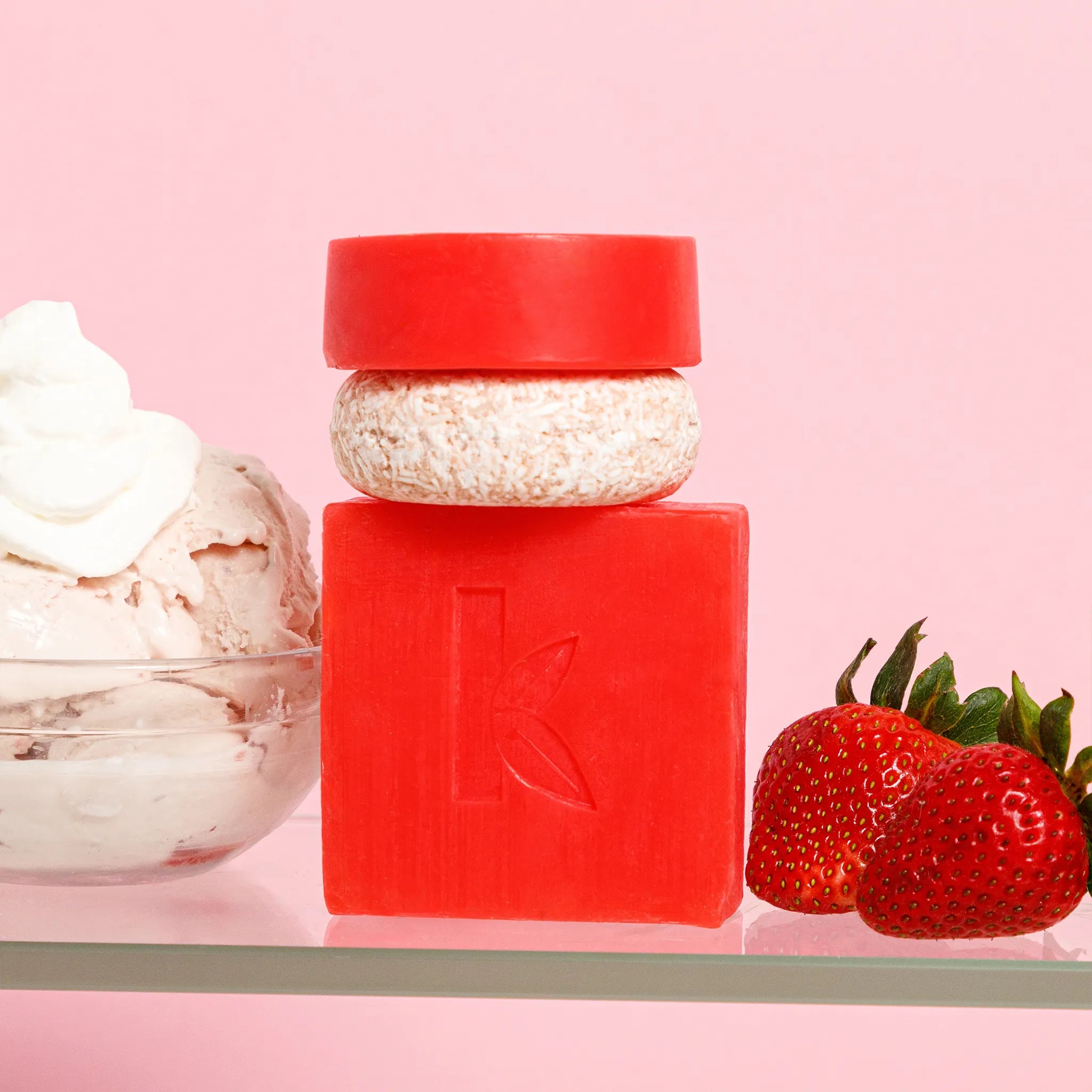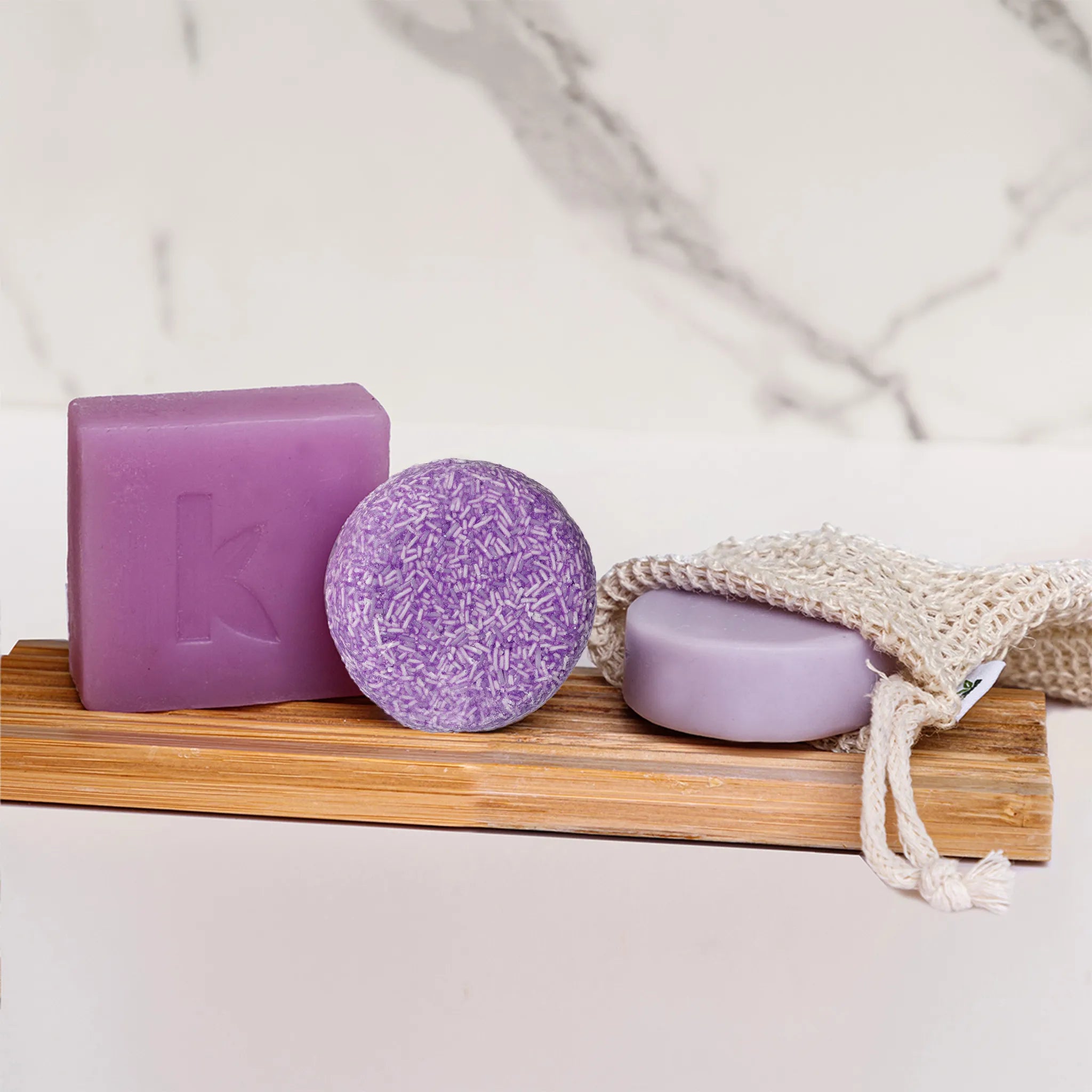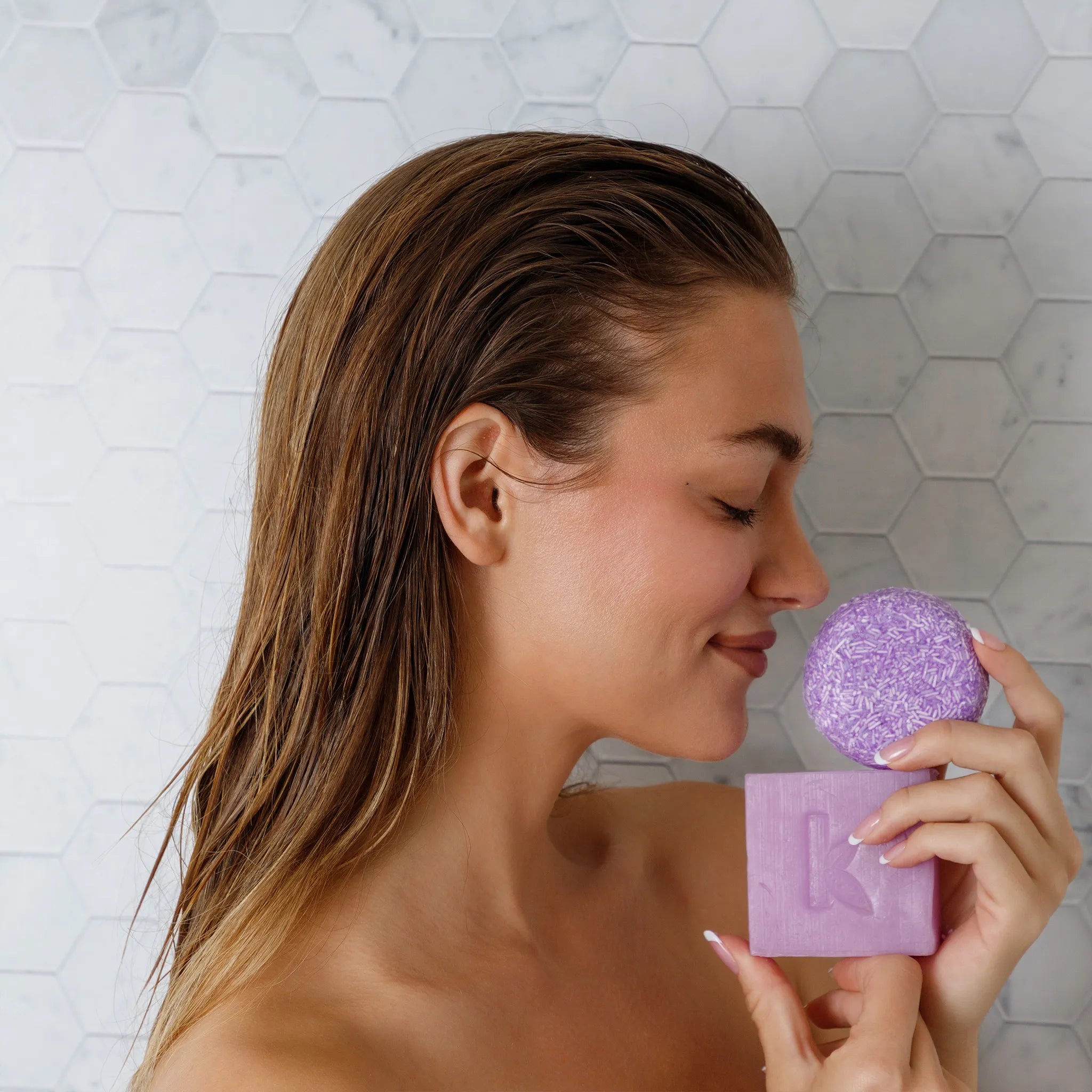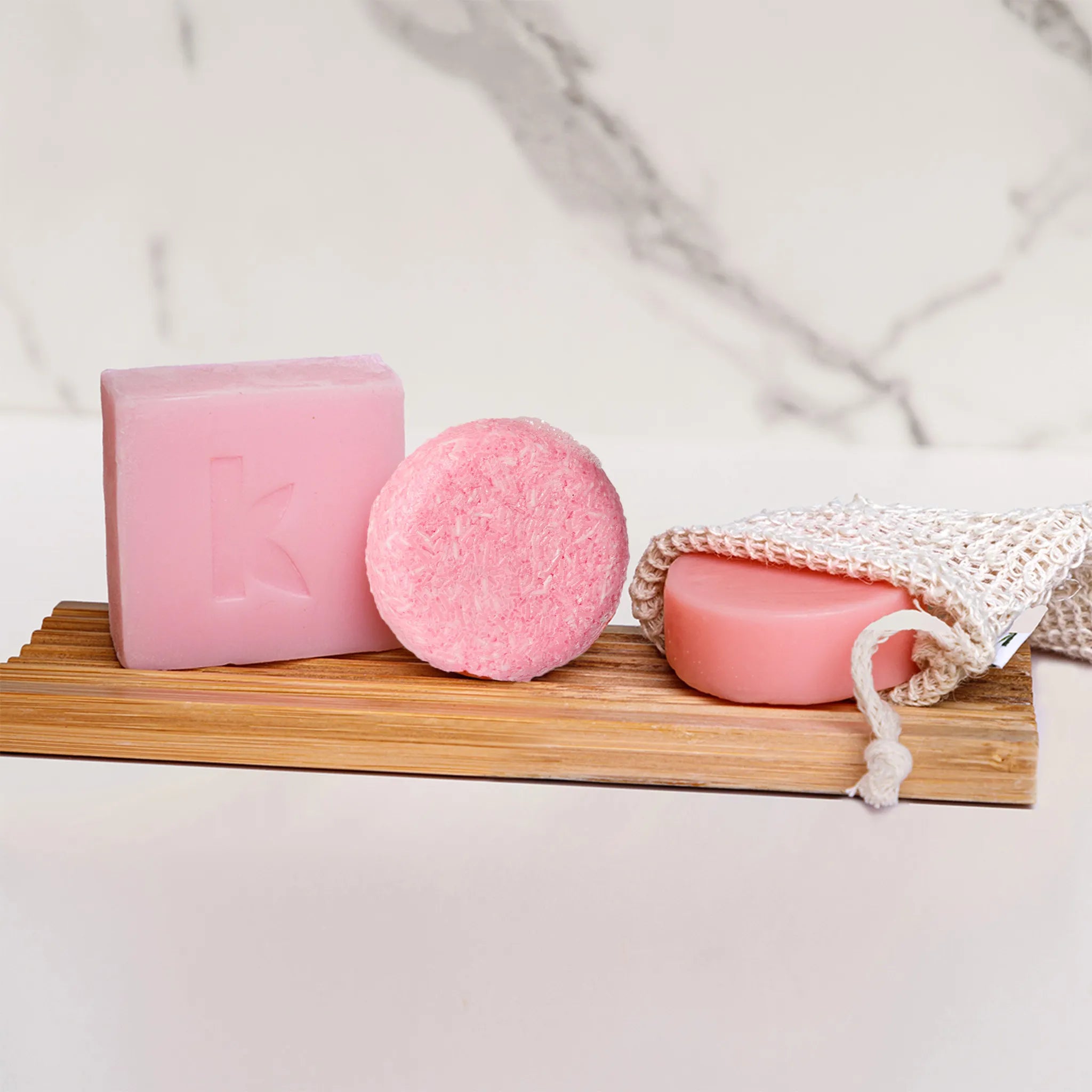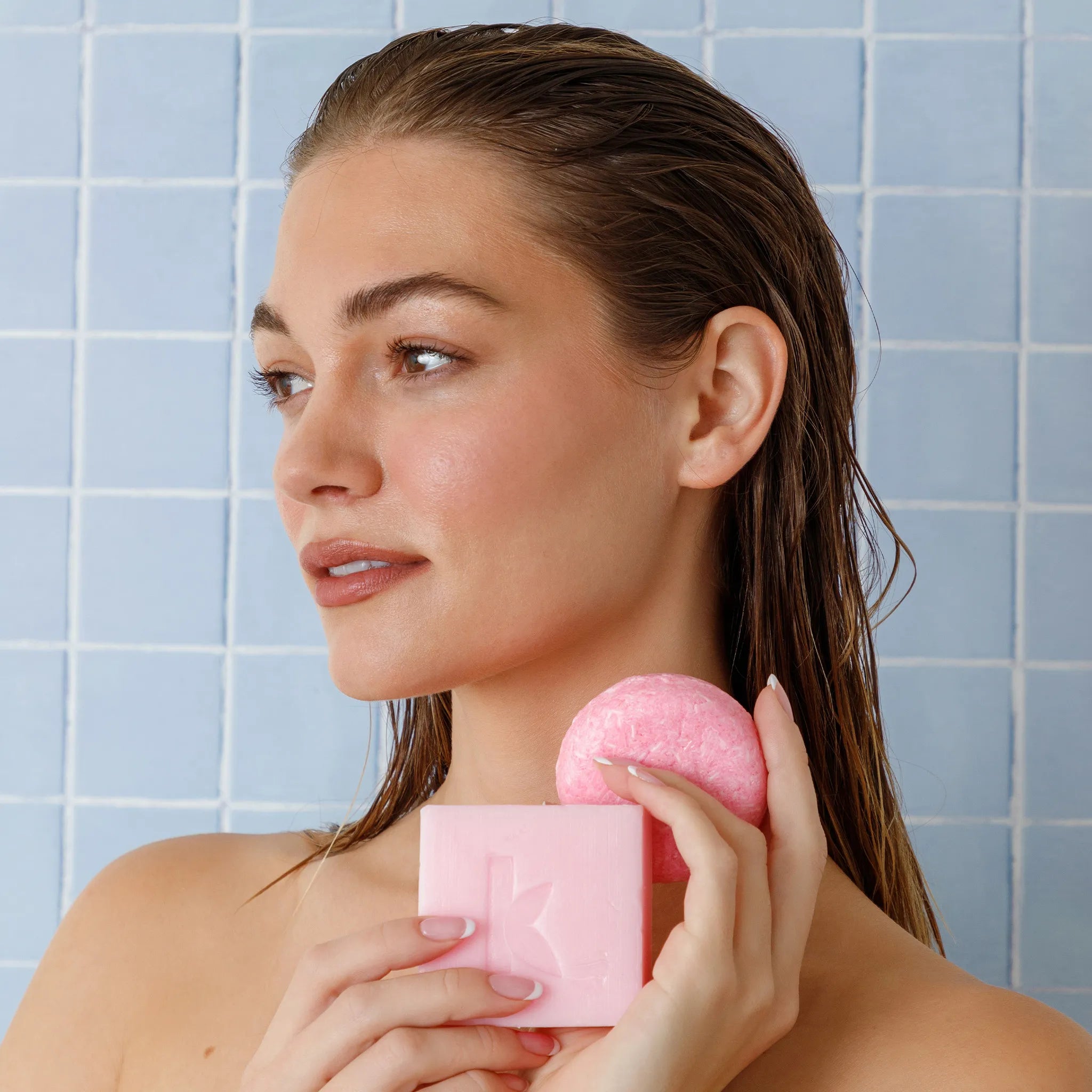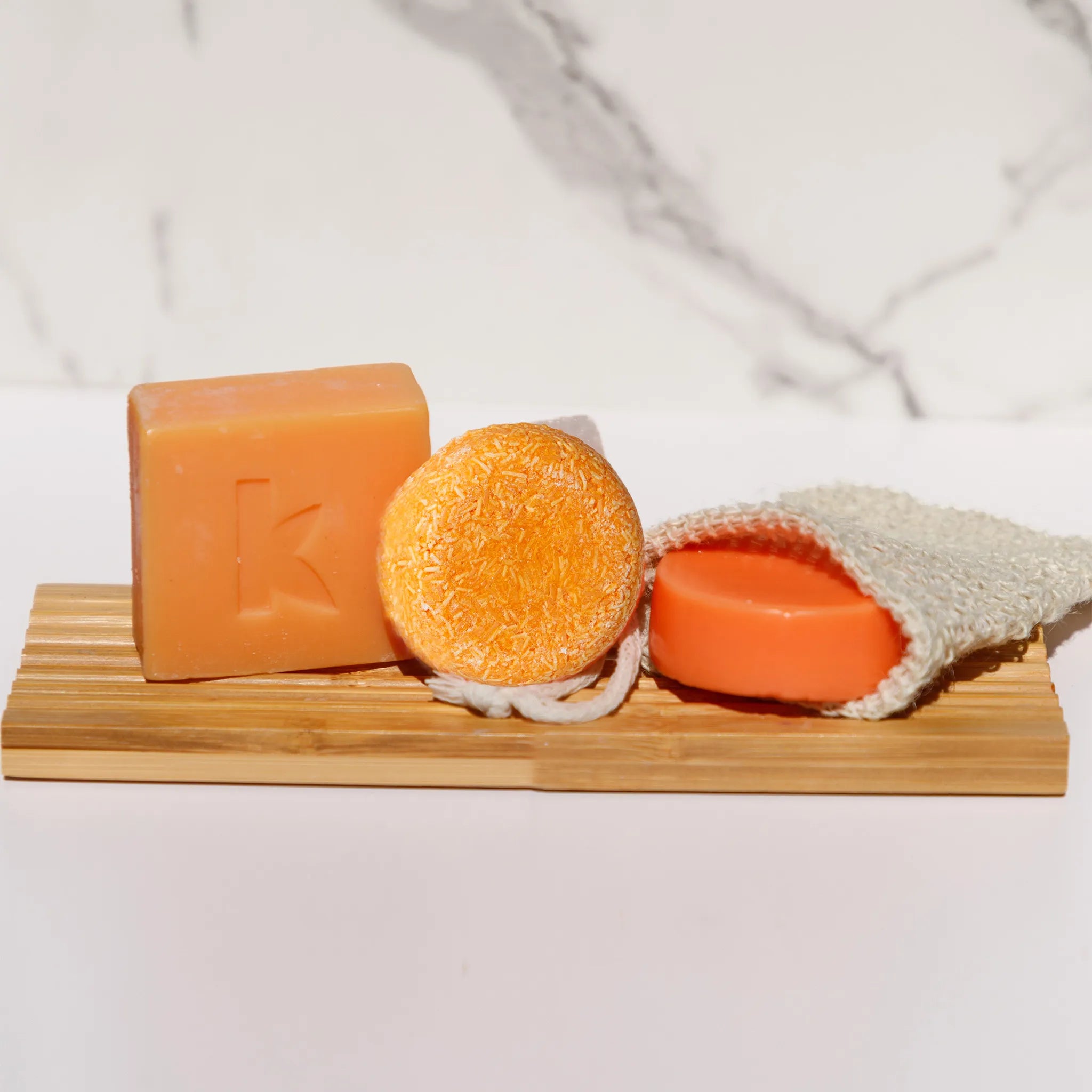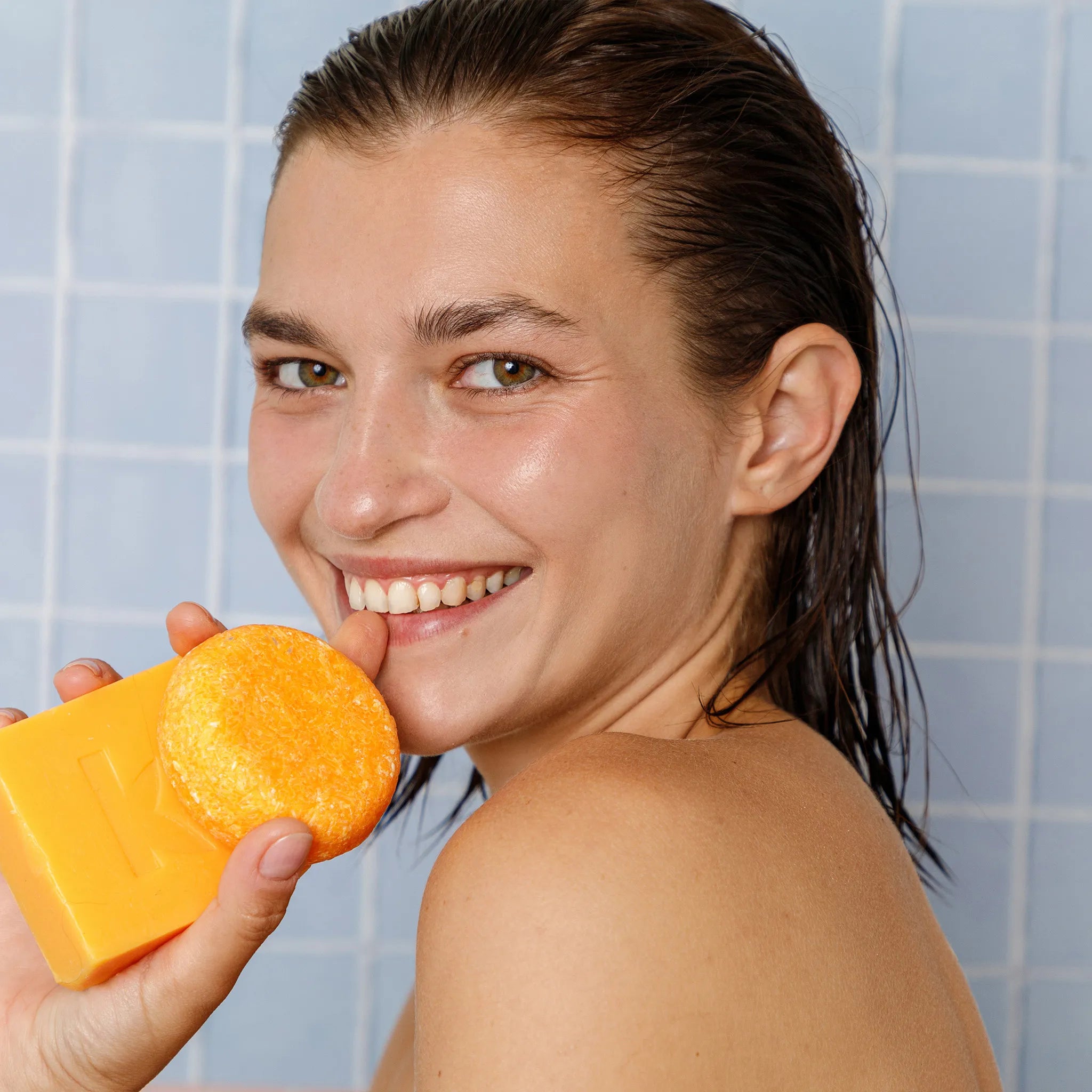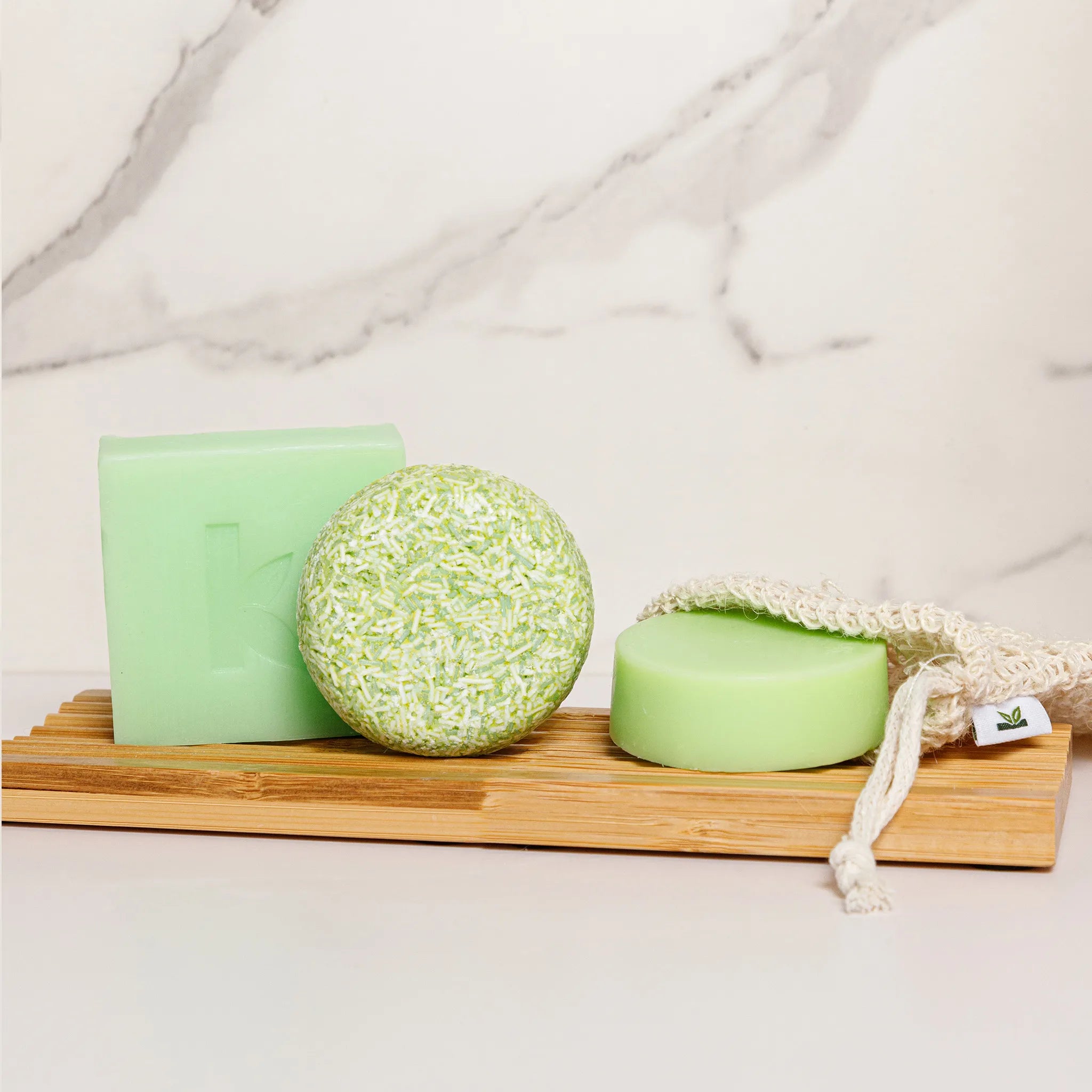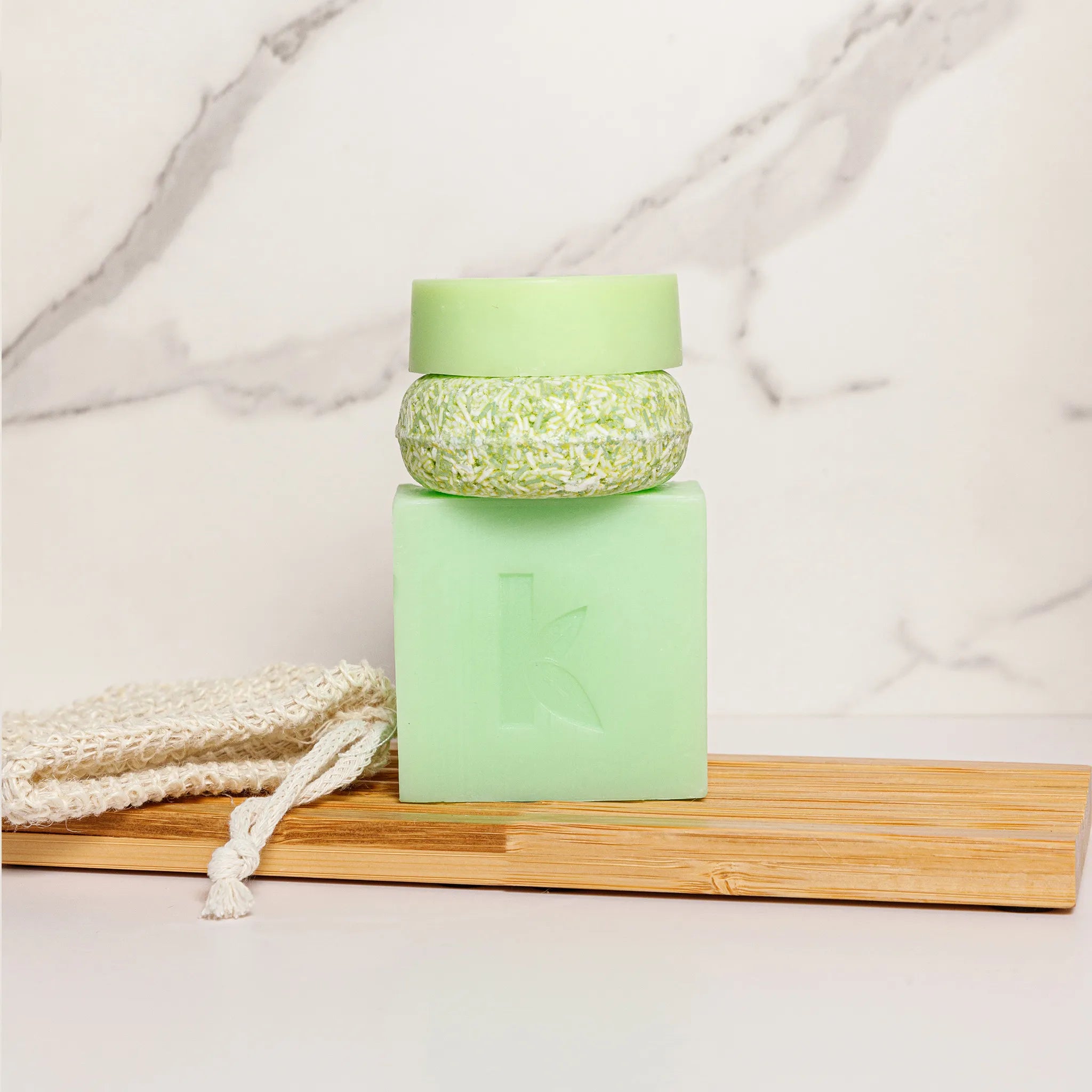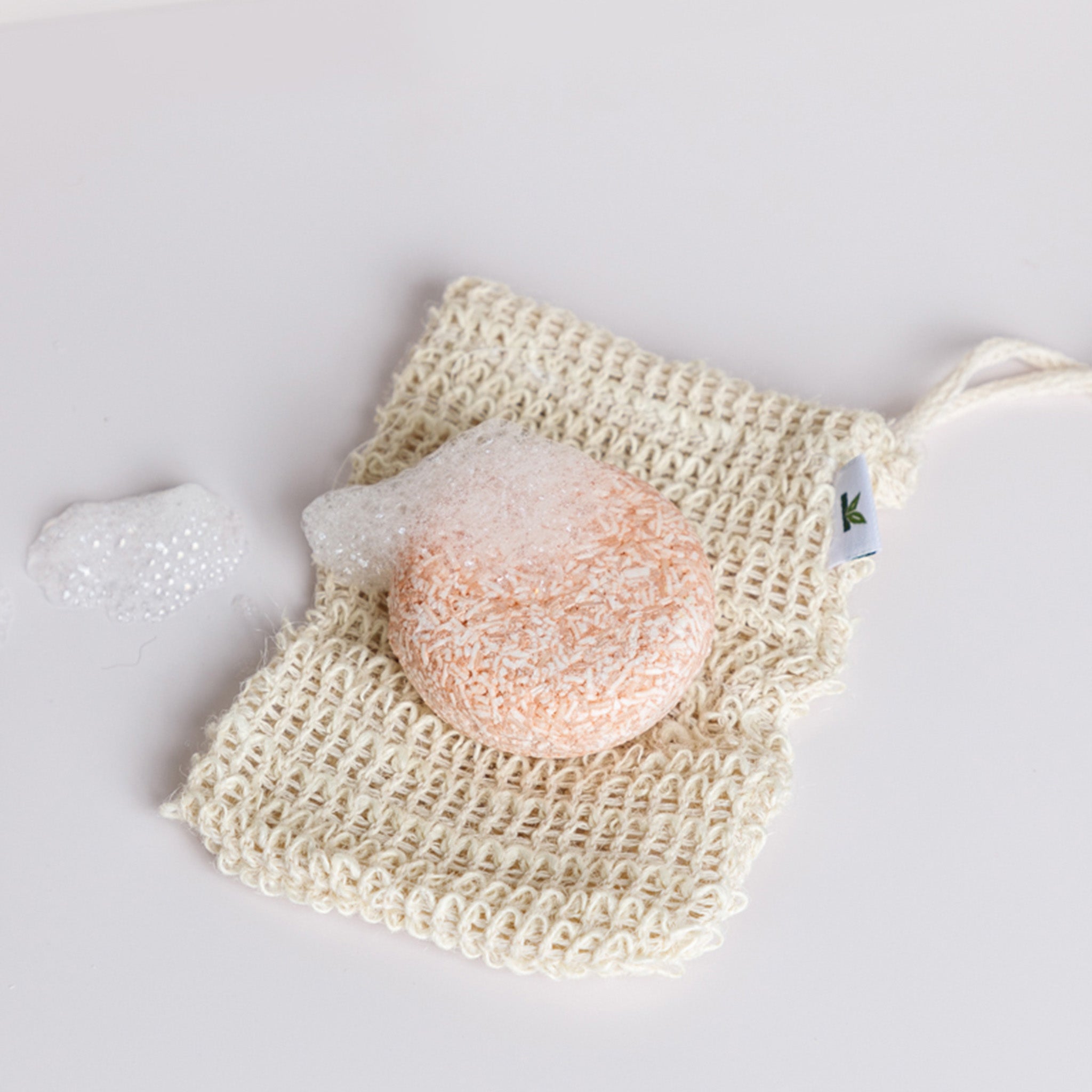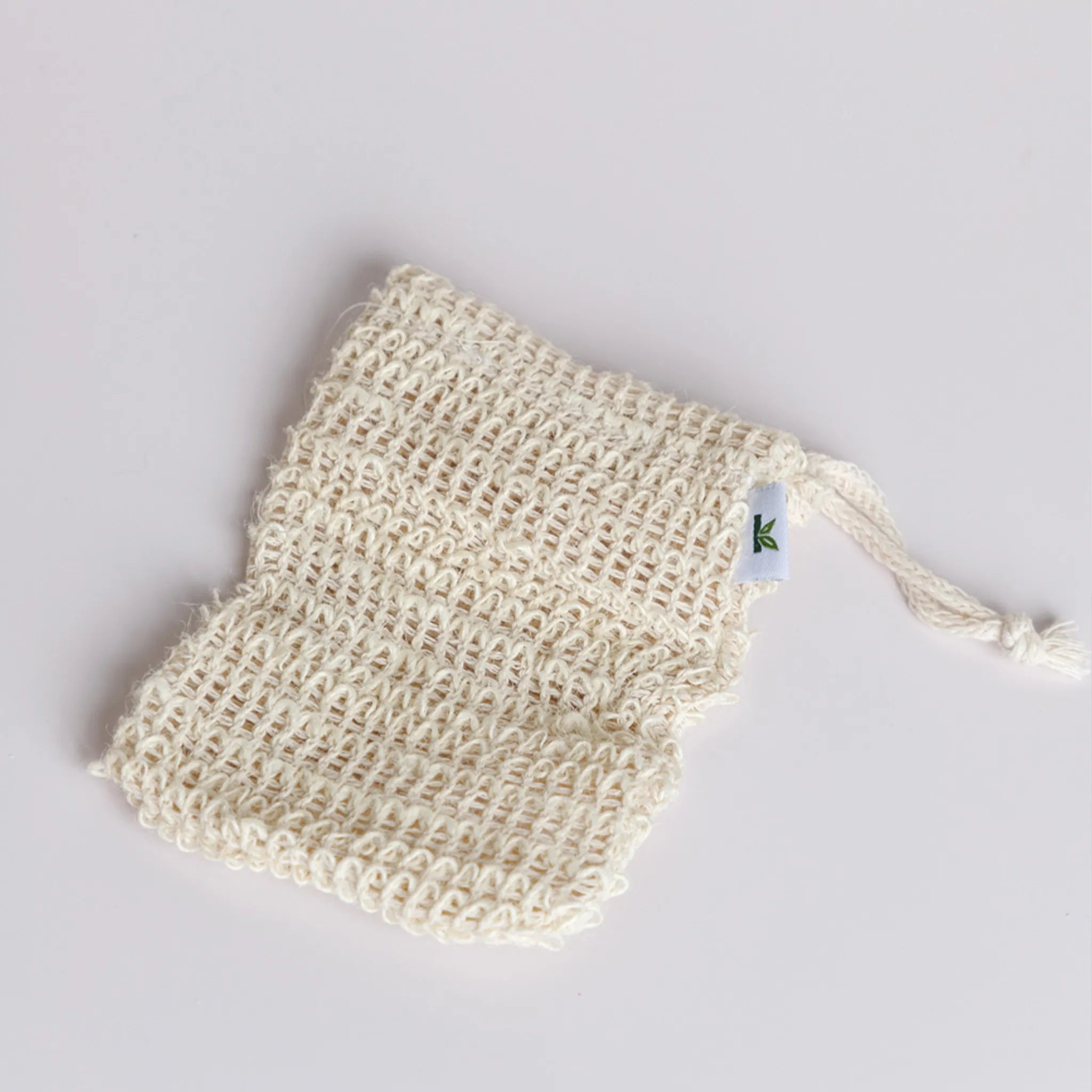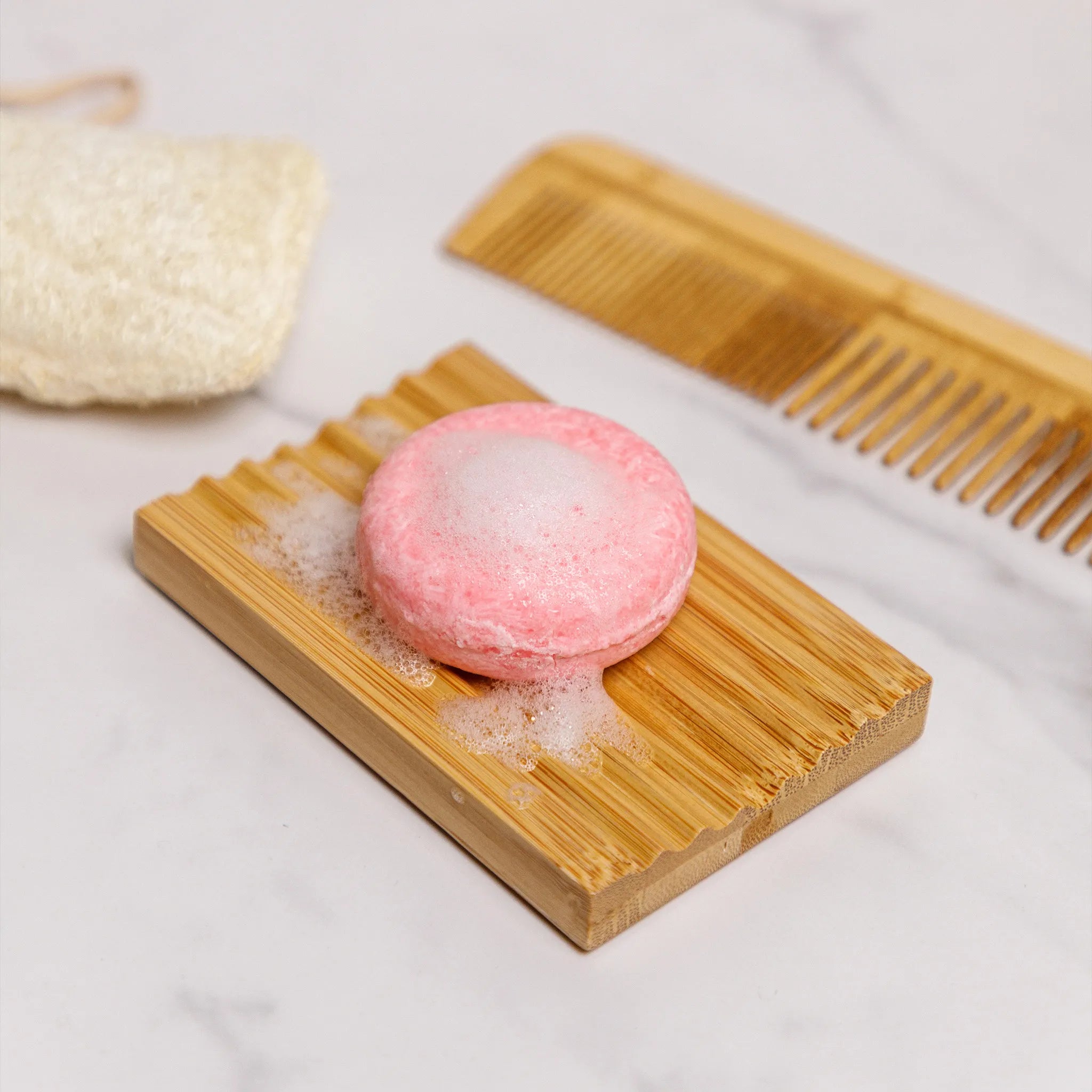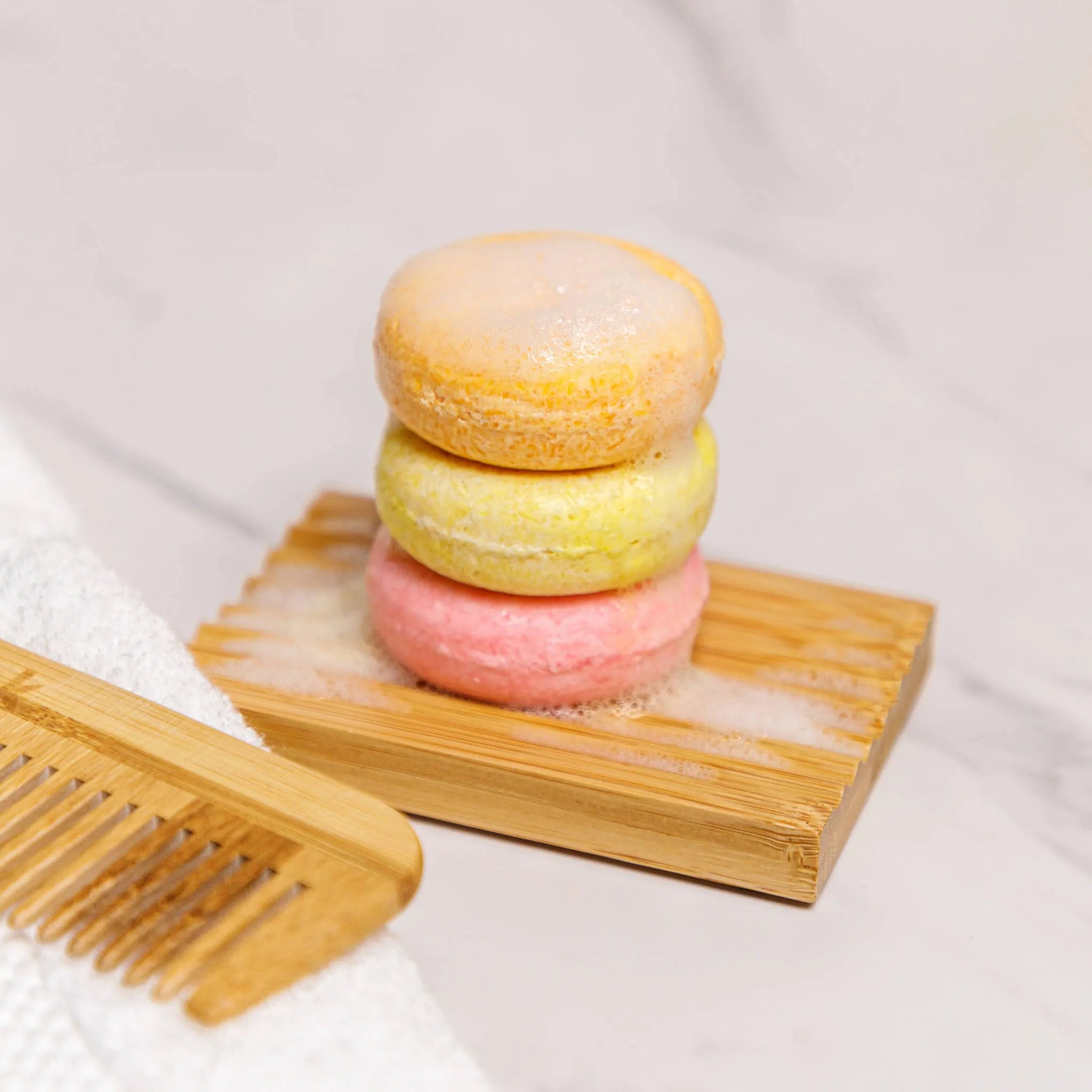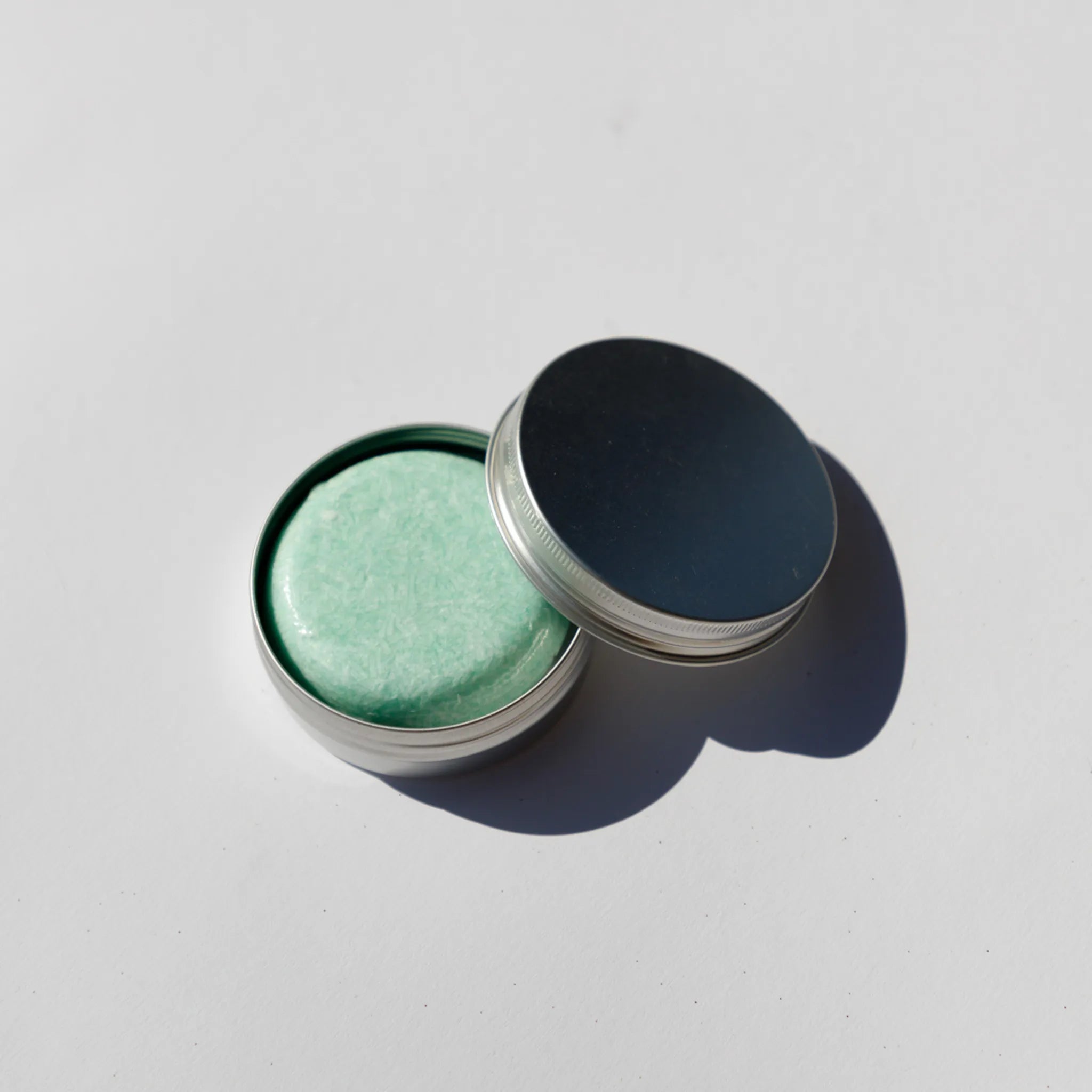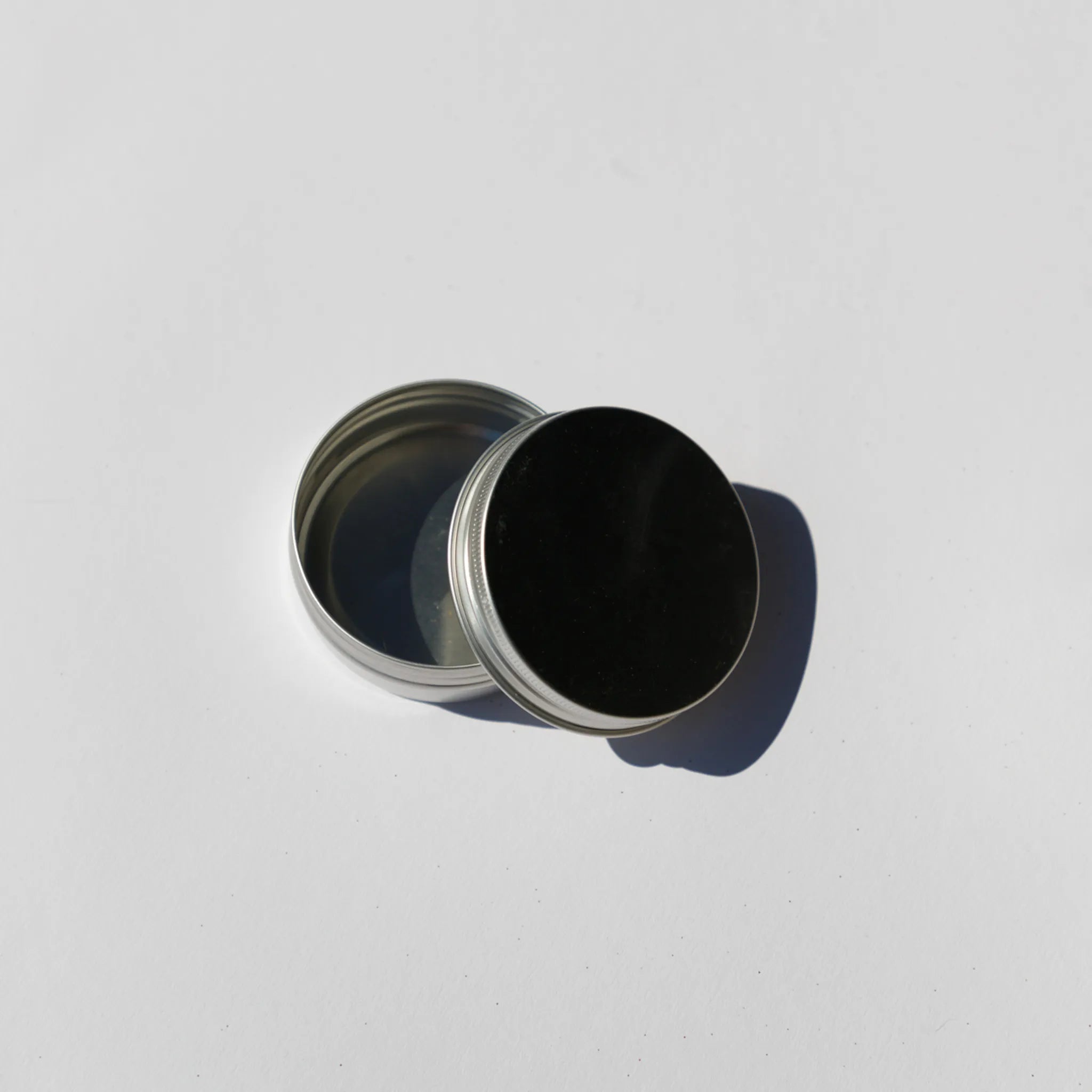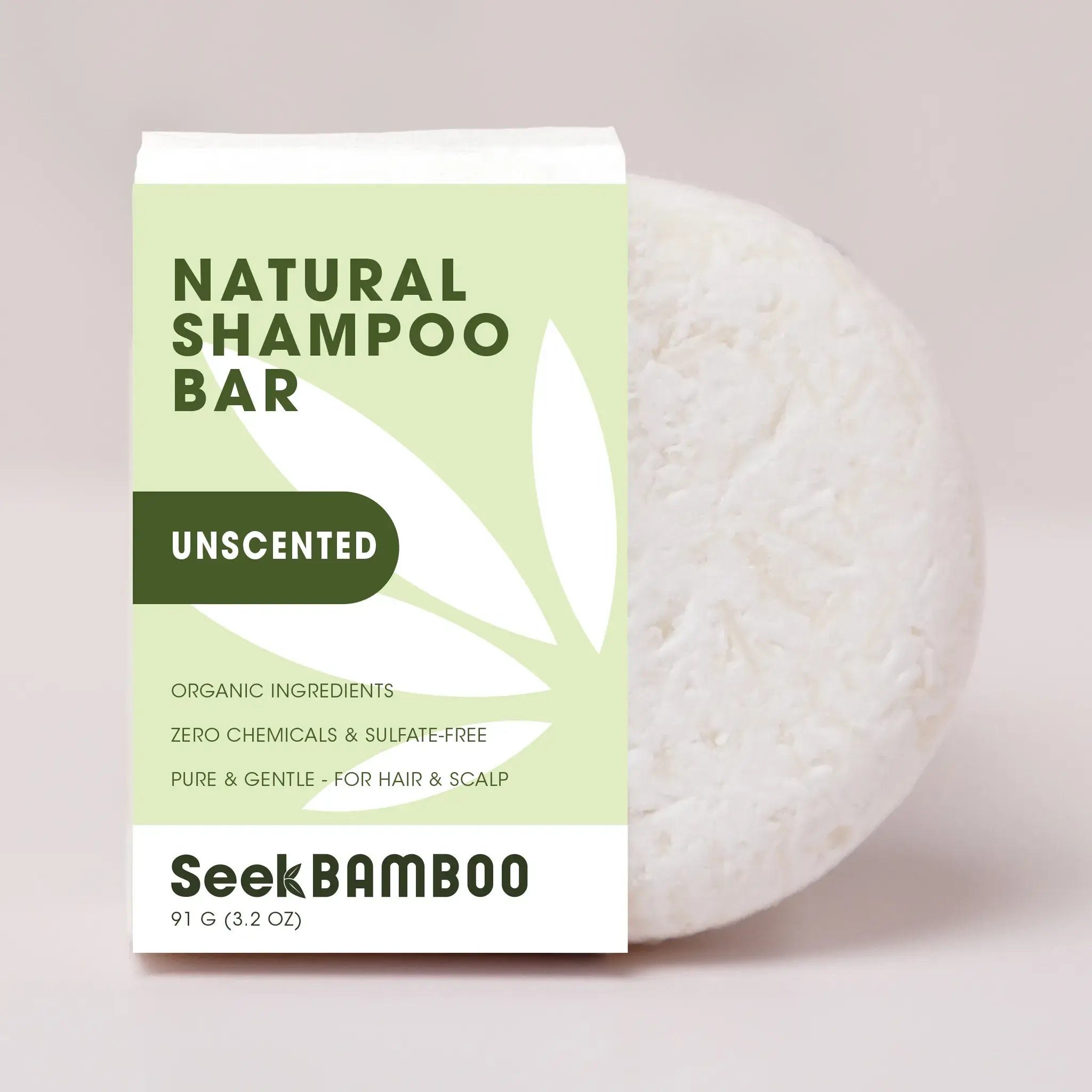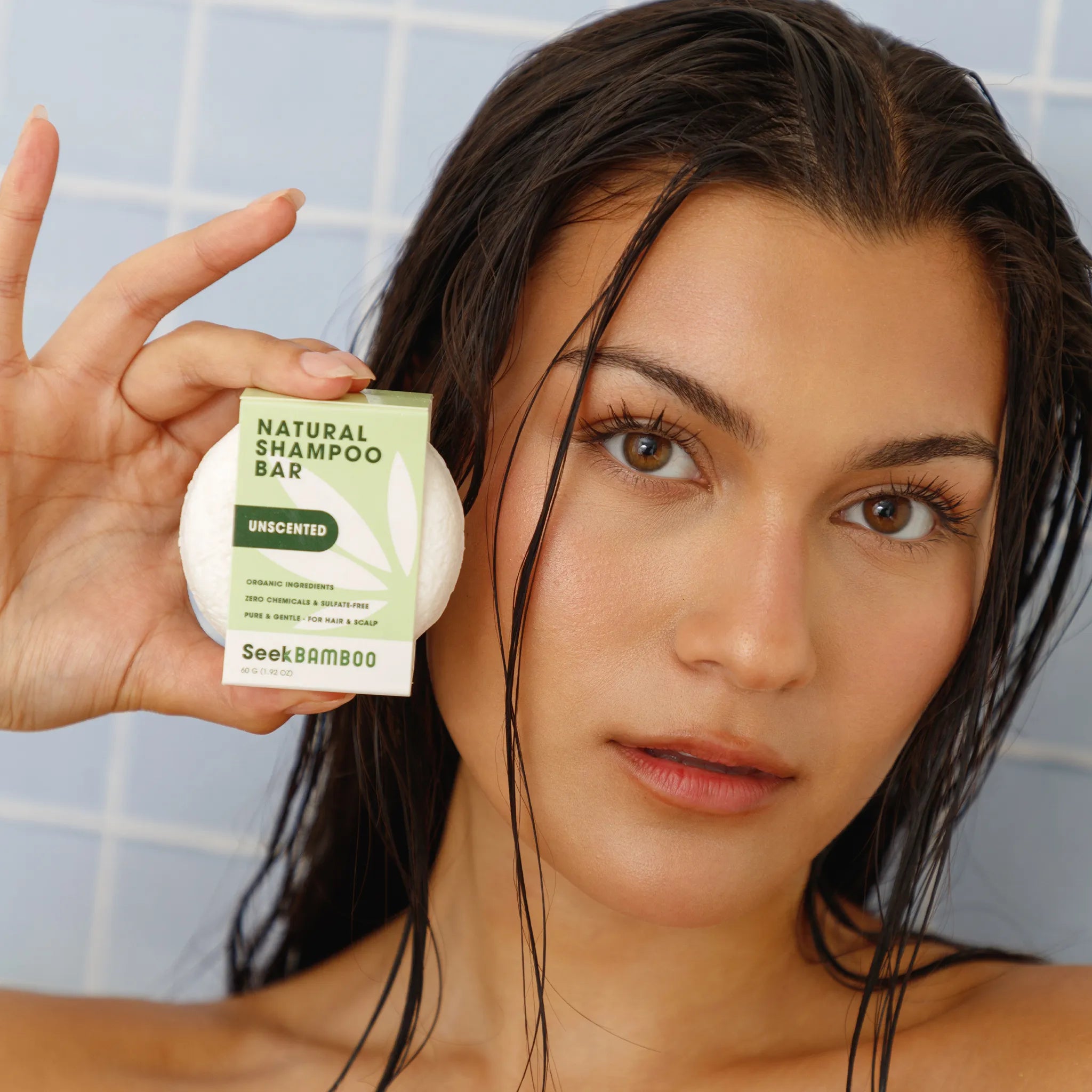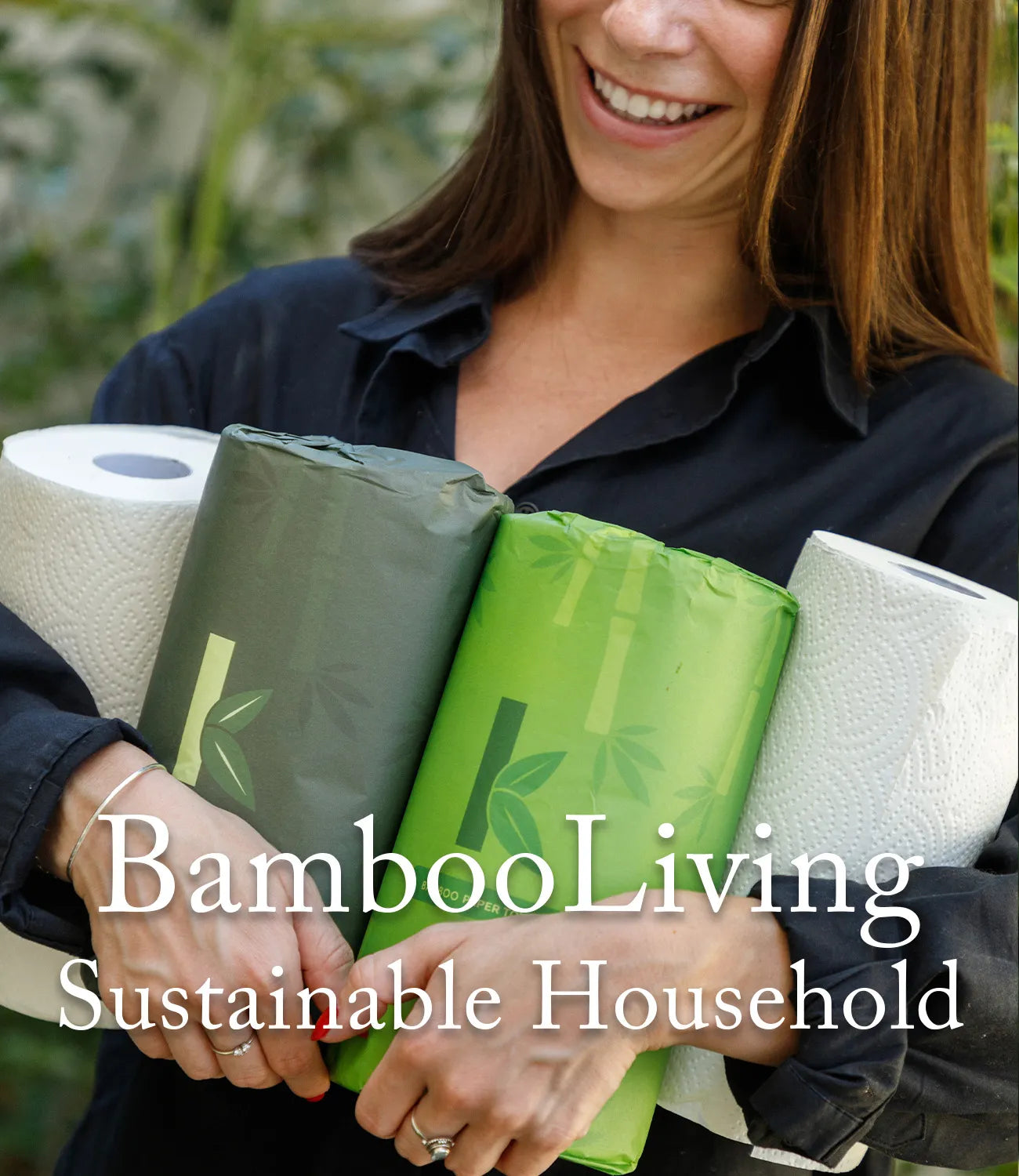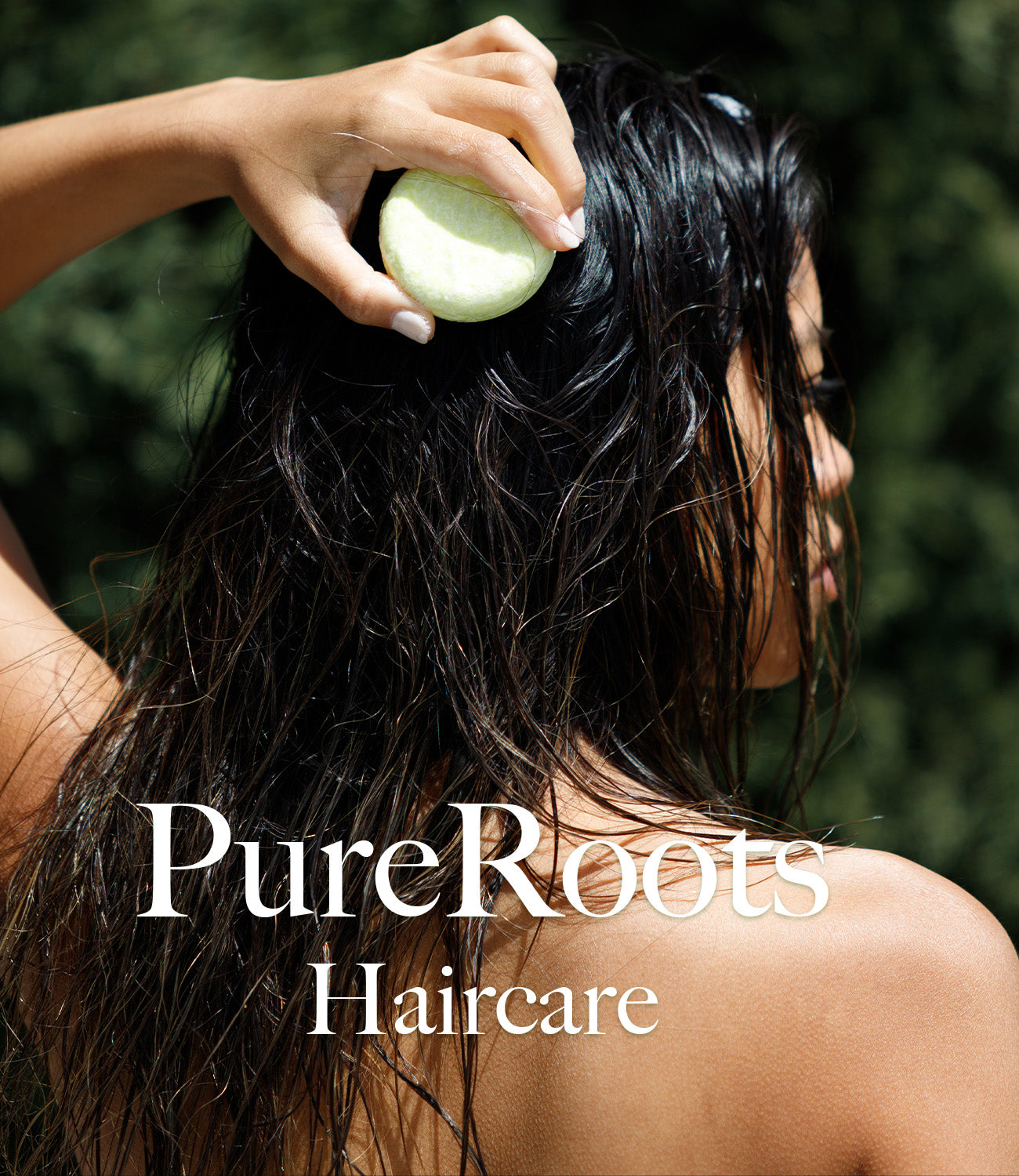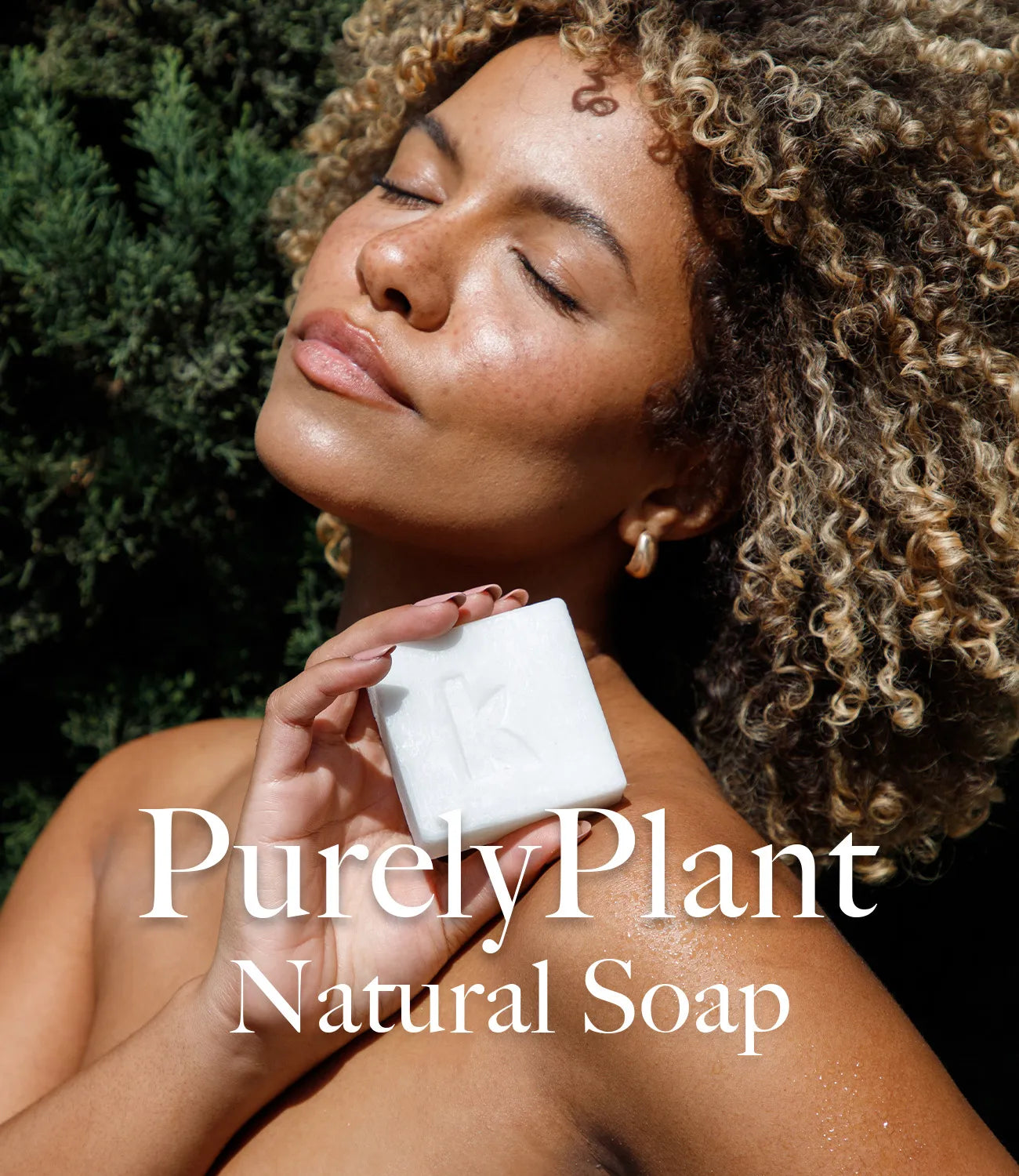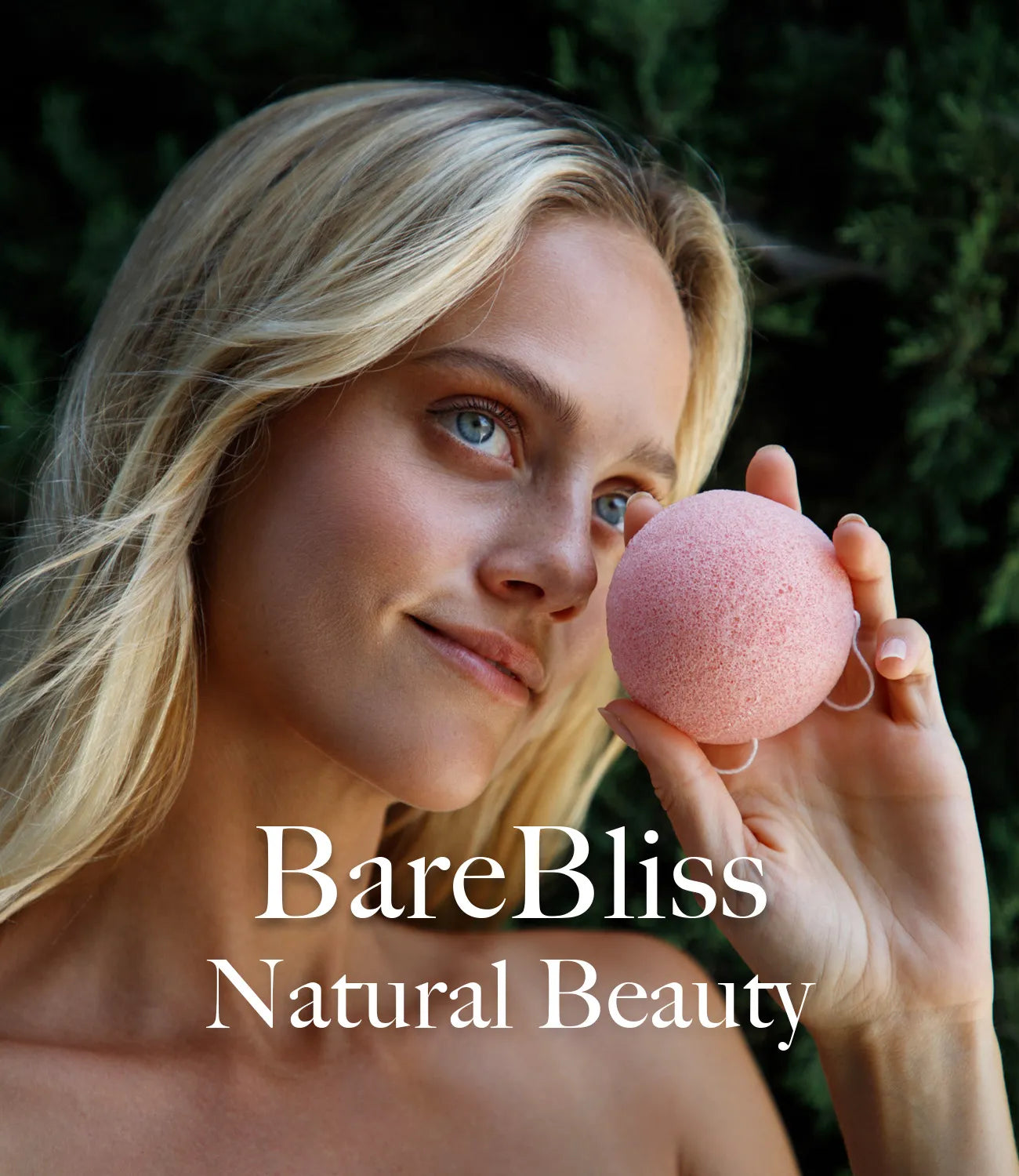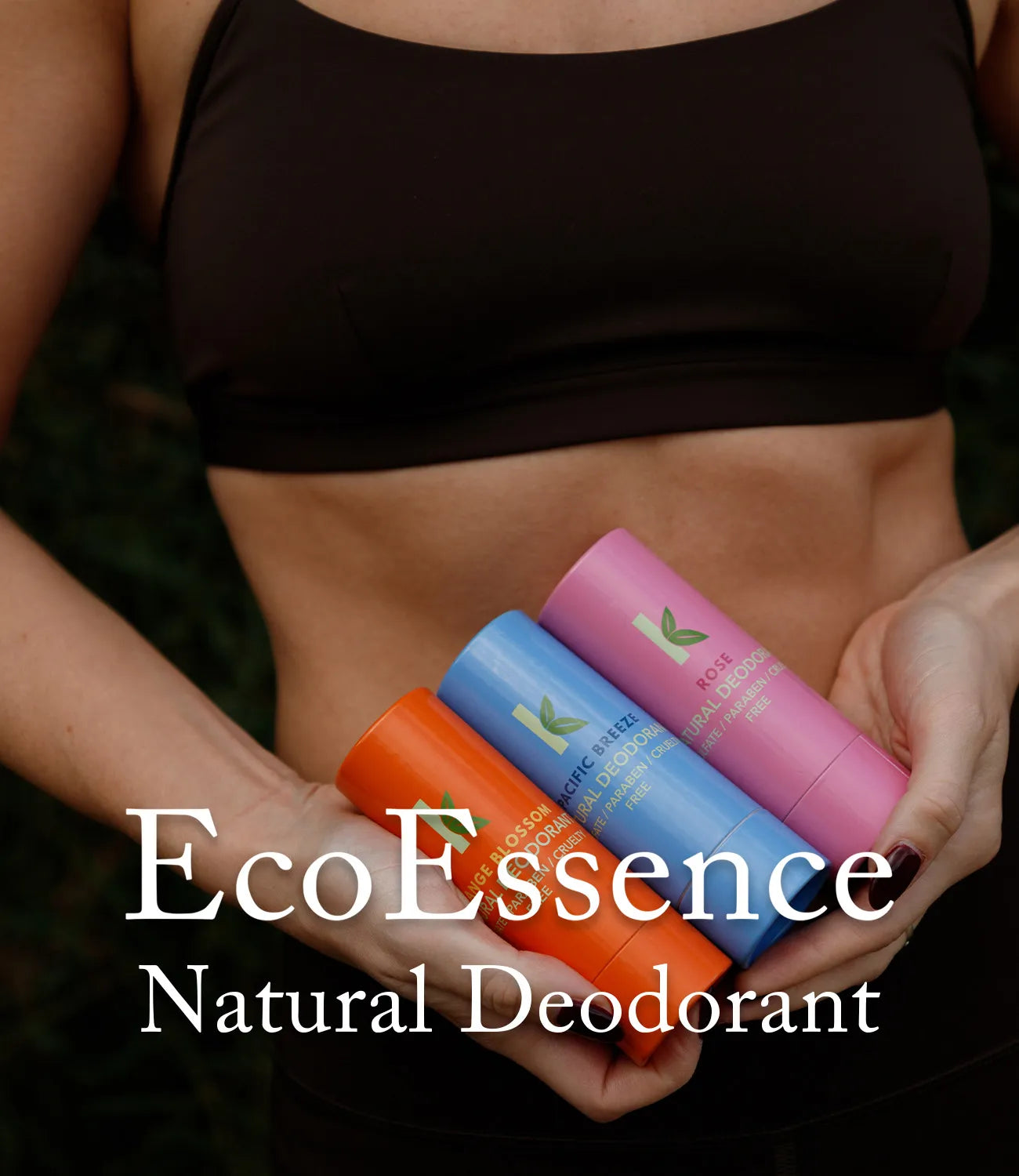What is Eczema?
Eczema is a common skin condition that affects people of all ages, causing the skin to become dry, itchy, and inflamed. It can appear as red or discolored patches, rough textures, and sometimes even cracked or oozing skin. These symptoms often flare up due to environmental triggers, allergens, or irritants, making it a challenging condition to manage.
For individuals with eczema, the skin's natural barrier is compromised, which means it loses moisture more easily and becomes more susceptible to irritants. This is why choosing the right skincare products is essential. Gentle skincare, including the use of soothing and hydrating soaps, can help minimize irritation and maintain the skin’s delicate balance.
By understanding eczema and its unique needs, you can make informed choices that keep your skin healthier and more comfortable. In this blog, we’ll explore the best soap options designed to support and care for eczema-prone skin.
Symptoms of Eczema
Eczema, also known as atopic dermatitis, is a chronic skin condition that affects millions of people worldwide. It is characterized by inflammation, which leads to symptoms such as:
- Dryness: The skin often feels rough, flaky, and unable to retain moisture.
- Itchiness: Persistent itching is one of the hallmark symptoms, which can lead to scratching and worsen the condition.
- Redness or Discoloration: Inflamed patches of skin may appear red, purple, or brown depending on your skin tone.
- Cracks or Scaling: In severe cases, the skin can crack, peel, or form scaly areas, causing discomfort and an increased risk of infection.
The exact cause of eczema is not fully understood, but it is often linked to a combination of genetic and environmental factors. Triggers such as allergens, irritants, stress, or weather changes can cause flare-ups, making it a highly variable condition to manage.
The Importance of Gentle Skincare
For eczema-prone skin, maintaining a healthy skin barrier is essential. Harsh soaps and cleansers can strip the skin of its natural oils, exacerbating dryness and irritation. This is why gentle, nourishing skincare products play a crucial role in managing eczema.
Using soaps formulated with soothing, natural ingredients can help alleviate symptoms and protect the skin’s natural moisture. A pH-balanced soap that avoids common irritants like synthetic fragrances and sulfates is particularly beneficial.
Caring for eczema-prone skin requires a combination of mindful product choices and consistent hydration to keep flare-ups under control and skin feeling comfortable. The next sections of this blog will guide you through selecting the best soap options to support sensitive skin.
Importance of Choosing the Right Soap
When it comes to eczema-prone skin, the products you use can make a significant difference in managing symptoms. Unfortunately, many conventional soaps are formulated with harsh chemicals, synthetic fragrances, and detergents that can strip the skin of its natural oils and exacerbate irritation.
How Conventional Soaps Affect Eczema-Prone Skin
- Harsh Chemicals
Many commercial soaps contain sulfates, parabens, and alcohol-based ingredients. These chemicals act as strong cleansers but can disrupt the skin’s delicate barrier, leaving it more susceptible to dryness, redness, and inflammation. - Synthetic Fragrances and Dyes
While fragrances and dyes can make soap smell and look appealing, they are among the most common triggers for eczema flare-ups. These additives can irritate sensitive skin, causing itching and discomfort. - Over-Cleansing and pH Imbalance
Conventional soaps often have a high pH level, which can disrupt the skin’s natural acidity. The skin’s slightly acidic environment helps protect against harmful bacteria and environmental stressors, but when this balance is thrown off, eczema symptoms can worsen.
Why Natural Soaps Are Essential
The right soap should cleanse without compromising the skin’s natural barrier. Gentle, eczema-friendly soaps:
- Are free from harsh detergents that strip away moisture.
- Contain natural, soothing ingredients like oatmeal, shea butter, or aloe vera.
- Avoid potential irritants such as artificial fragrances, dyes, and sulfates.
- Are often pH-balanced to work in harmony with the skin.
Choosing a soap designed for sensitive skin can help minimize irritation, reduce flare-ups, and keep eczema symptoms under control.
Natural Soap for Eczema: A Gentle Solution
Eczema-prone skin requires extra care to stay healthy, comfortable, and irritation-free. Natural soaps are an excellent choice because they prioritize gentle, nourishing ingredients over harsh chemicals. Here's why natural soap is ideal for managing eczema:
Gentle Cleansing
Eczema-prone skin often struggles with maintaining its natural moisture barrier. Traditional soaps can strip the skin of its natural oils, leaving it dry and vulnerable. Natural soaps, on the other hand, are formulated to cleanse effectively without disrupting the skin’s protective layer. This ensures the skin feels clean and refreshed without exacerbating dryness or irritation.
Moisturizing Properties
Natural soaps are often enriched with ingredients that hydrate and nourish the skin:
- Shea Butter: Packed with vitamins and fatty acids, shea butter provides deep hydration, helping to lock in moisture and soothe irritated skin.
- Glycerin: A natural humectant, glycerin draws moisture into the skin, keeping it soft and supple.
- Aloe Vera: Known for its calming and hydrating properties, aloe vera helps reduce redness and inflammation while boosting moisture levels.
By using a soap with these ingredients, you can help combat the dryness and flakiness associated with eczema.
Hypoallergenic & Fragrance-Free
Products with synthetic fragrances and dyes are common culprits for triggering eczema flare-ups. Natural soaps formulated without these additives are less likely to irritate sensitive skin. Hypoallergenic options are especially beneficial because they are designed to minimize the risk of allergic reactions, ensuring the soap is as gentle as possible.
pH-Balanced Formulas
Healthy skin has a slightly acidic pH, typically between 4.5 and 5.5. Soaps with a high pH can disrupt this balance, leading to dryness, irritation, and a weakened skin barrier. pH-balanced natural soaps are crafted to work in harmony with your skin’s natural acidity, helping maintain its protective barrier and reducing the likelihood of flare-ups.
By choosing a natural soap that prioritizes gentle cleansing, hydration, and compatibility with sensitive skin, you can support eczema management and keep your skin feeling its best.
Tips for Using Natural Soap for Eczema
Using the right soap is crucial for managing eczema, but how you use it can make an equally significant difference. Here are some tips to maximize the benefits of natural soap while protecting and nourishing your sensitive skin:
Use Lukewarm Water Instead of Hot
Hot water might feel soothing at the moment, but it can strip your skin of its natural oils, leading to further dryness and irritation. Instead, opt for lukewarm water, which is gentle on the skin and helps retain moisture. This simple switch can prevent unnecessary flare-ups and keep your skin feeling more balanced.
Pat Skin Dry Instead of Rubbing
After cleansing, avoid vigorous towel-drying, as this can irritate sensitive skin and exacerbate redness or flakiness. Instead, gently pat your skin dry with a soft towel. This method is less abrasive and helps preserve the skin’s natural barrier.
Apply a Moisturizer Immediately After Cleansing
Moisturizing is a vital step in any eczema care routine. After washing with natural soap, apply a gentle, fragrance-free moisturizer while your skin is still slightly damp. This helps lock in hydration, creating a protective barrier that keeps the skin soft and prevents dryness throughout the day.
By combining the use of natural soap with these thoughtful skincare practices, you can minimize irritation and support healthier, more comfortable skin.
Prioritizing Gentle Care for Eczema-Prone Skin
Eczema can be challenging to manage, but choosing the right products, like natural soaps formulated for sensitive skin, can make a significant difference. By understanding your skin’s needs and incorporating gentle, hydrating, and pH-balanced soaps into your routine, you can soothe irritation and protect your skin barrier. With consistent care, you’ll be able to enjoy healthier, more comfortable skin every day.
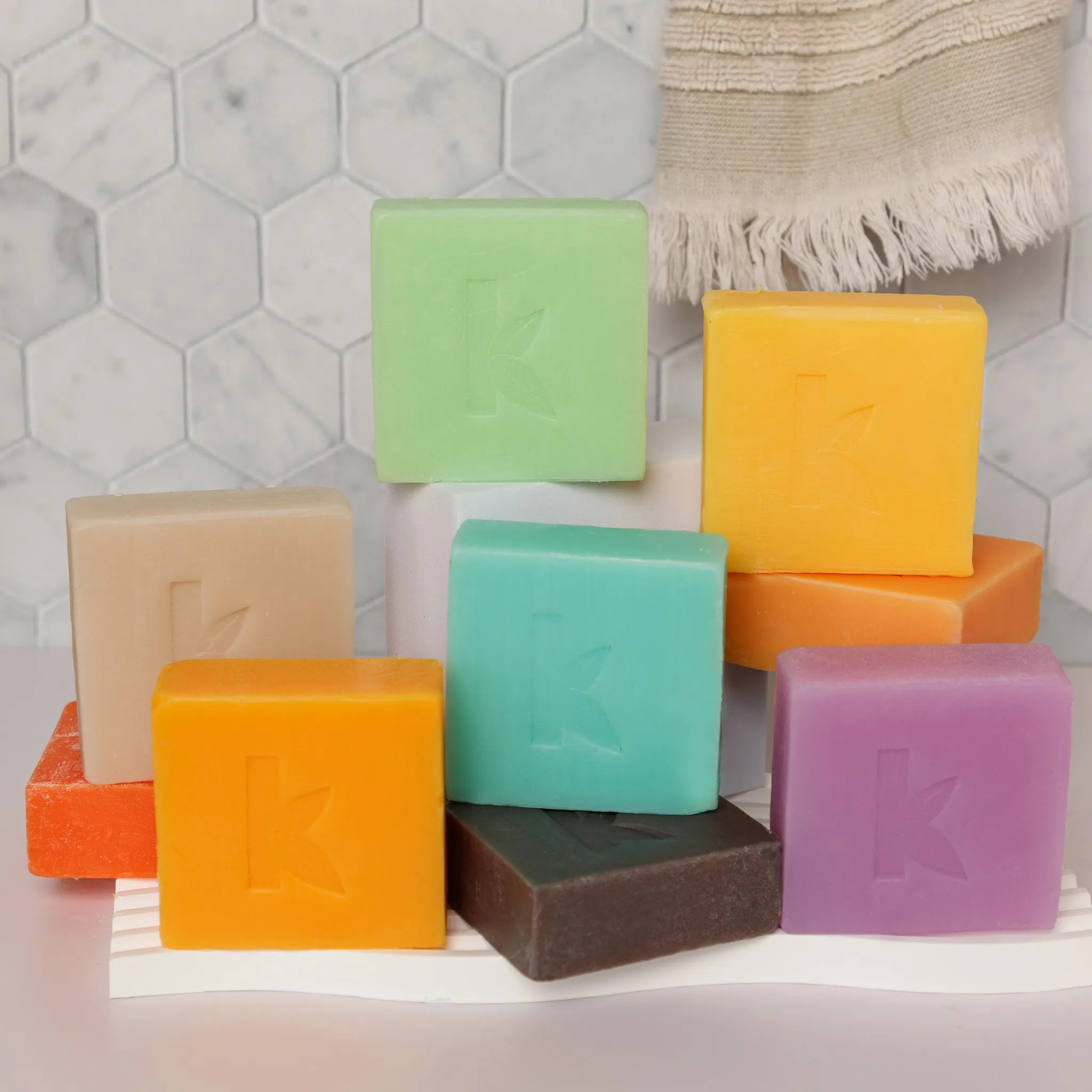
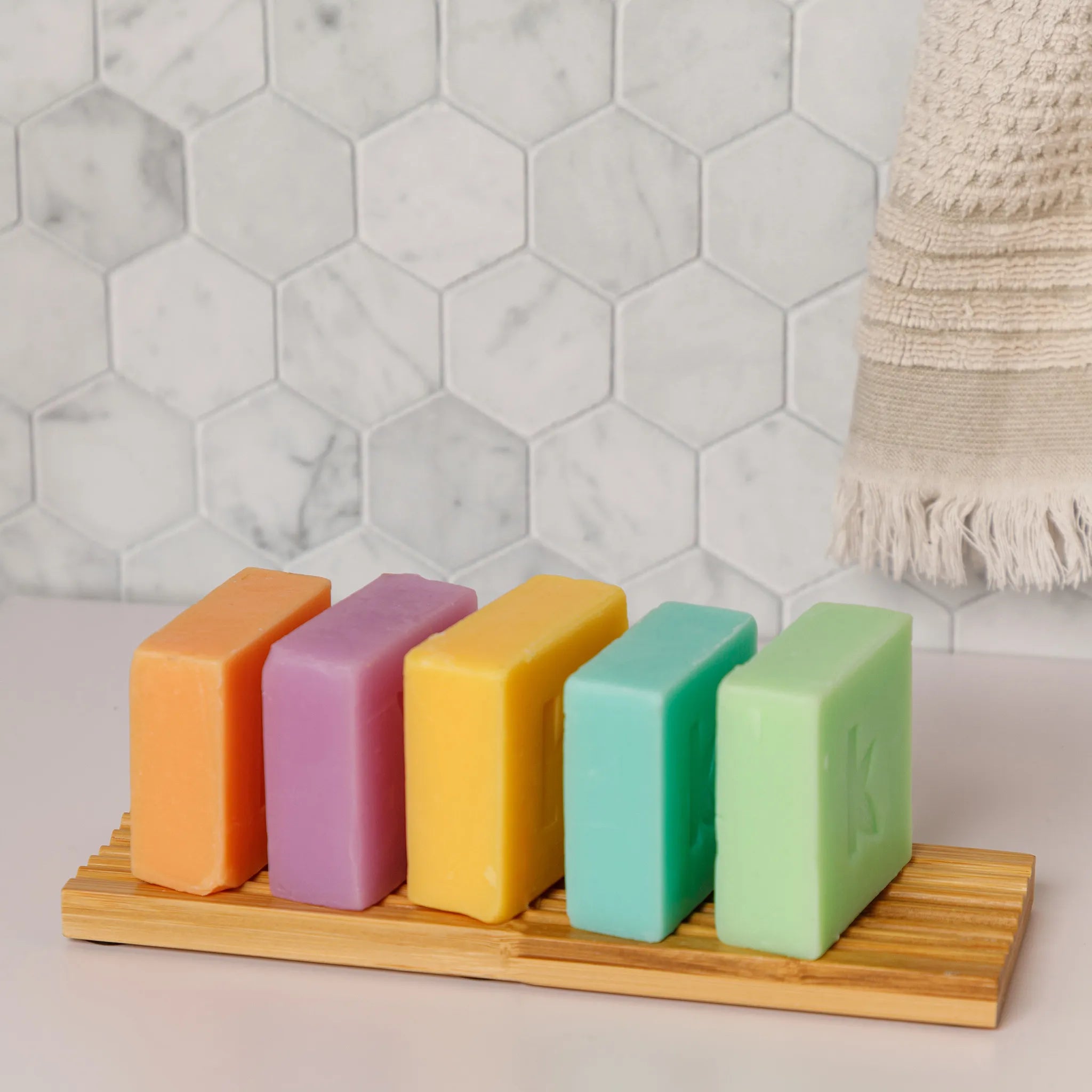
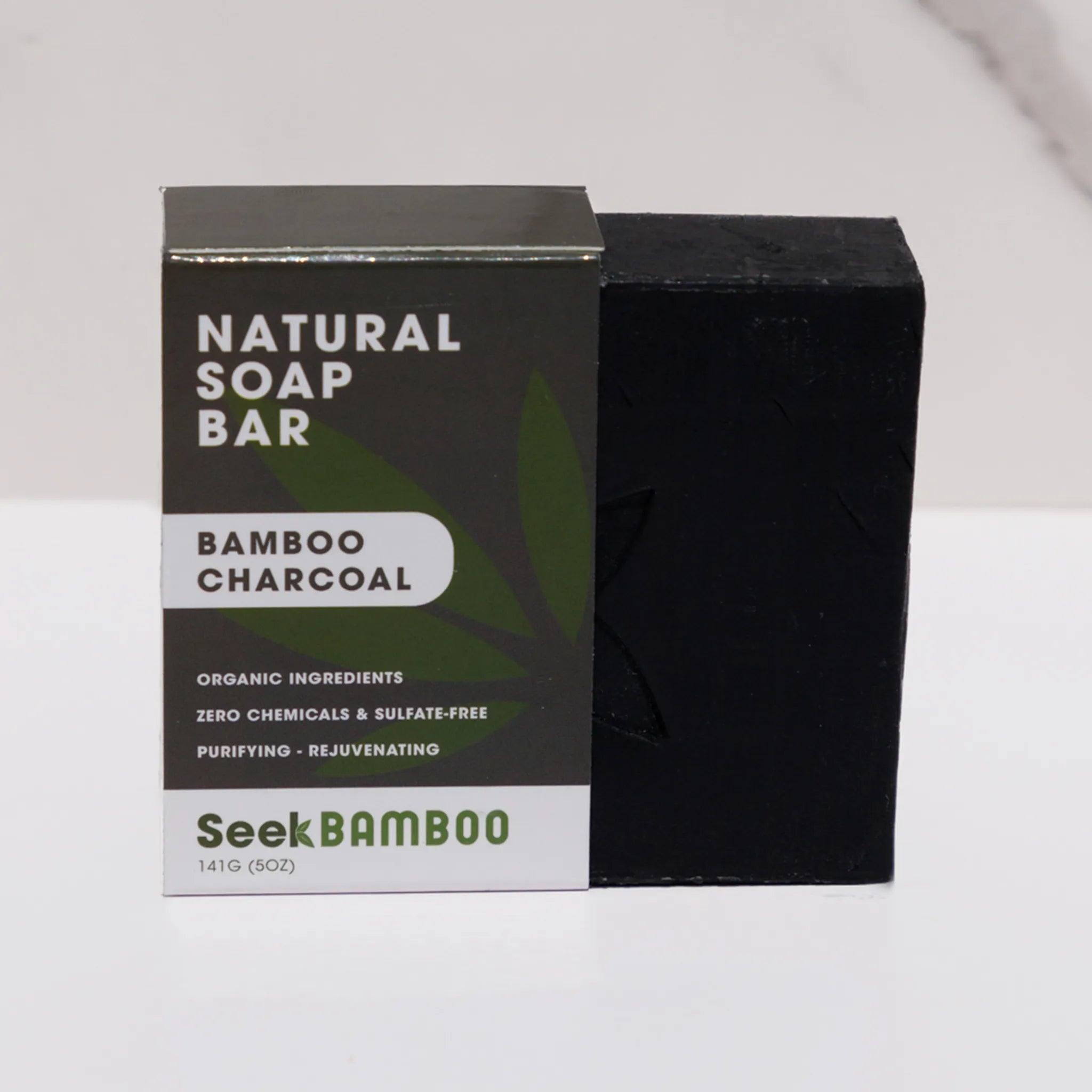
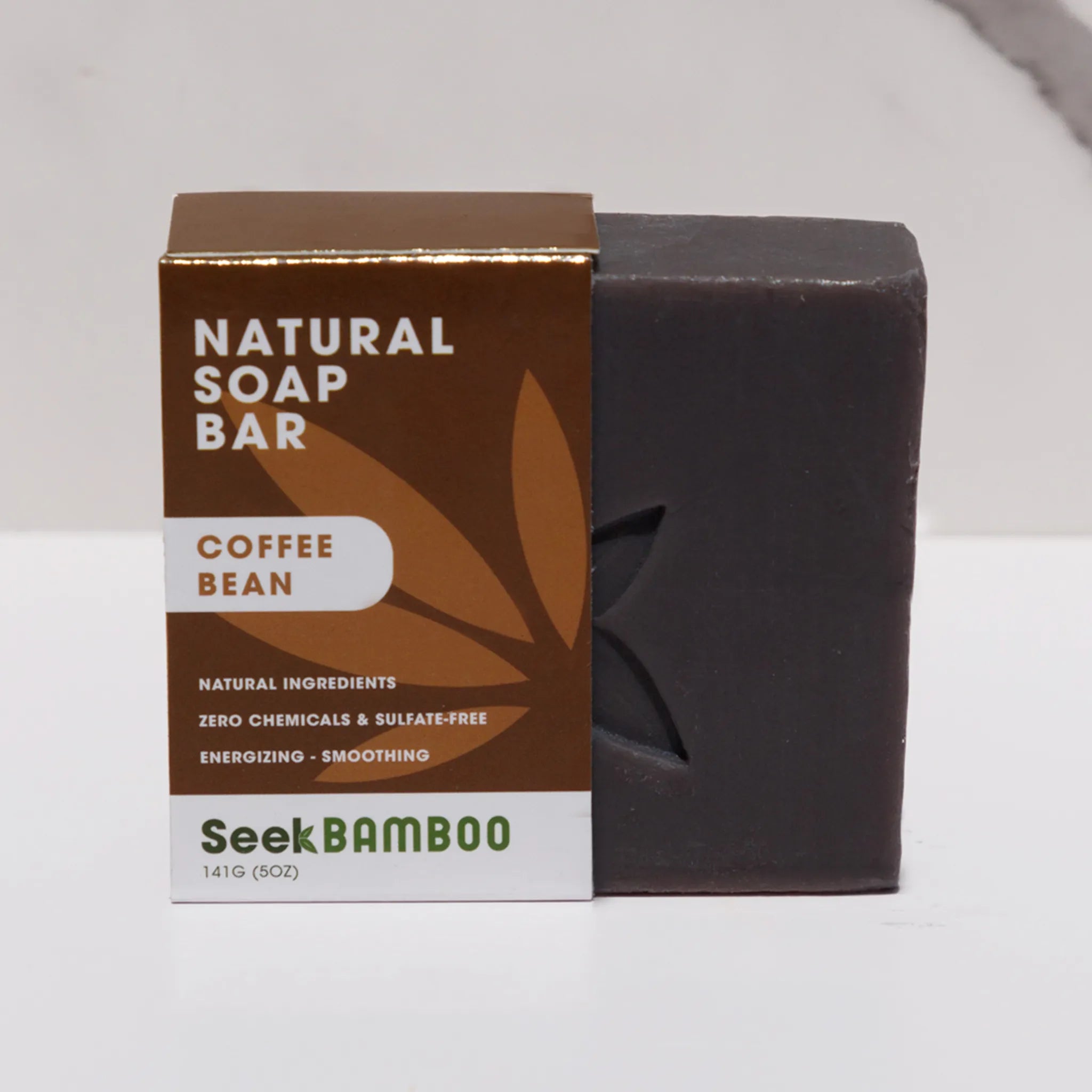
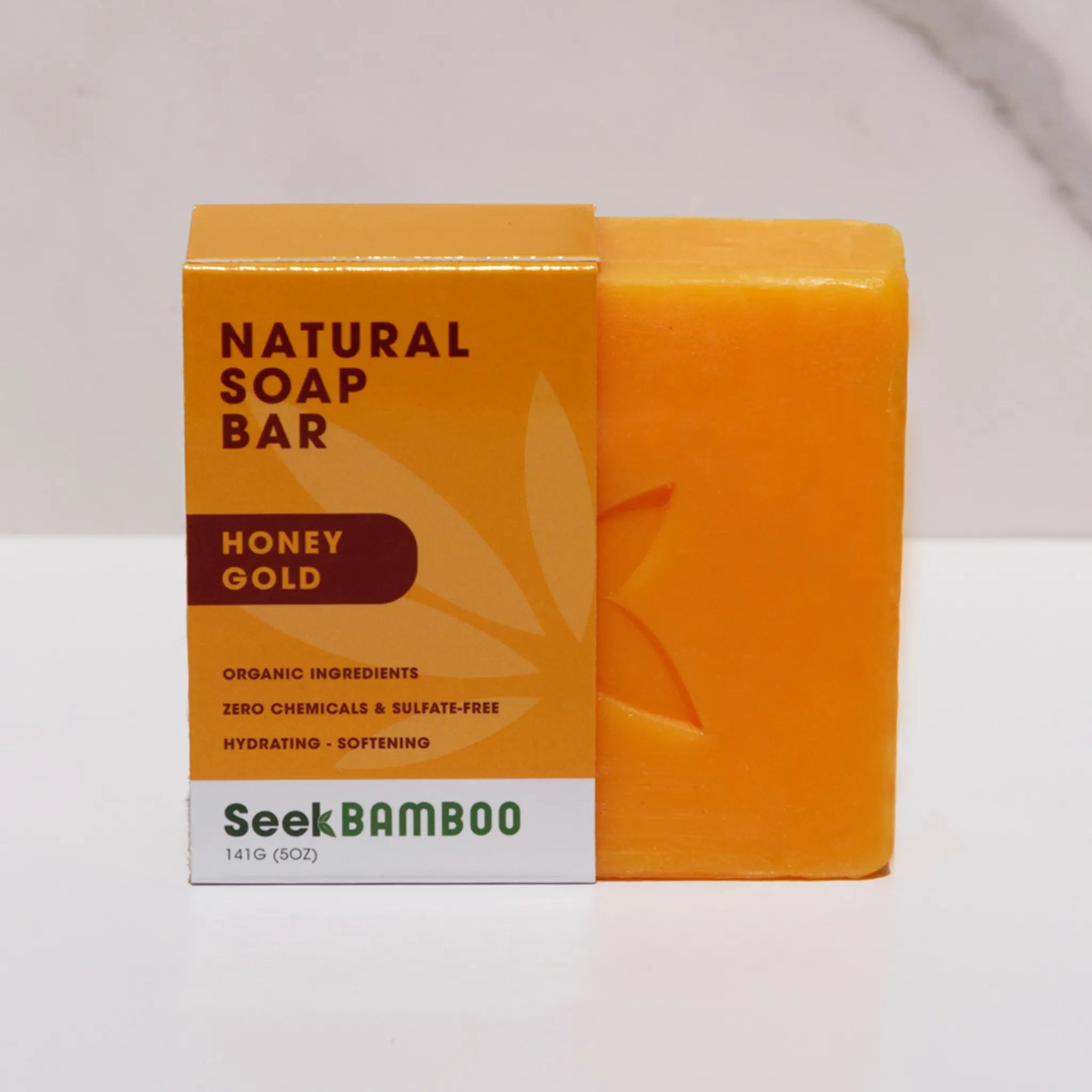
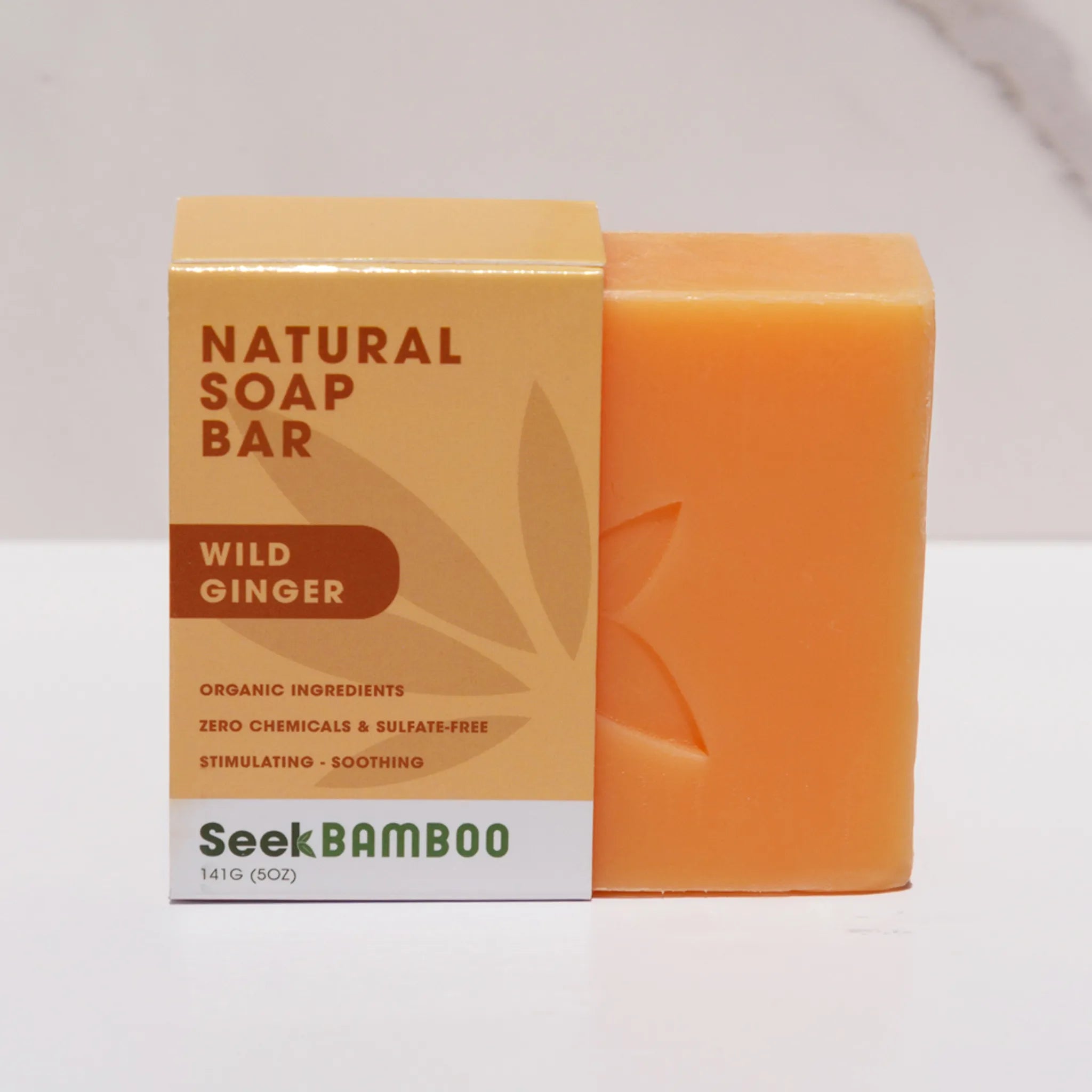
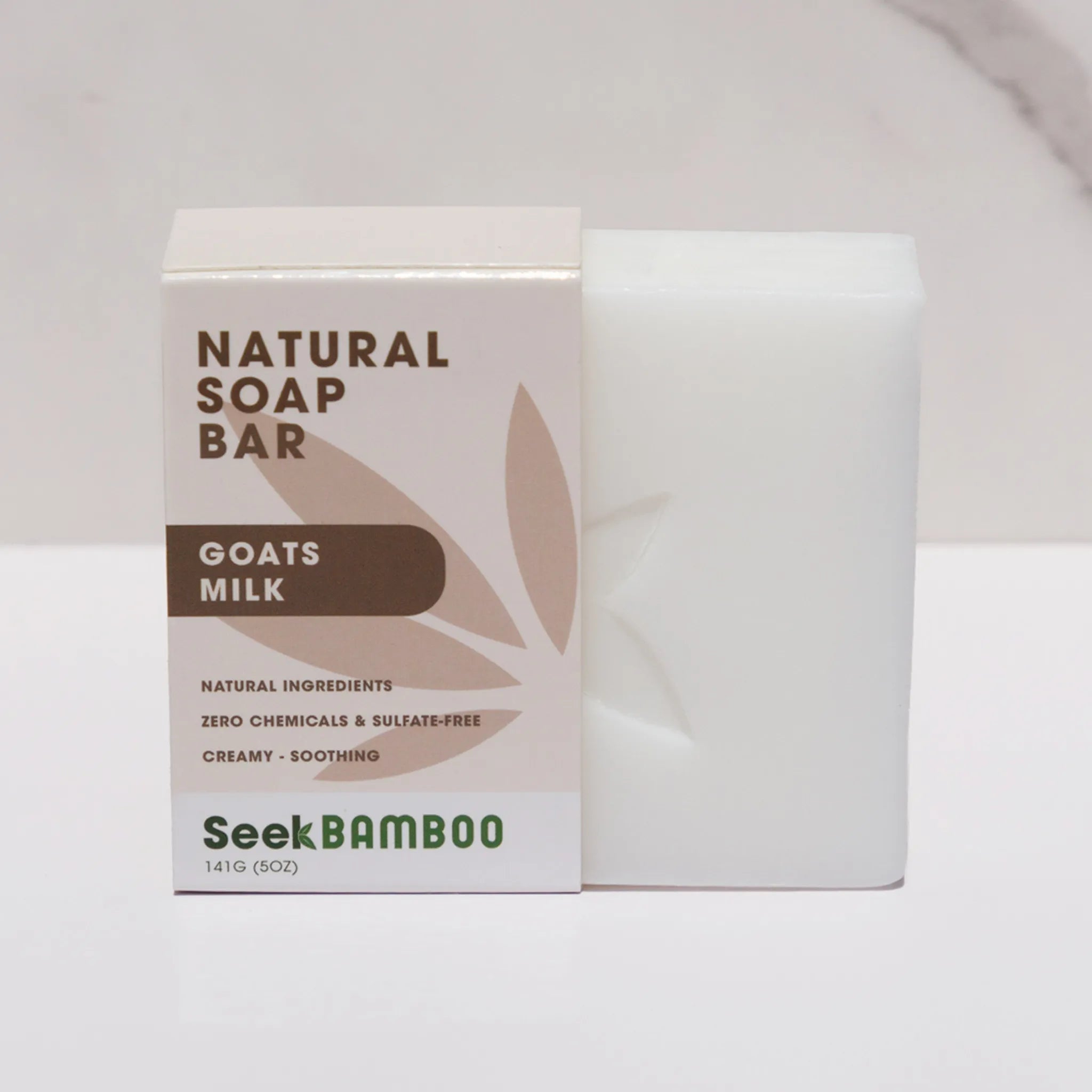
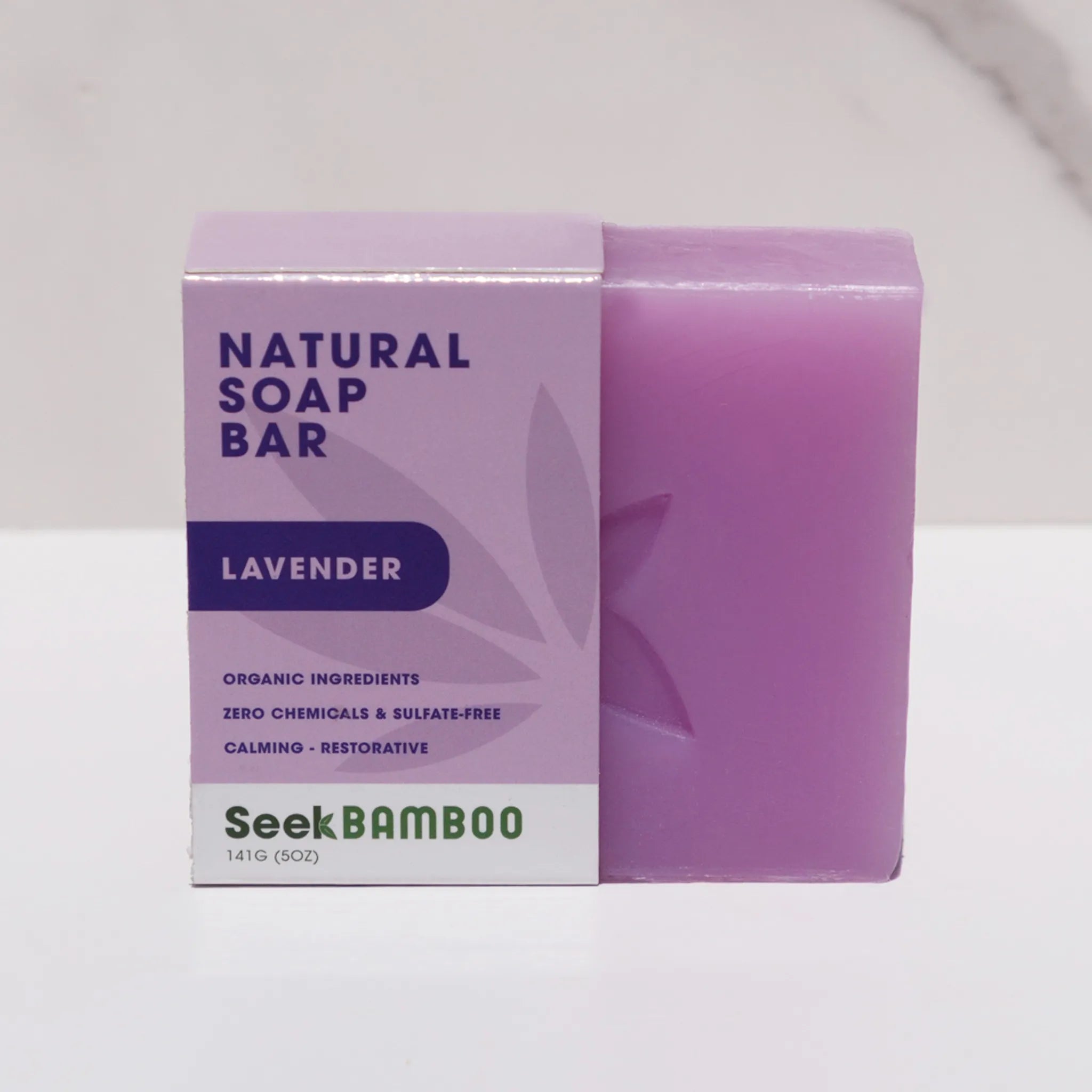
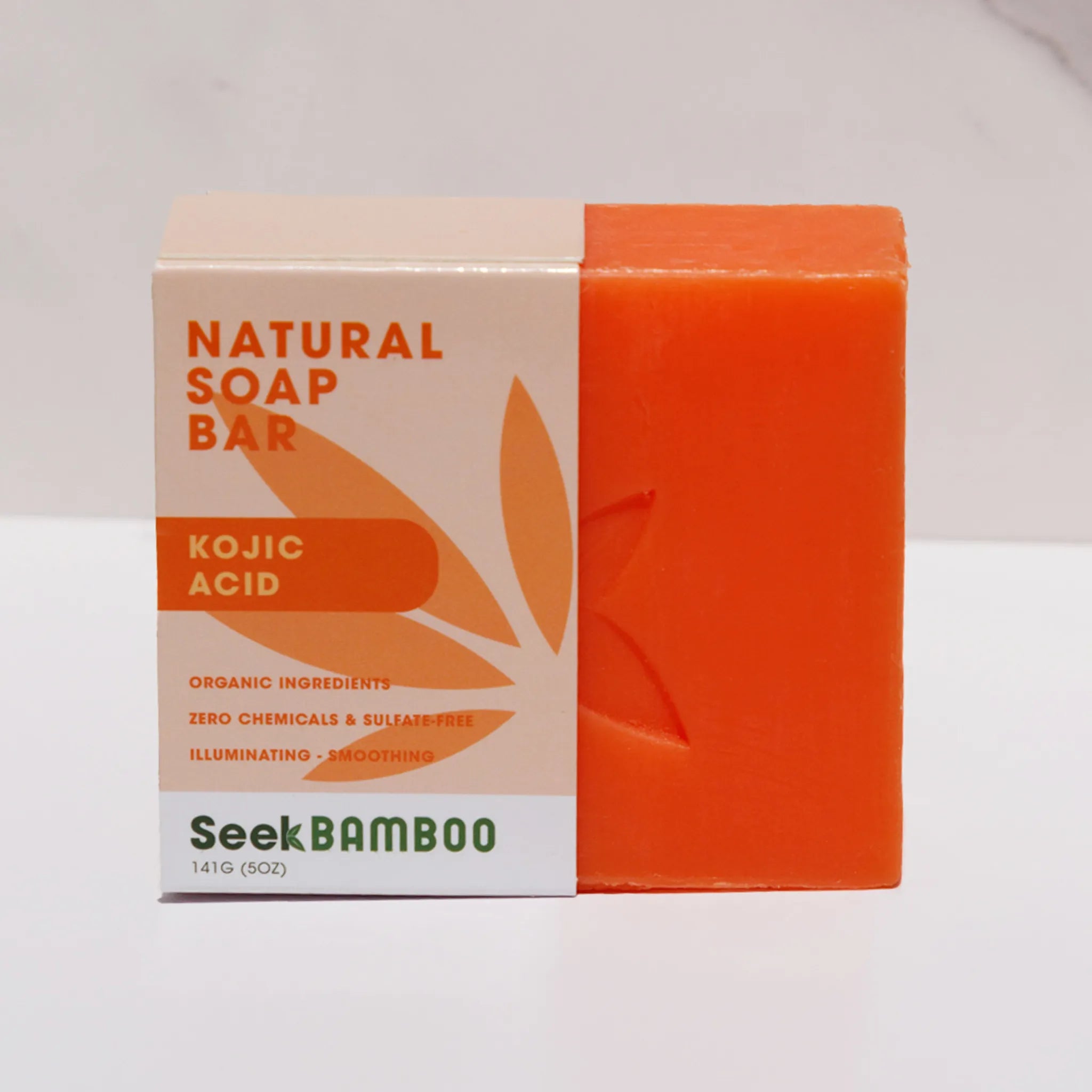
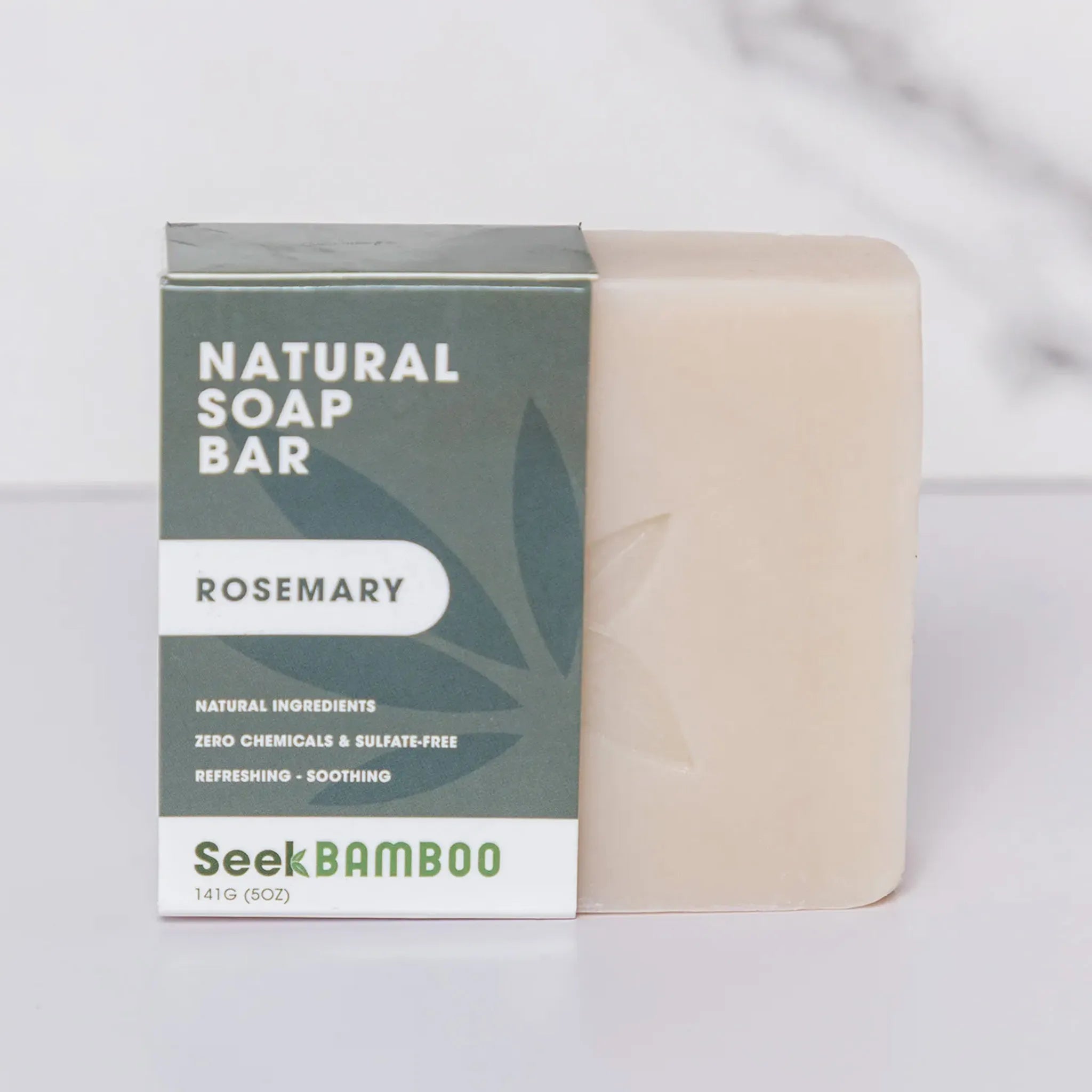
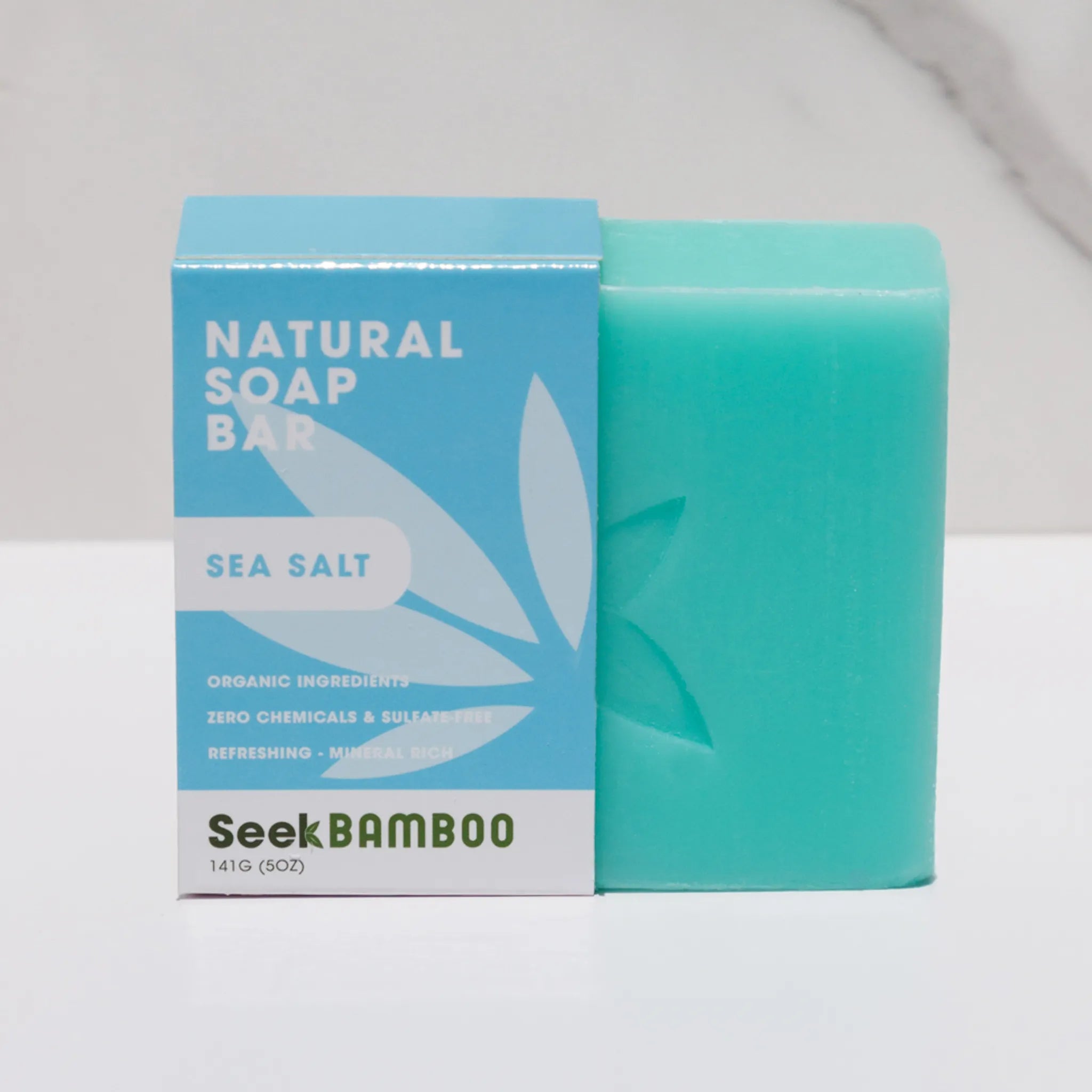
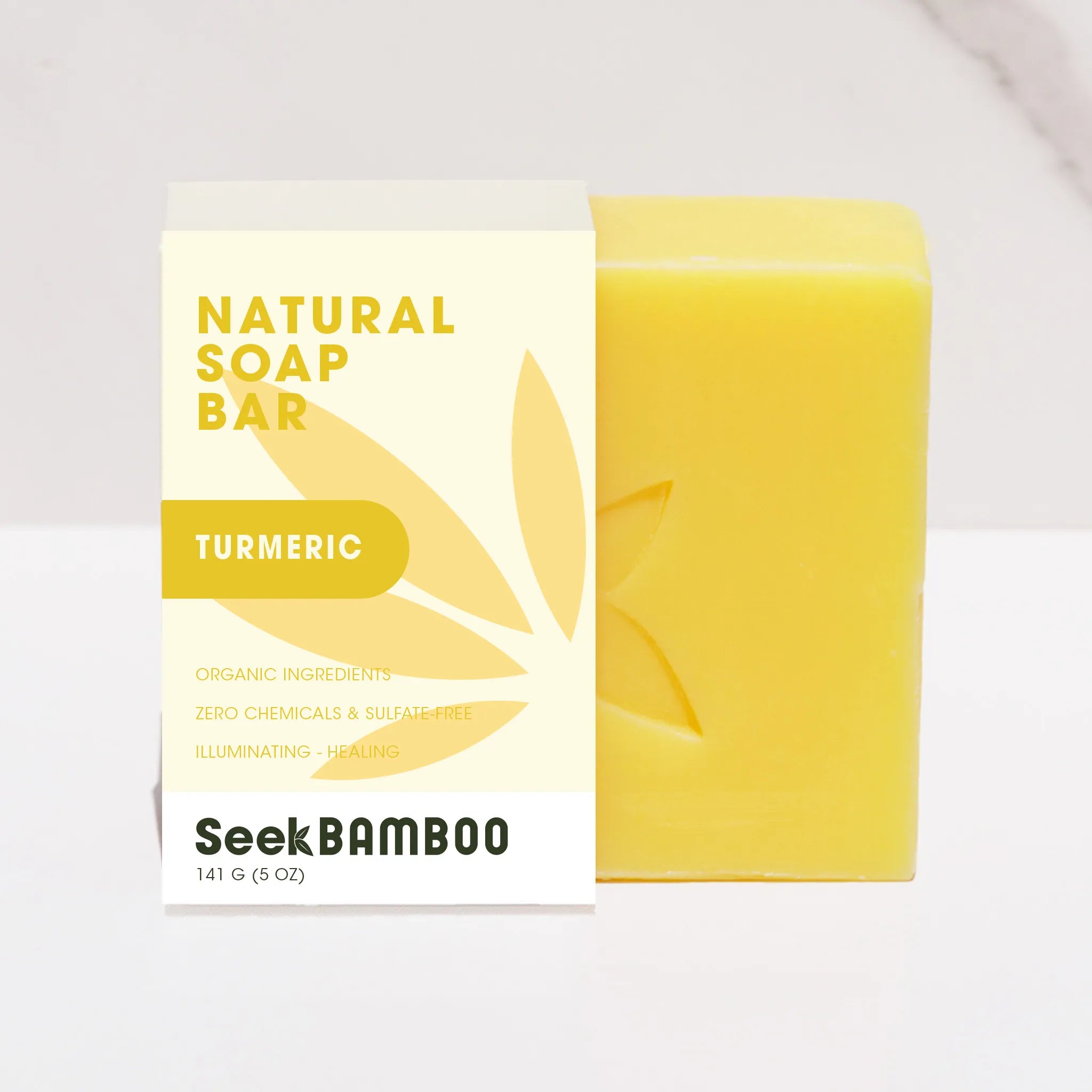
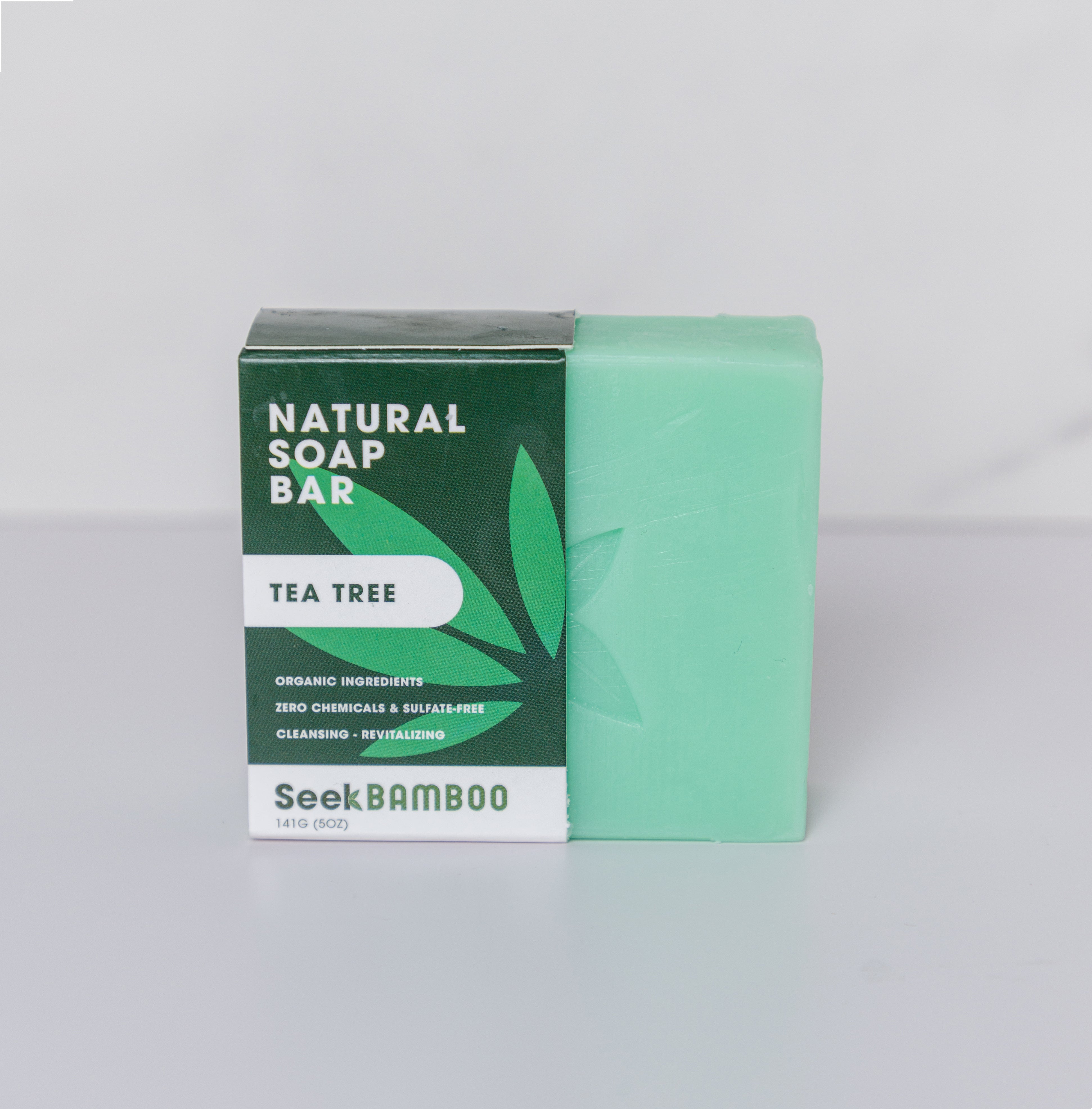
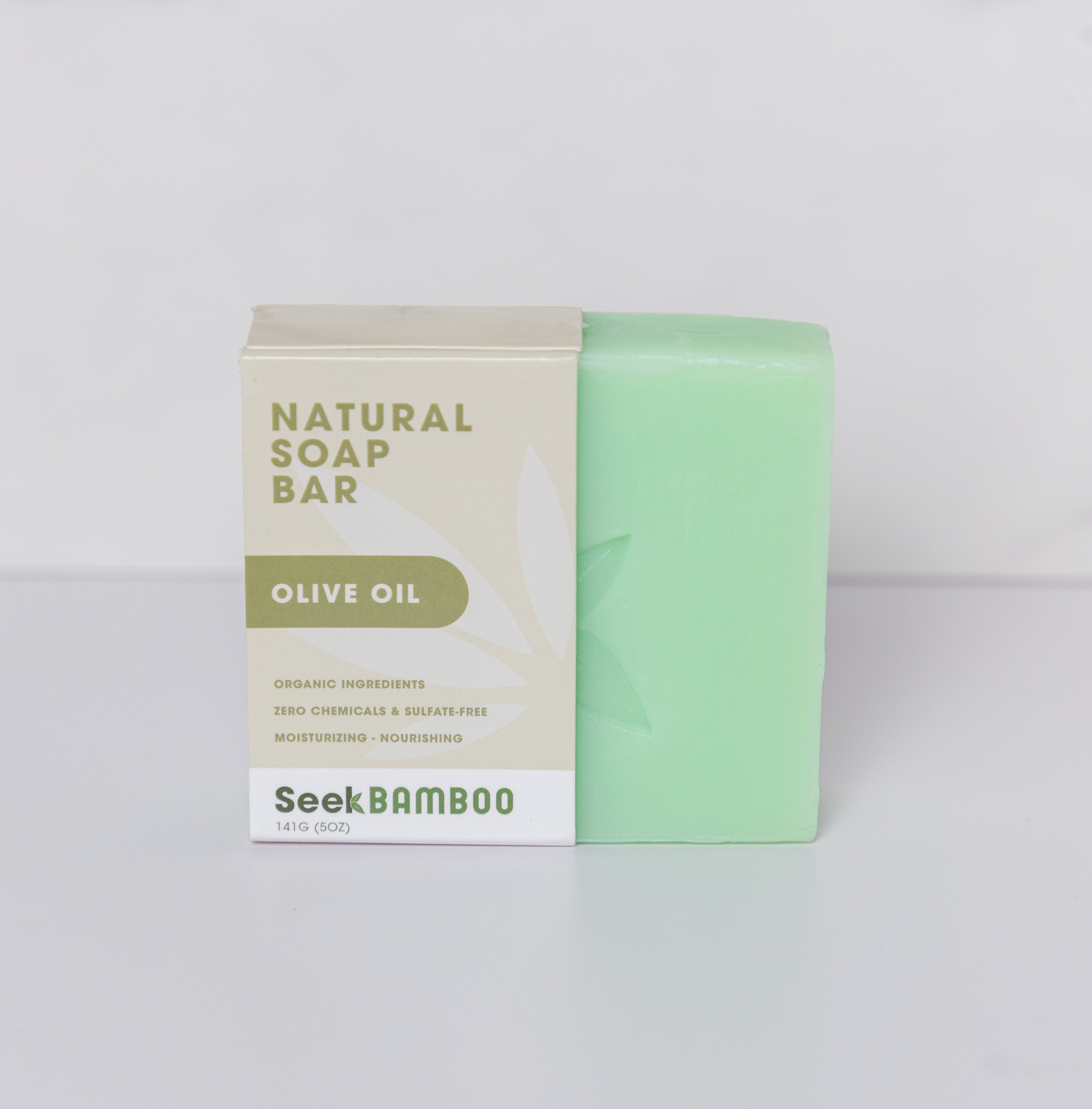
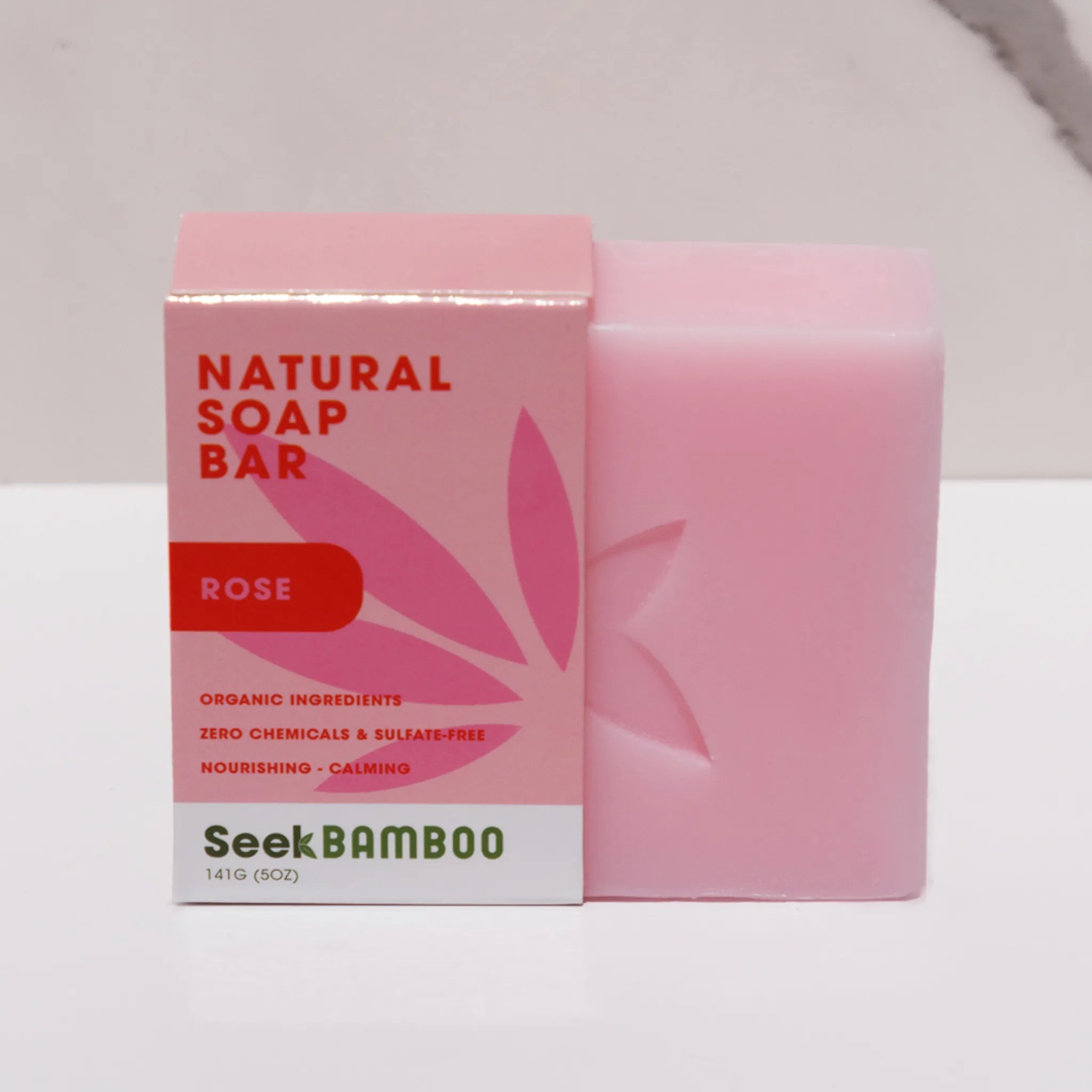
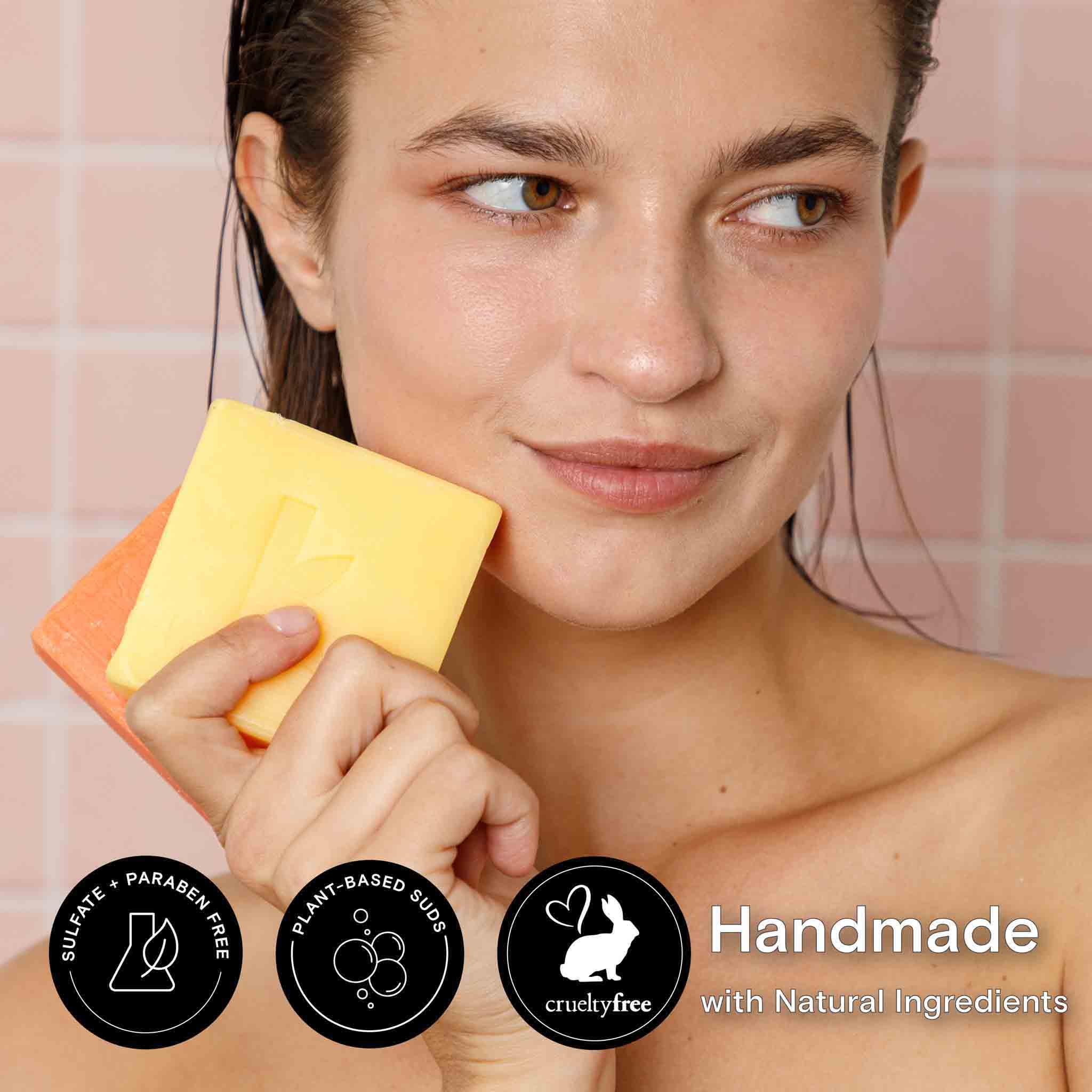
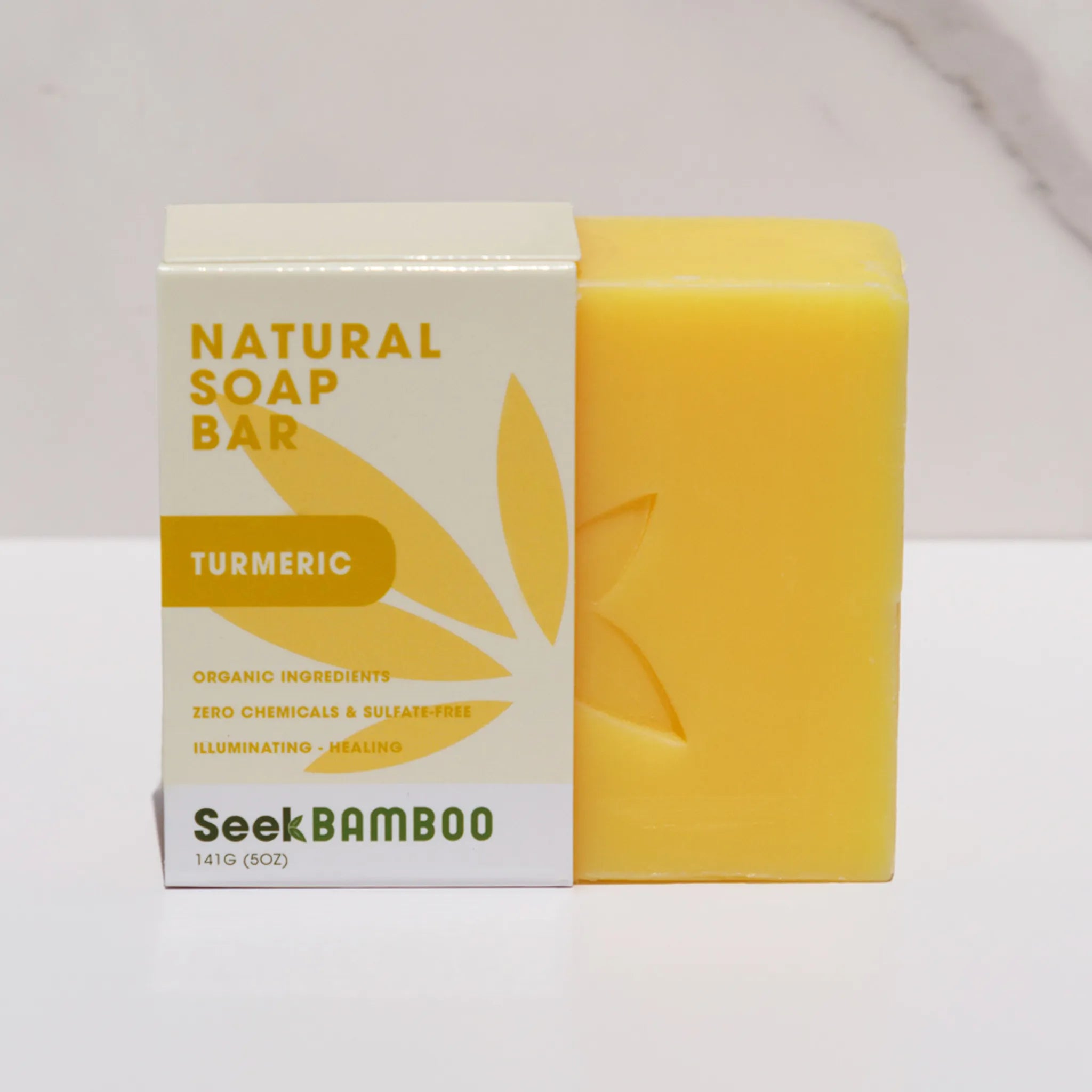
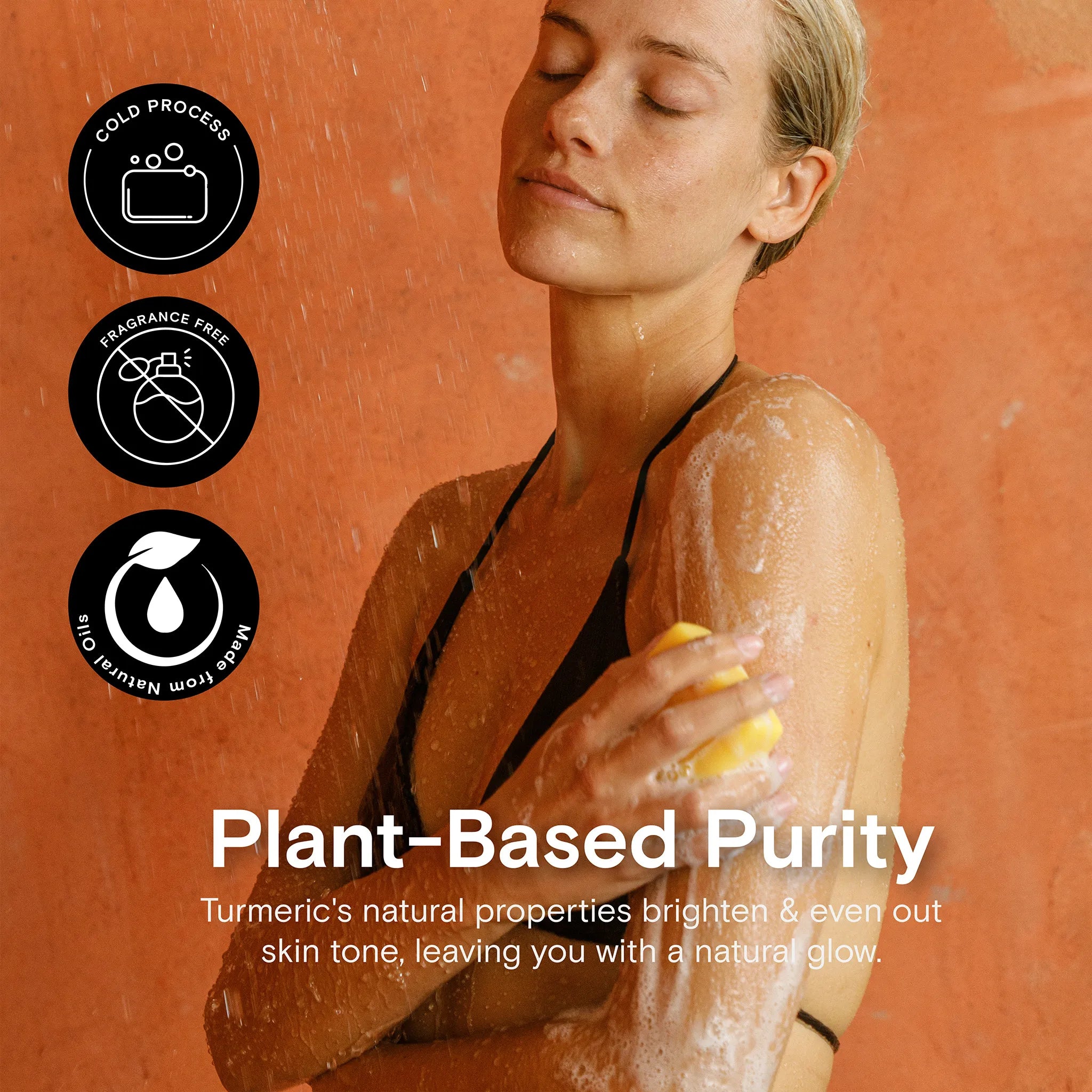
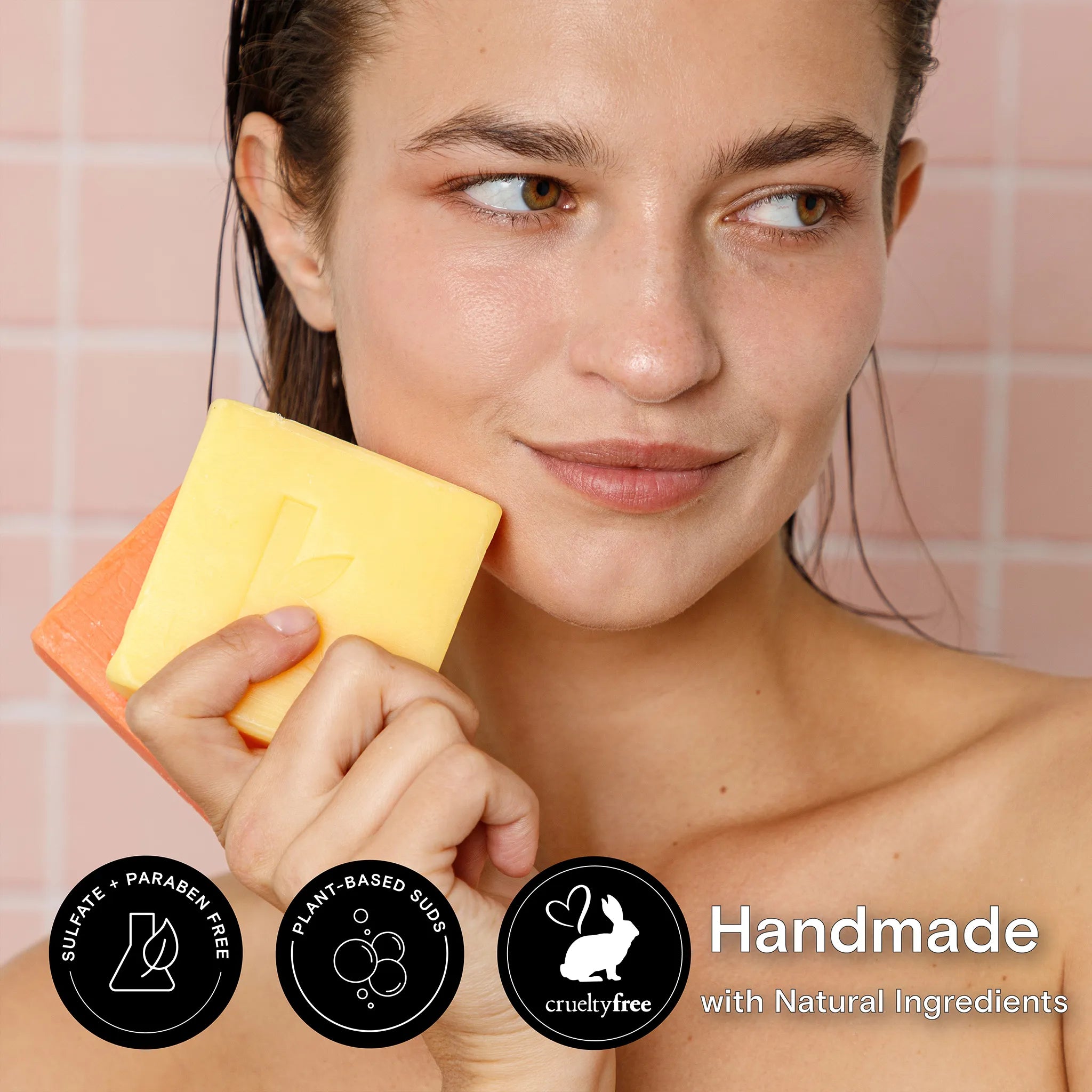
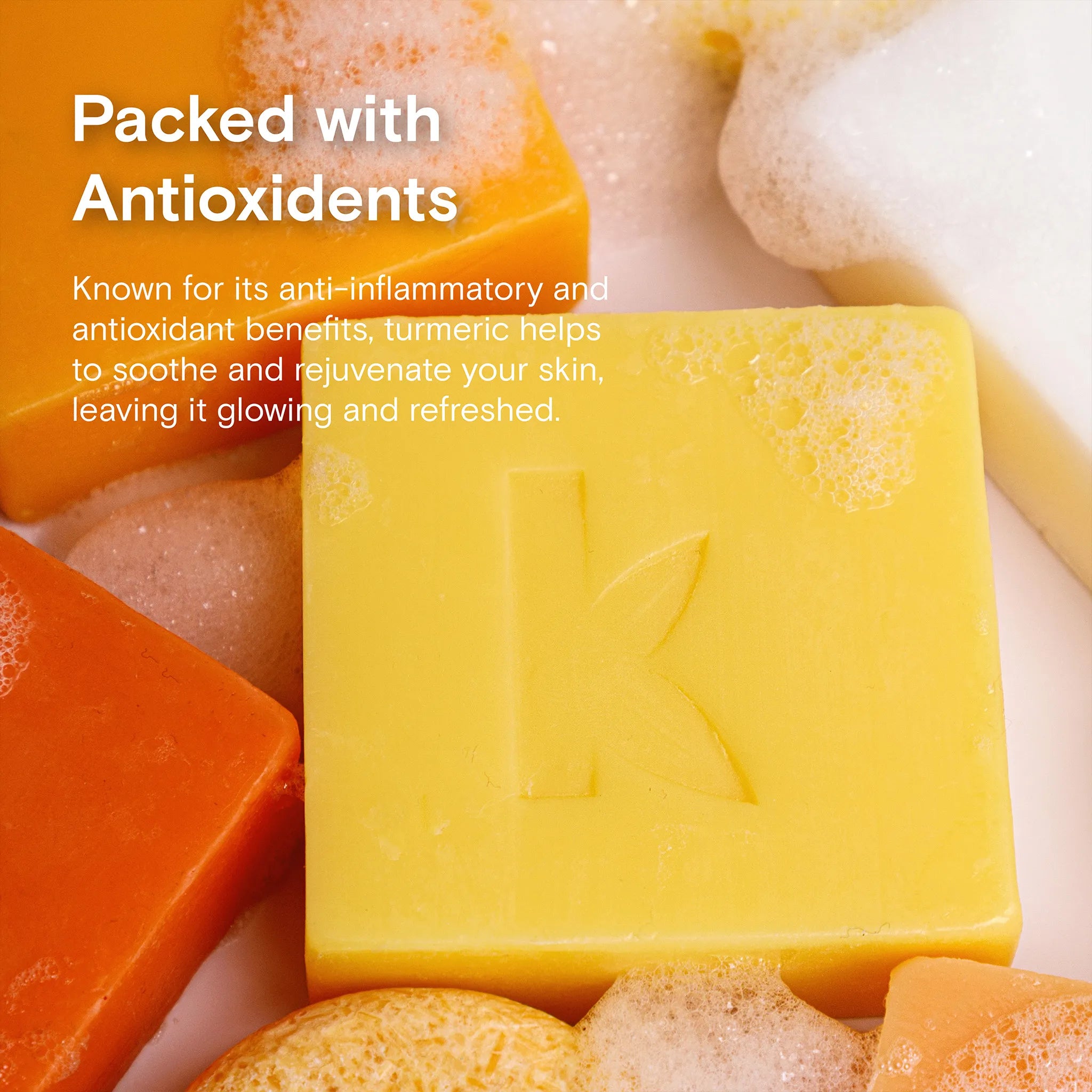
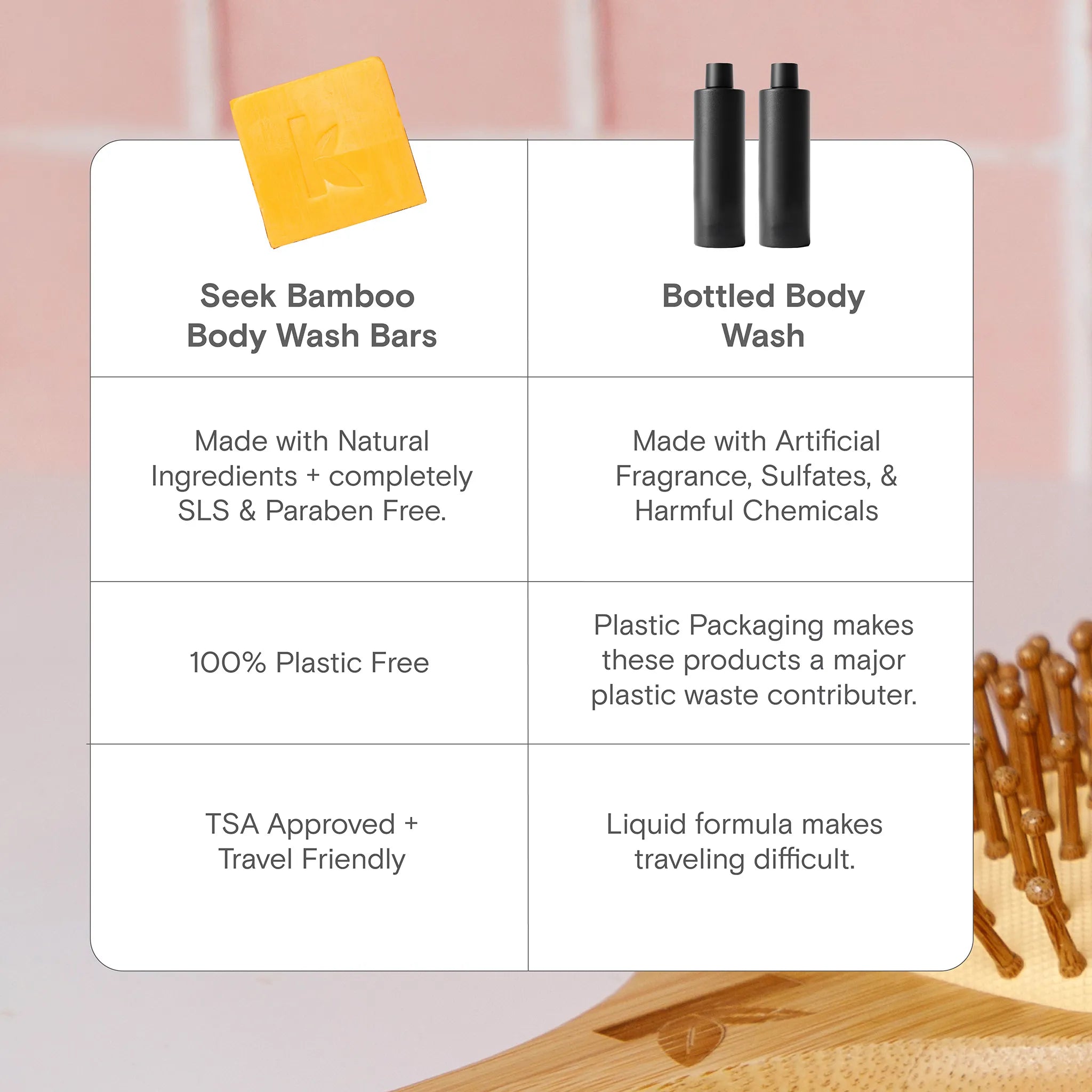
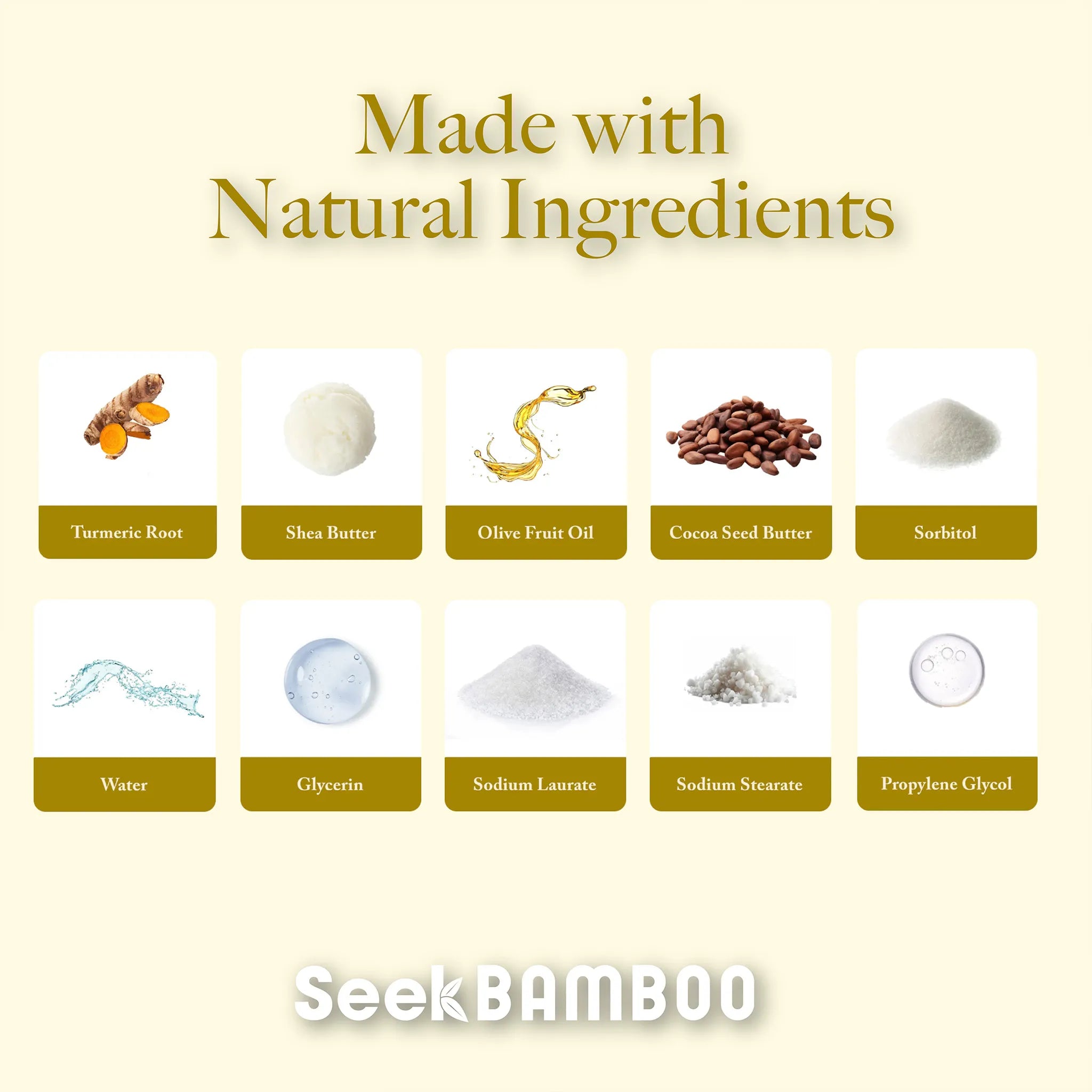
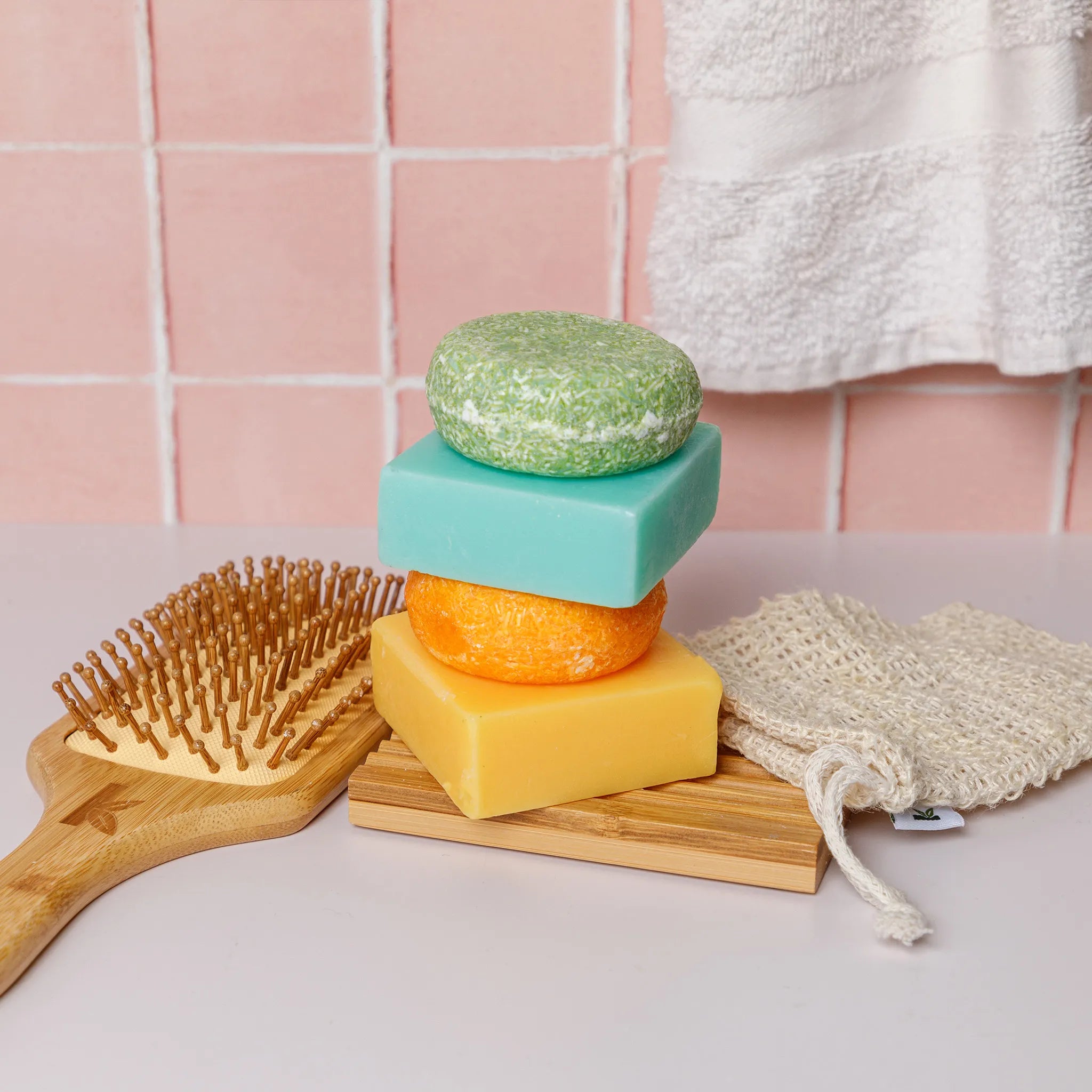
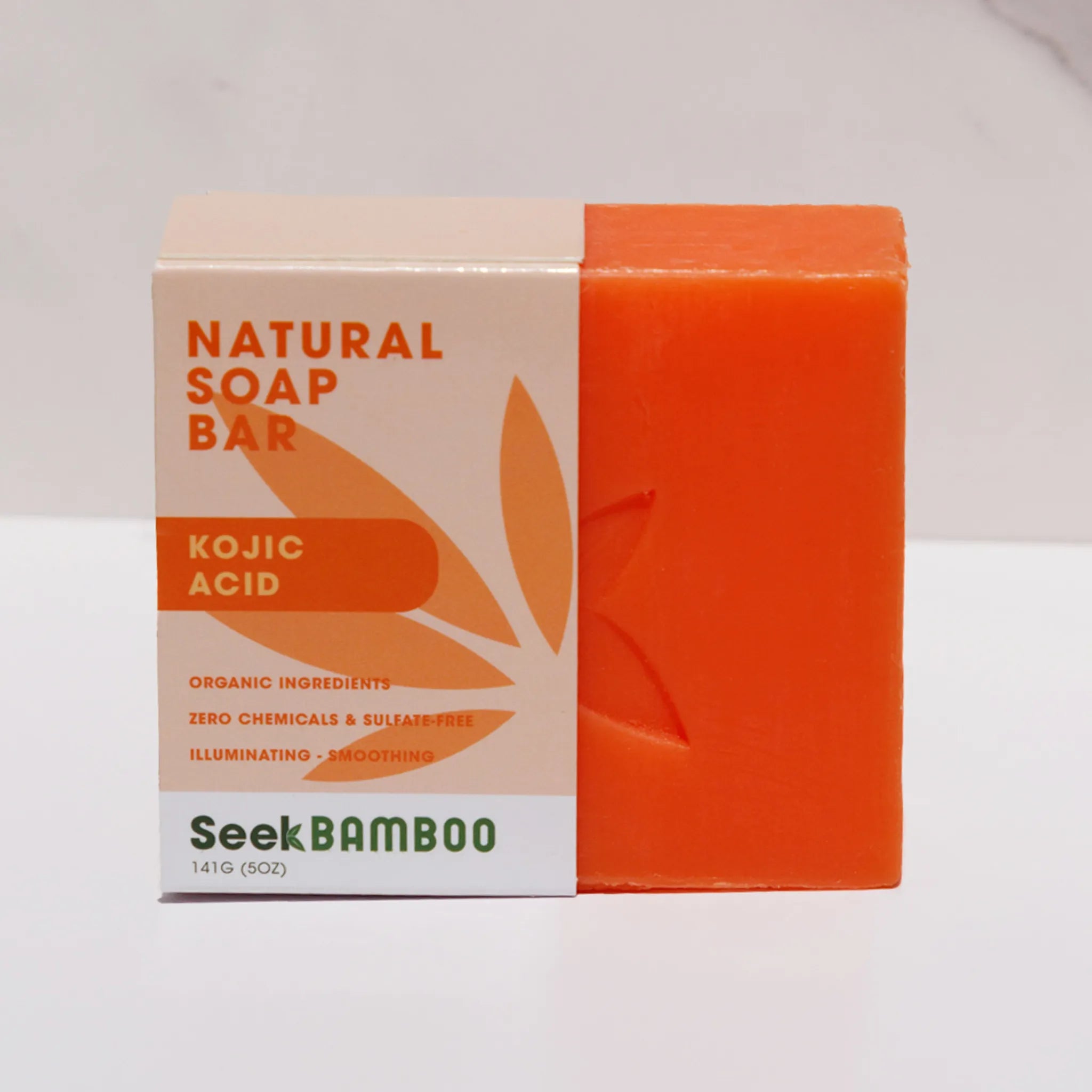
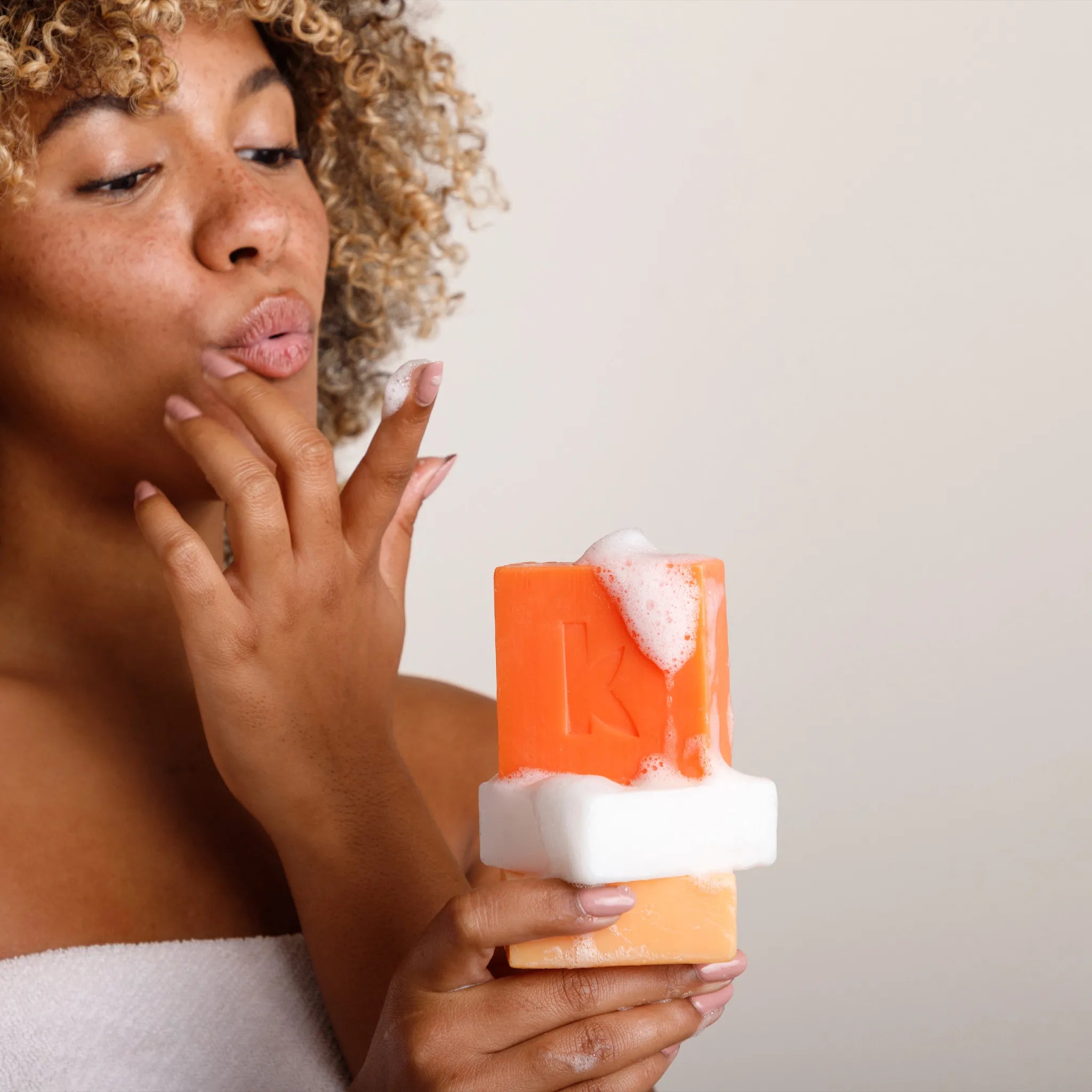
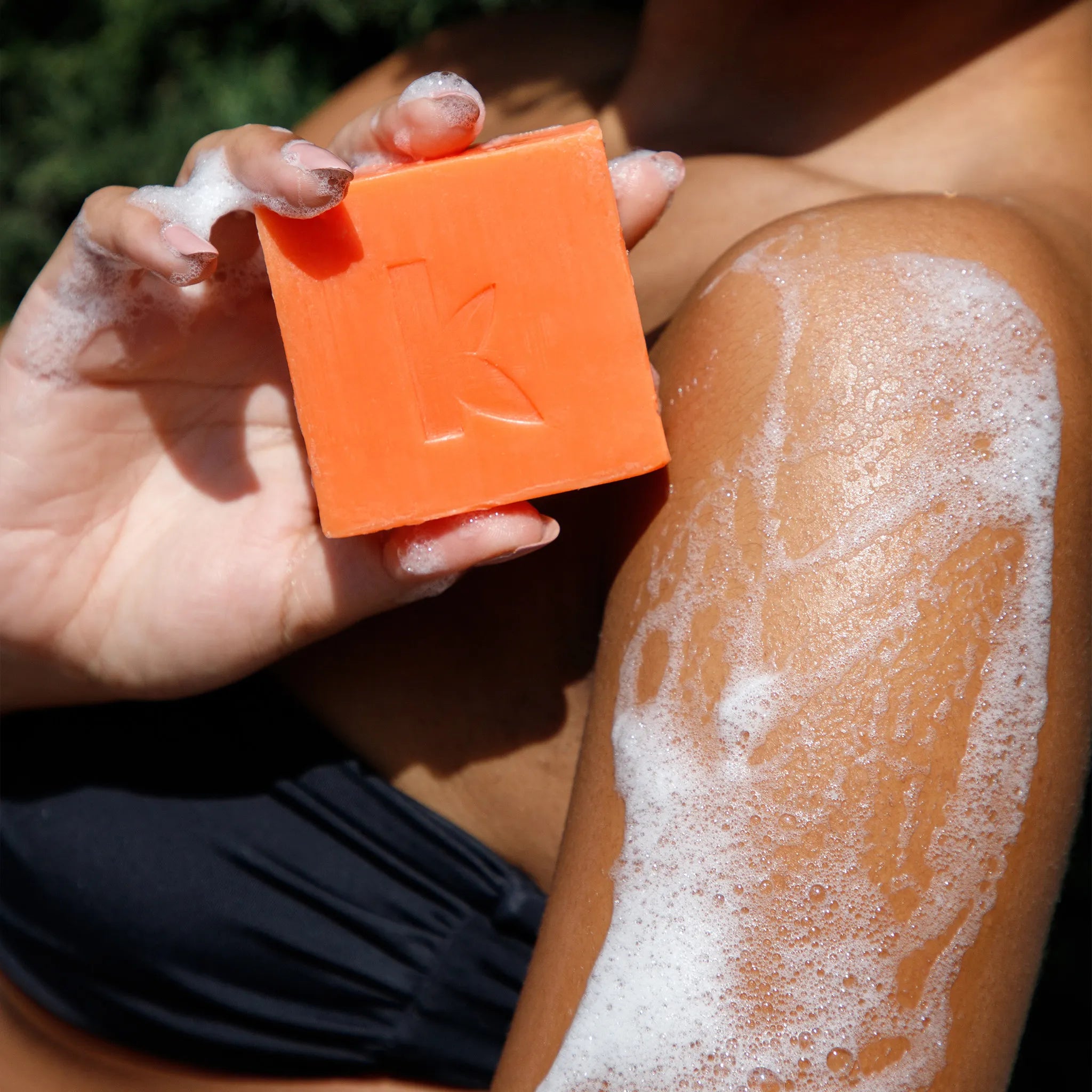
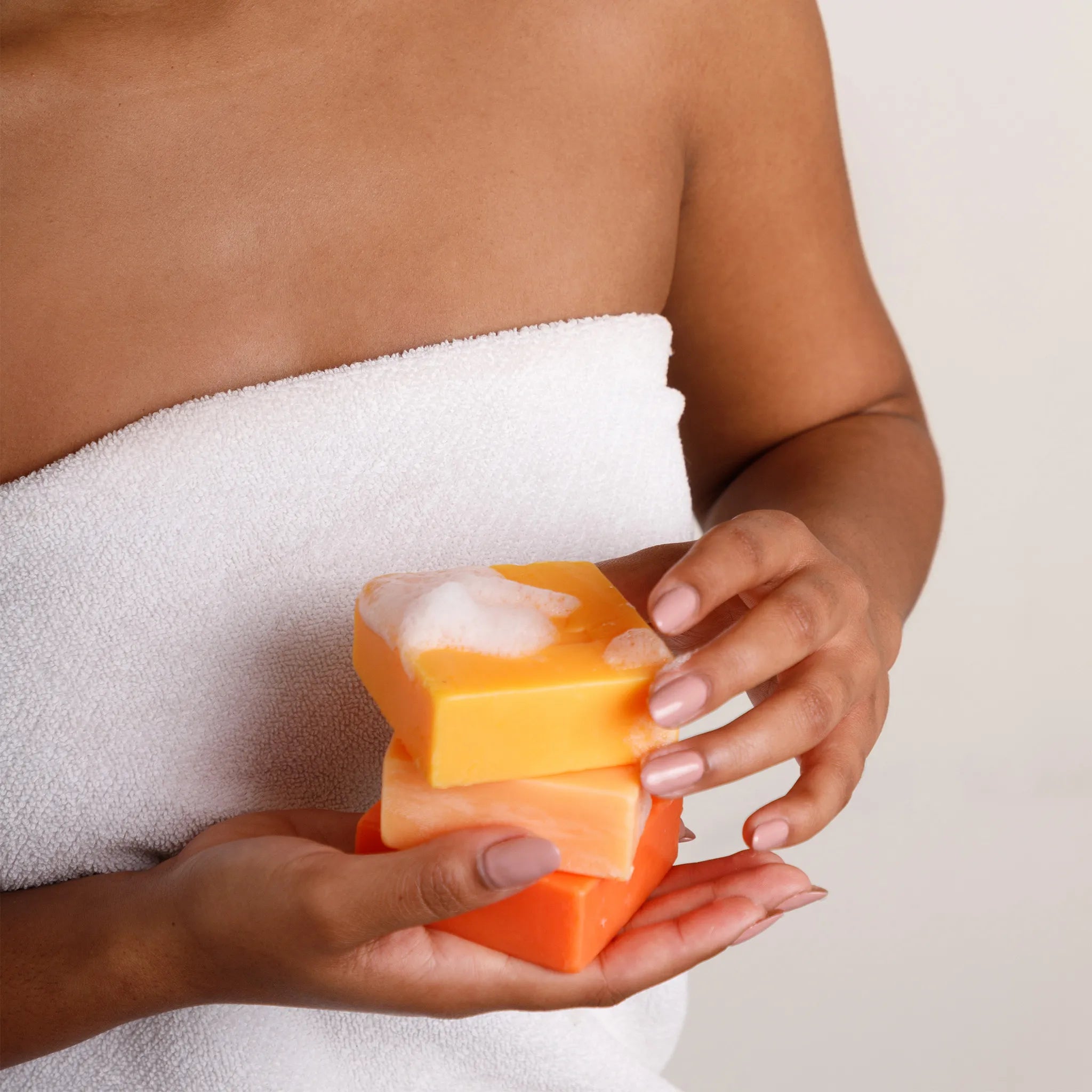

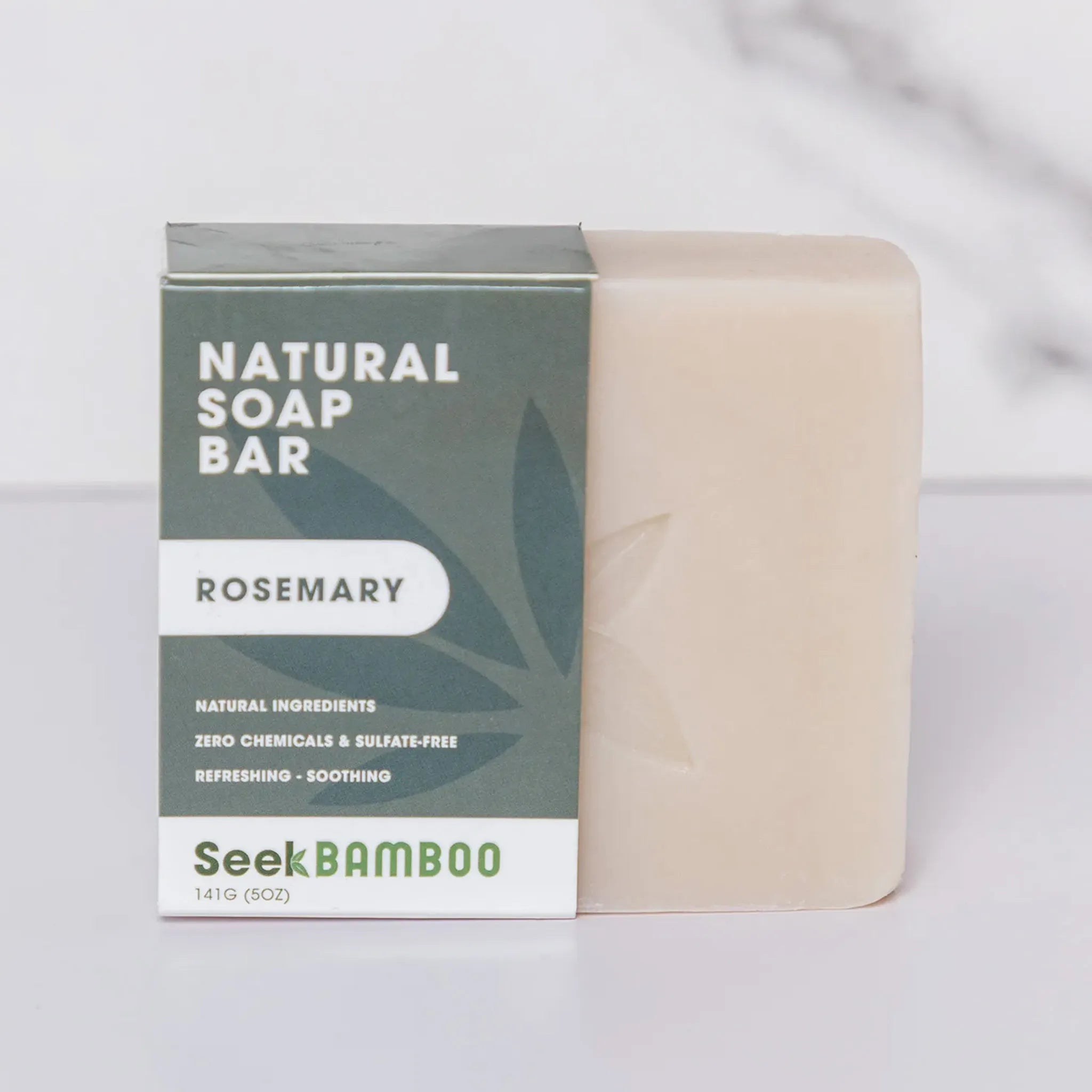
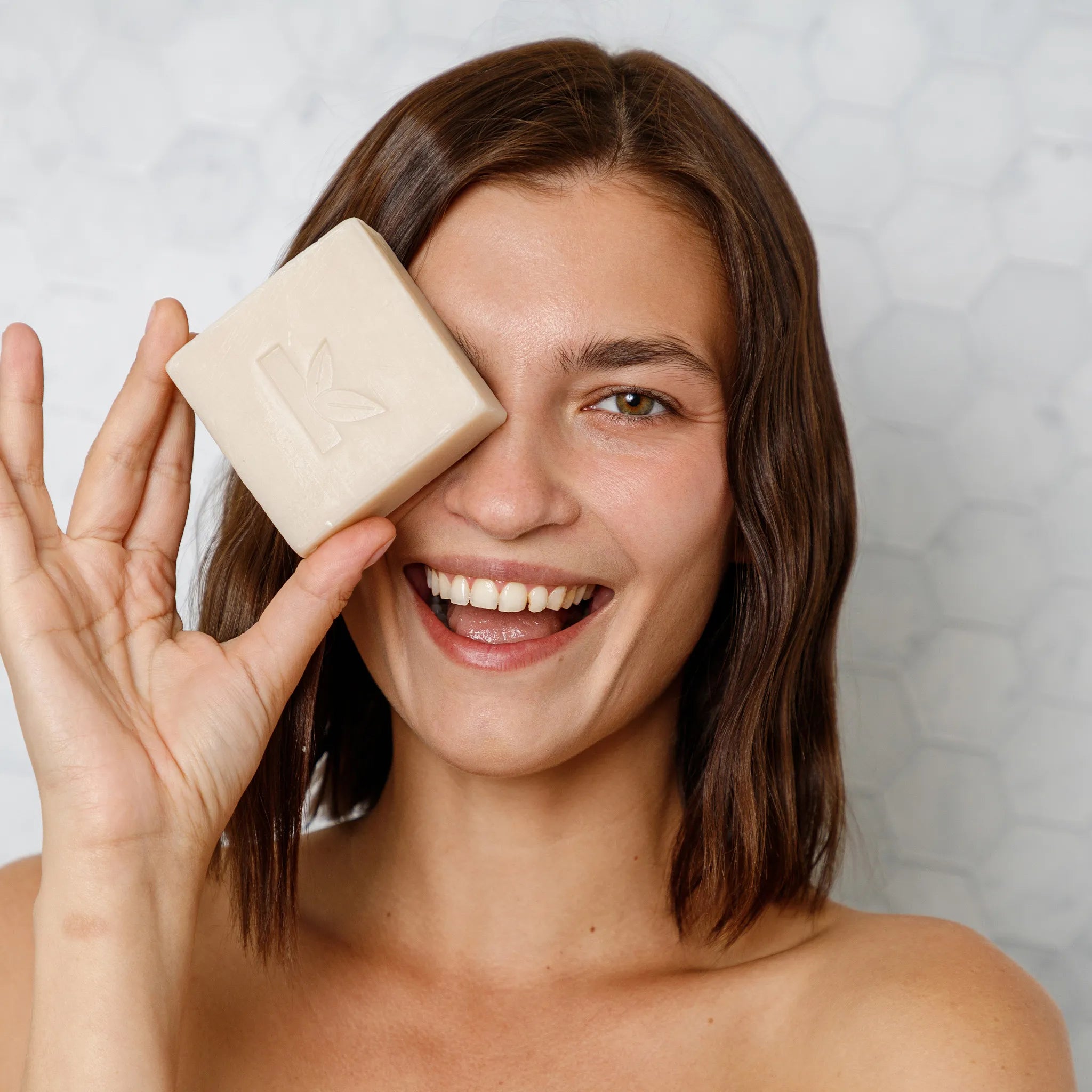
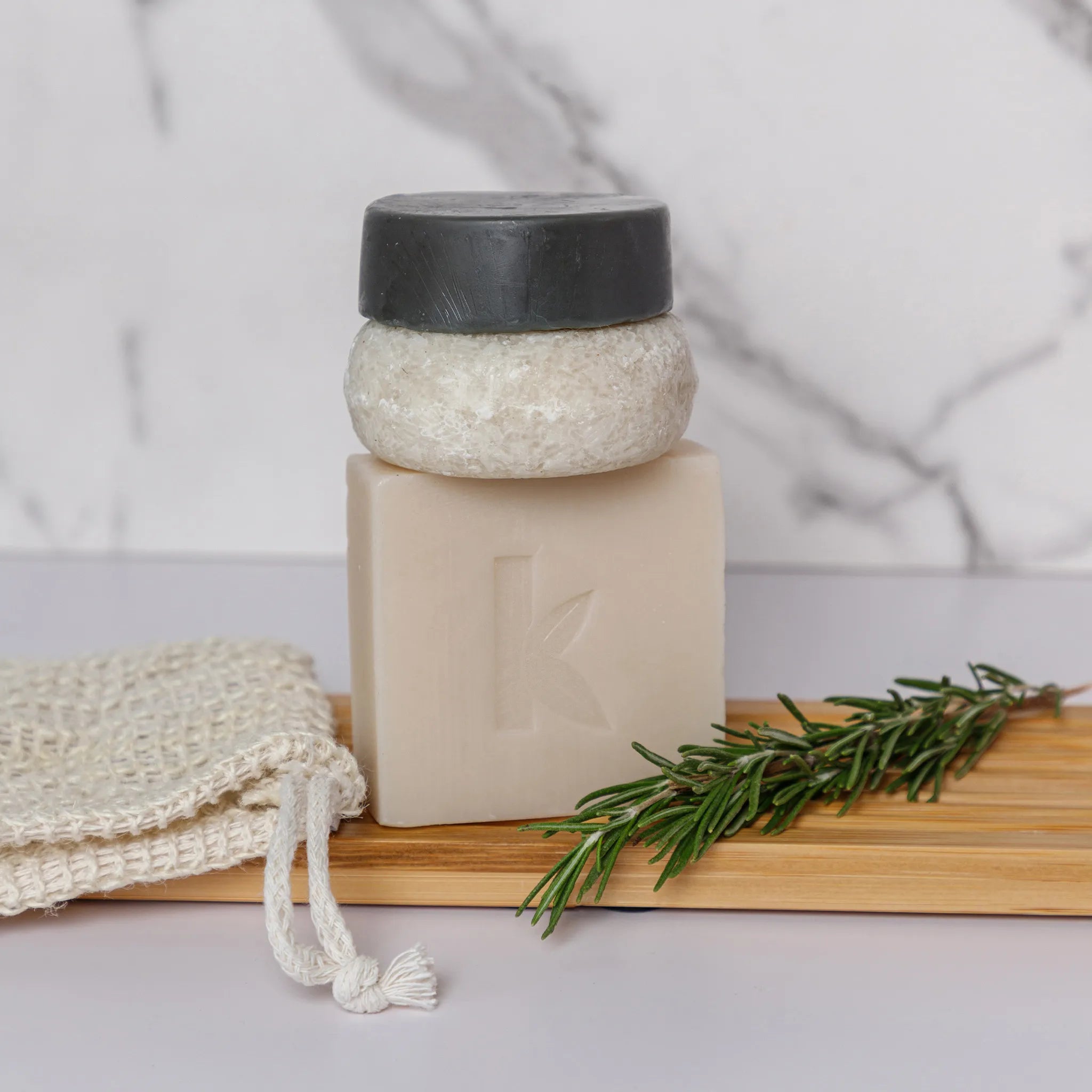
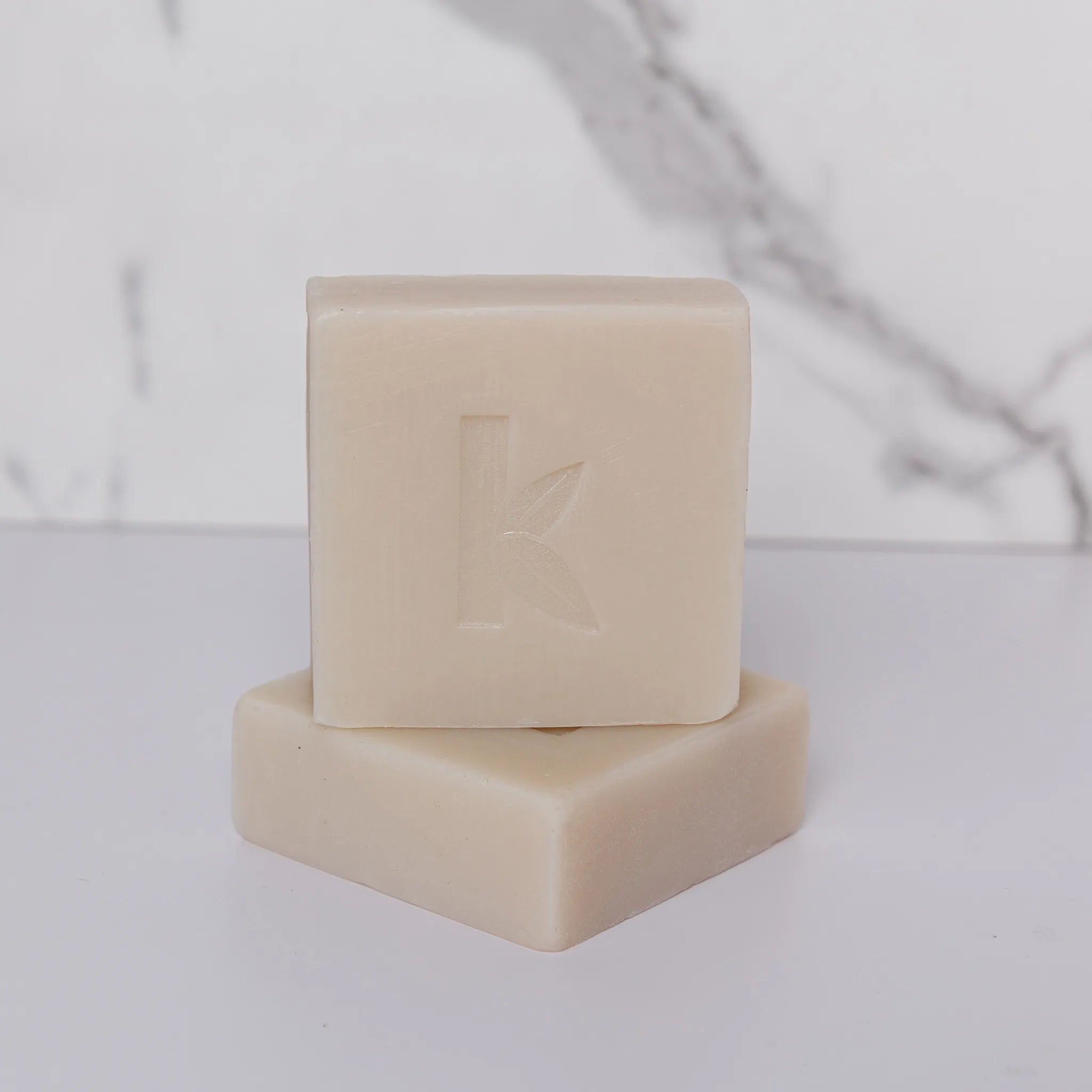
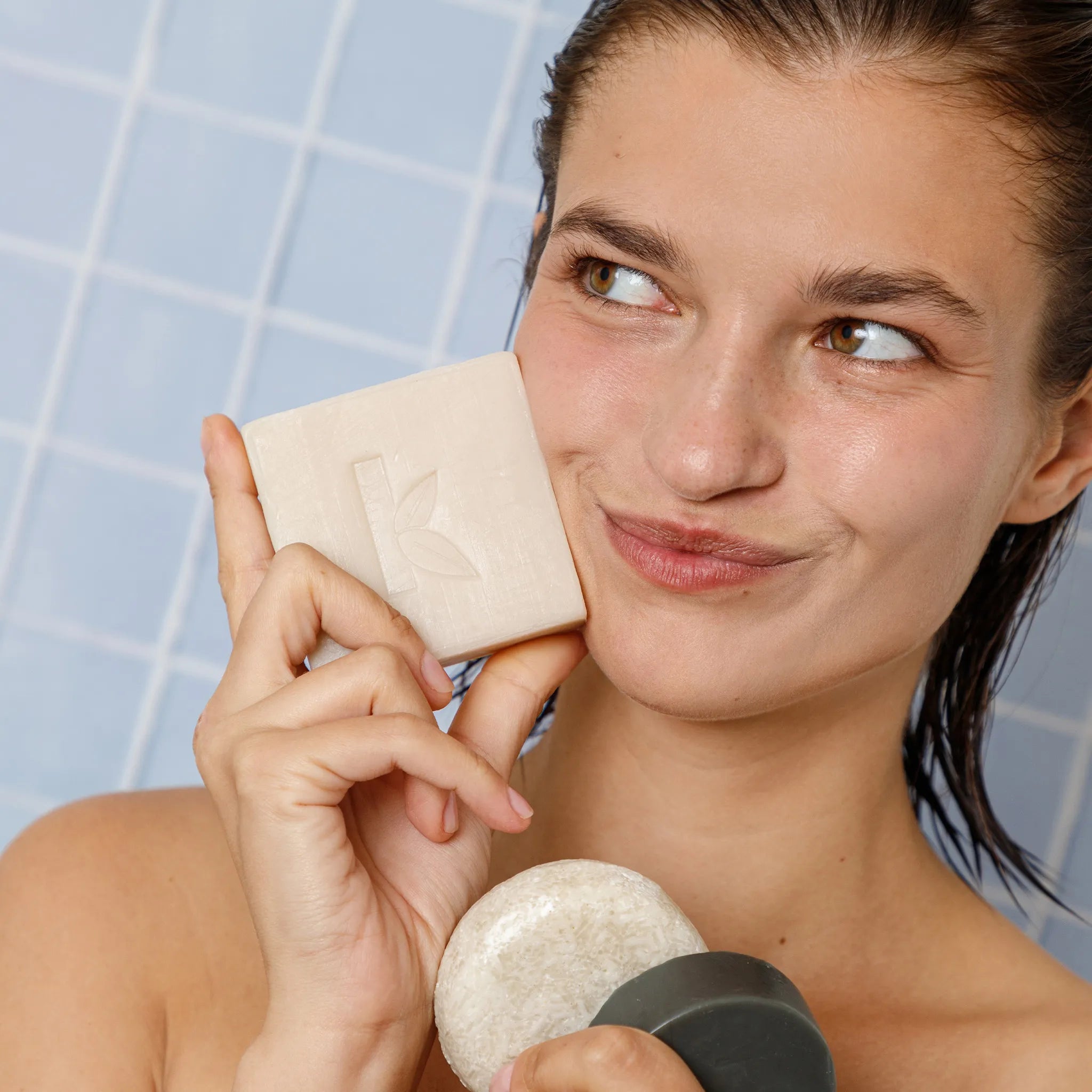
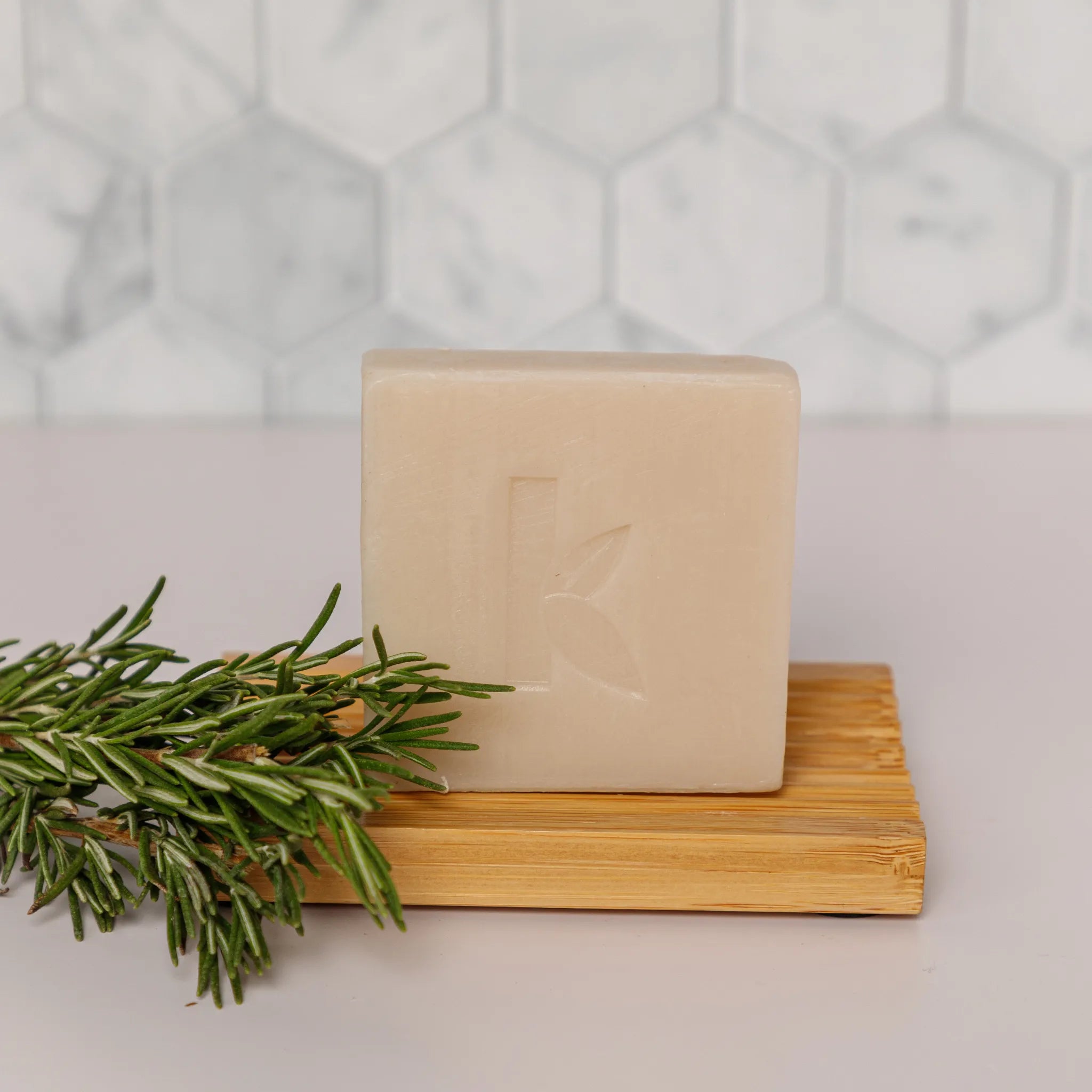
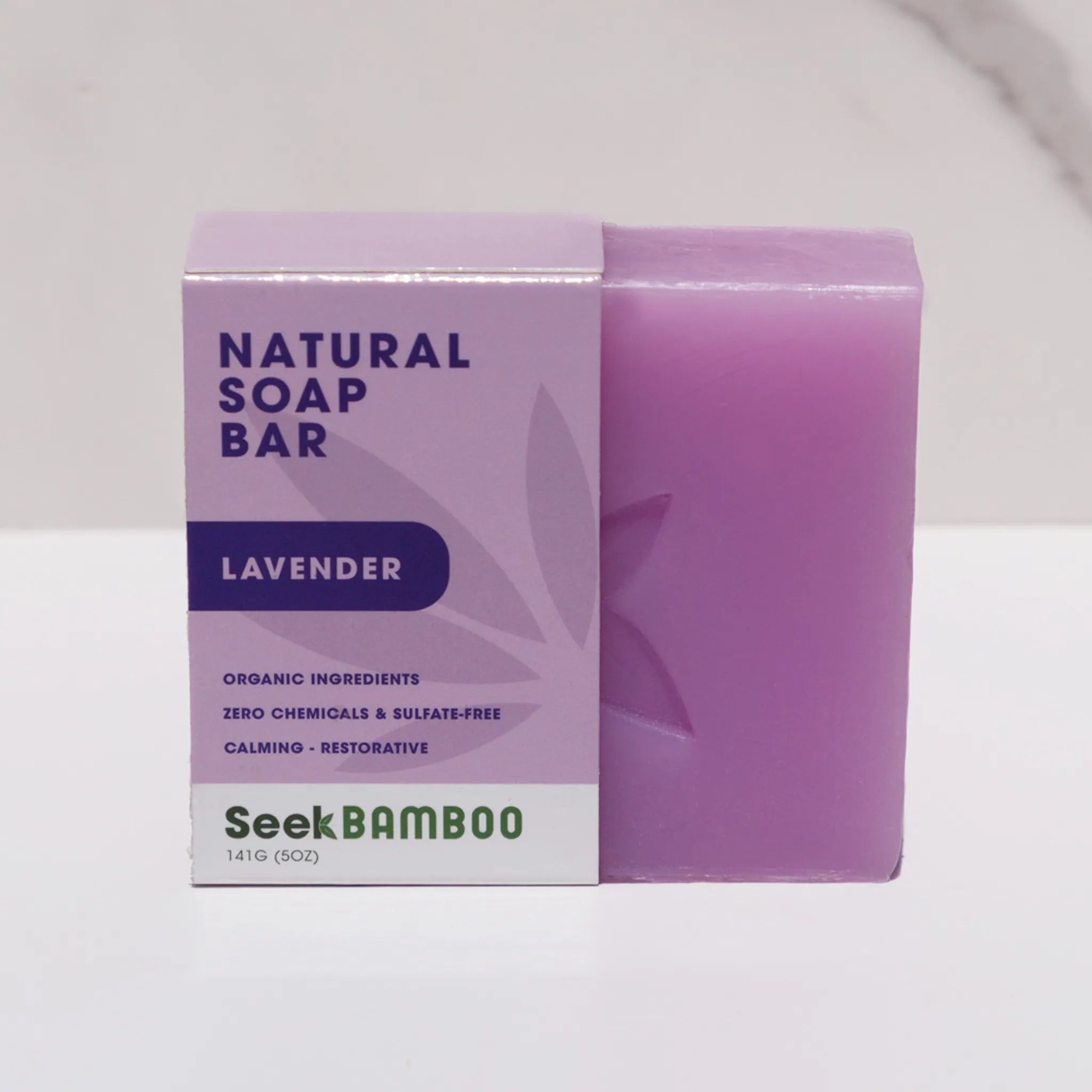
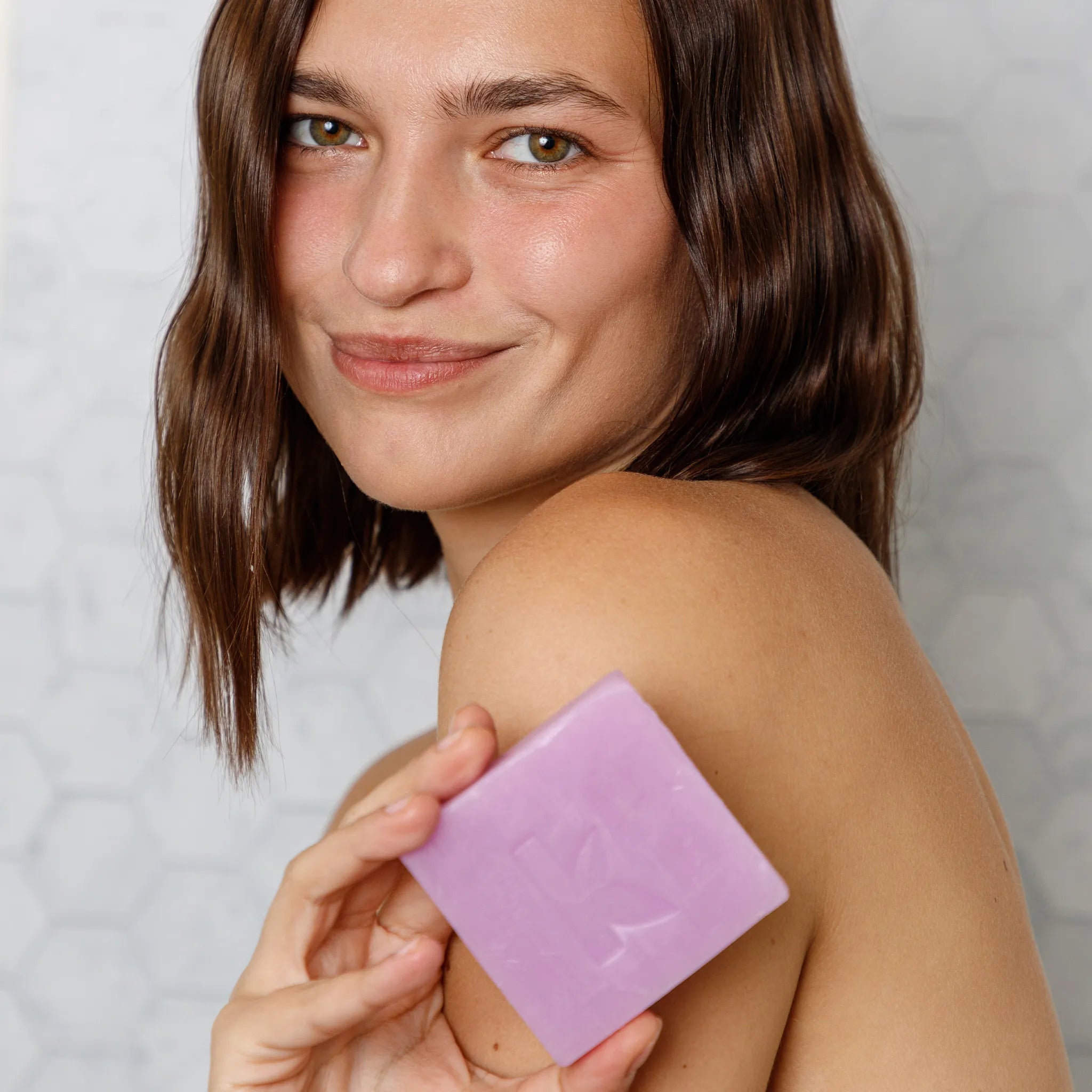
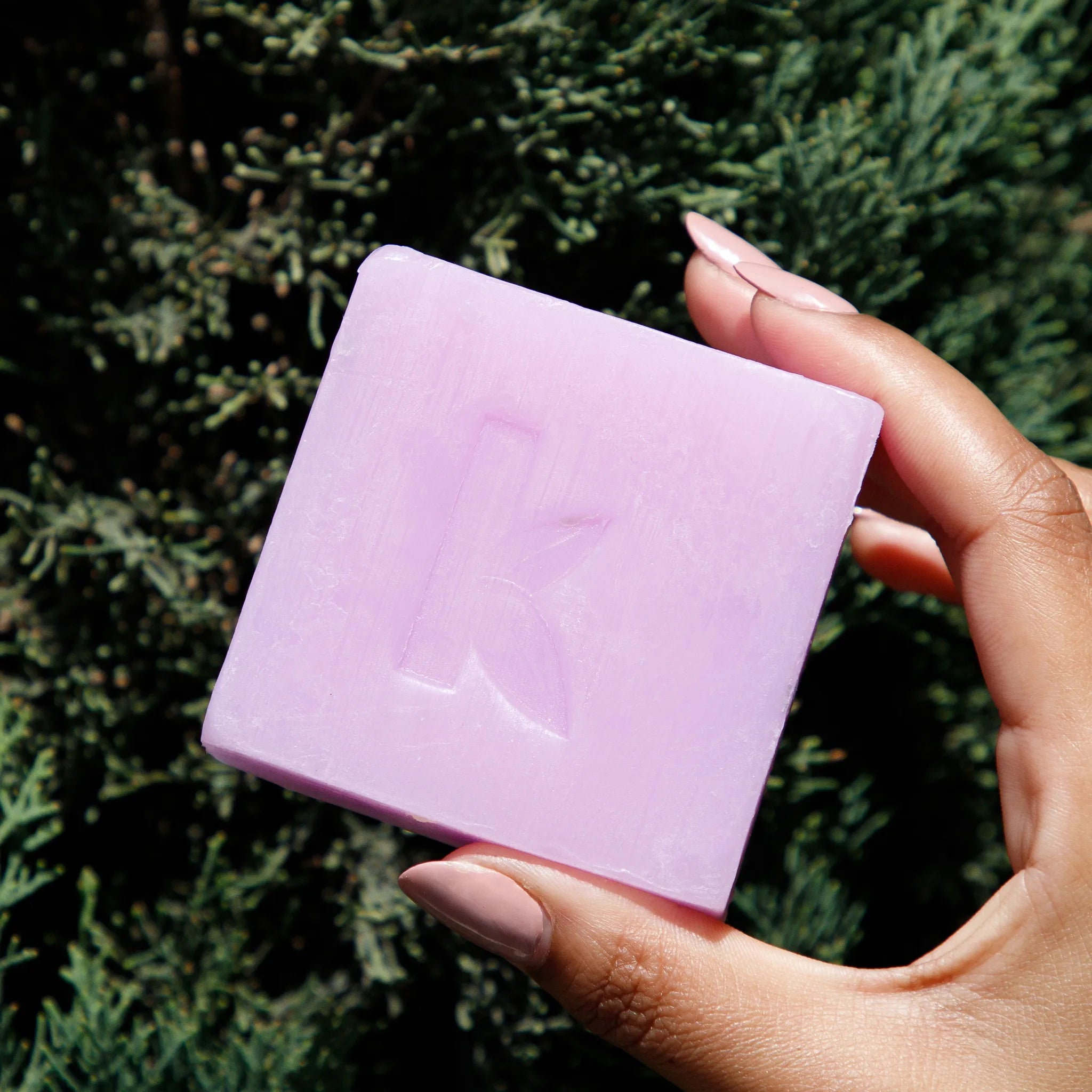
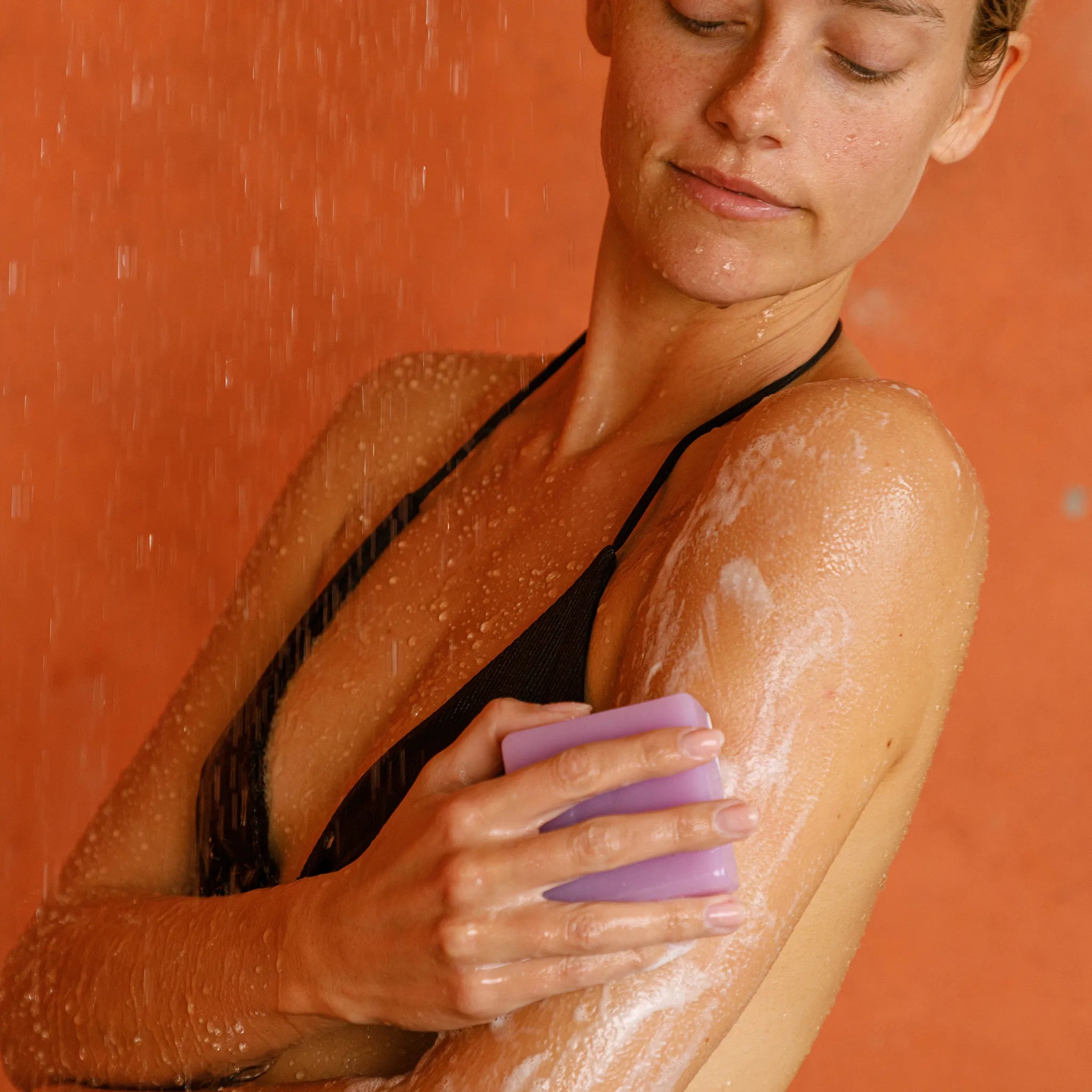
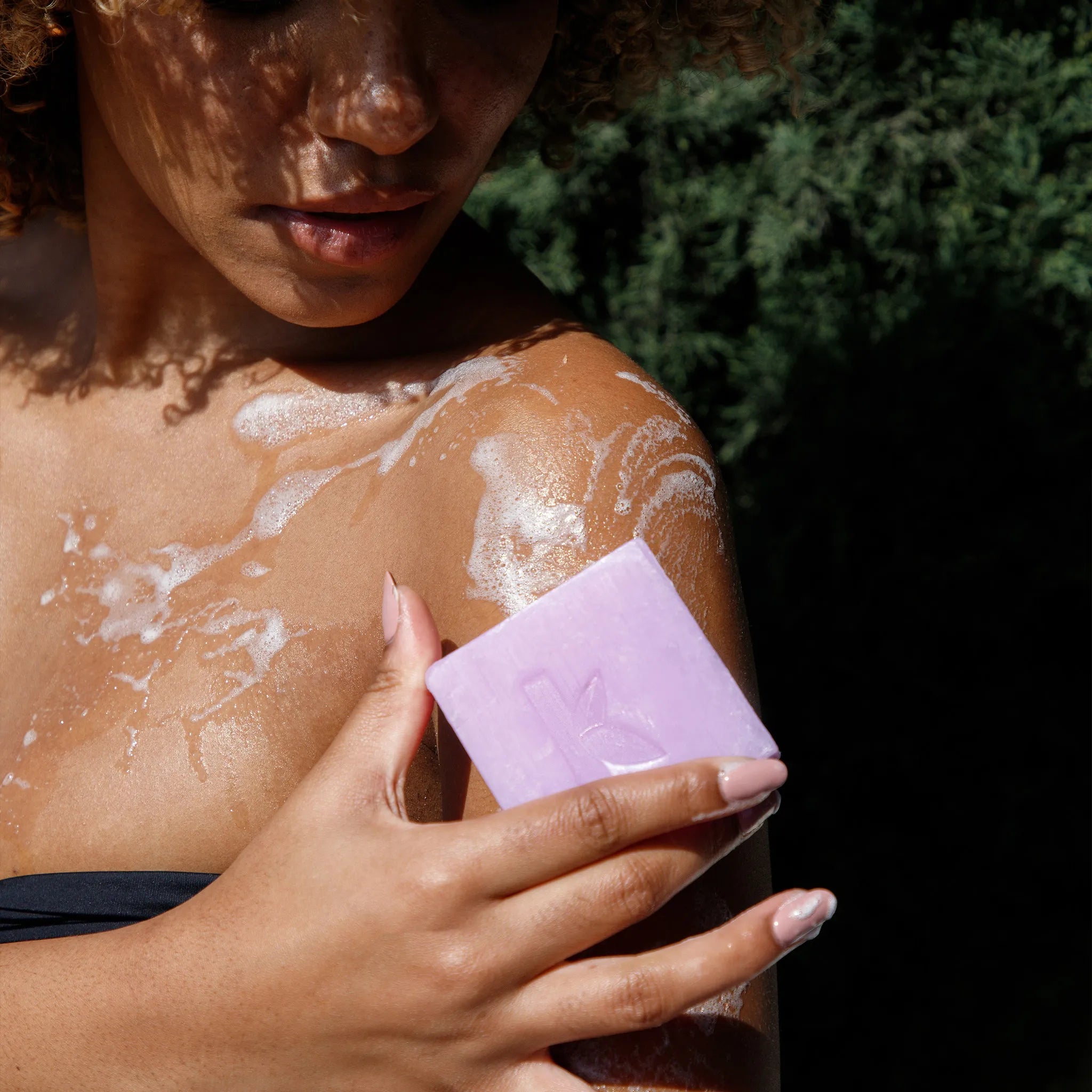
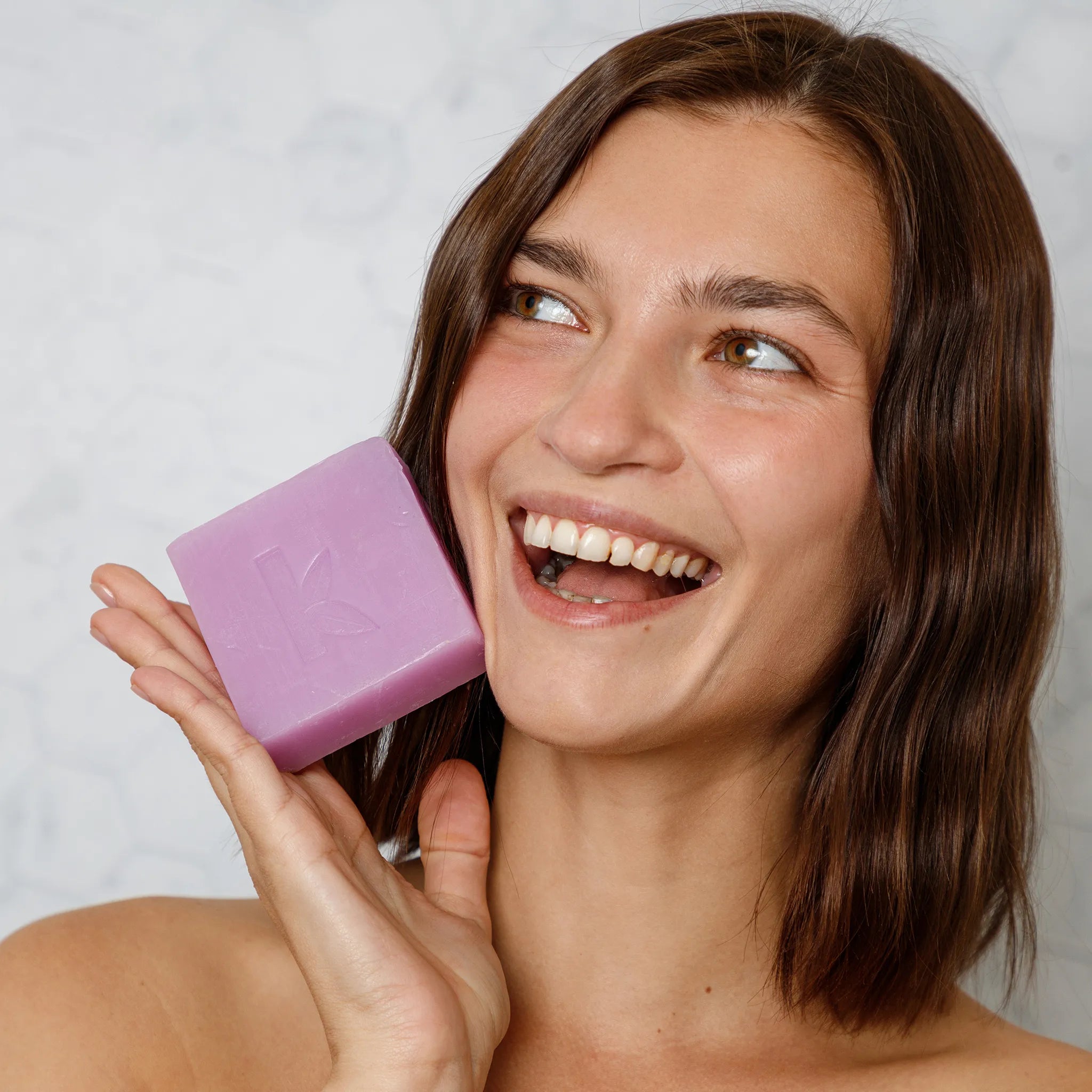
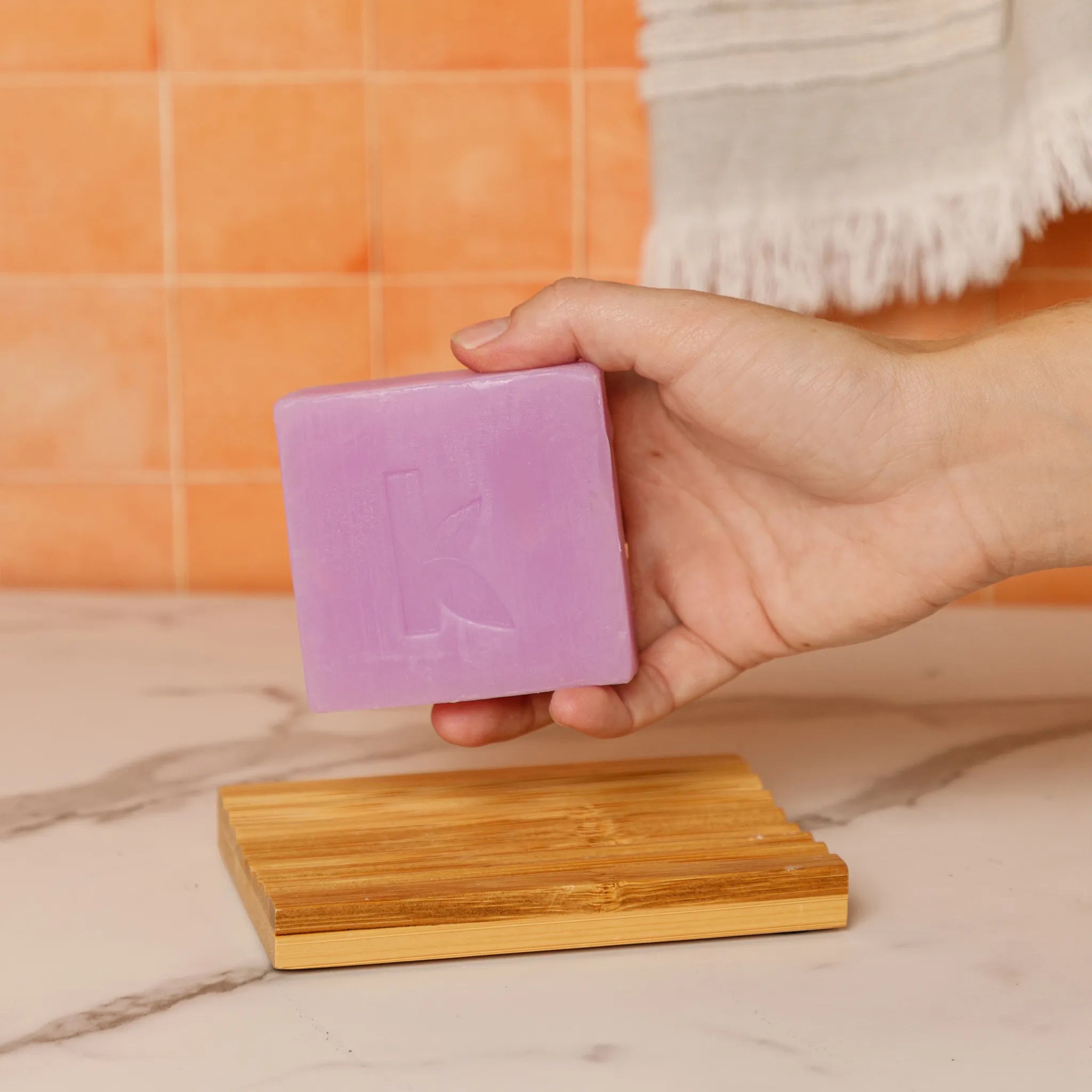
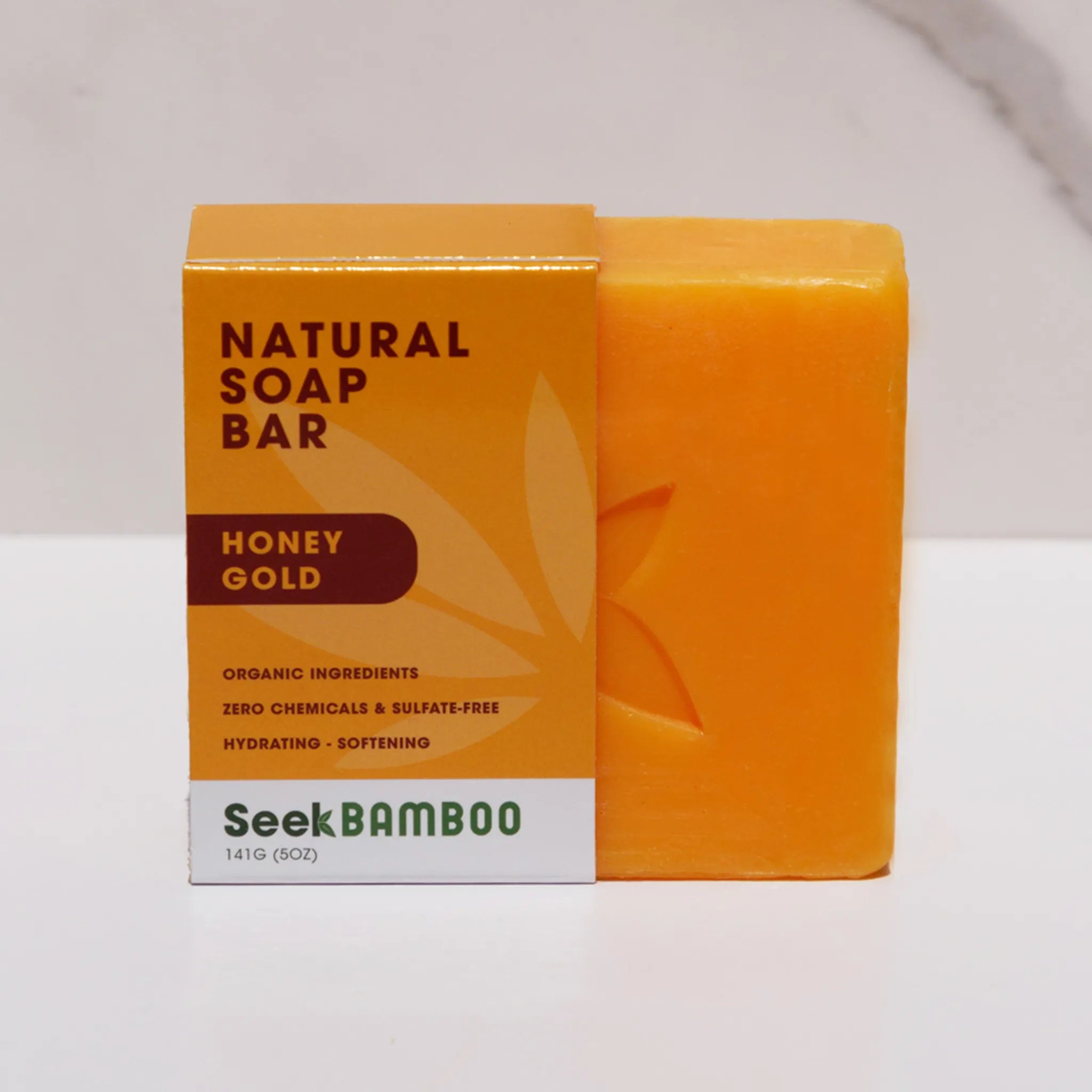

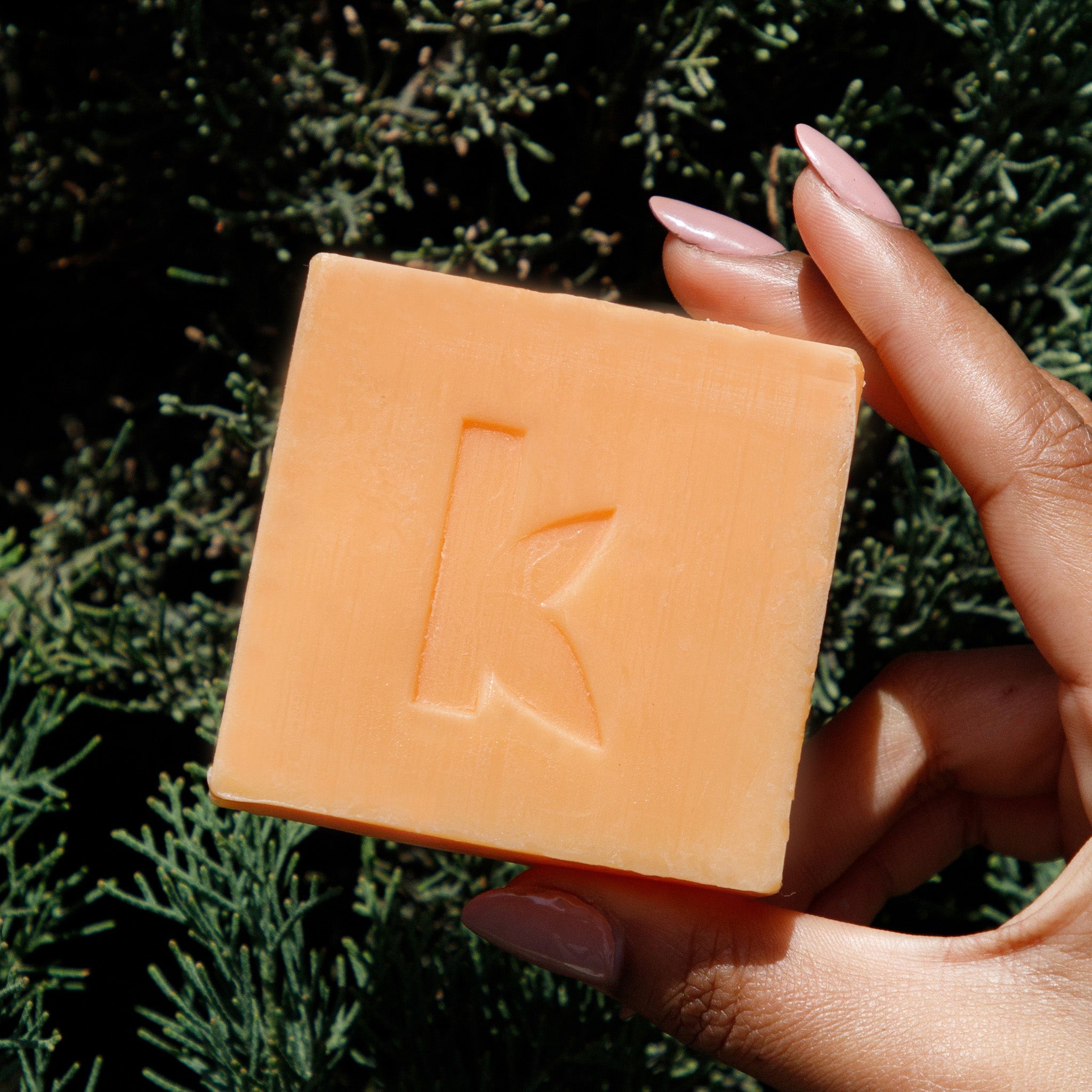
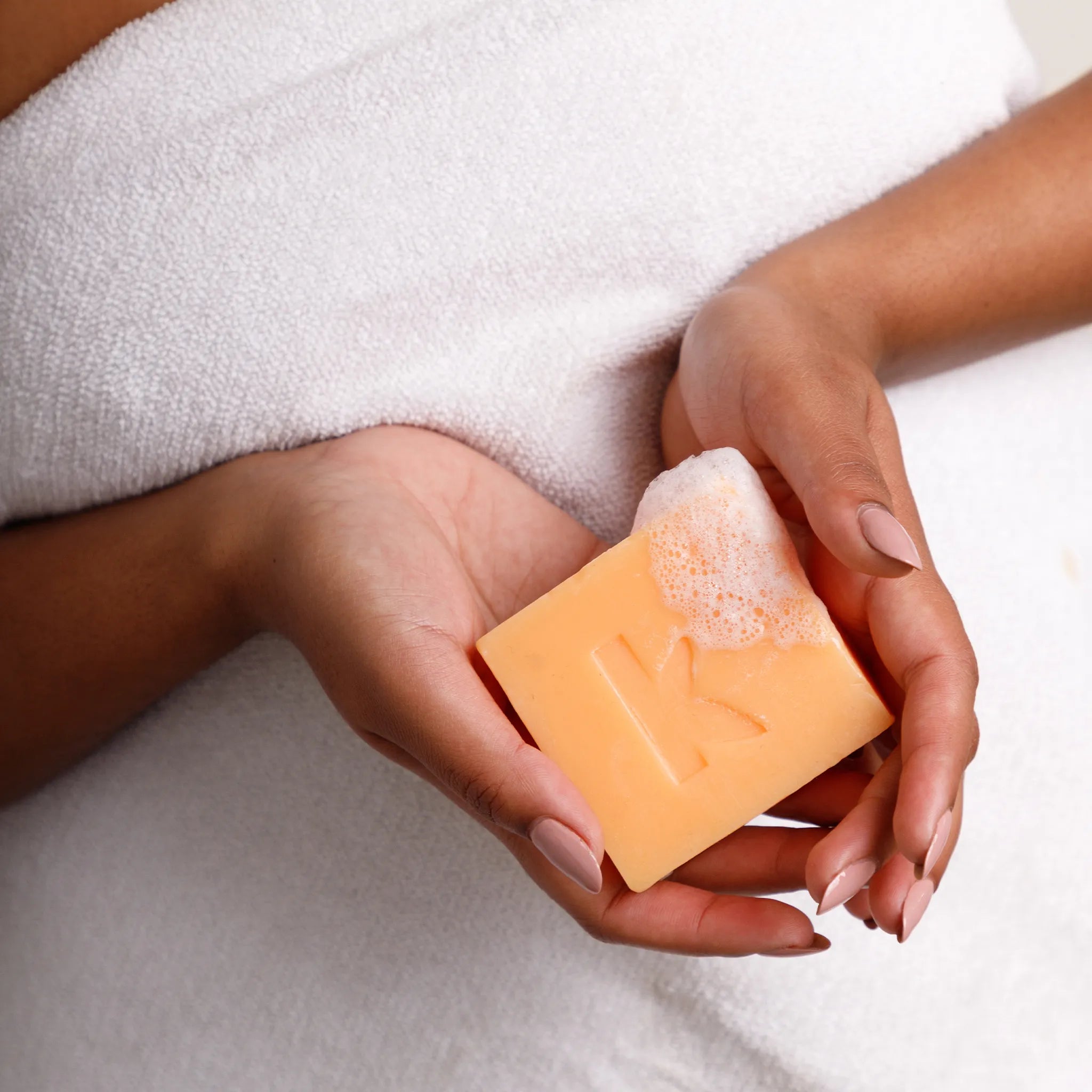
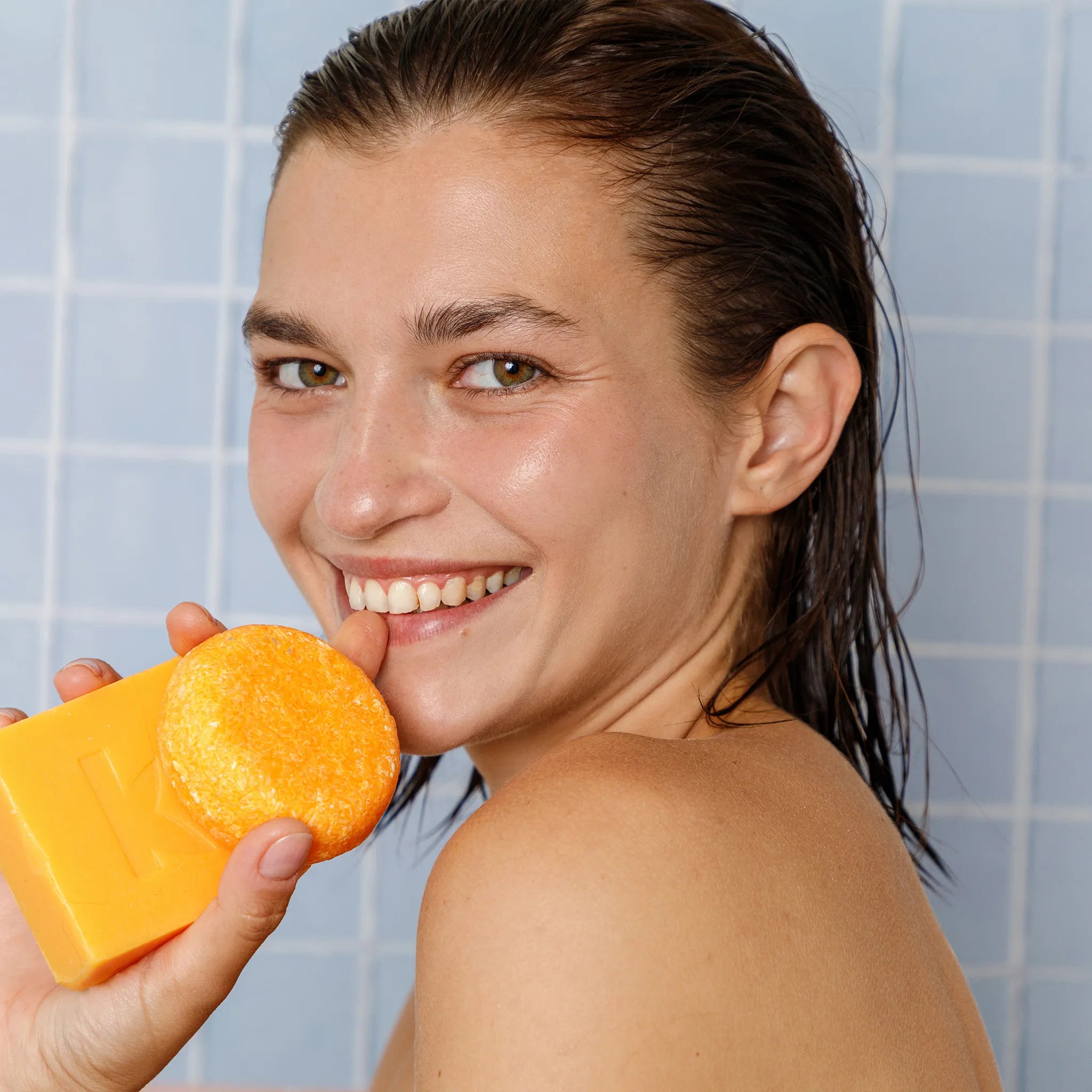
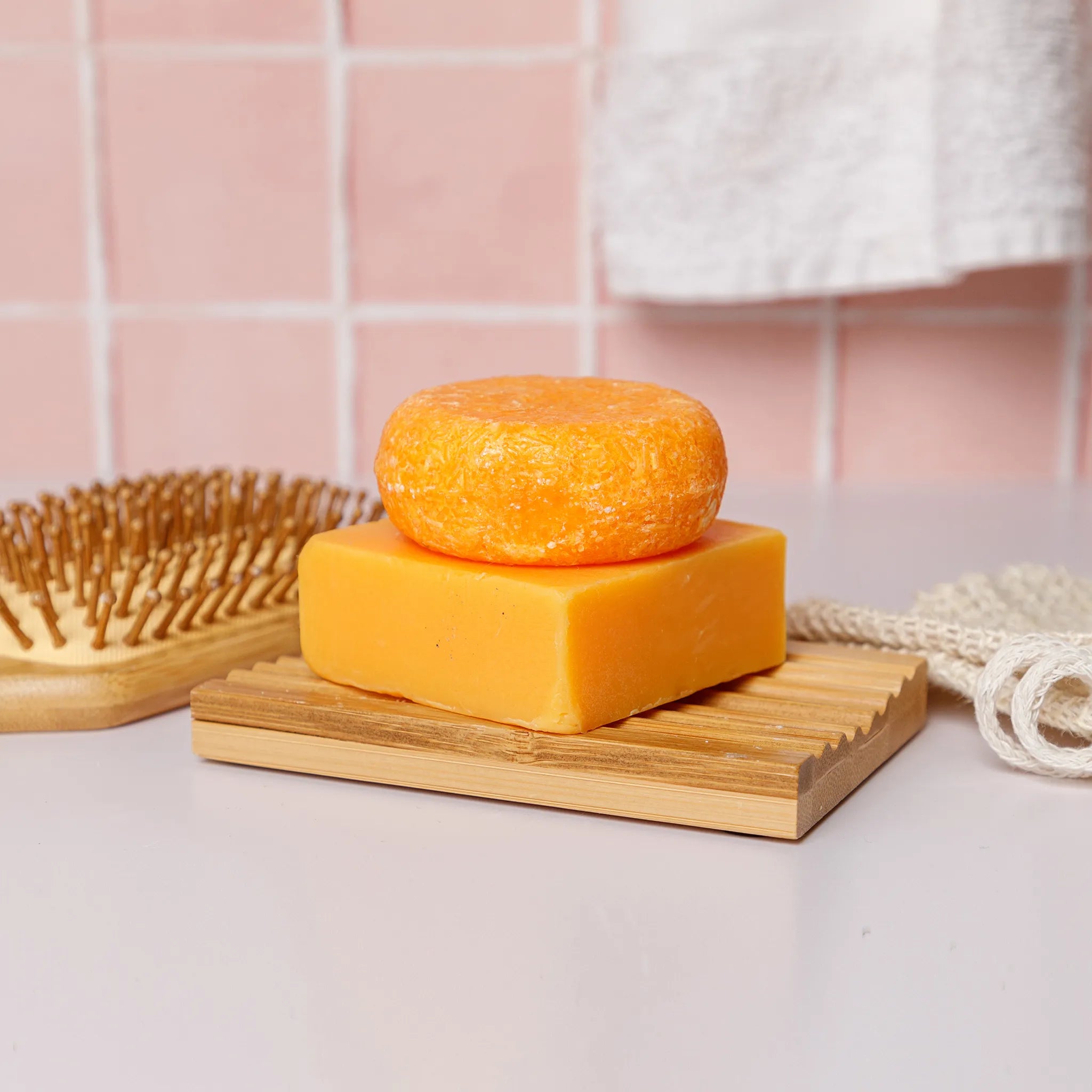
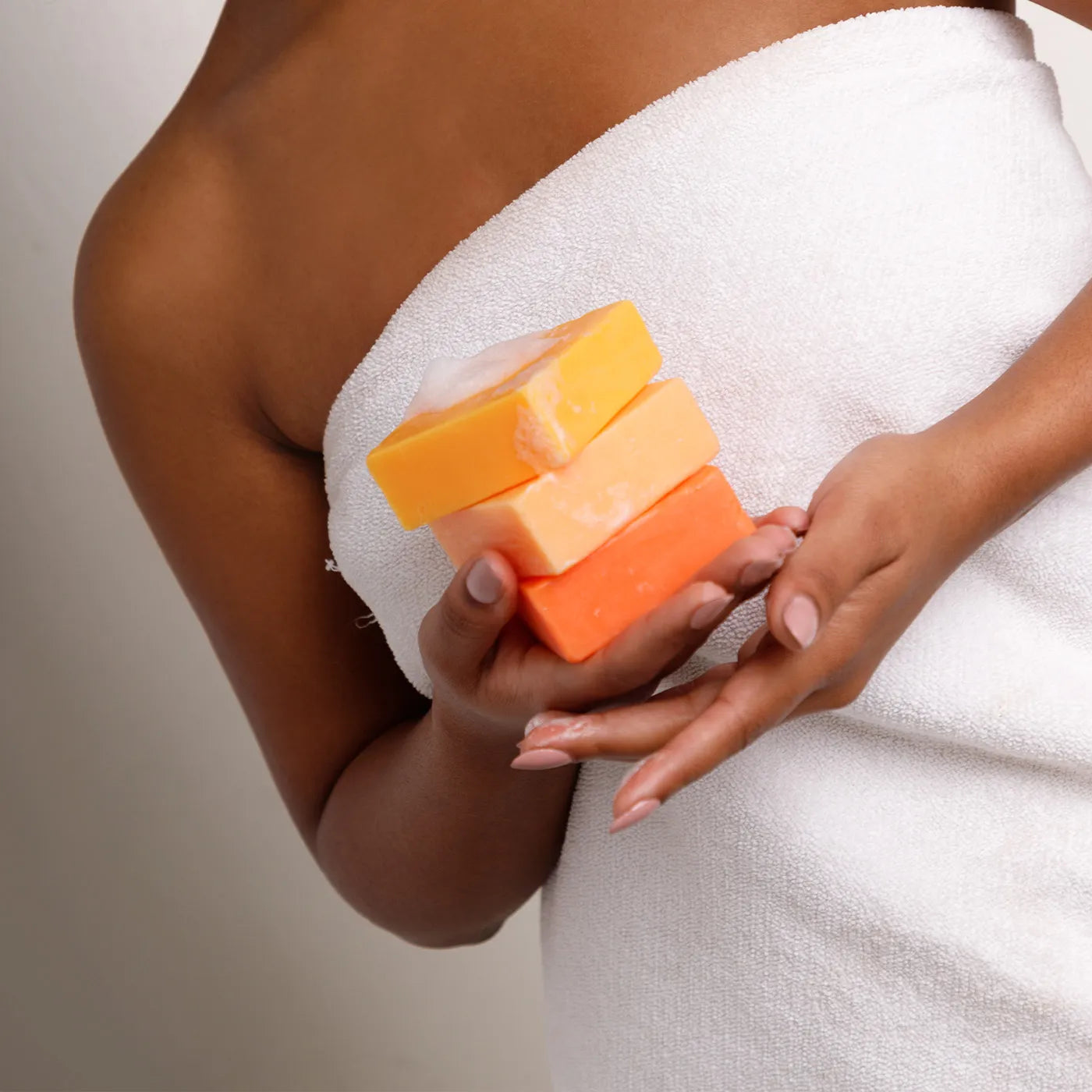
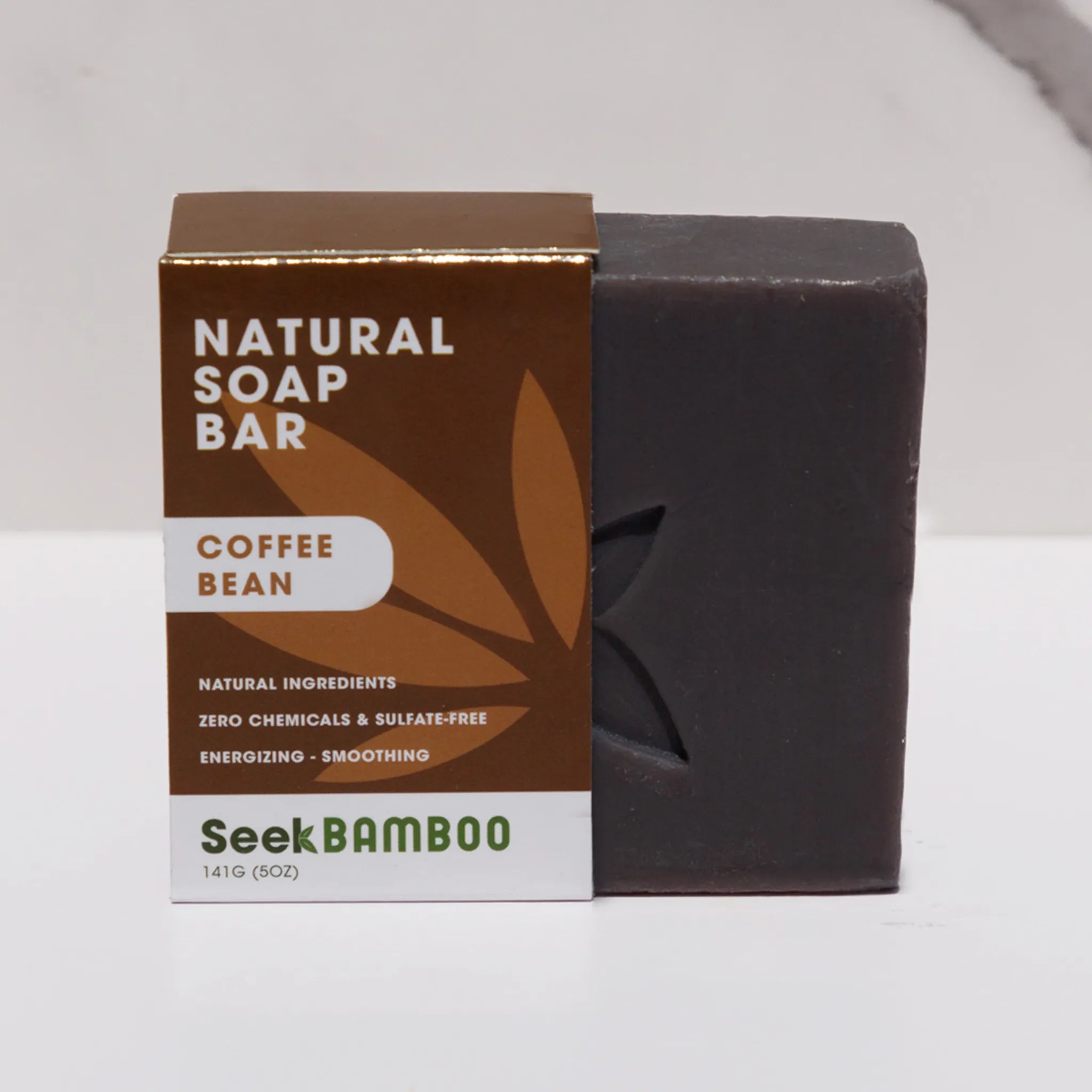
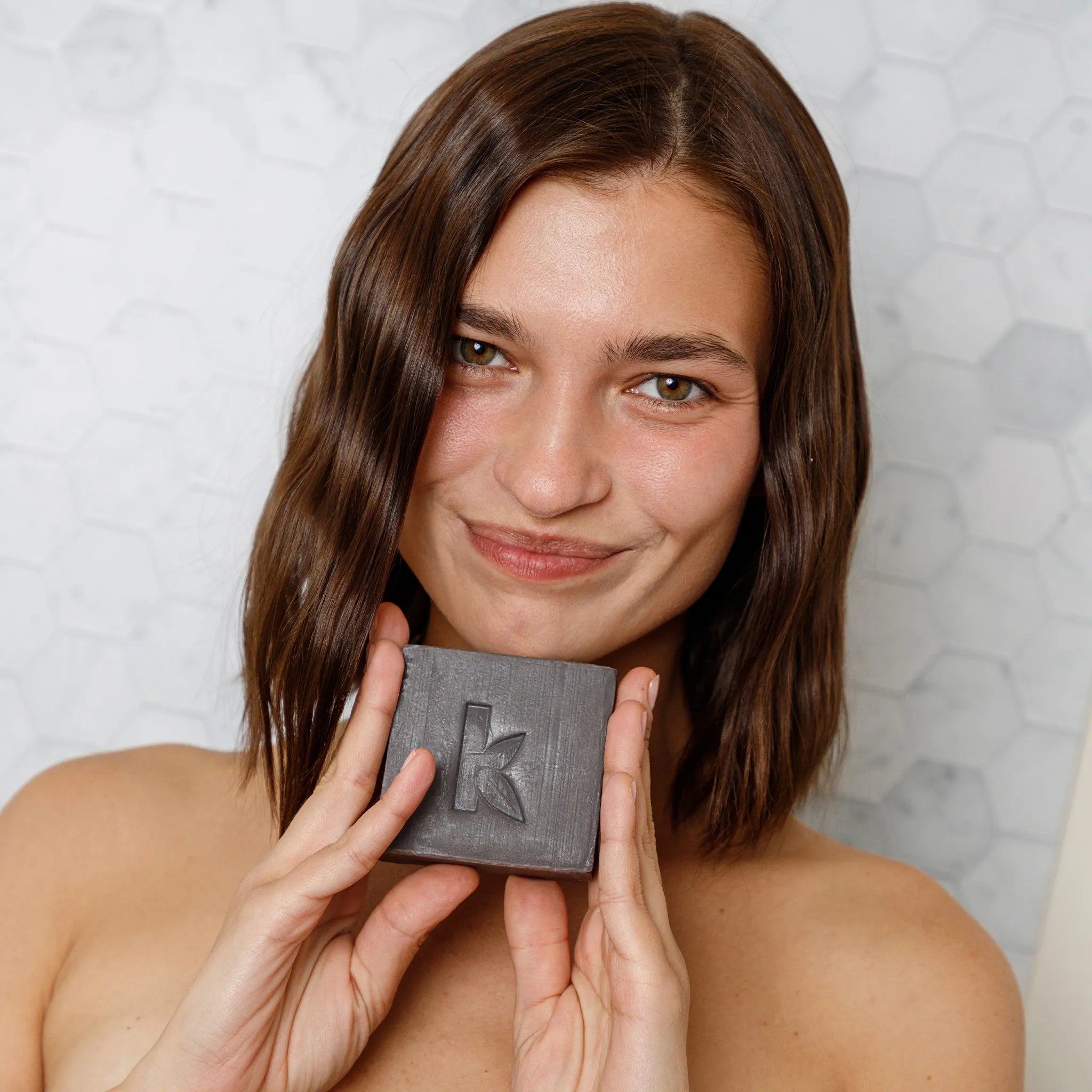
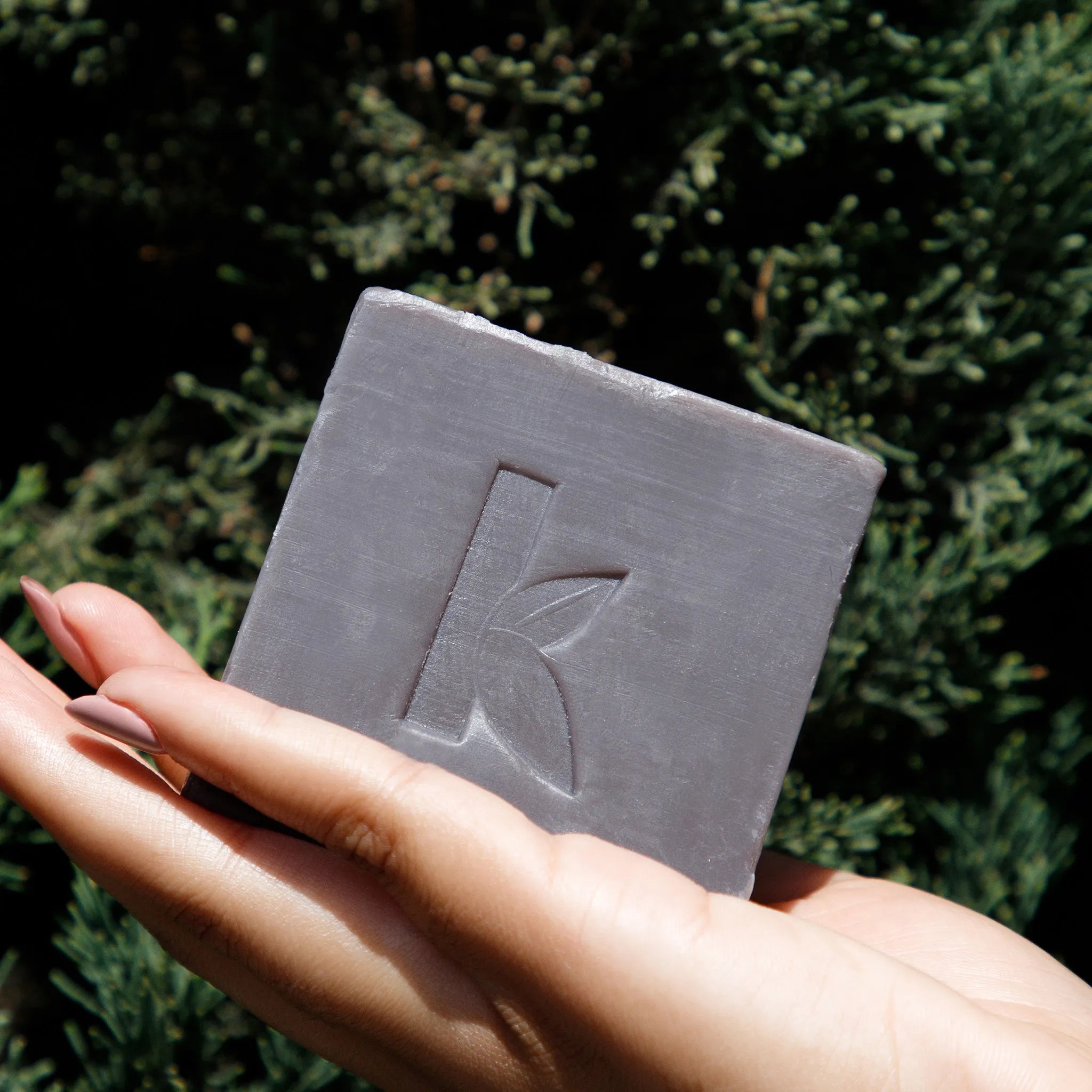
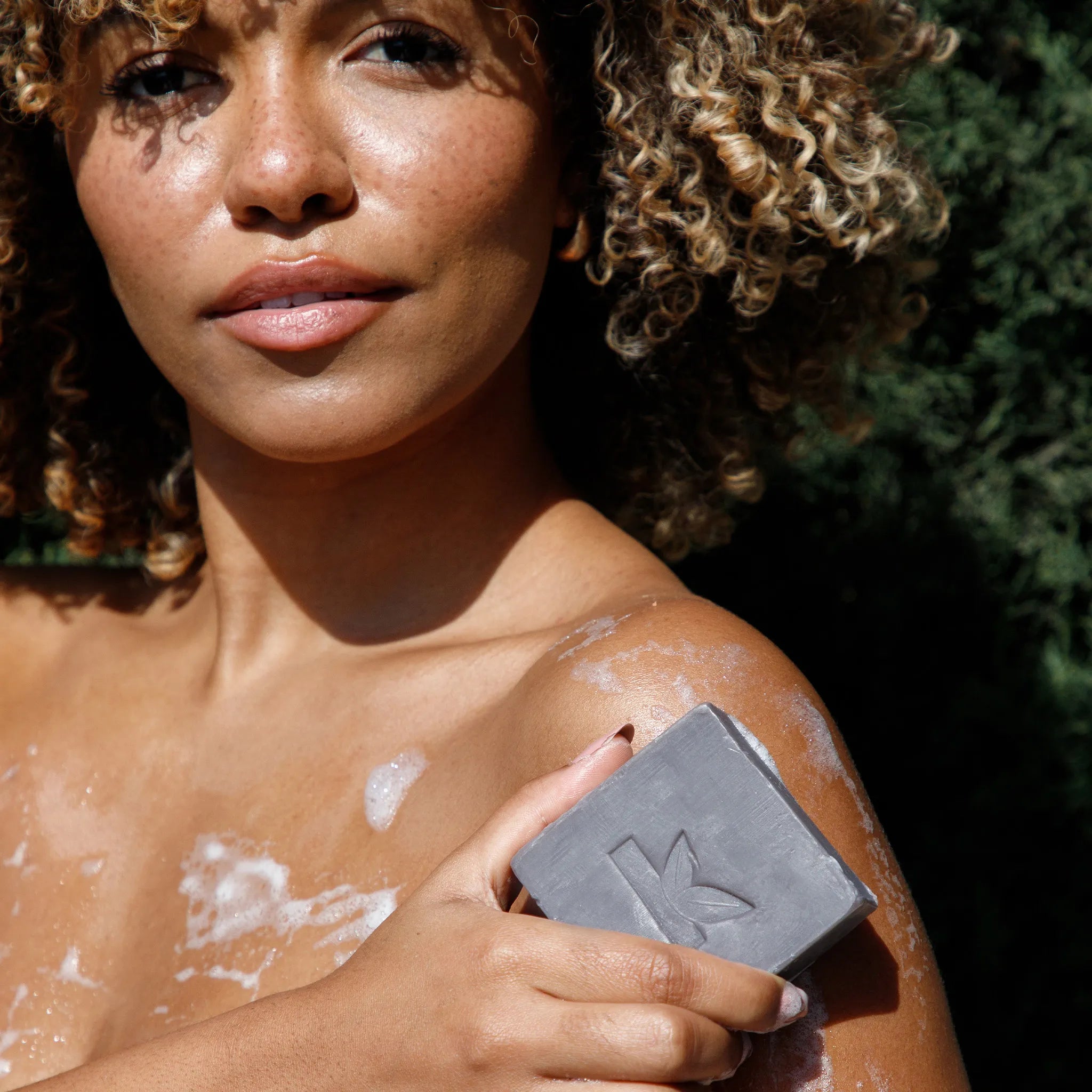

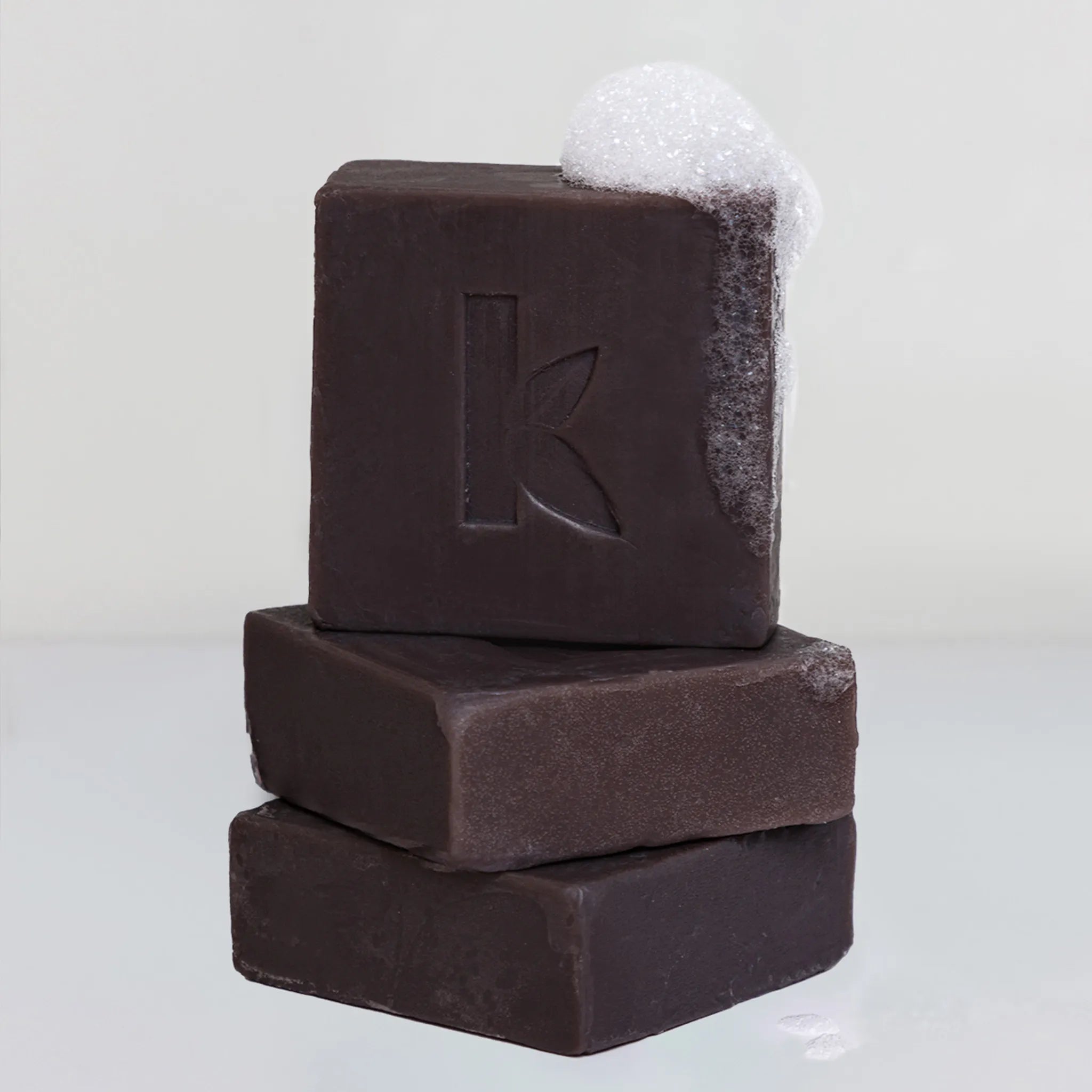
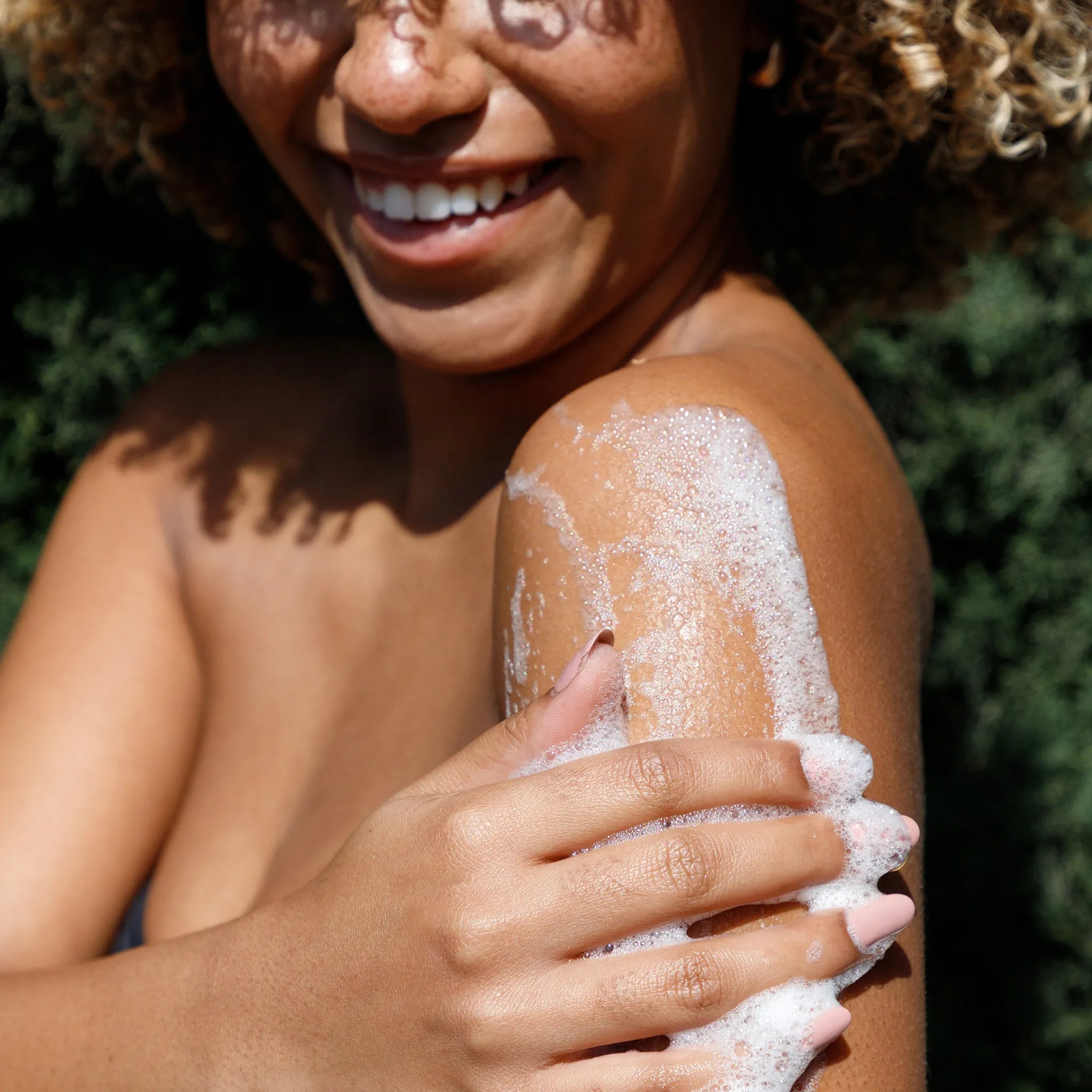
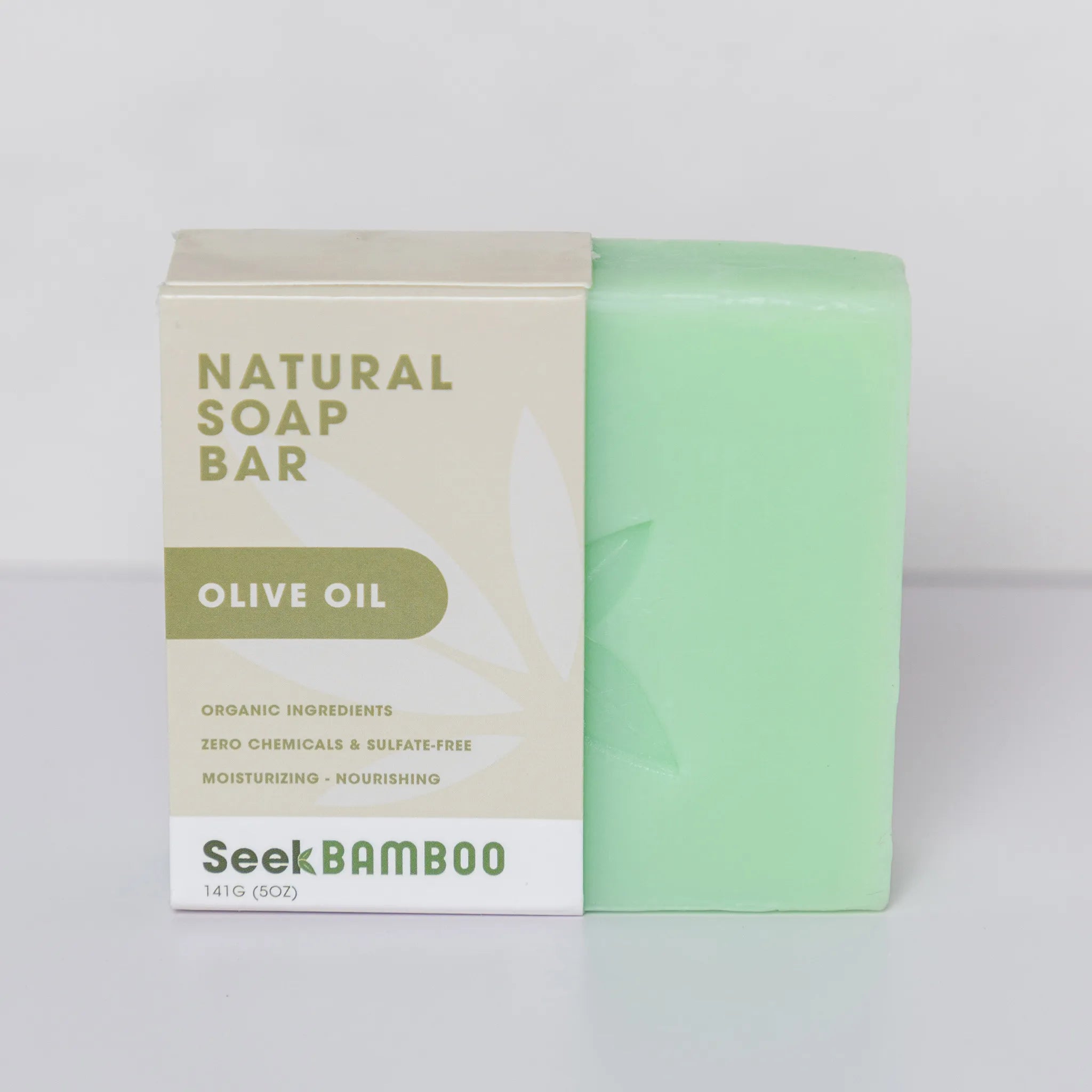
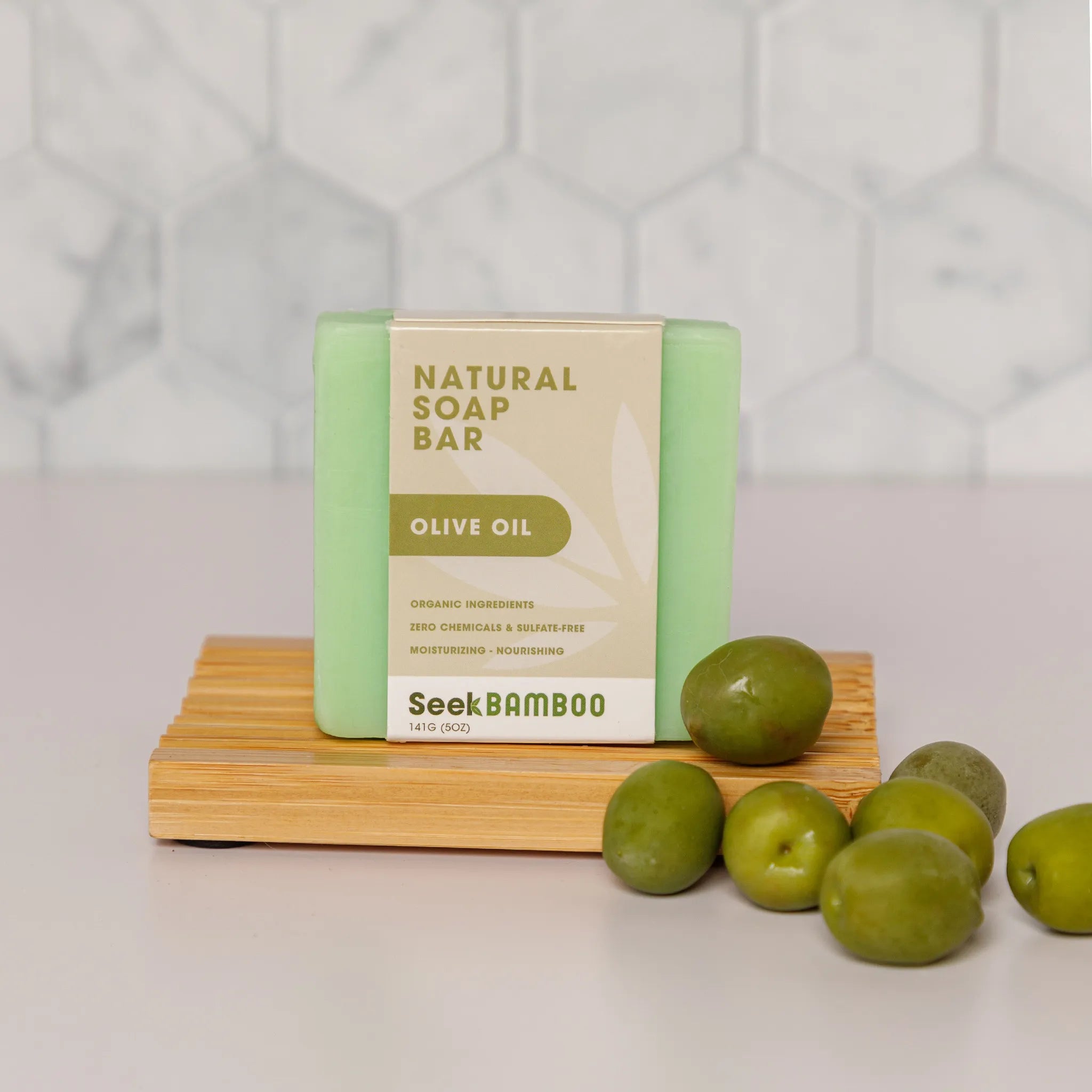
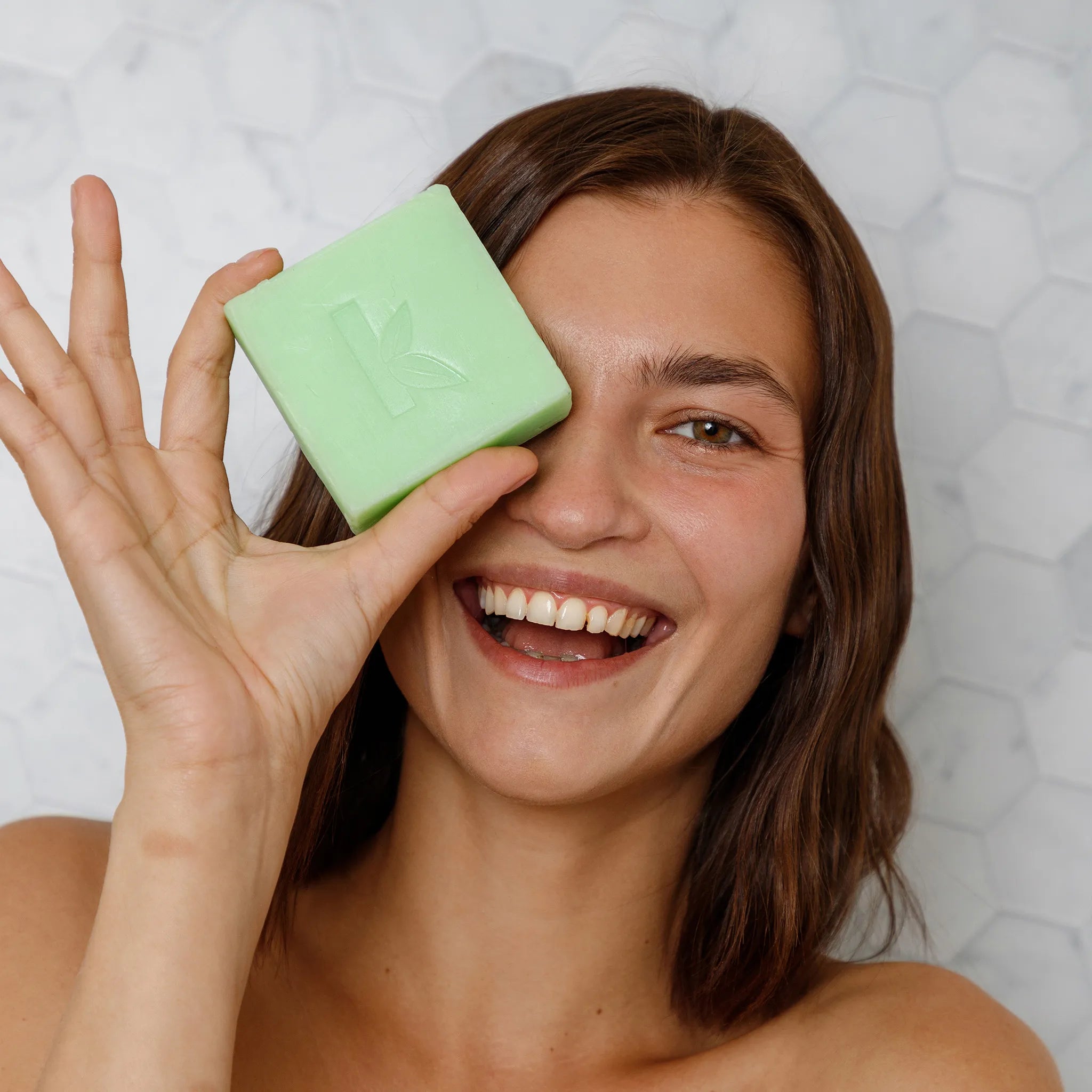
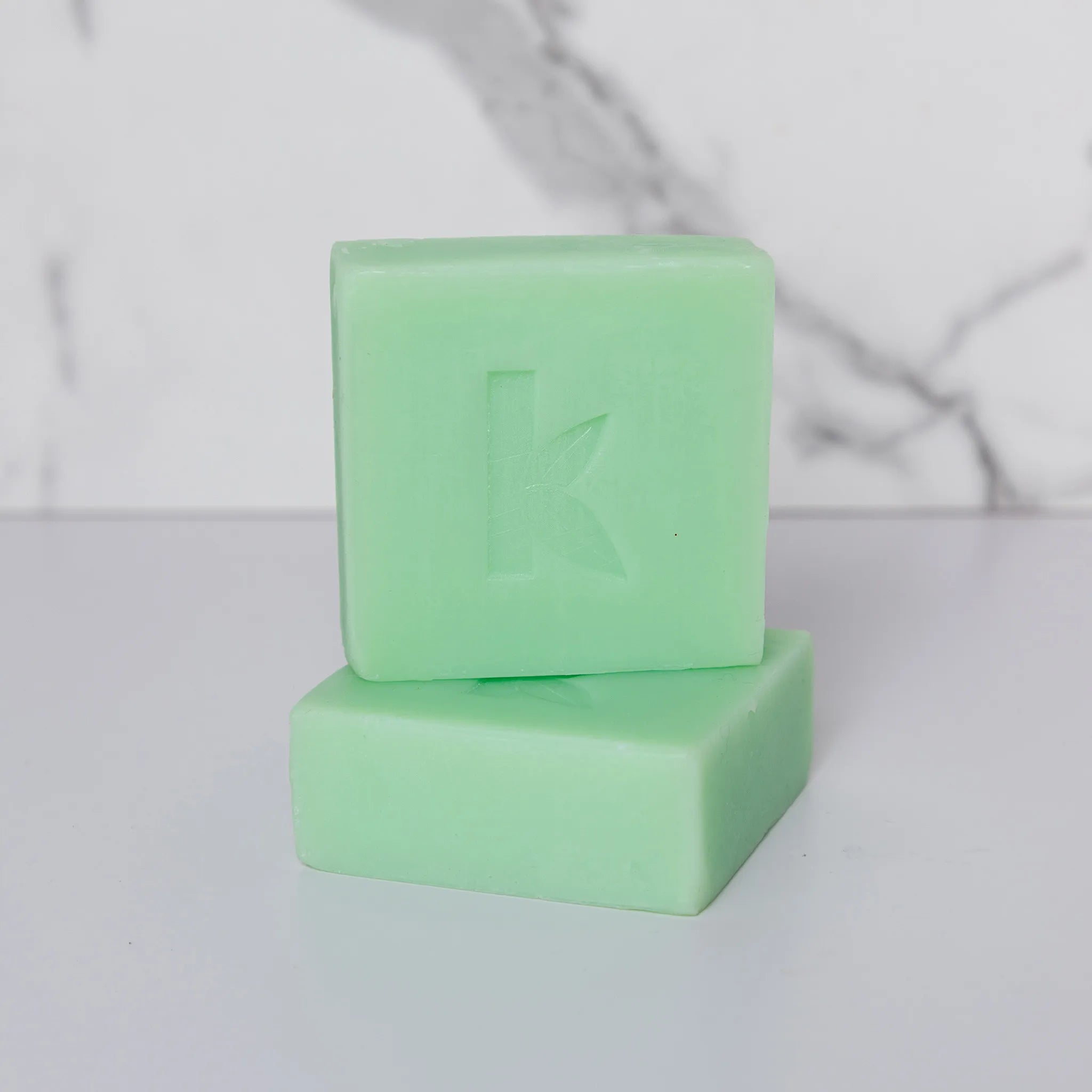
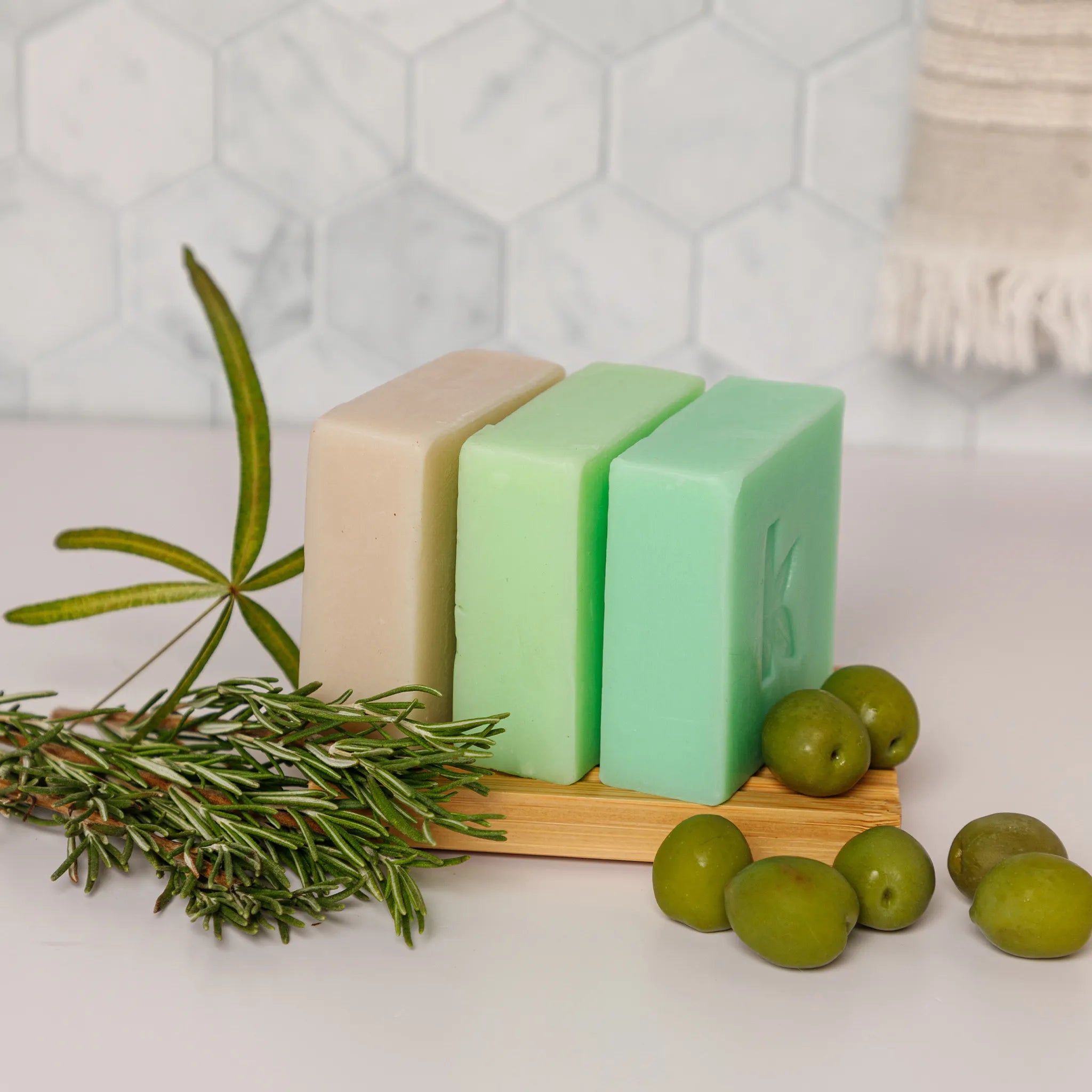
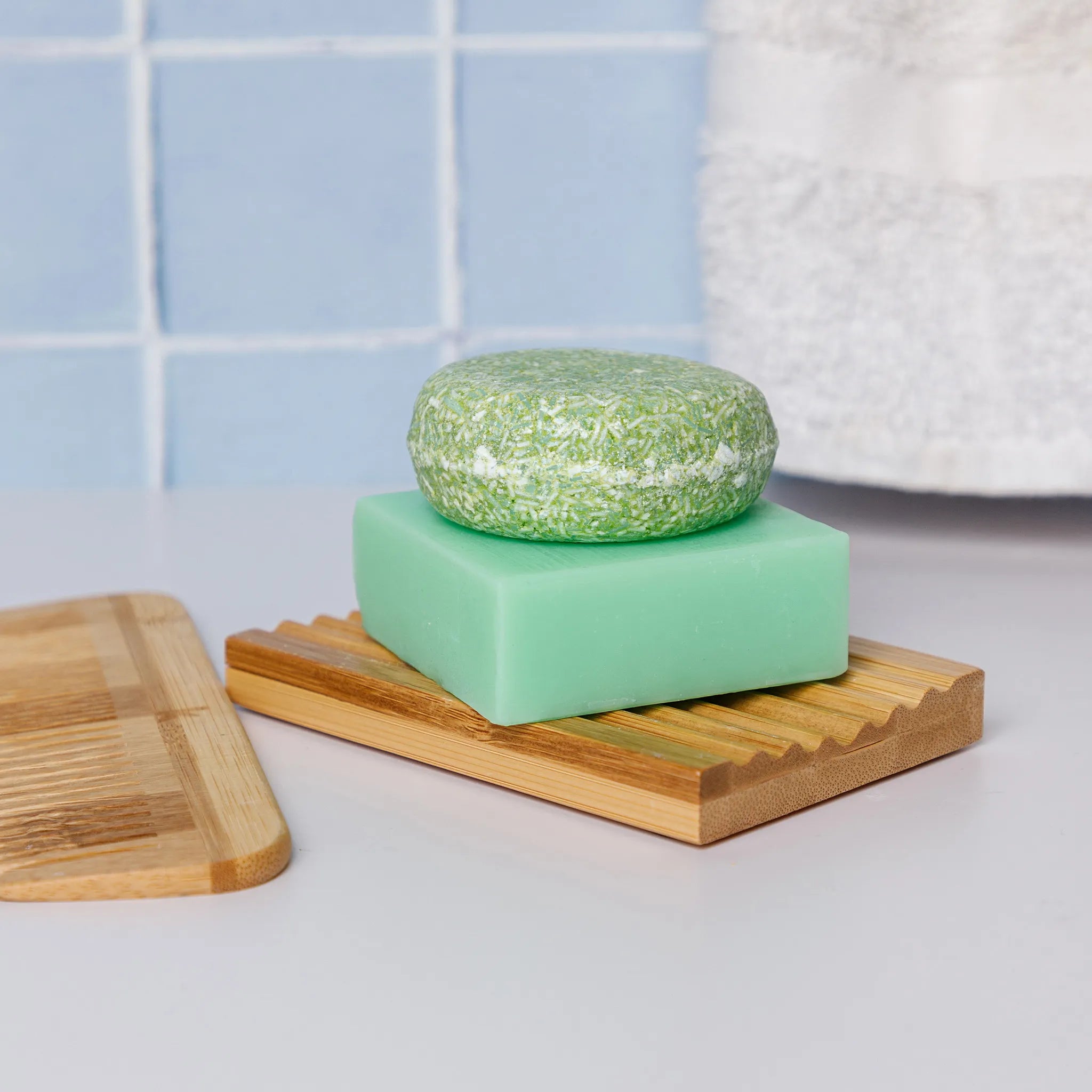
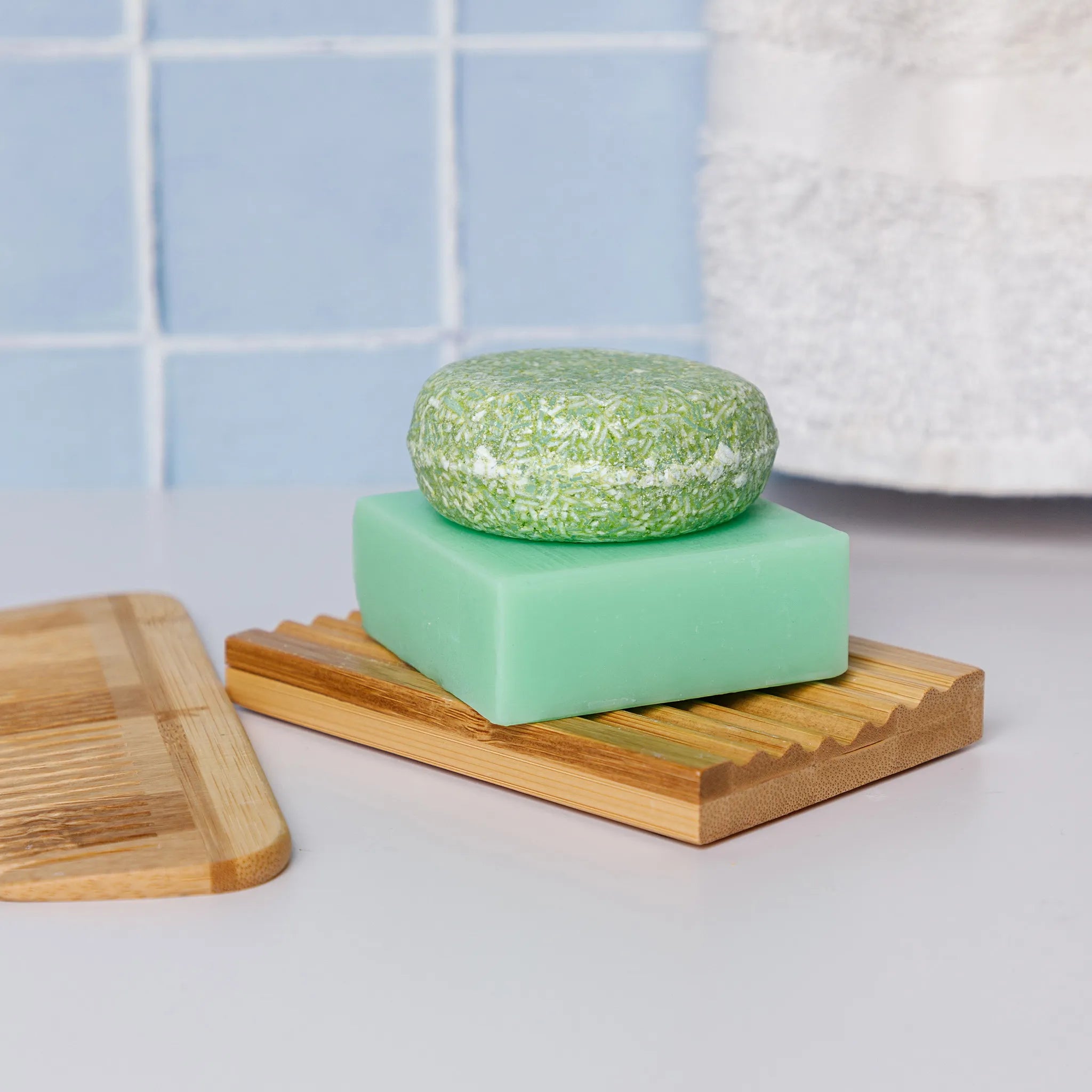
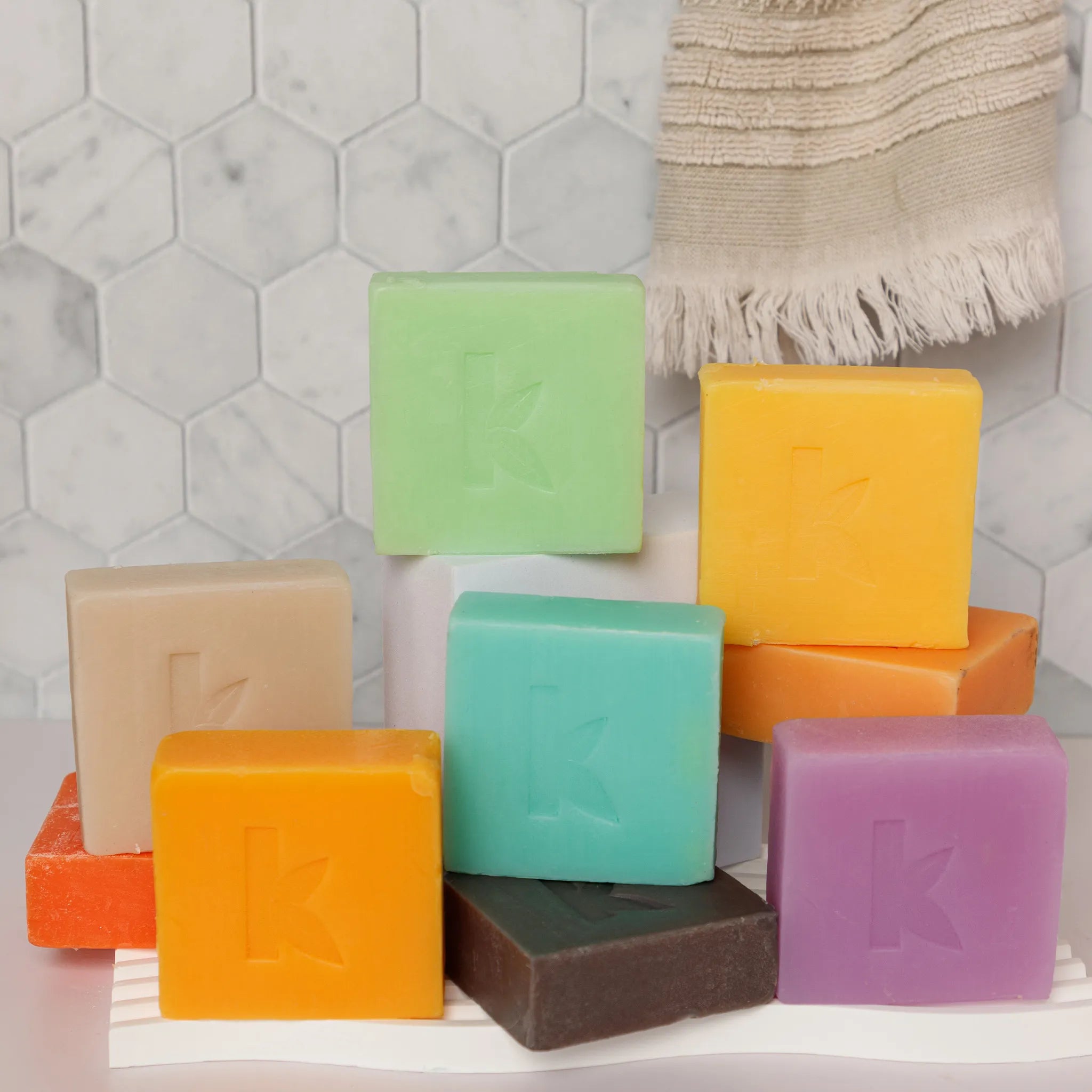
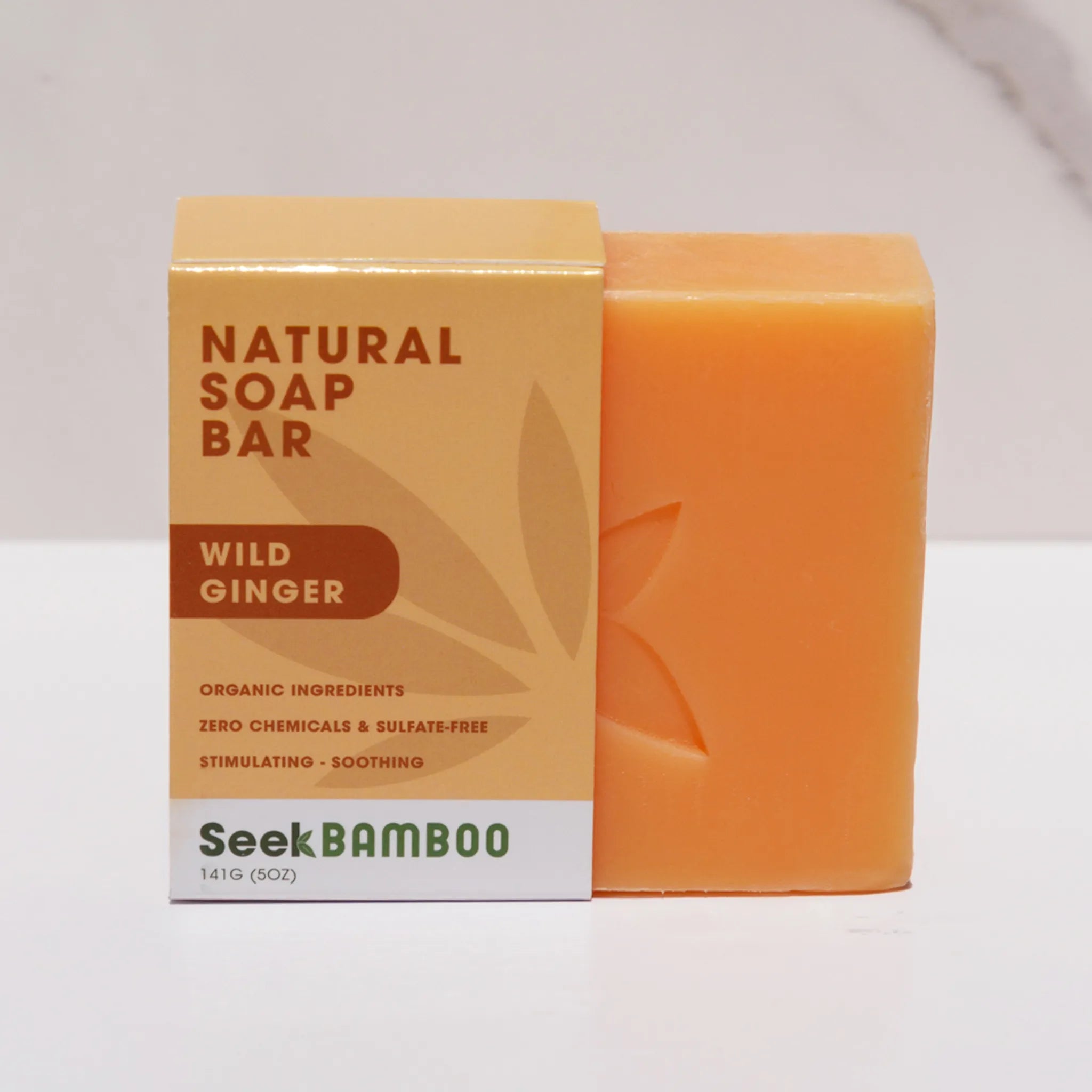

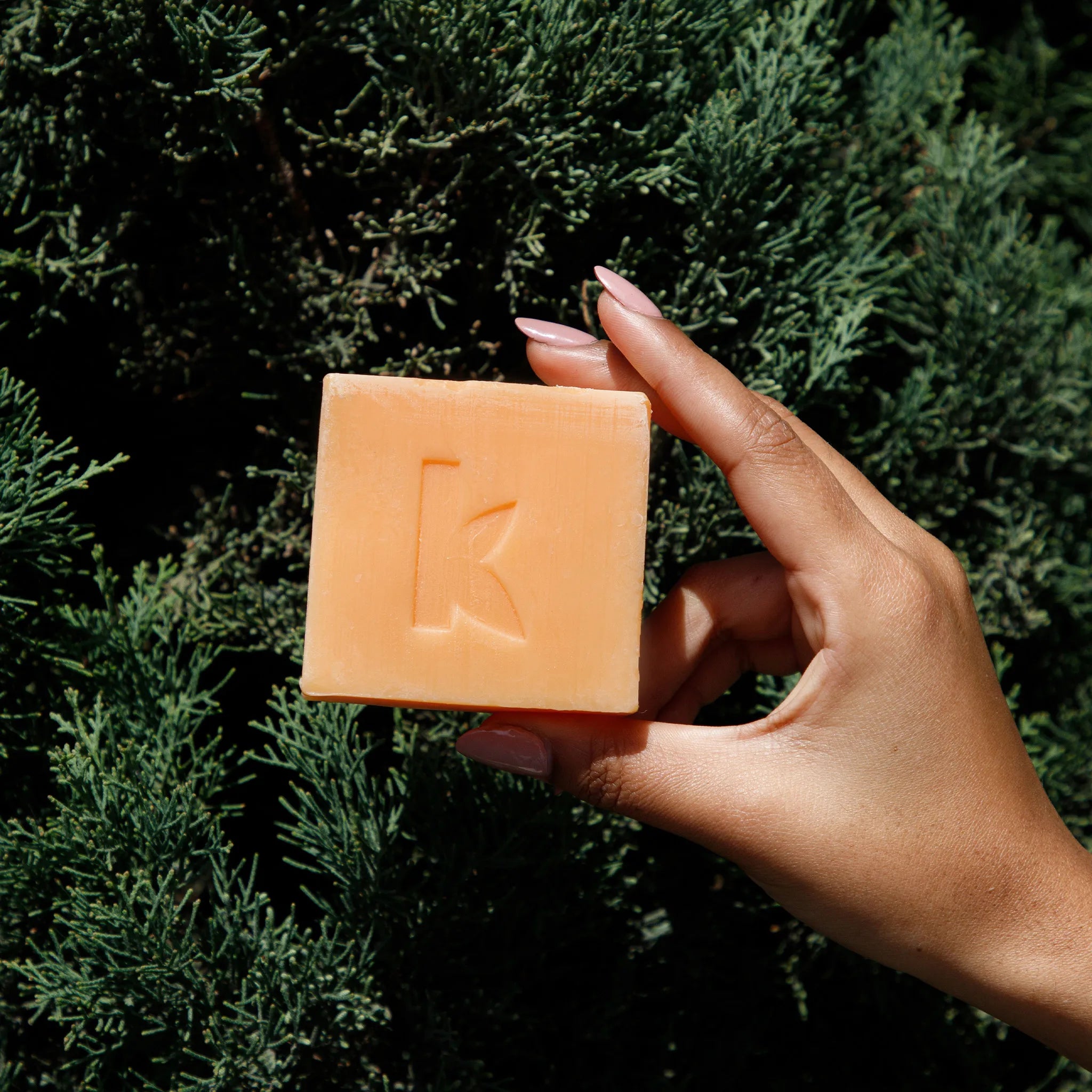
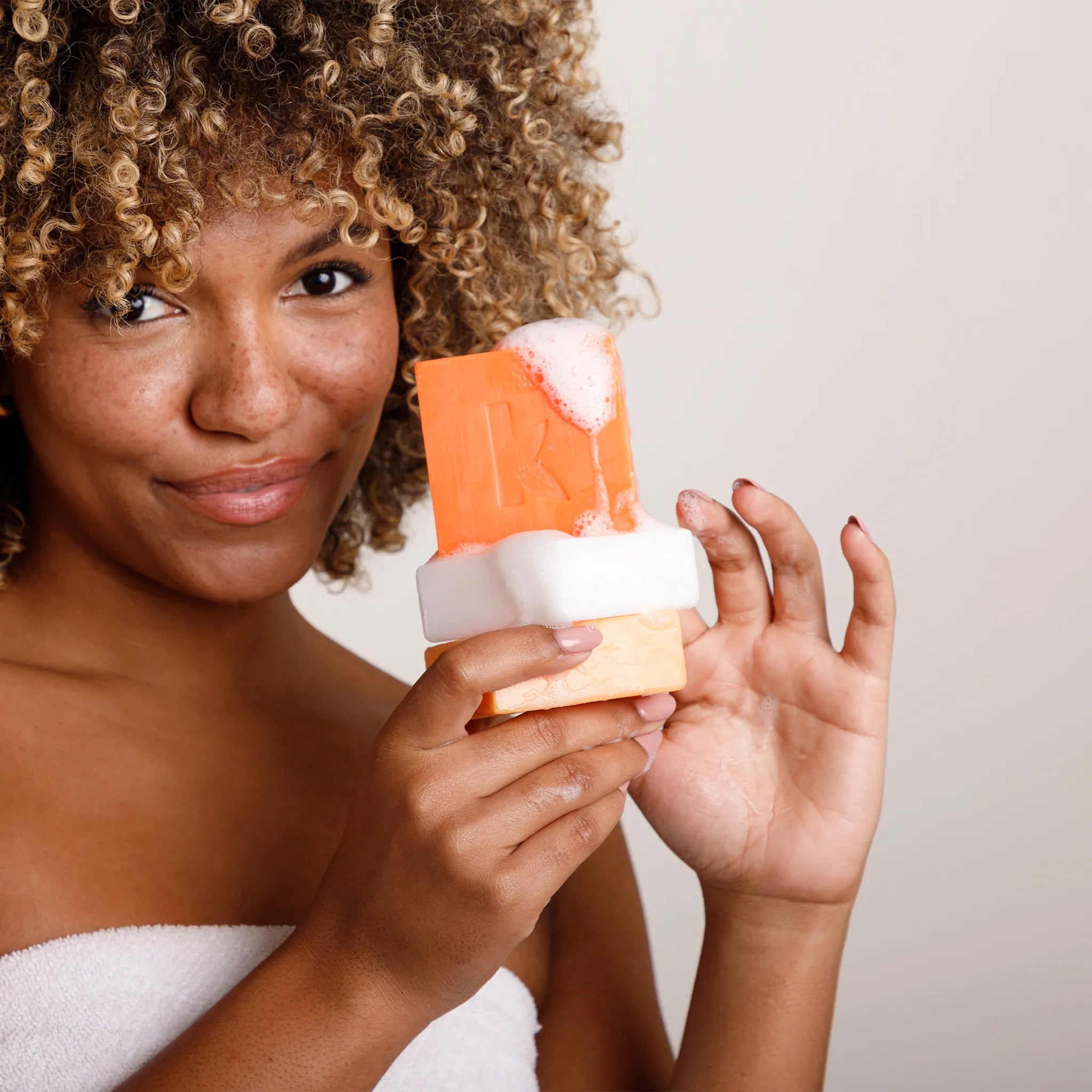
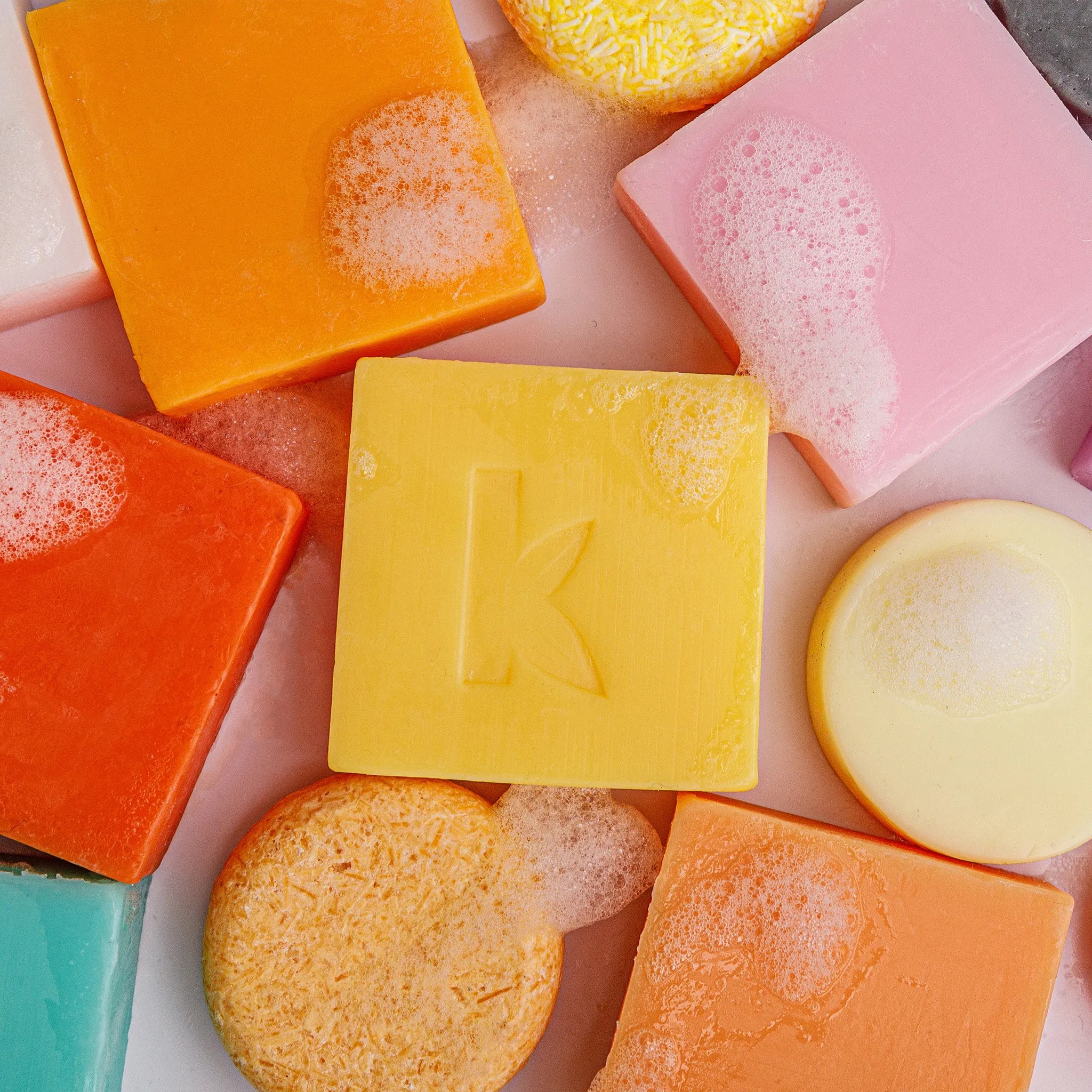

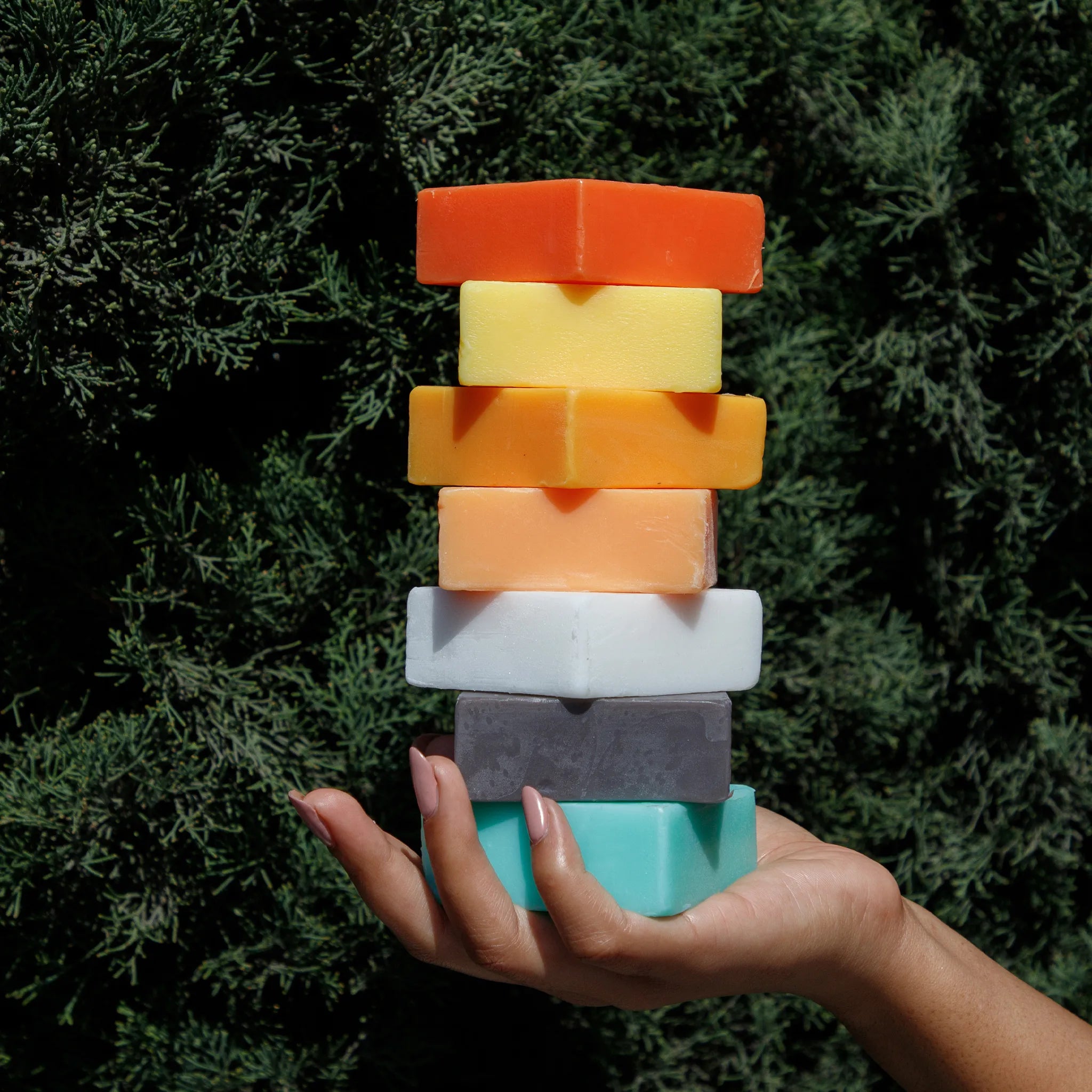
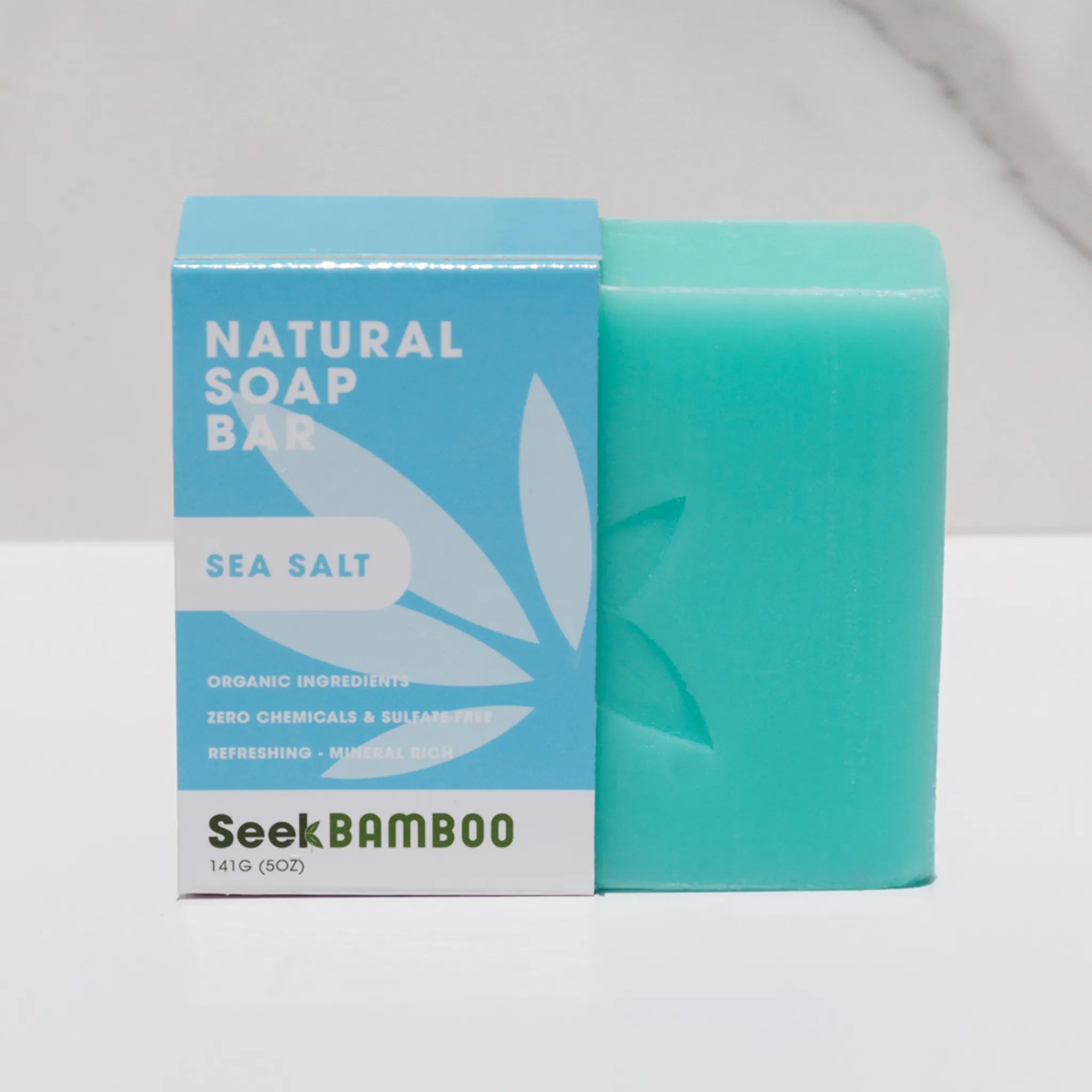
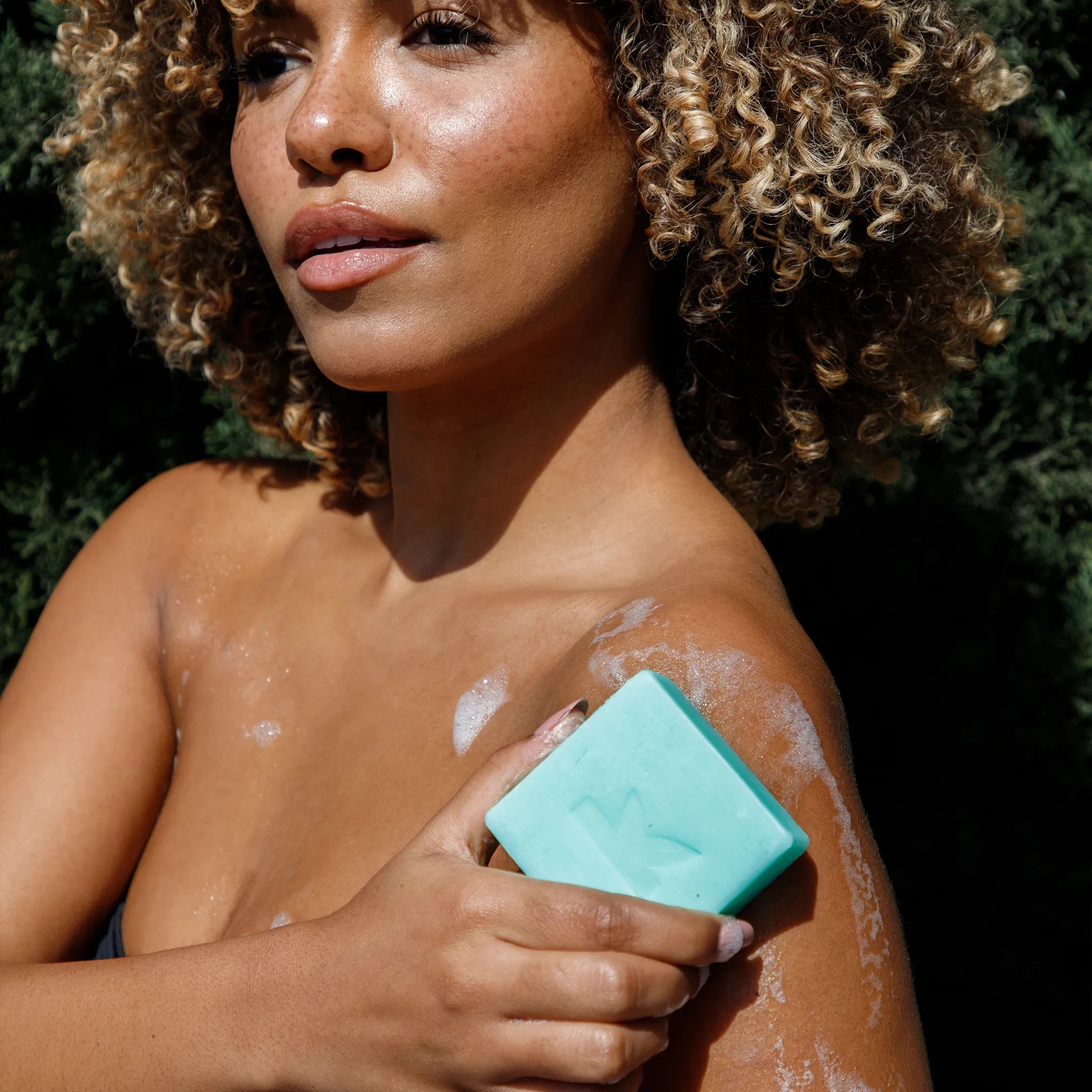
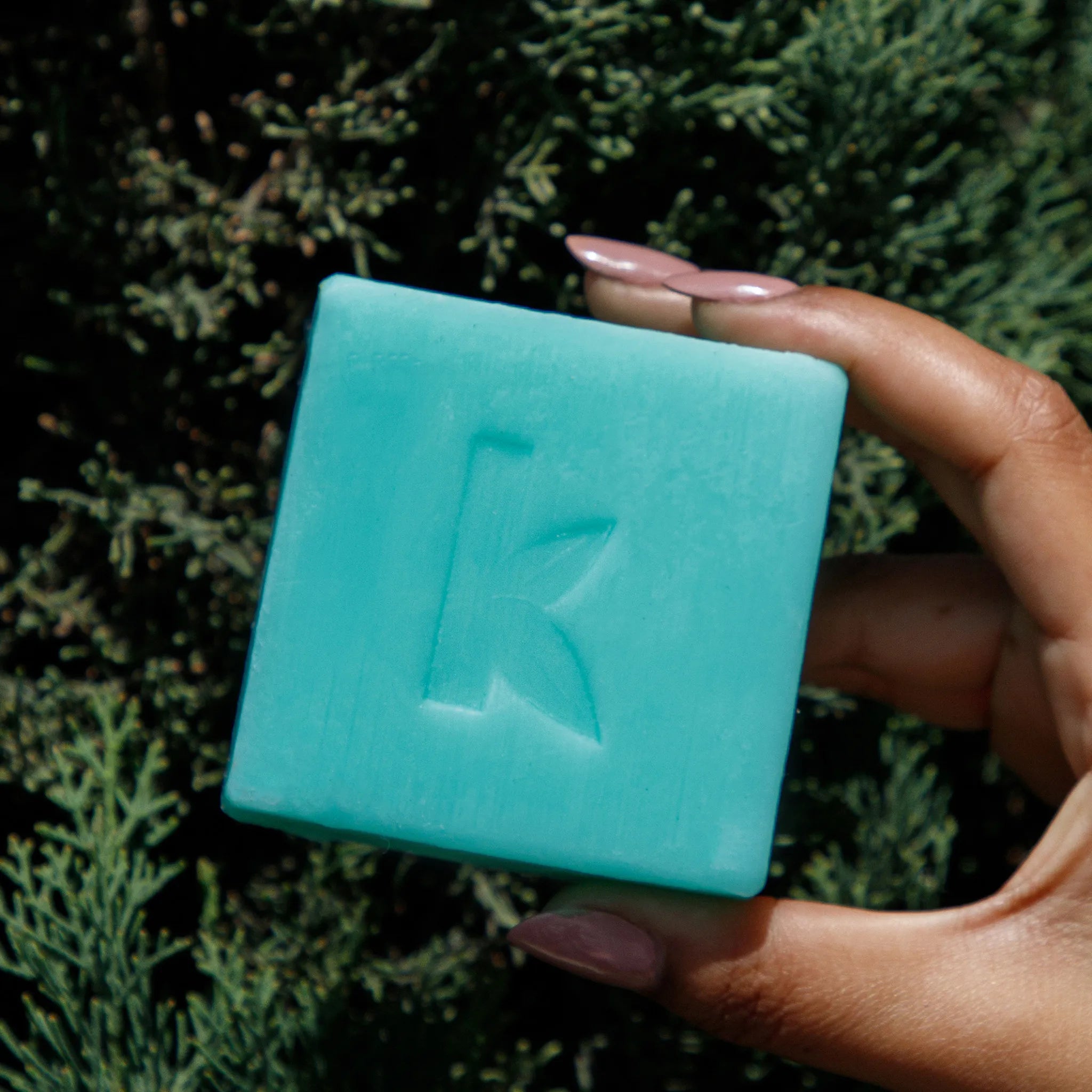
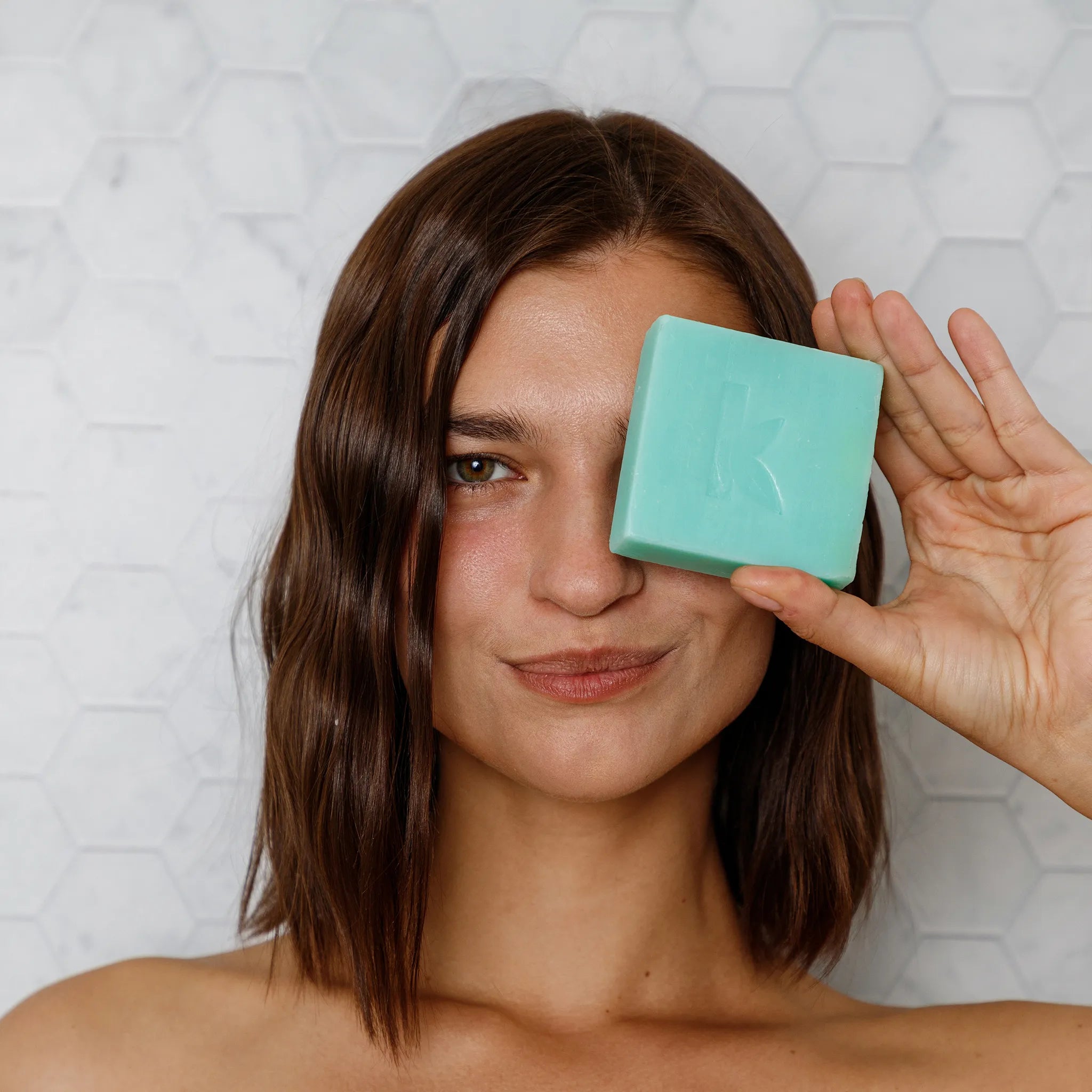

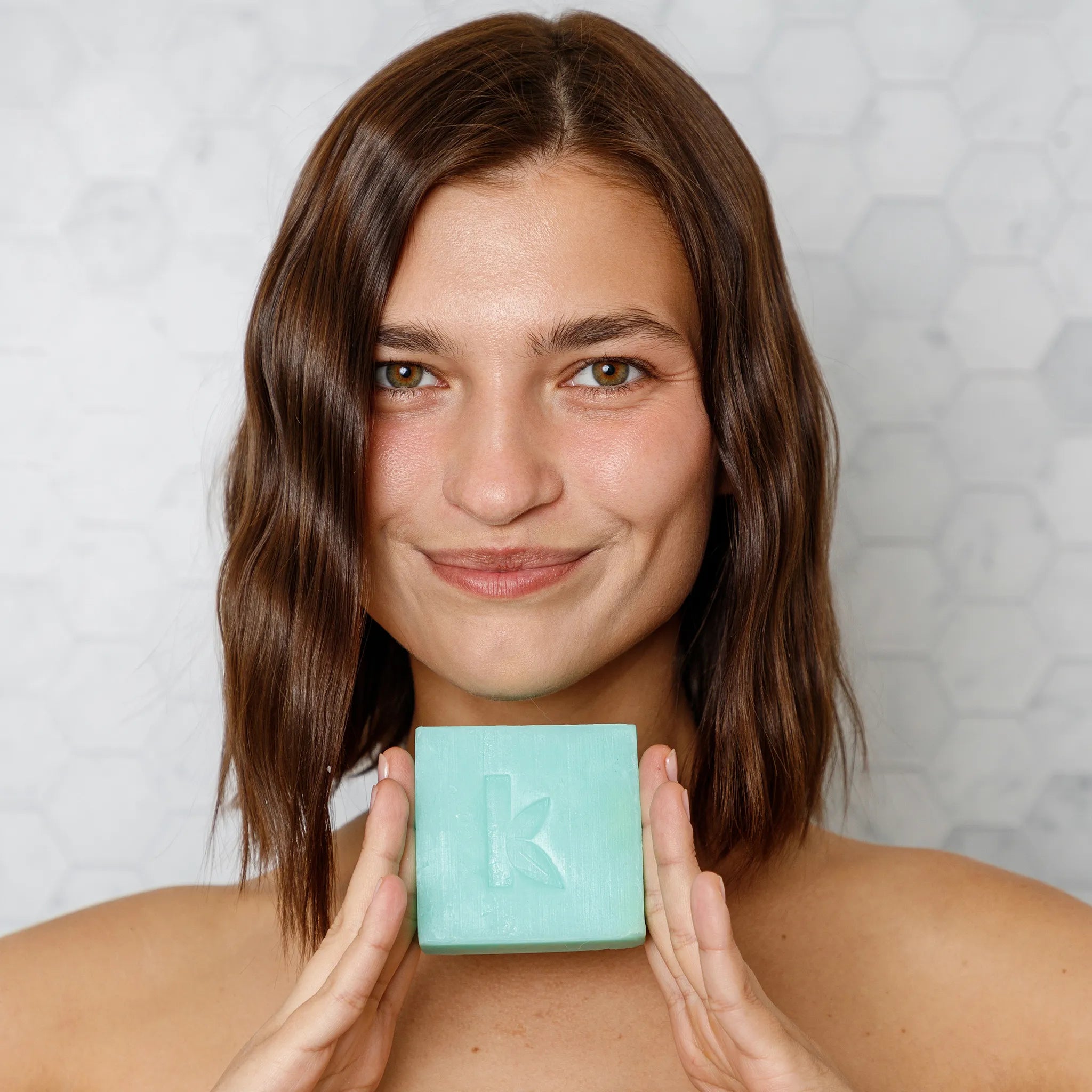
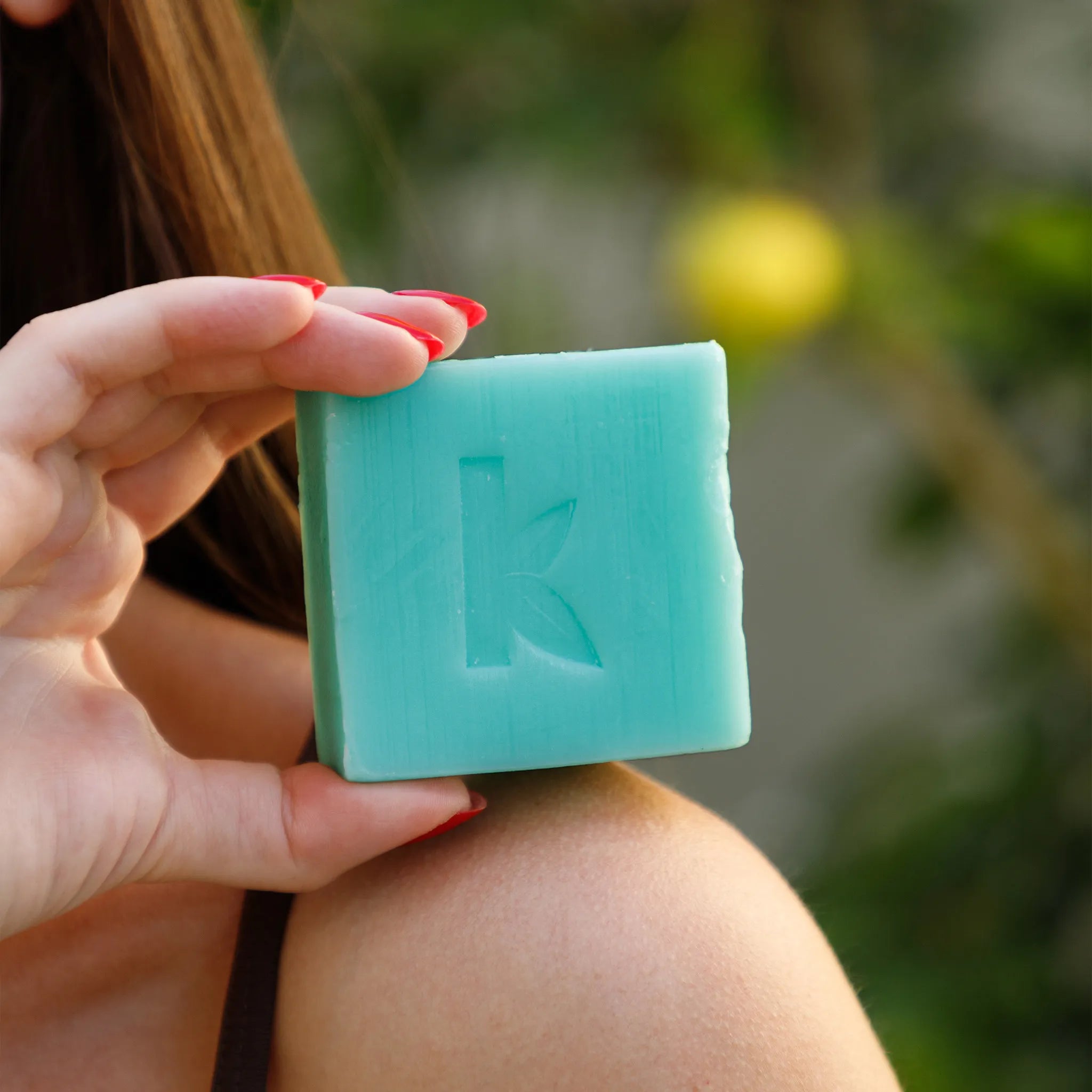
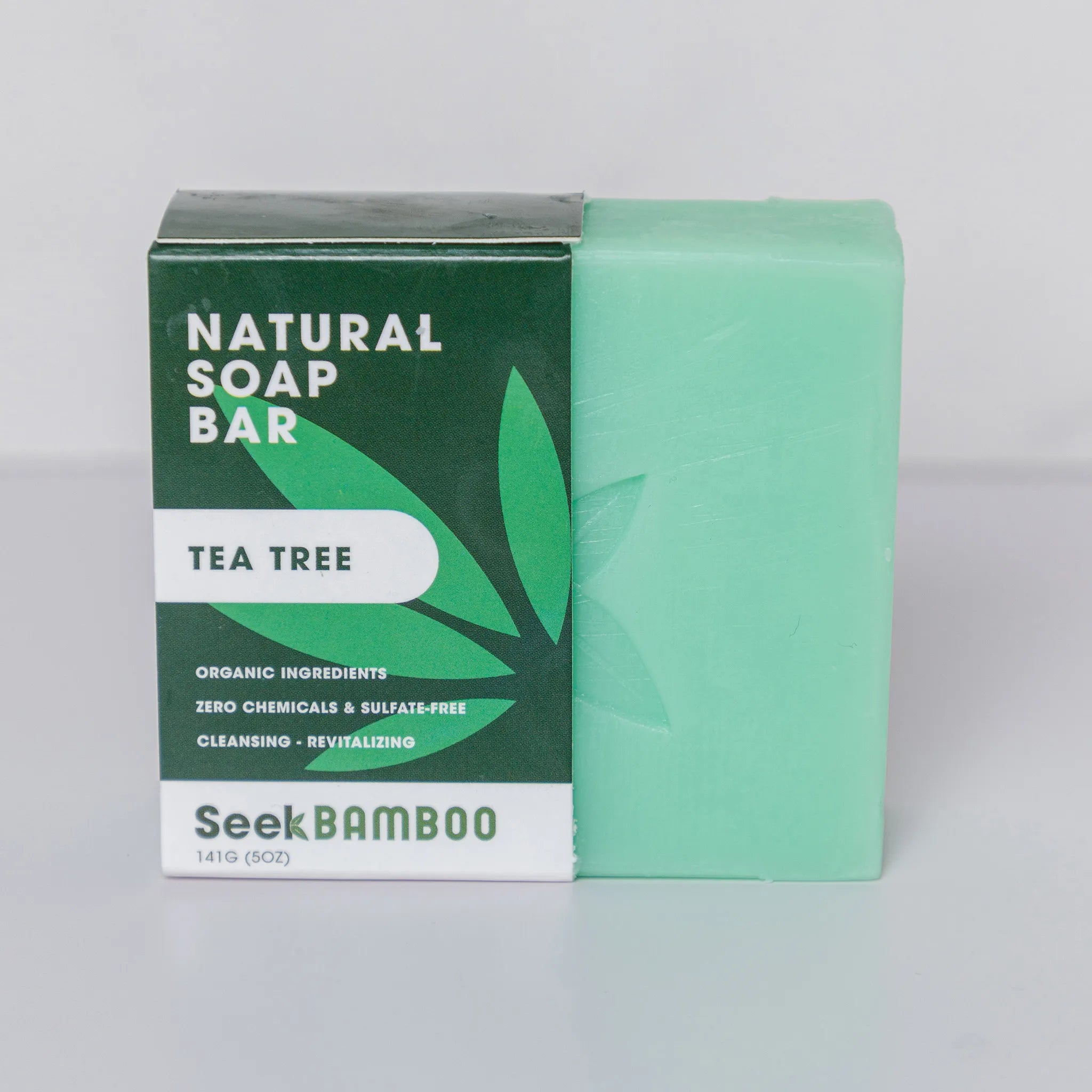
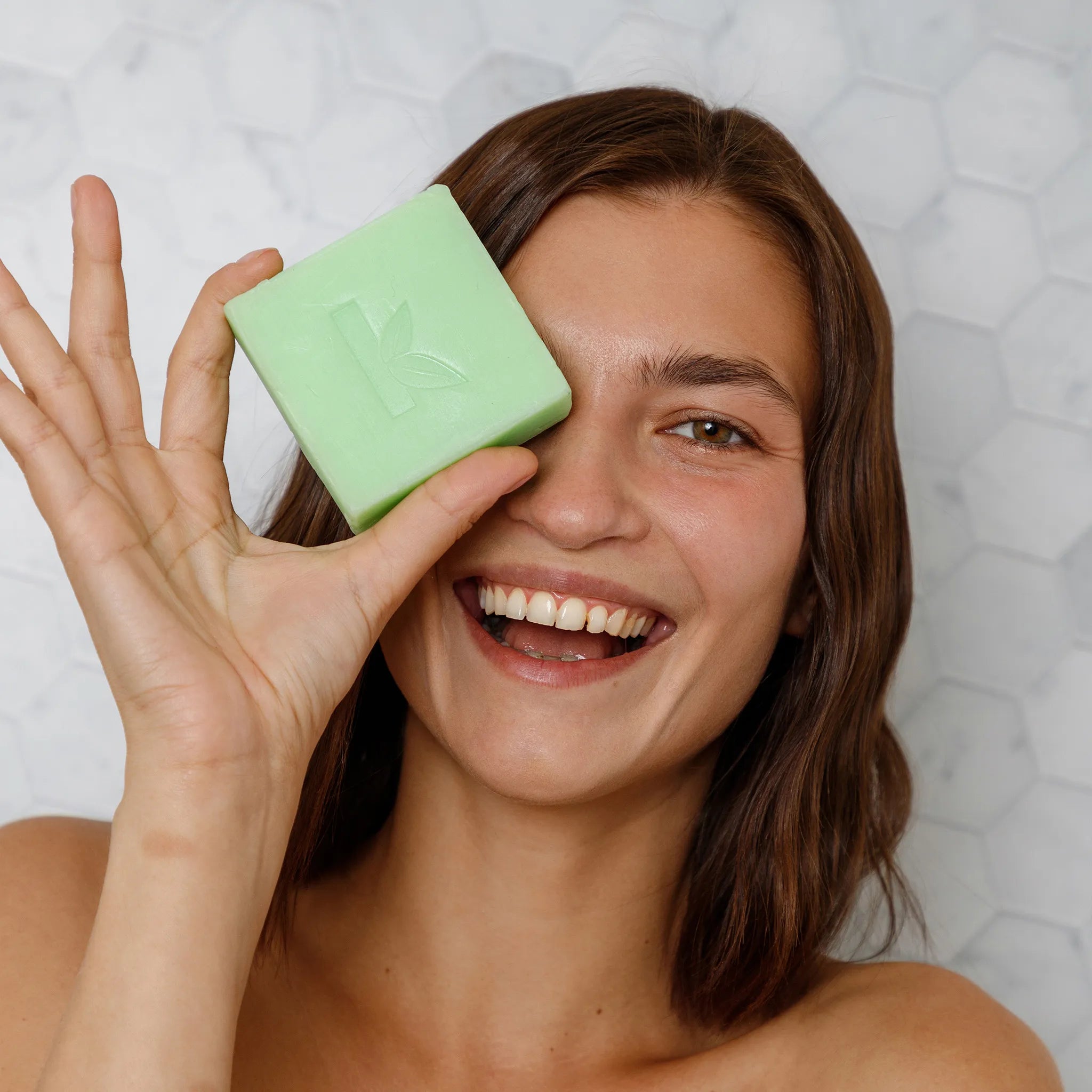
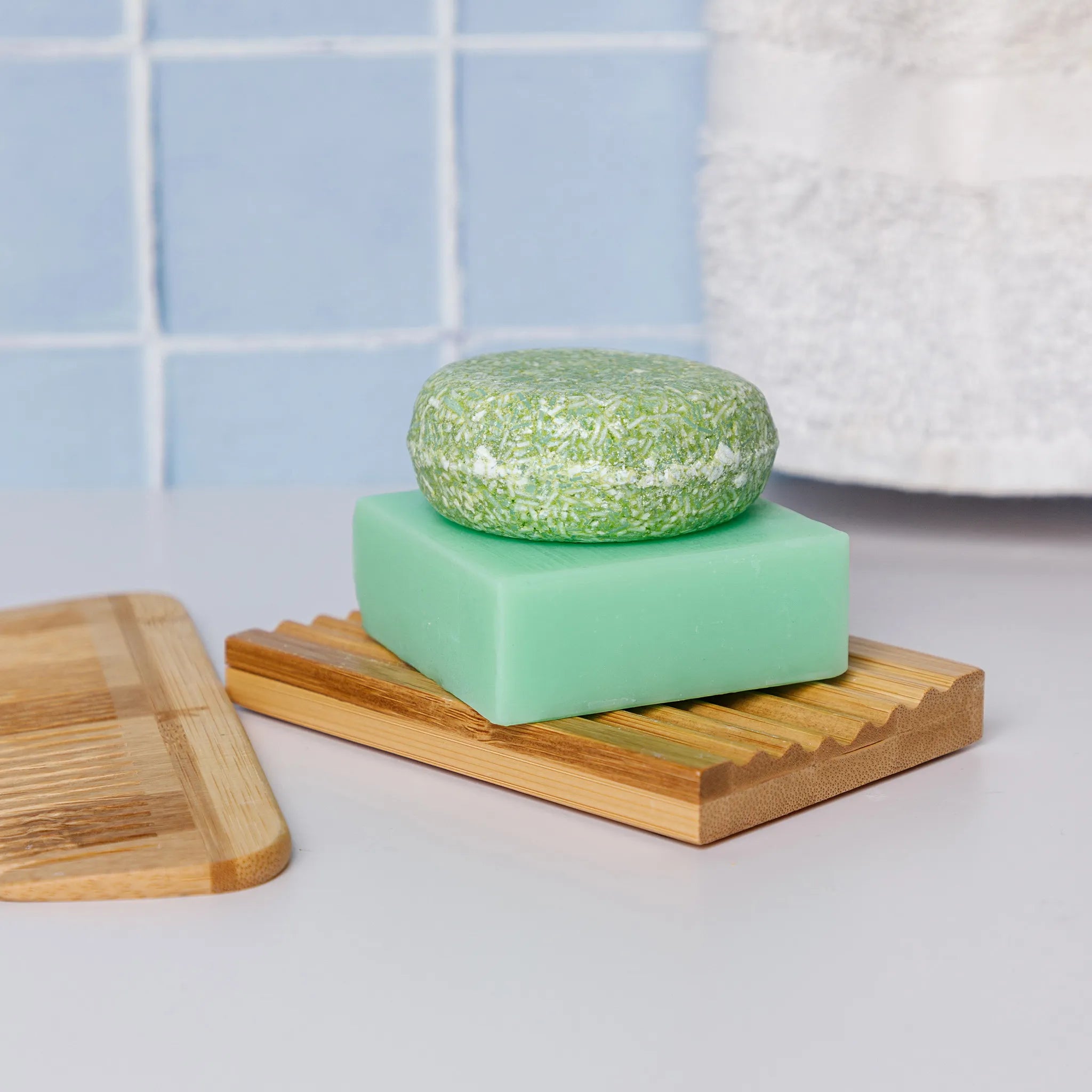
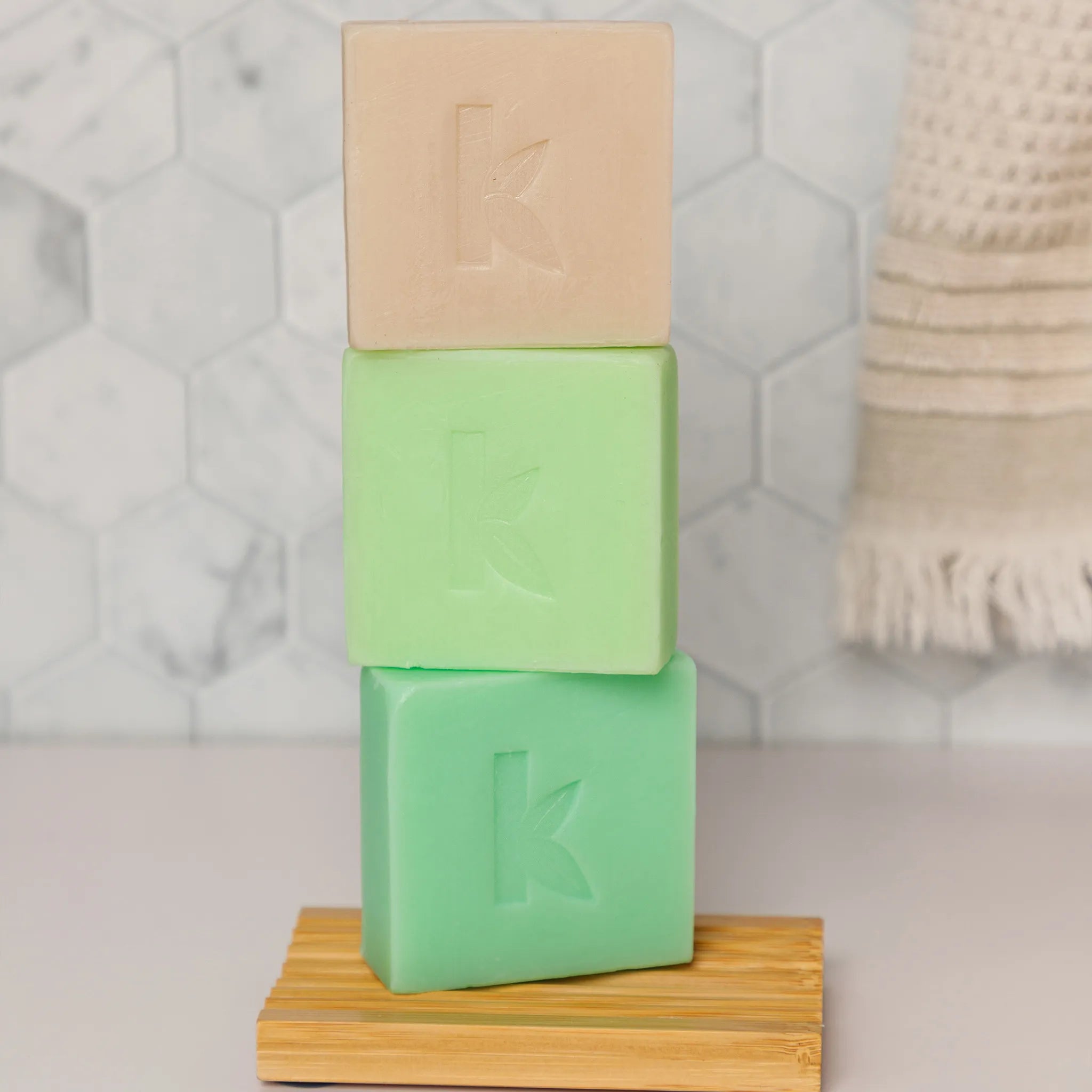
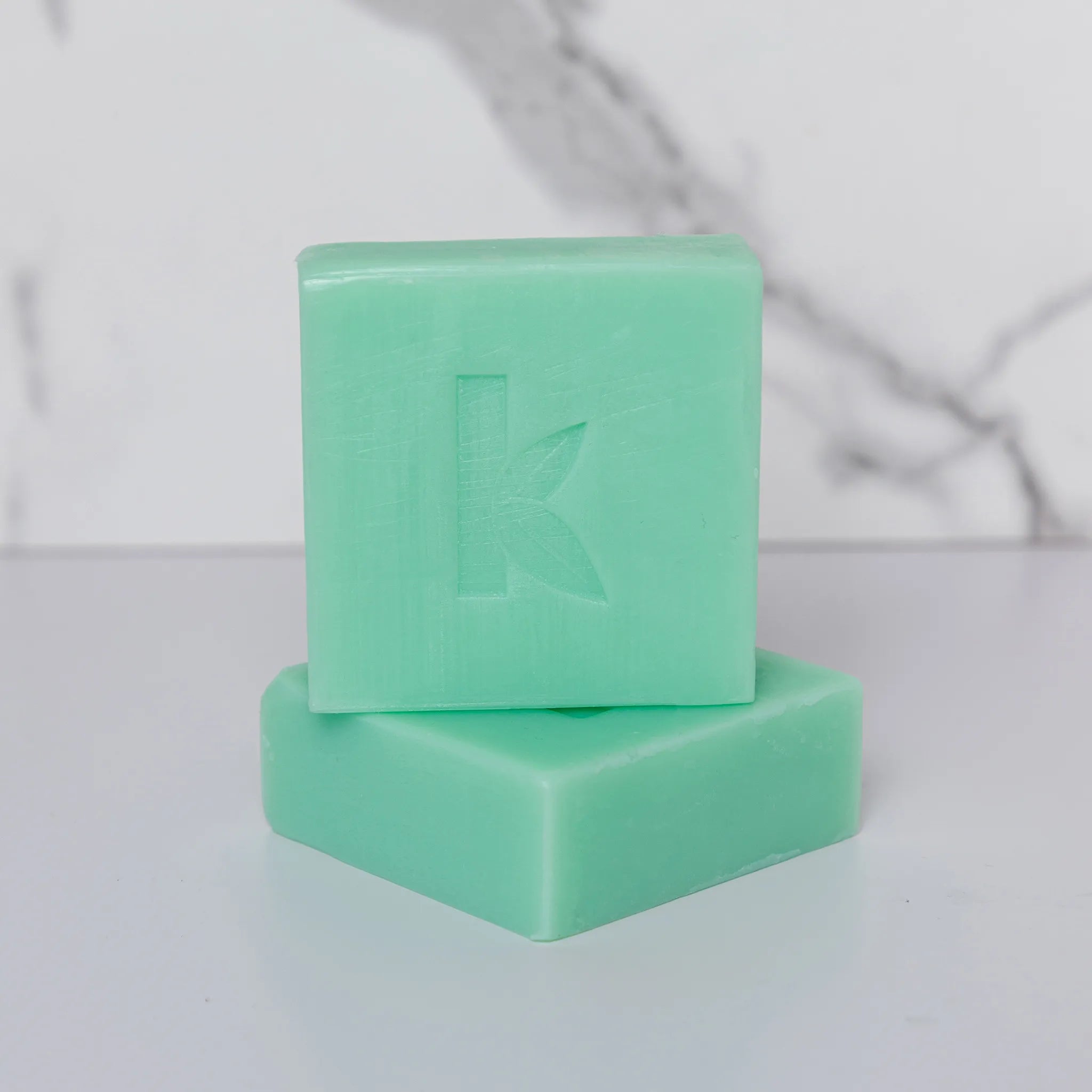
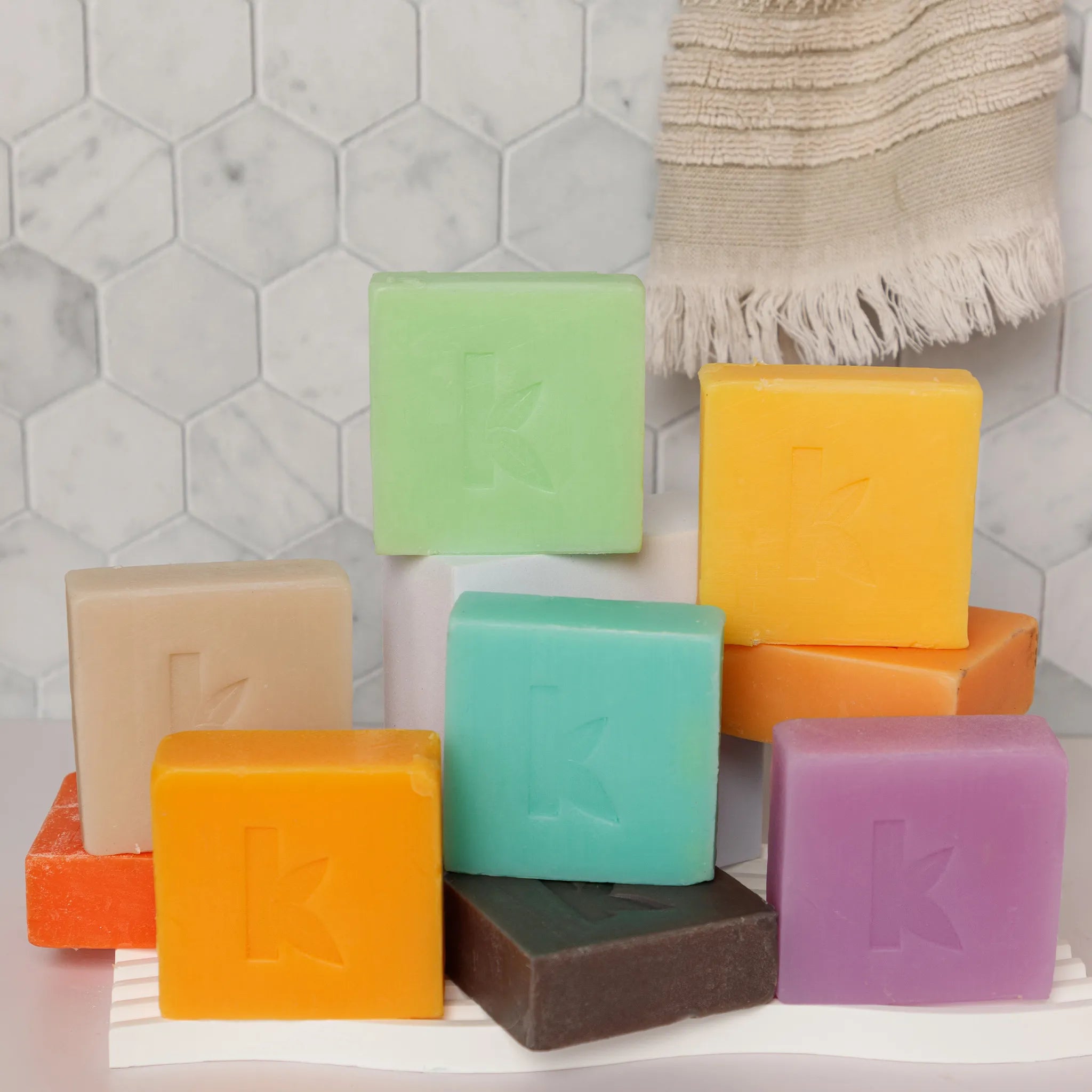
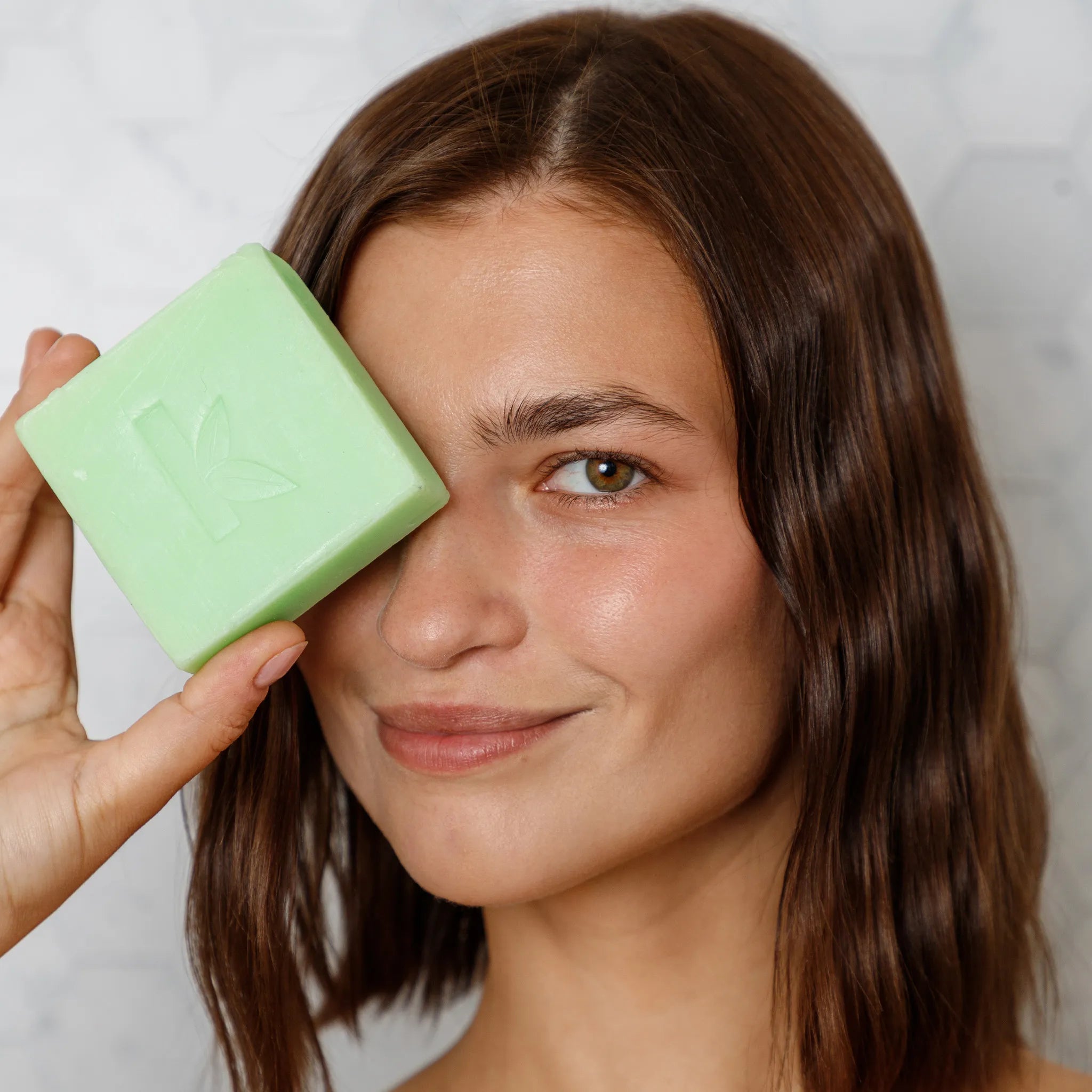
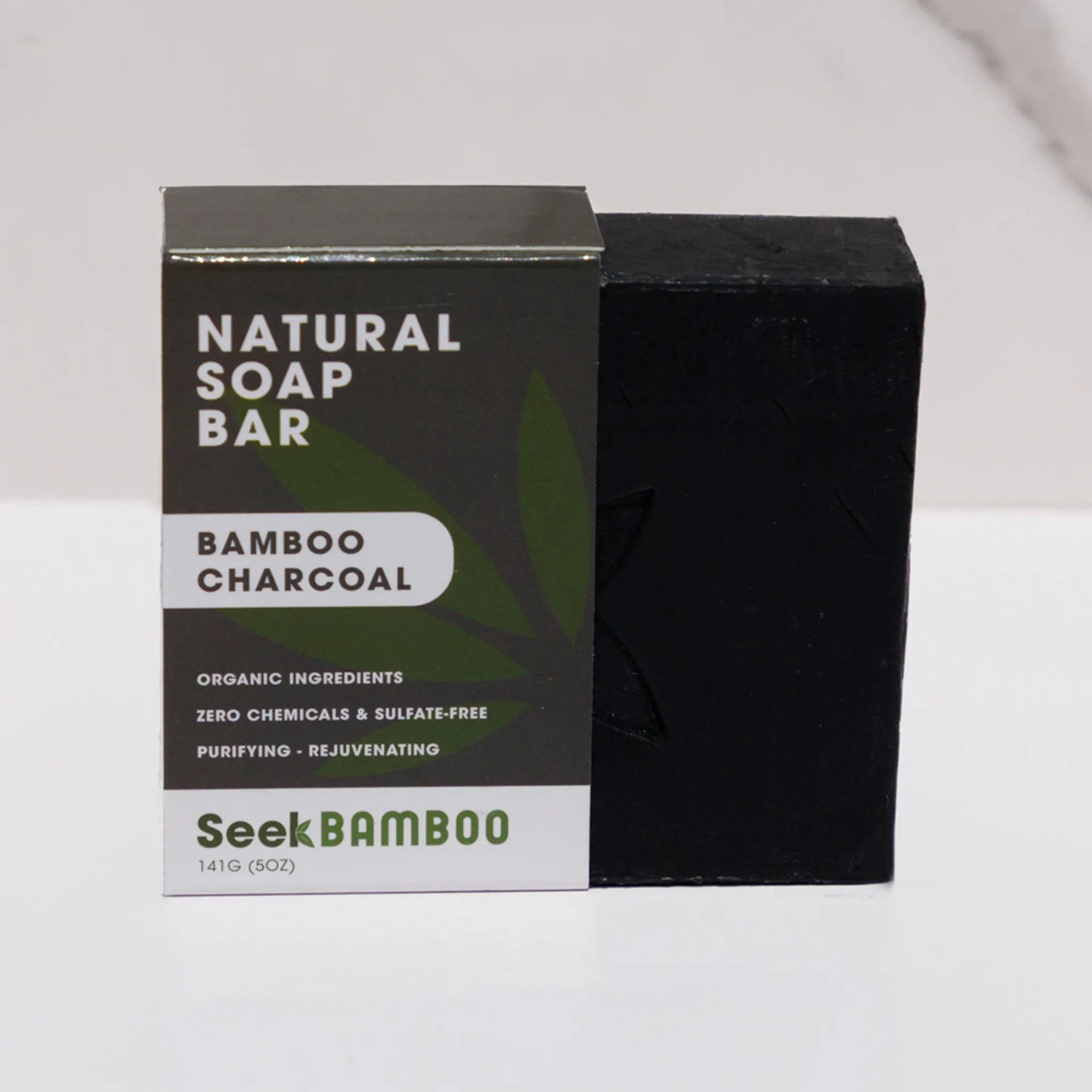
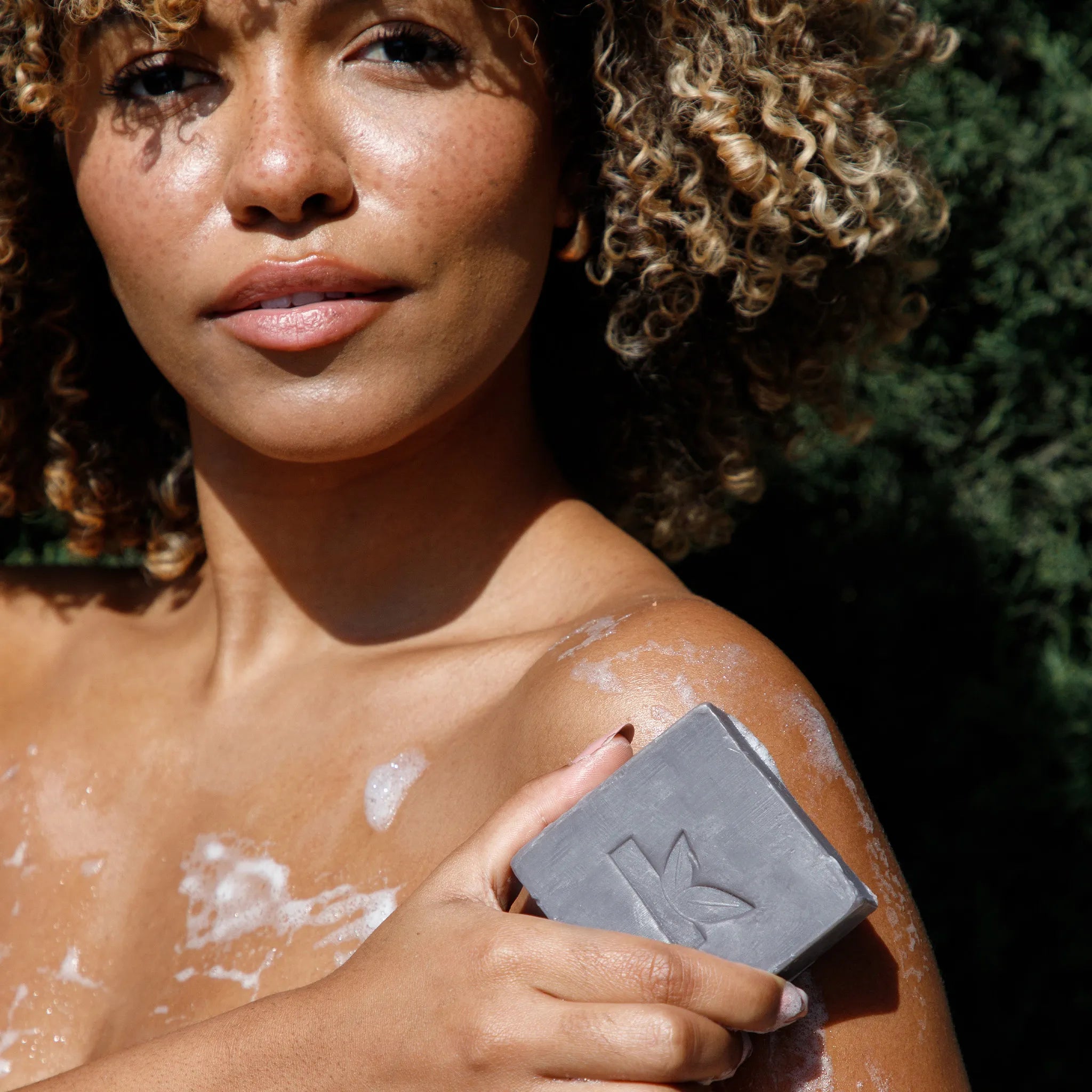
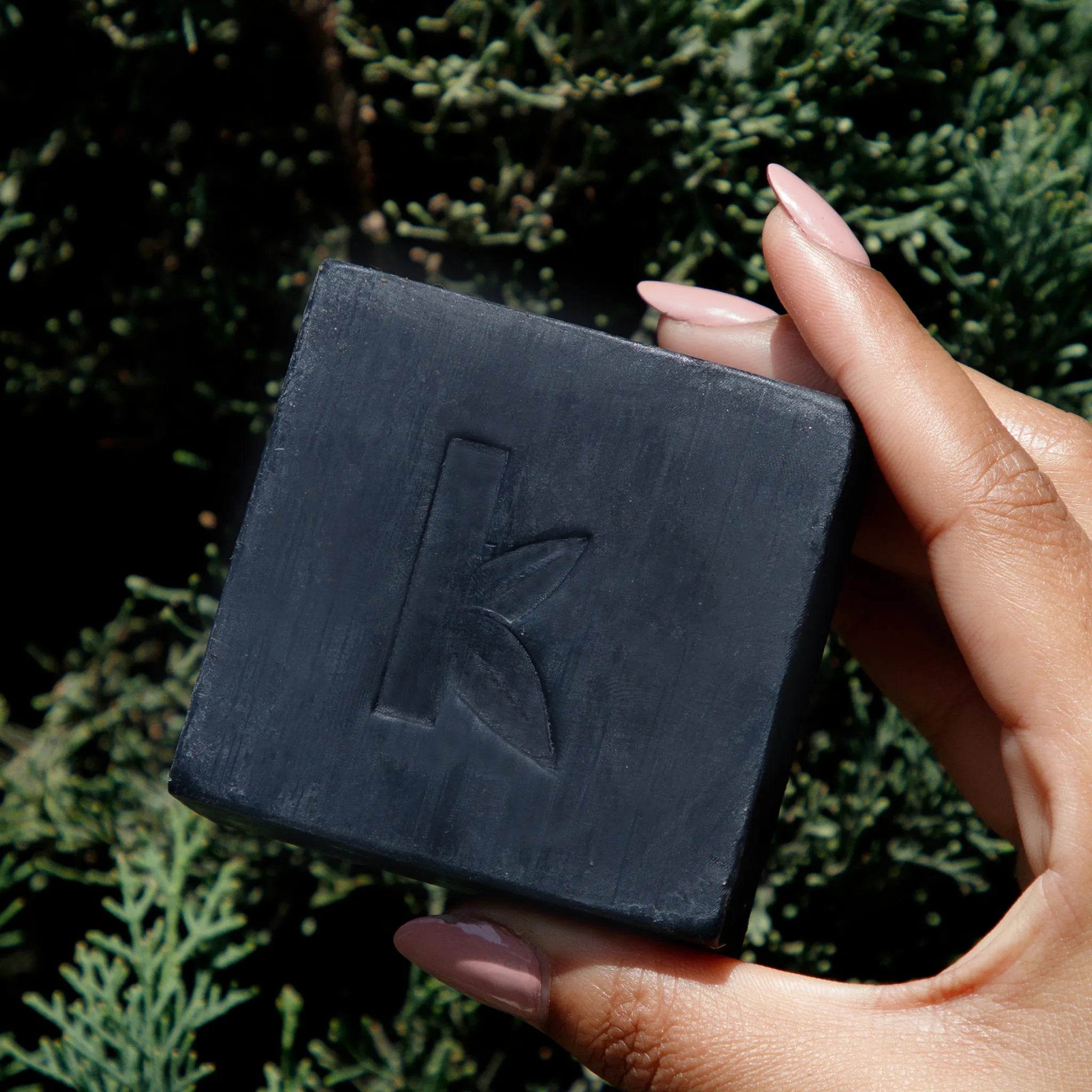
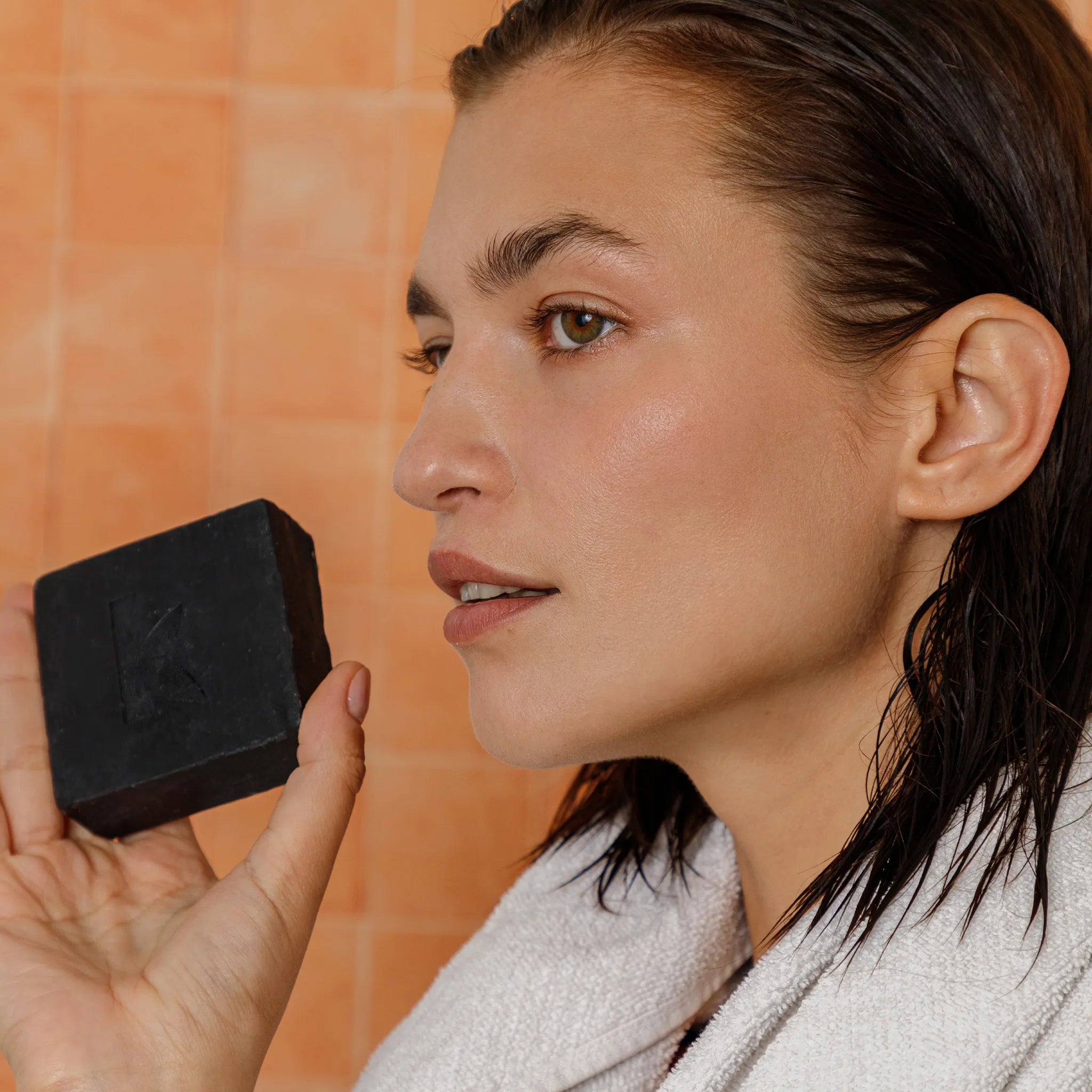
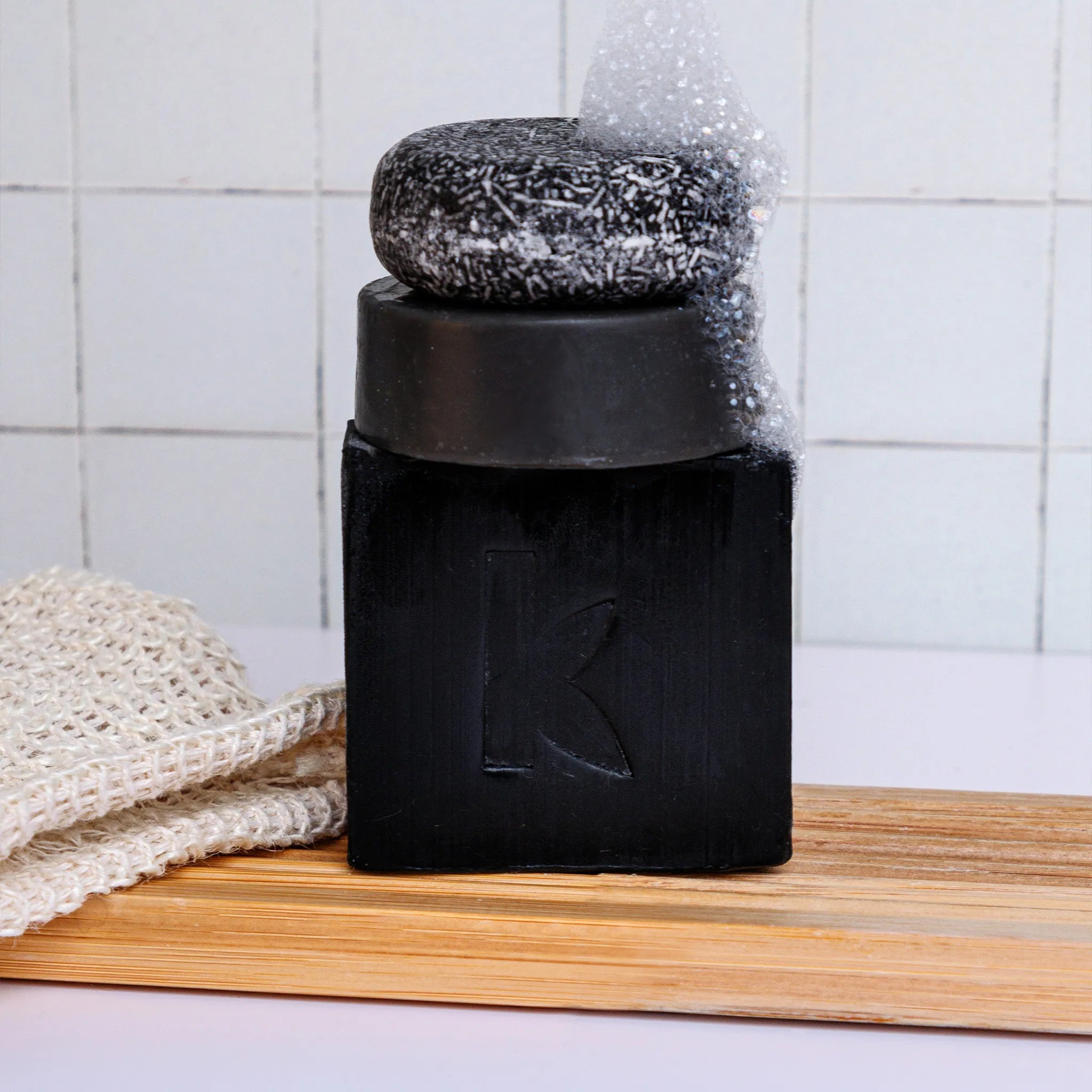
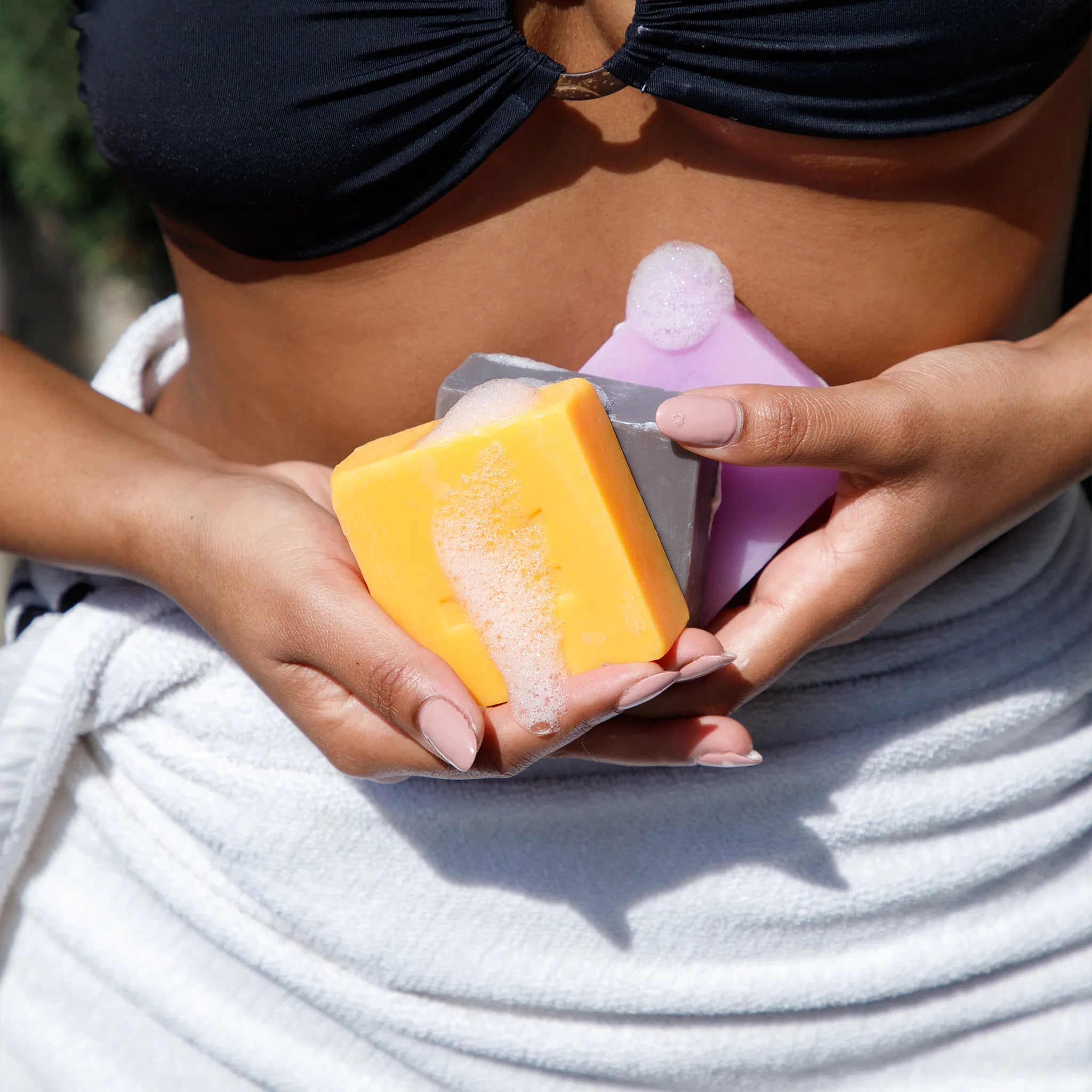

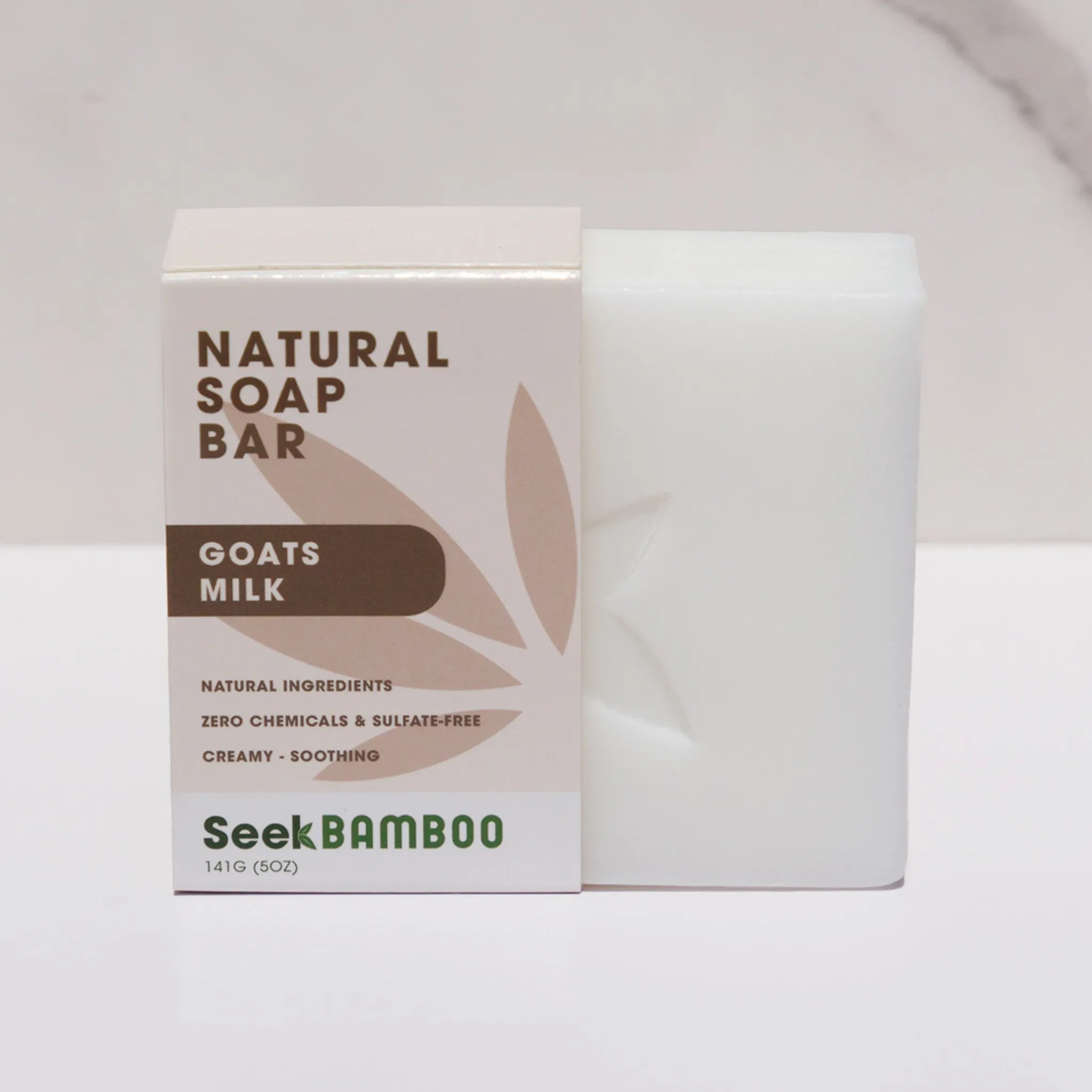
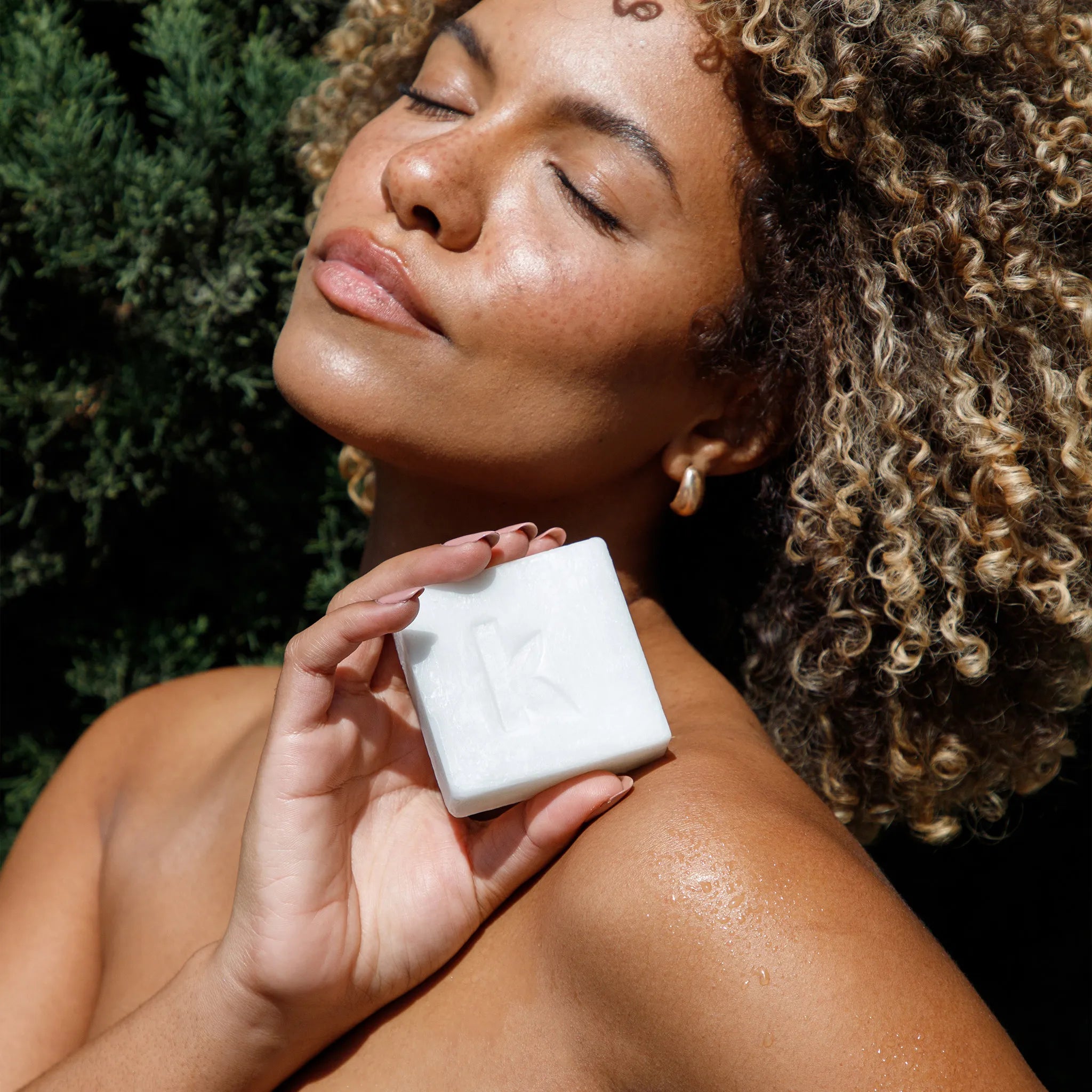
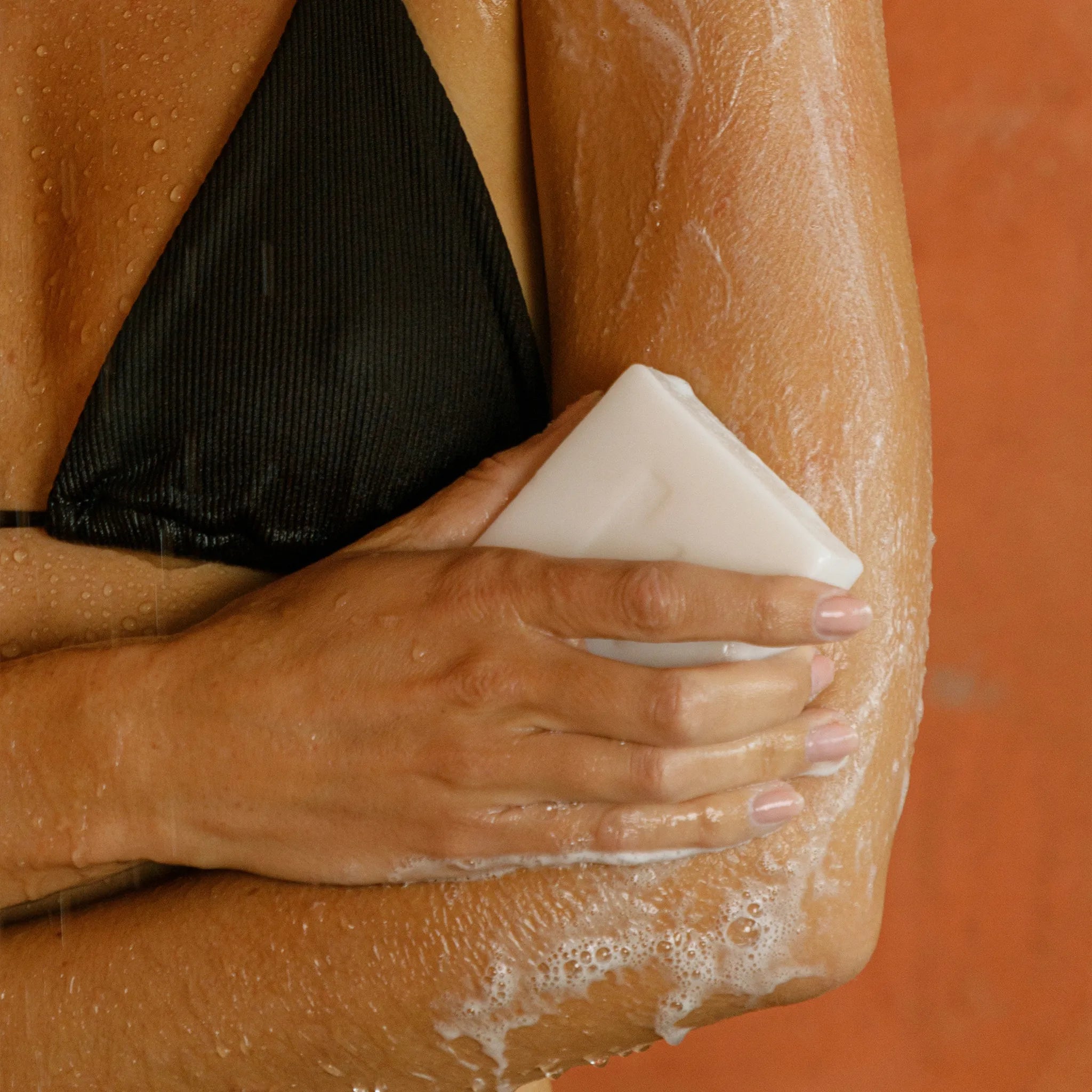
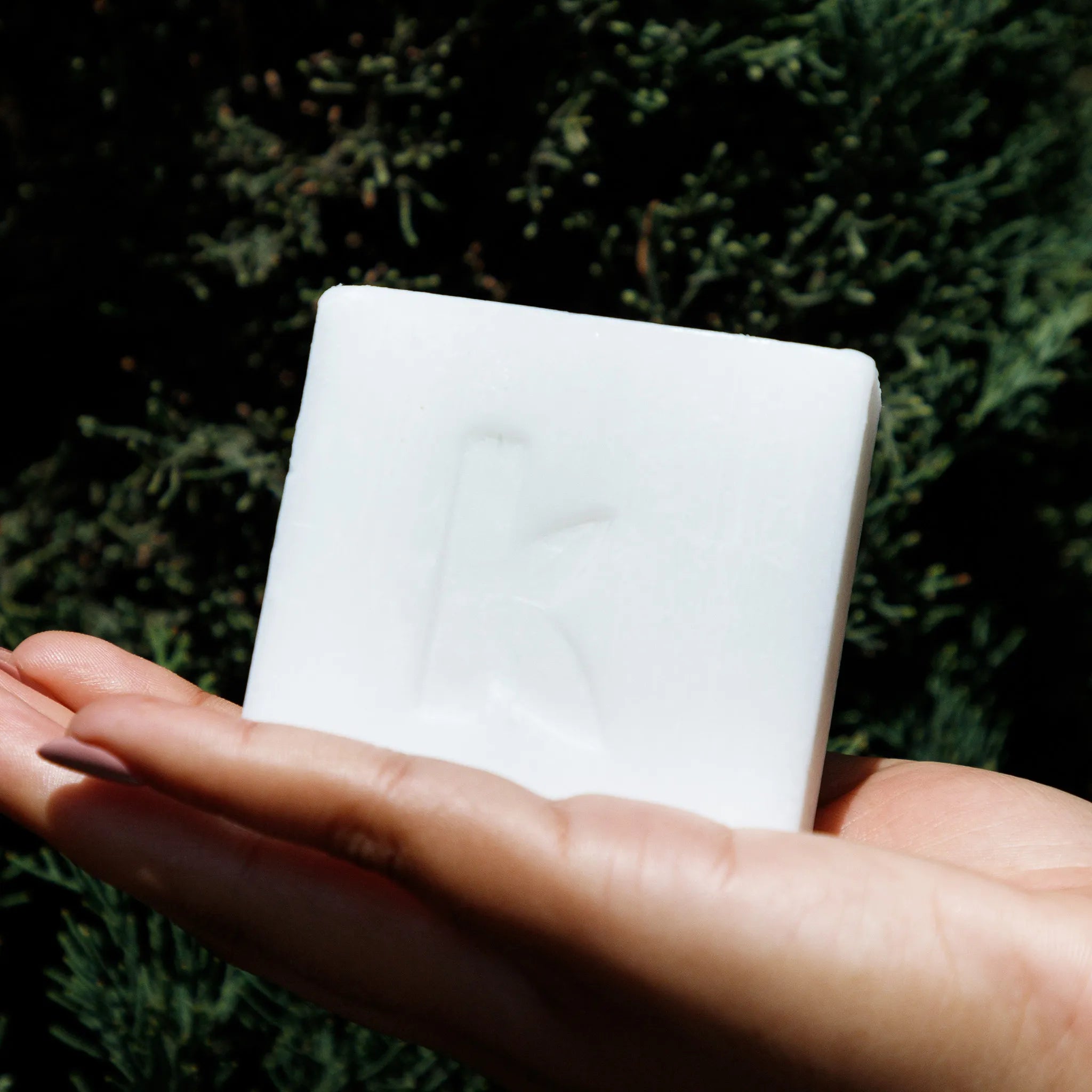
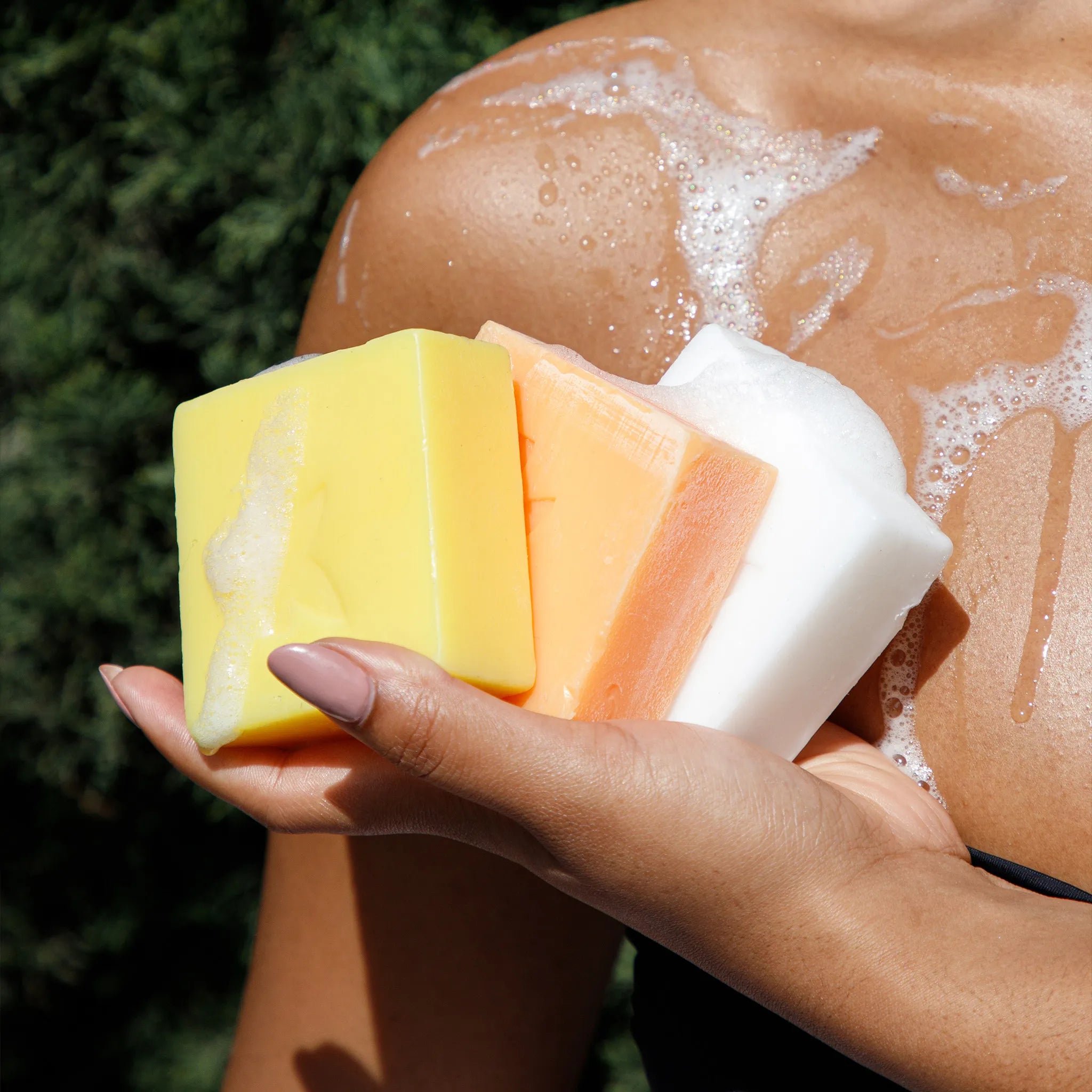
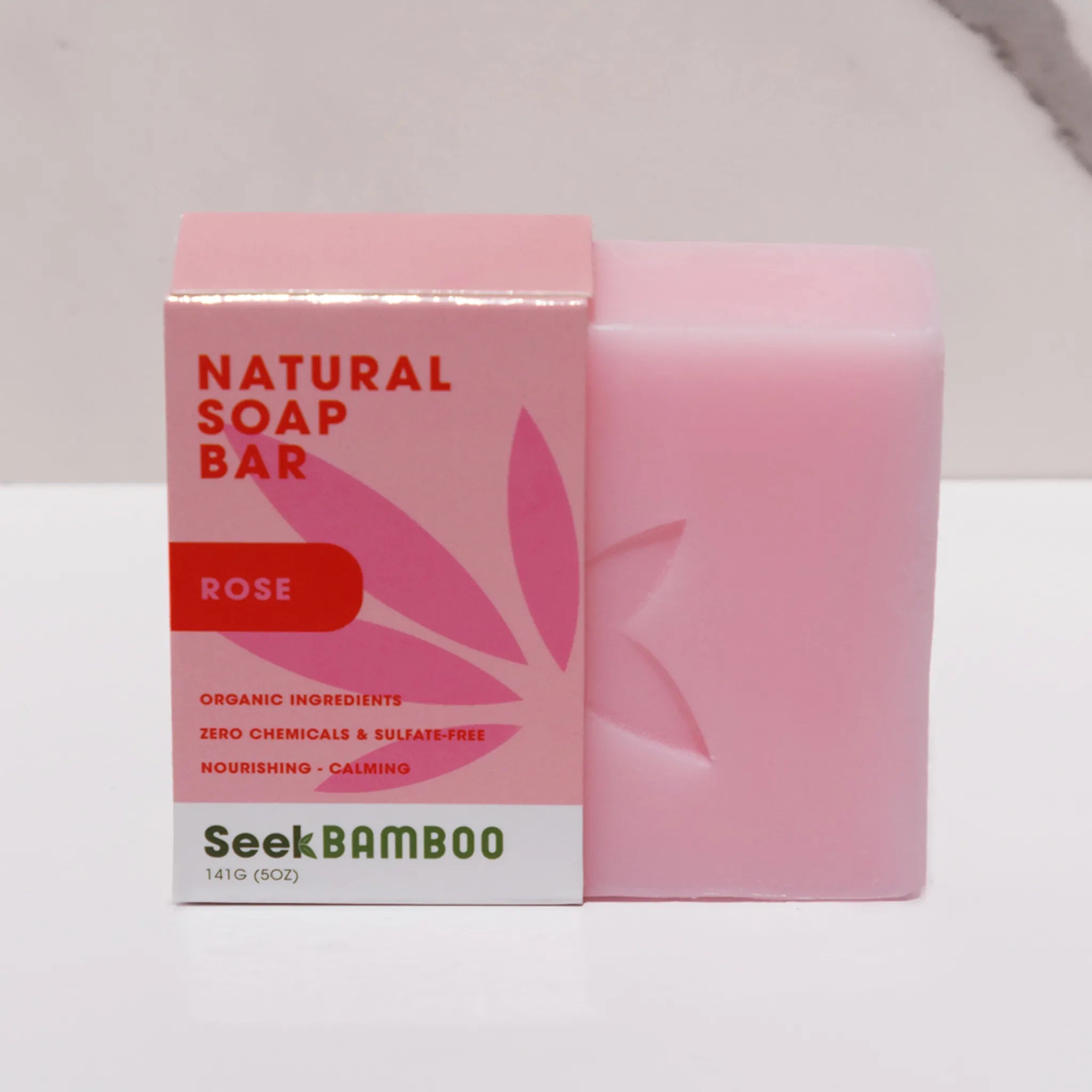
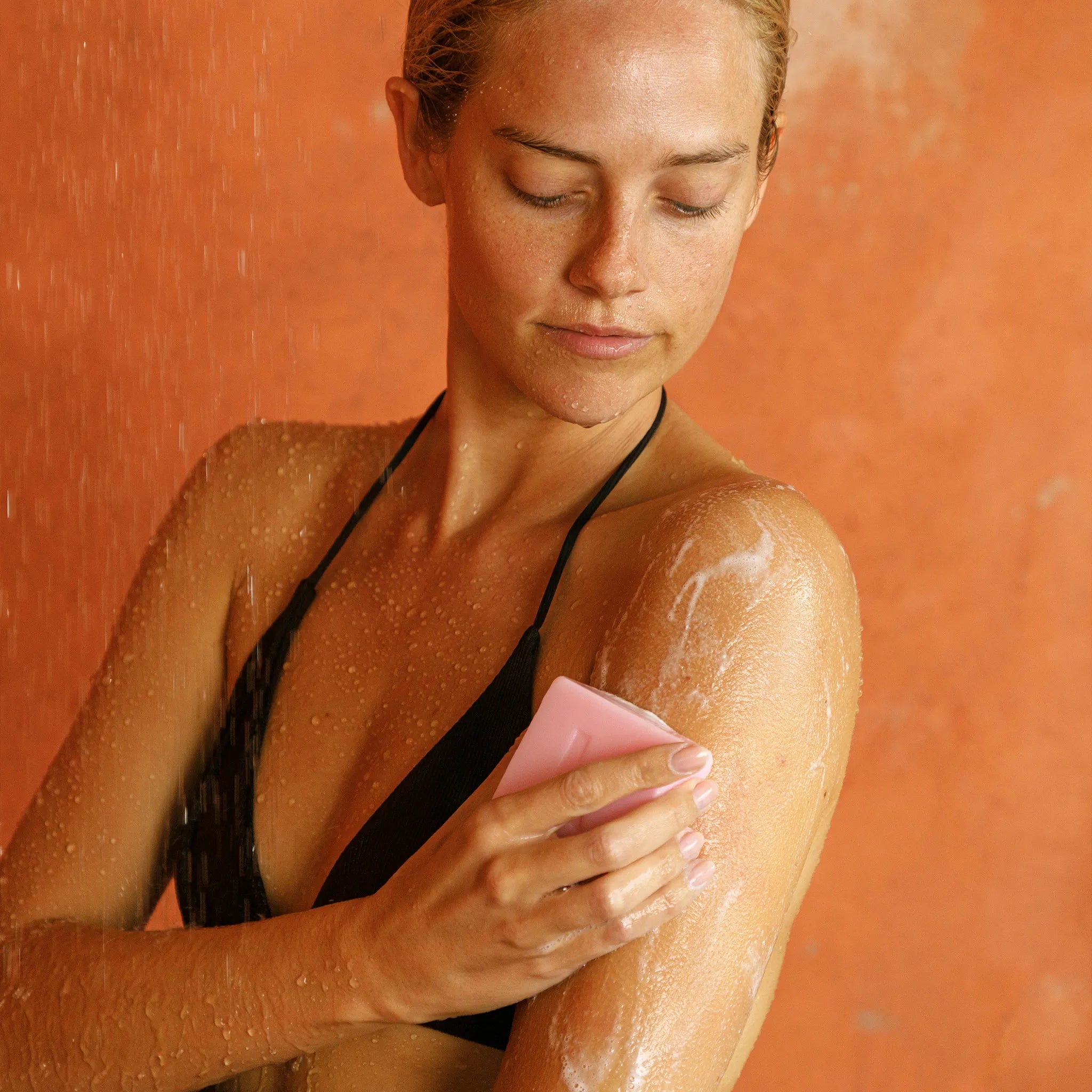
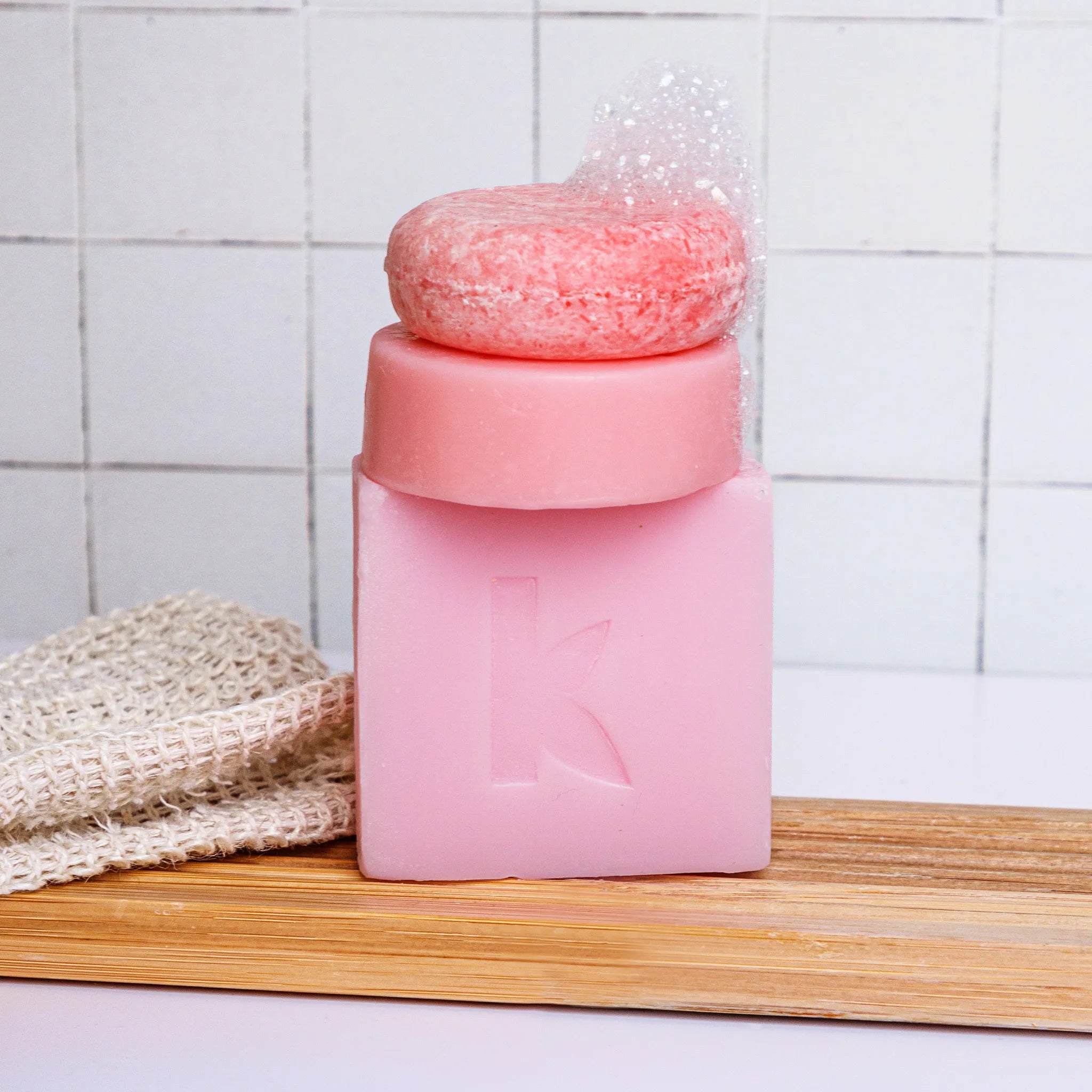
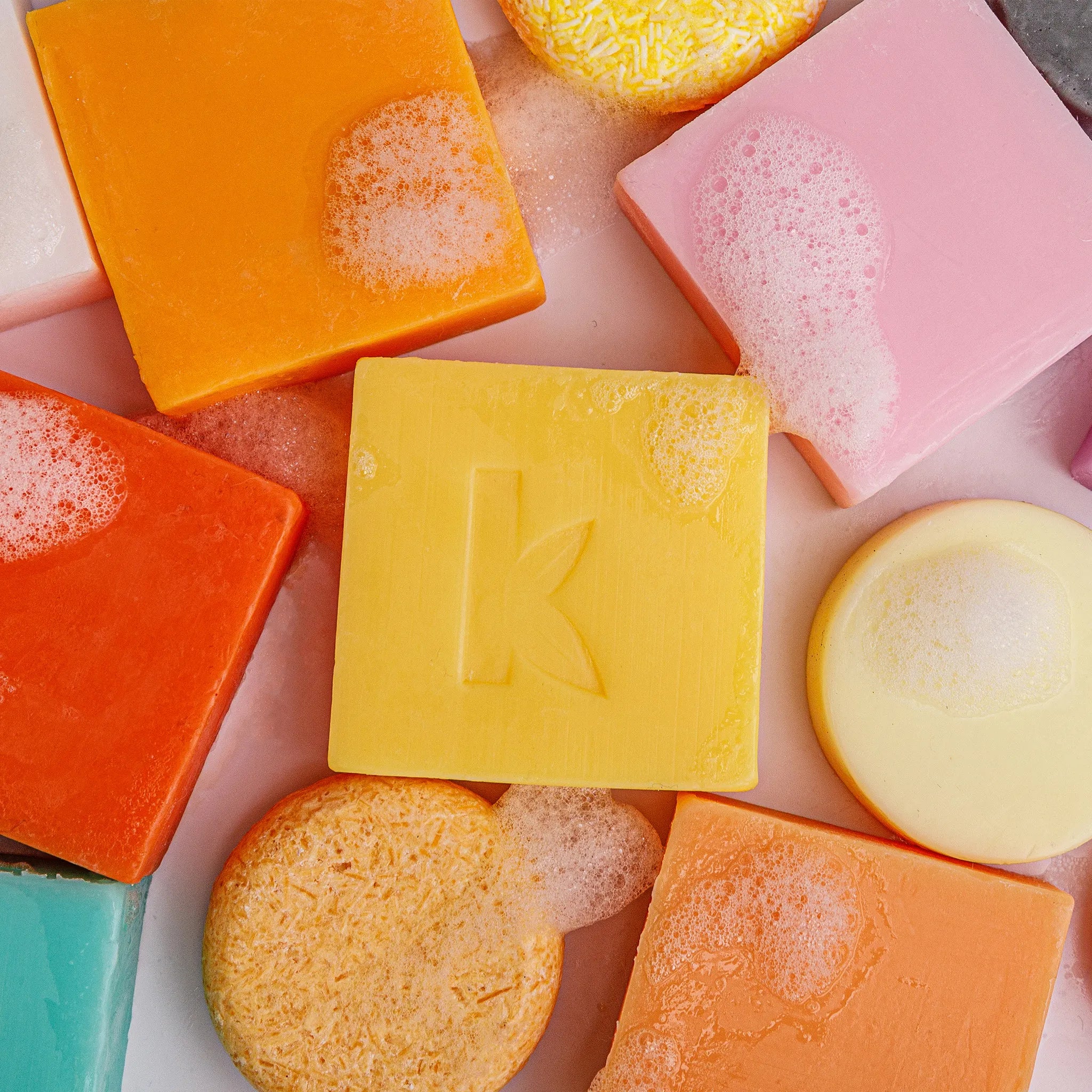
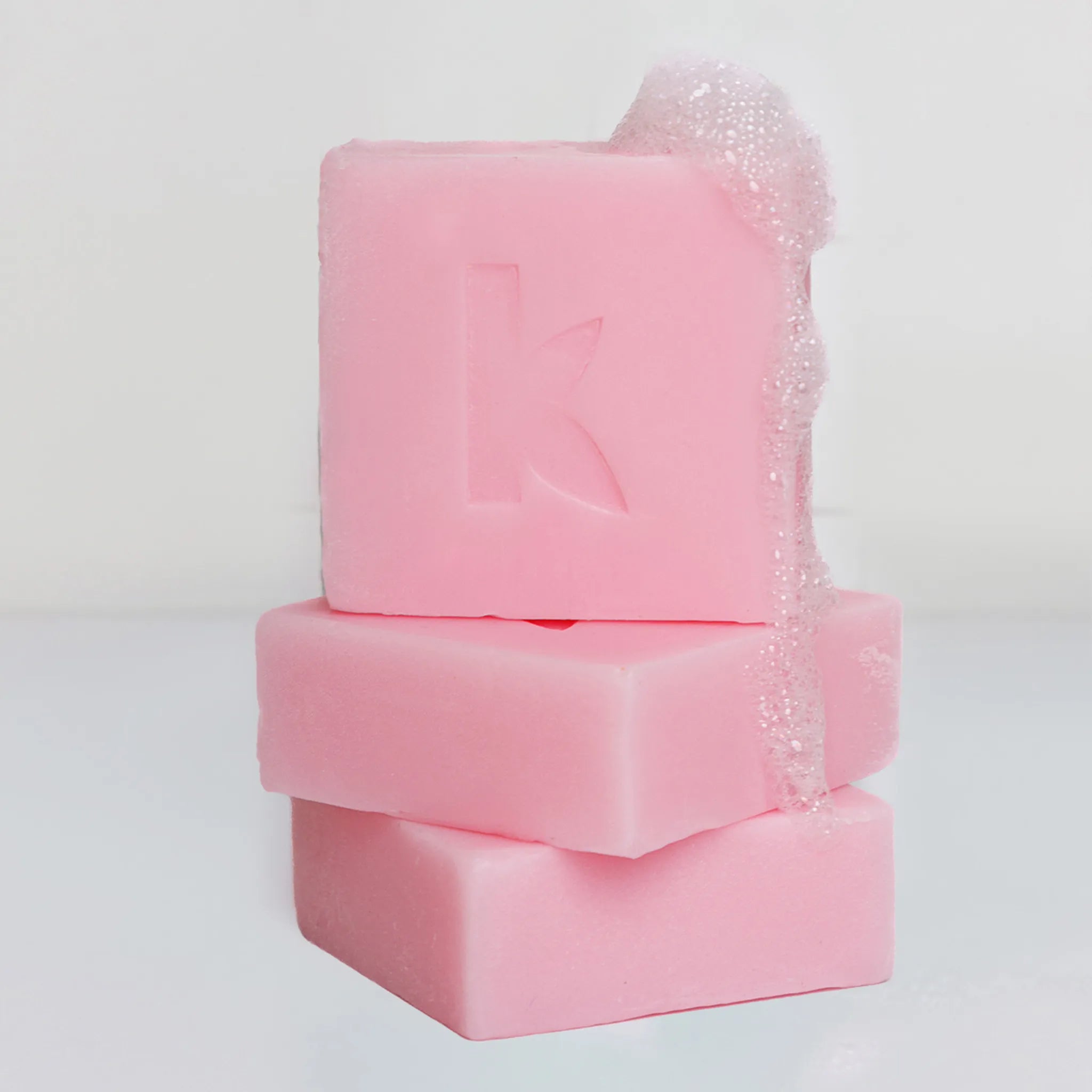
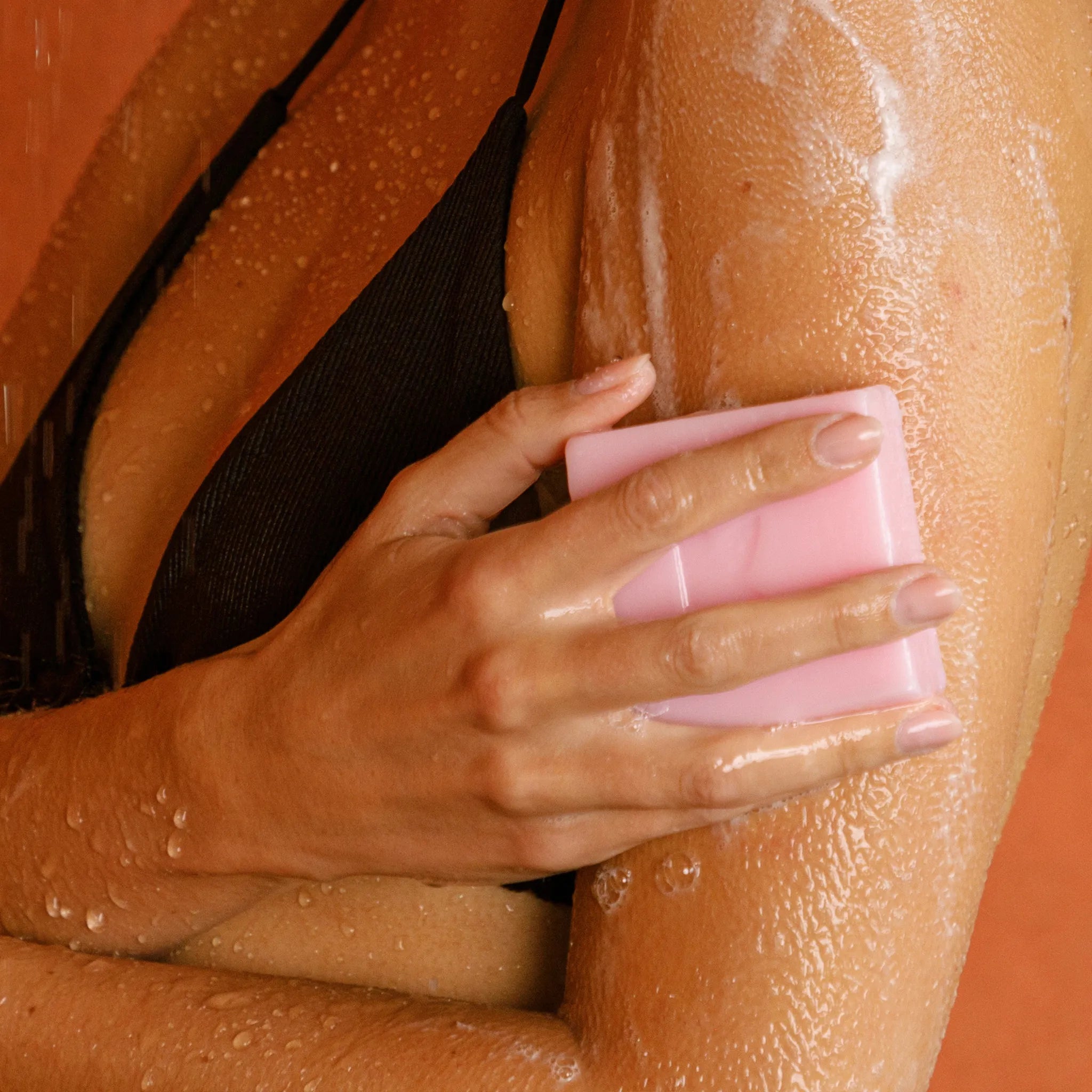
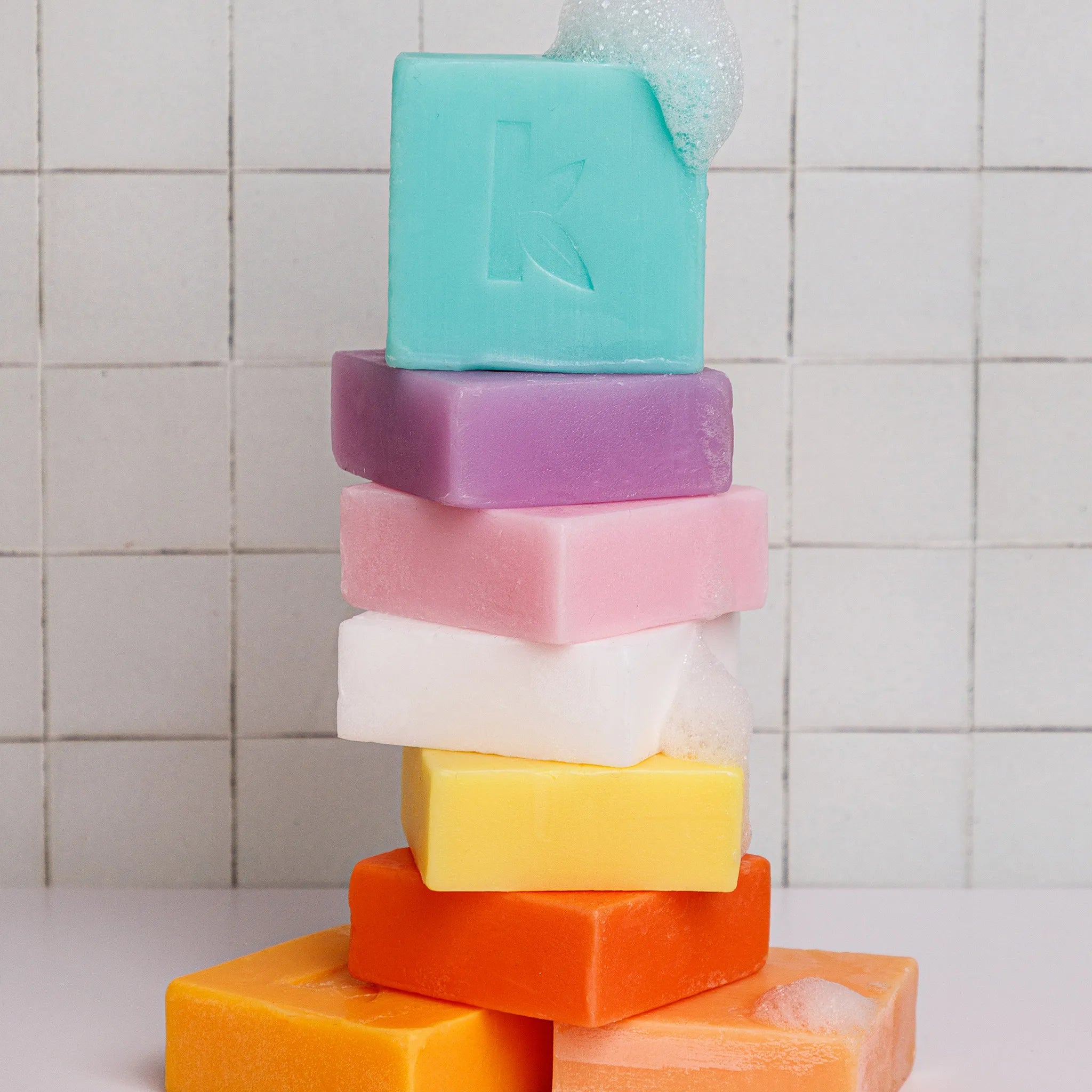
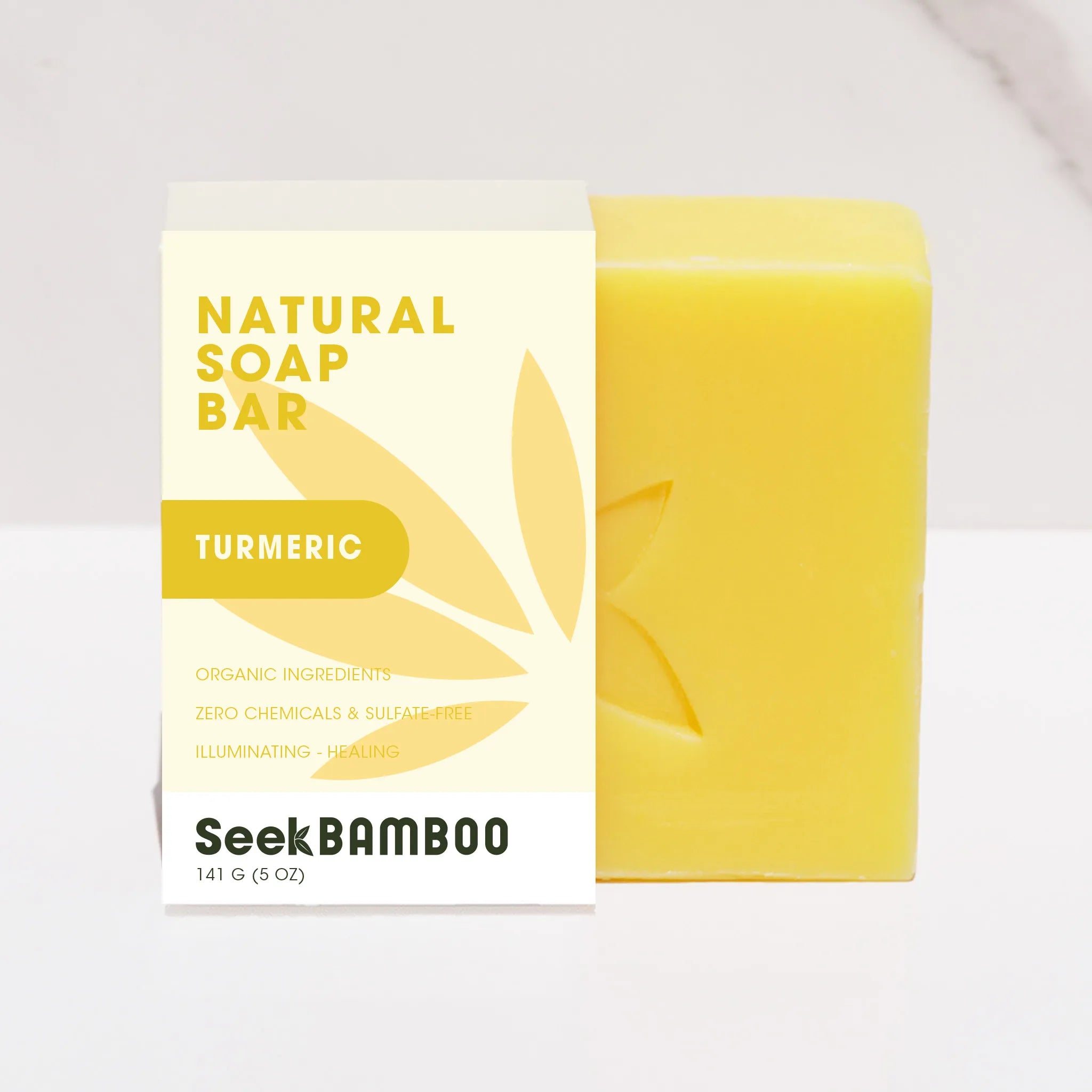
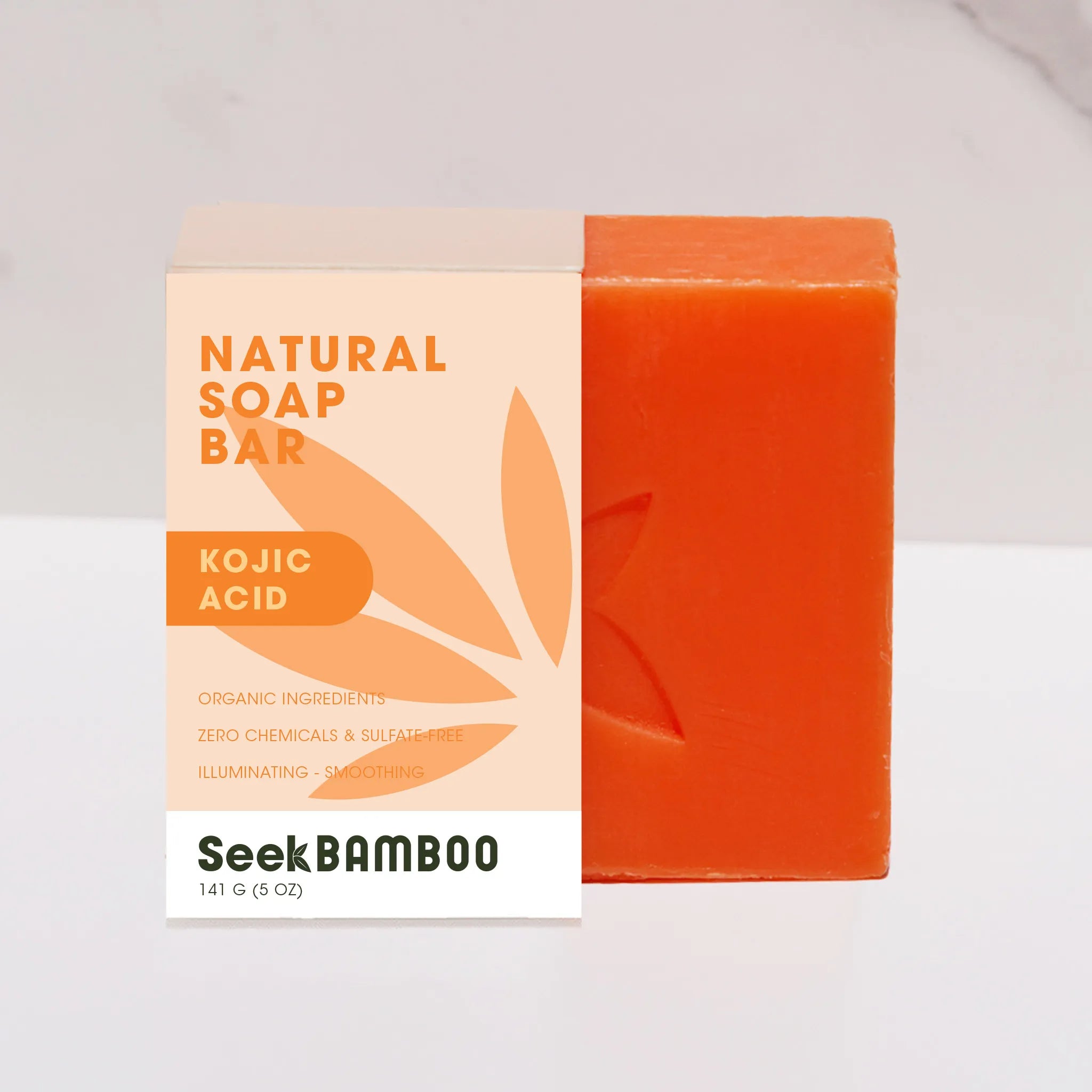
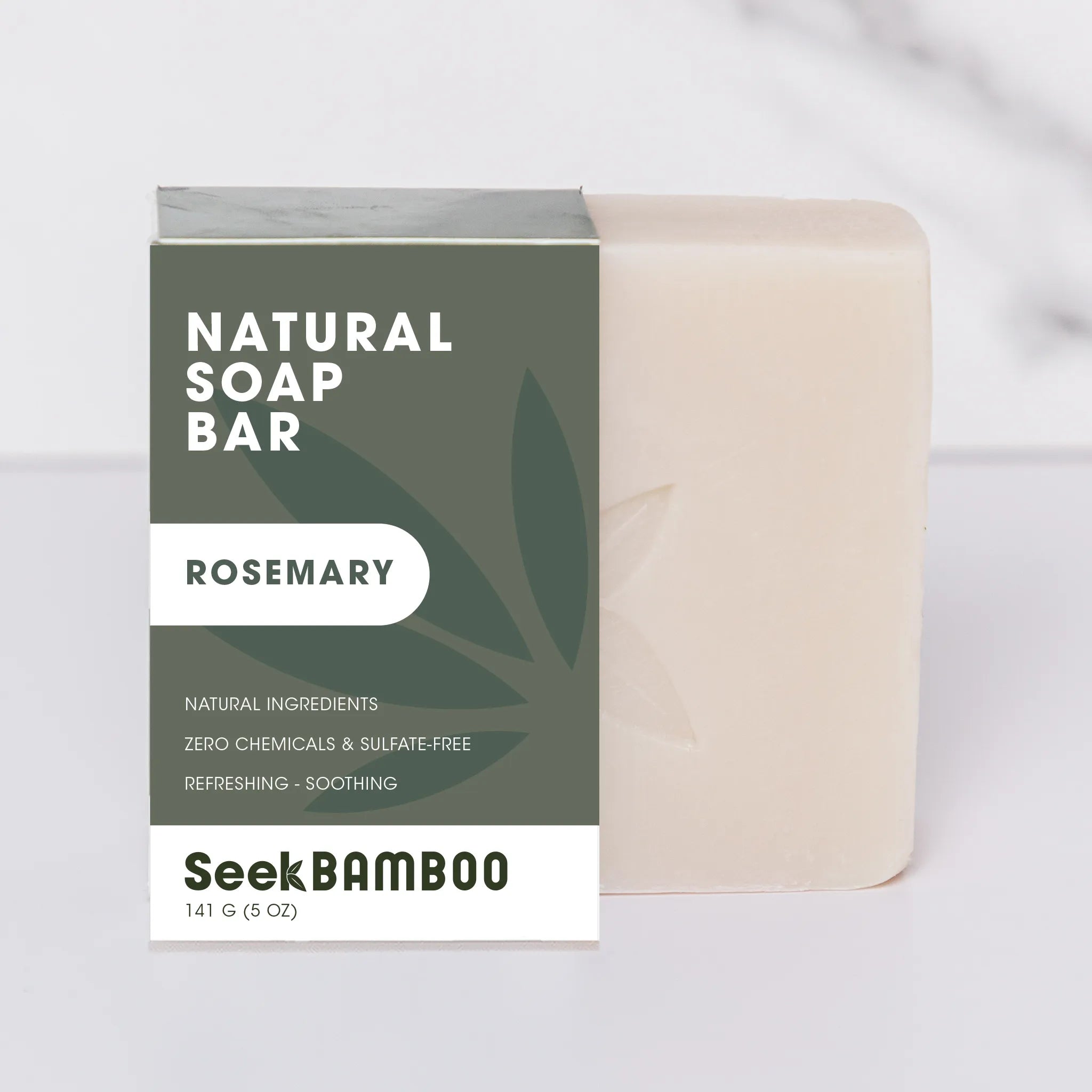
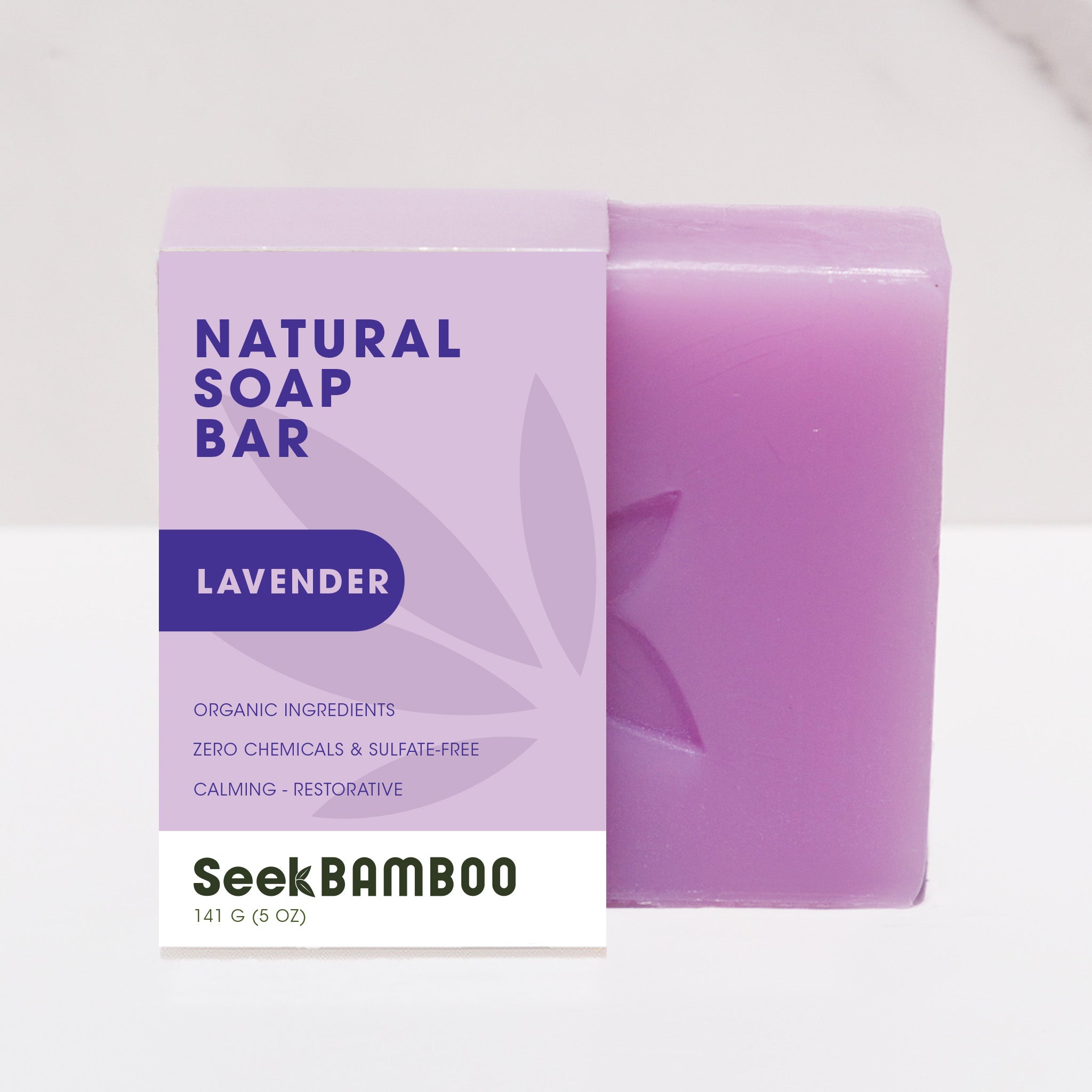
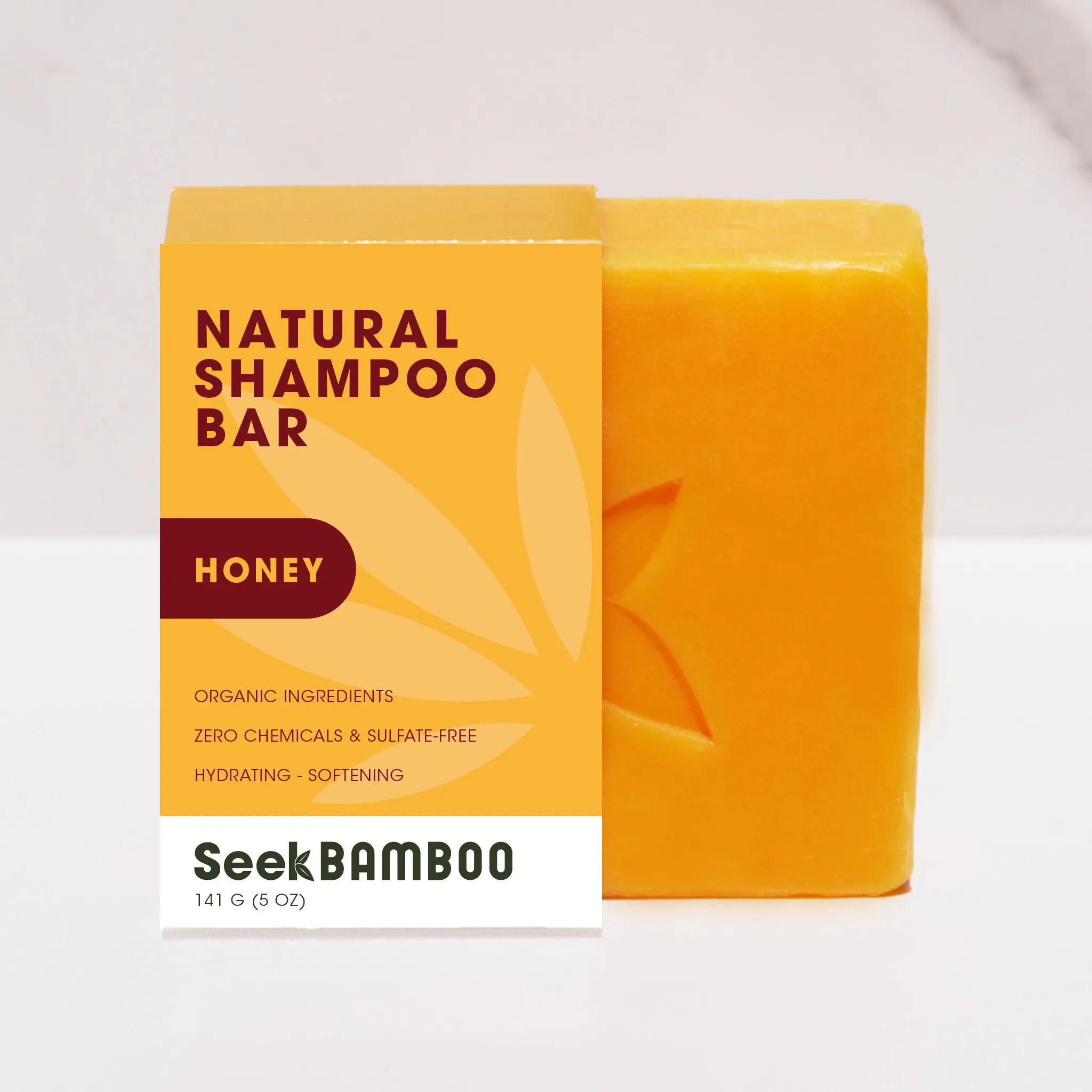
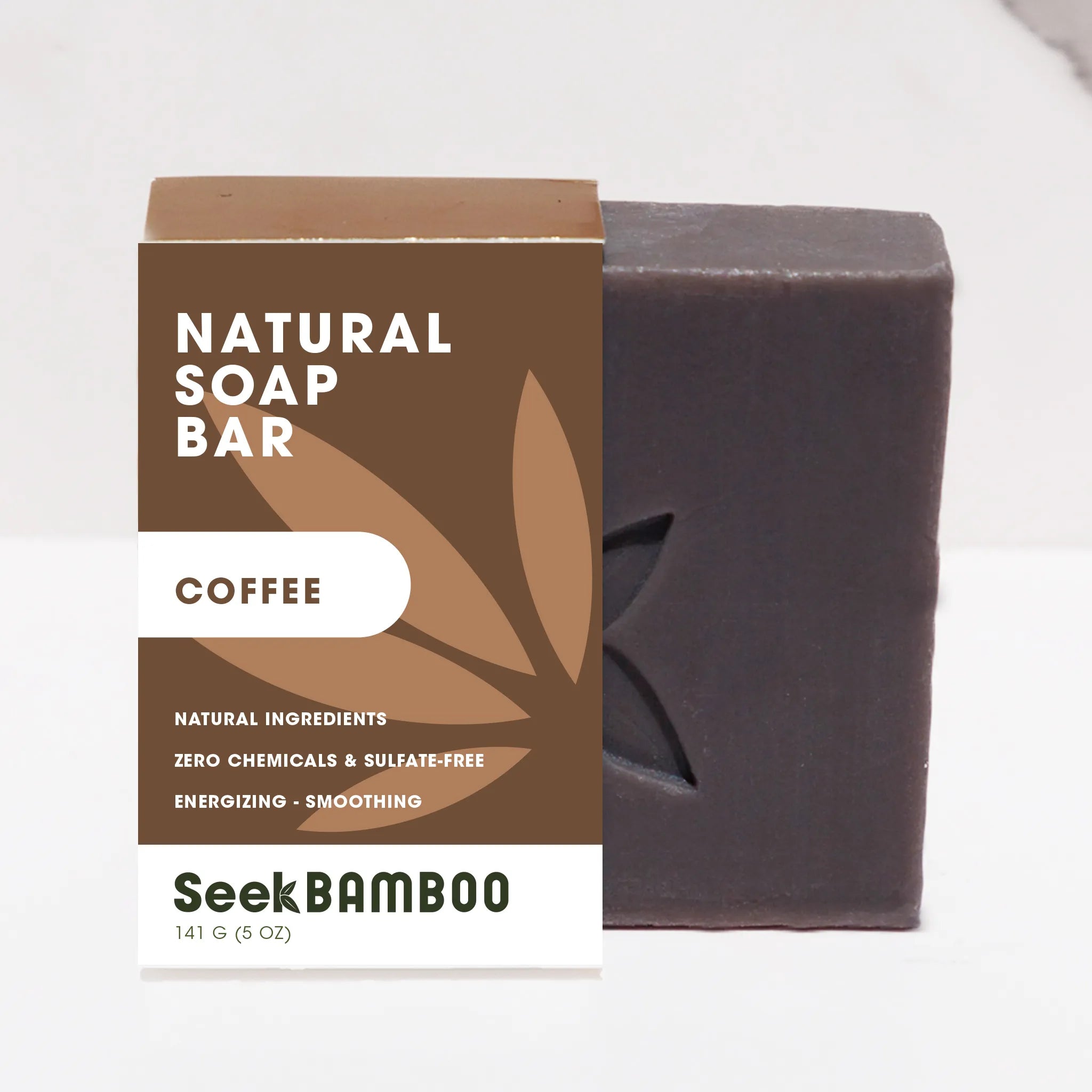
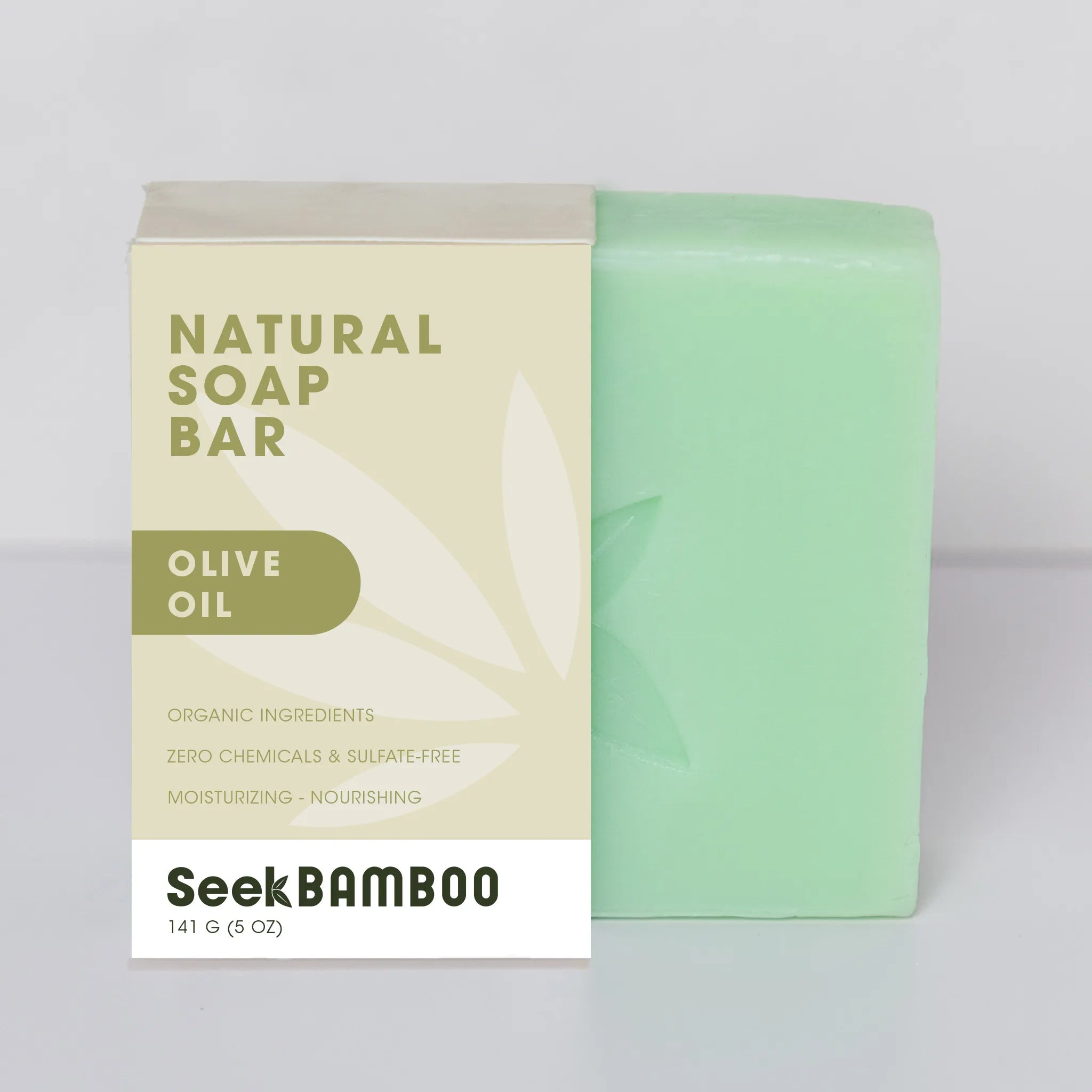
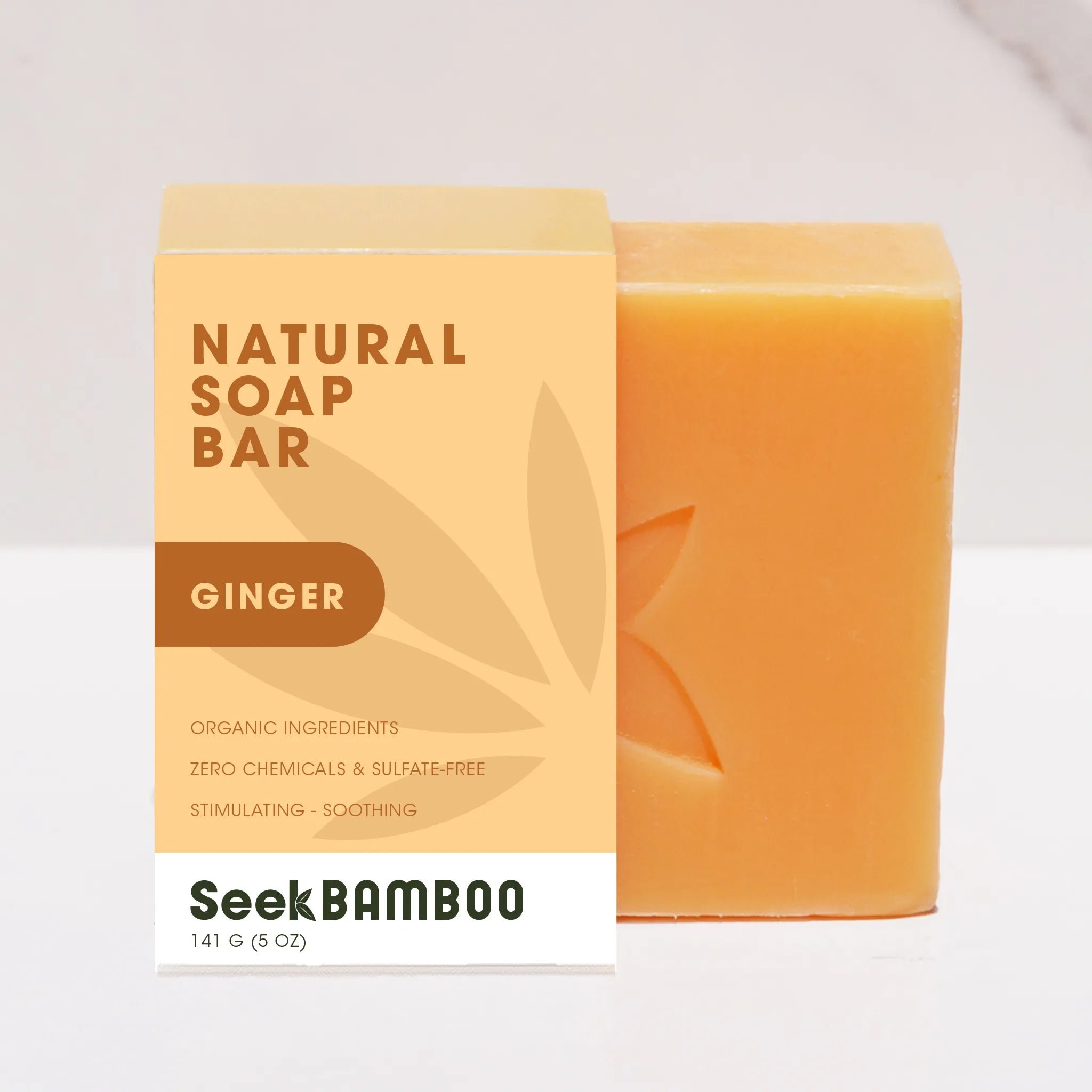
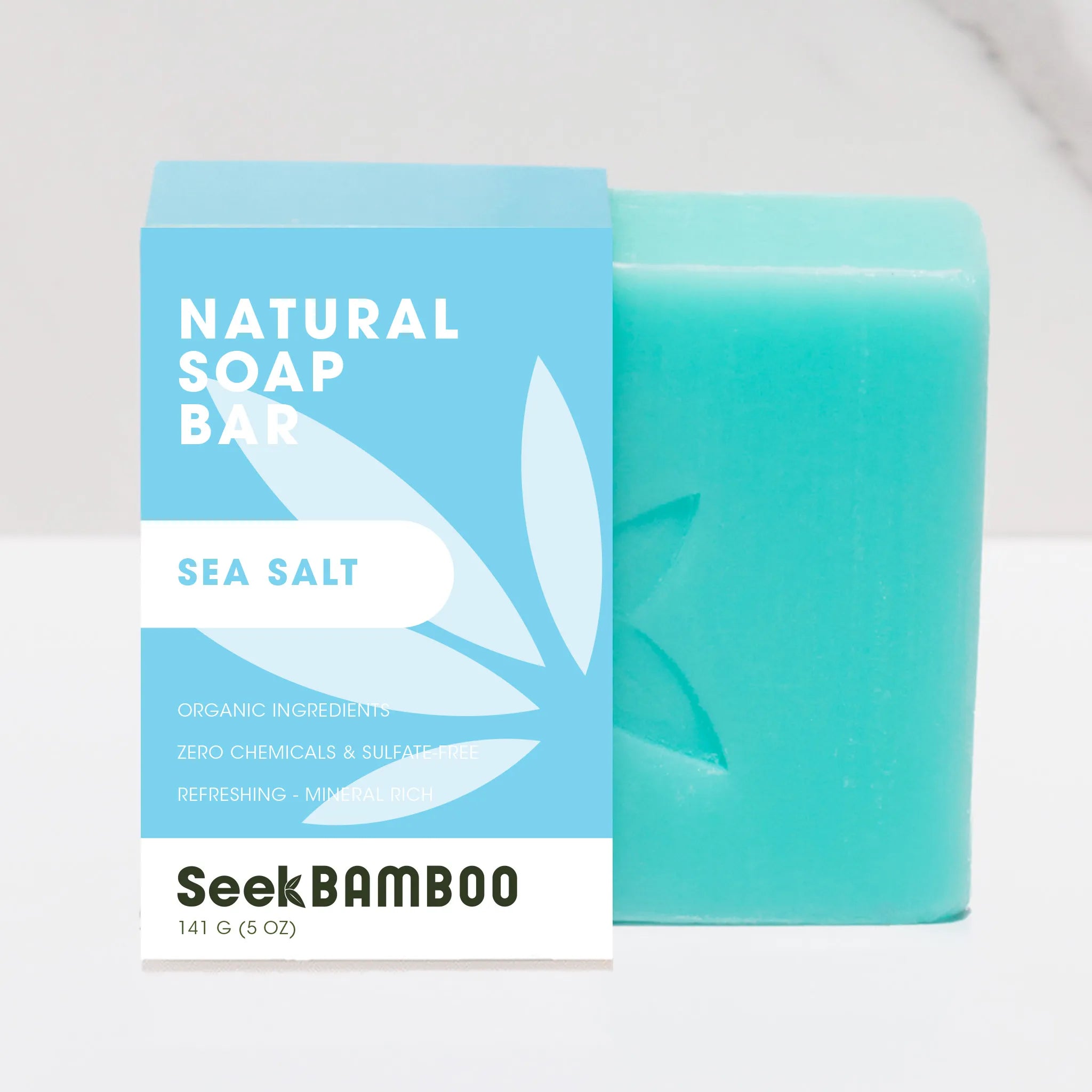
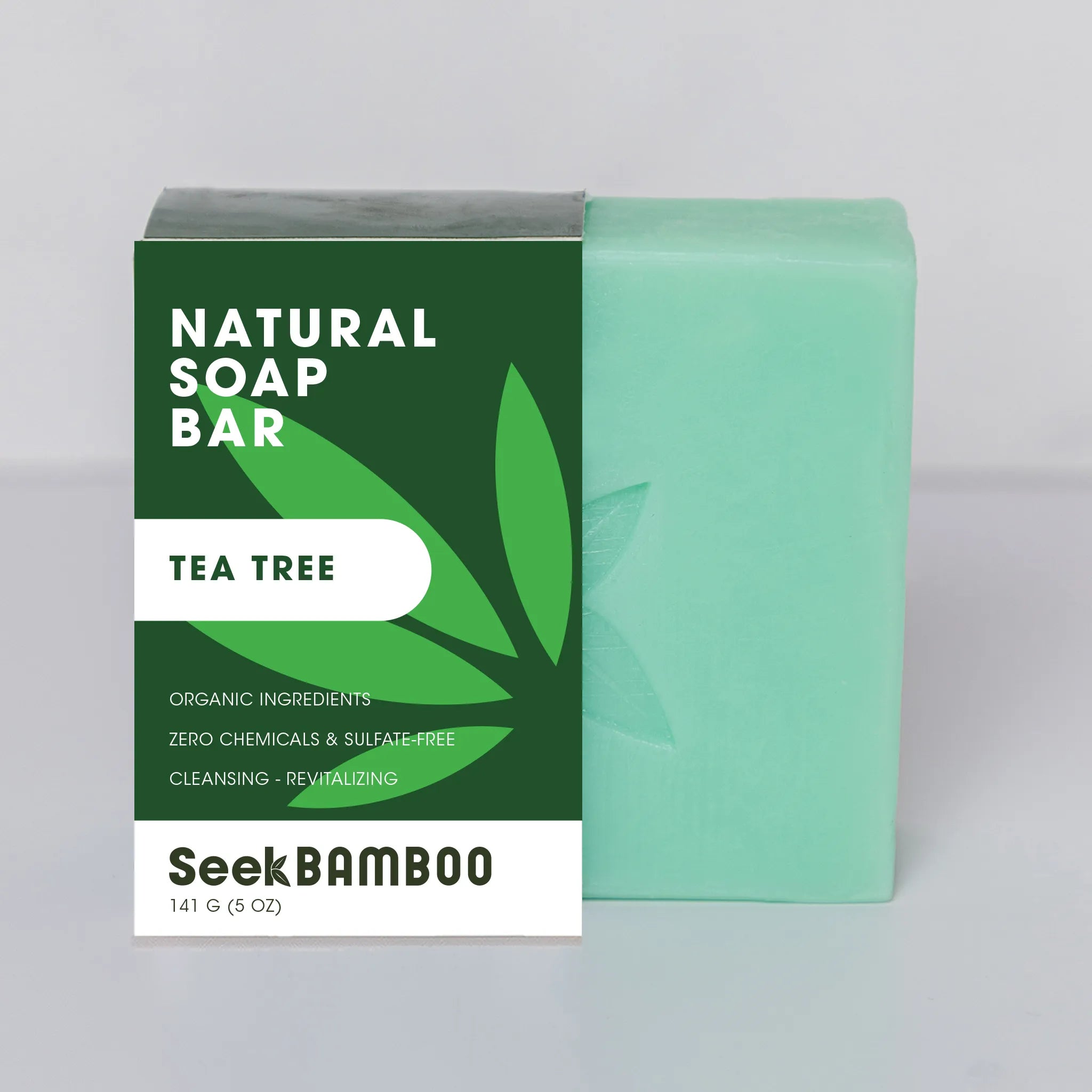
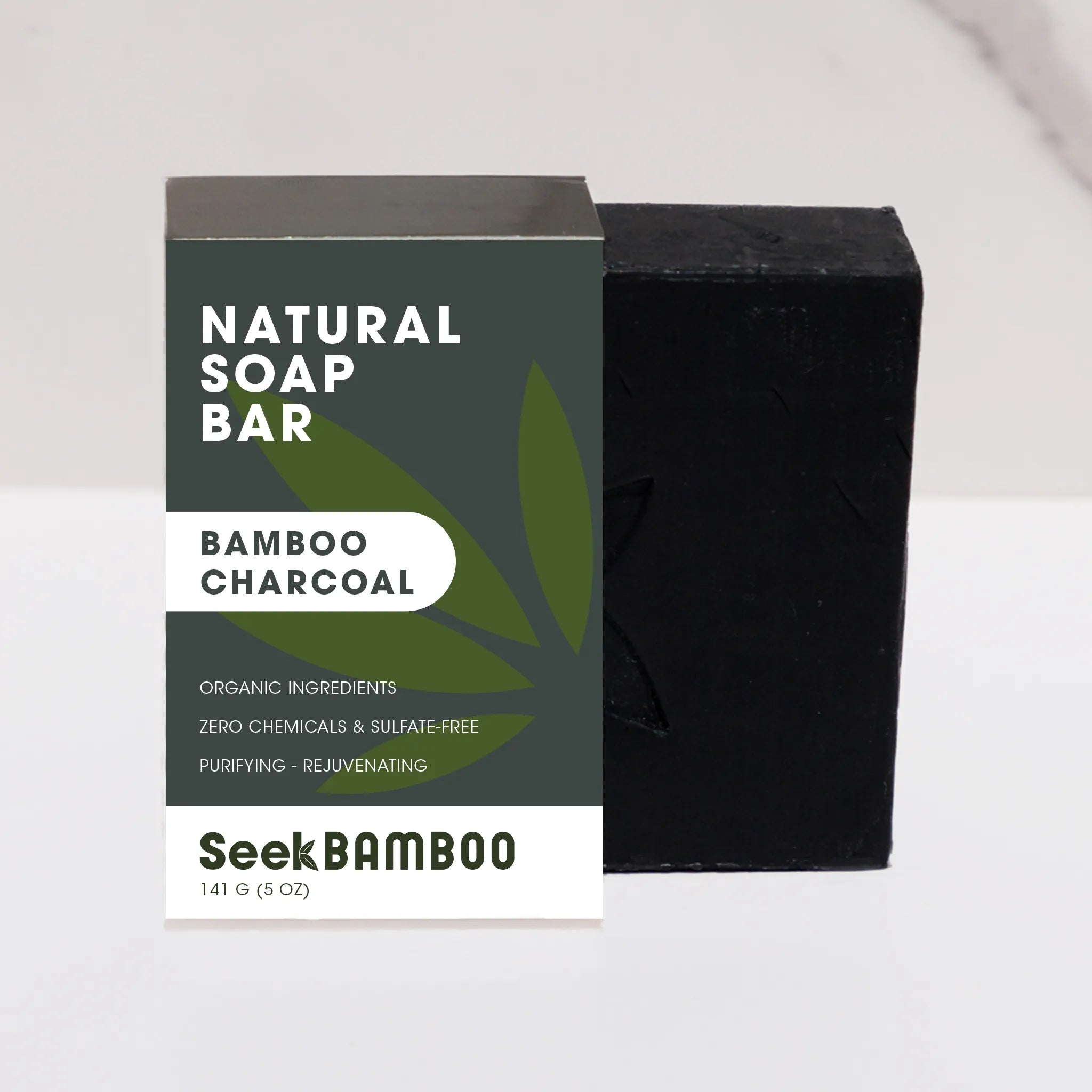
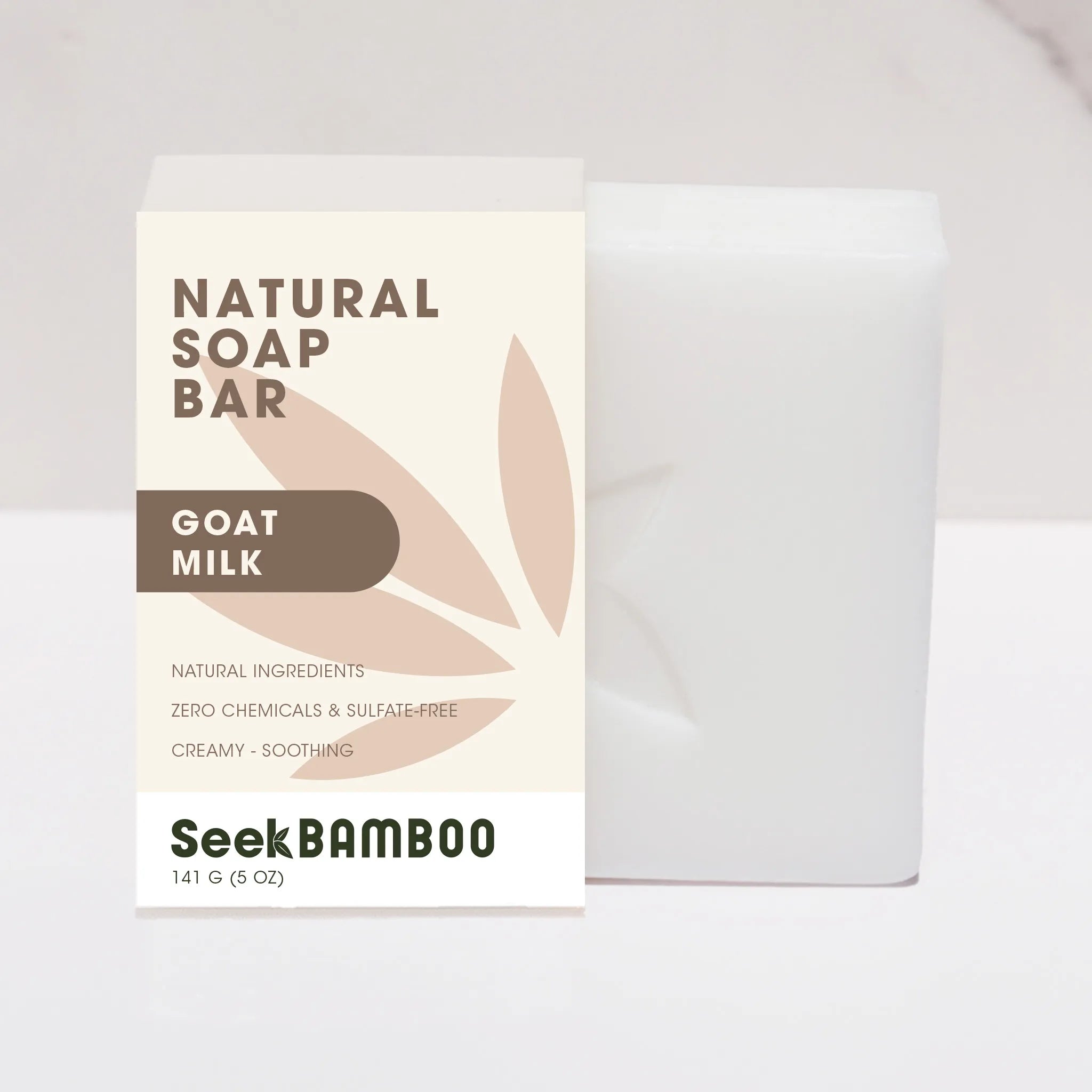
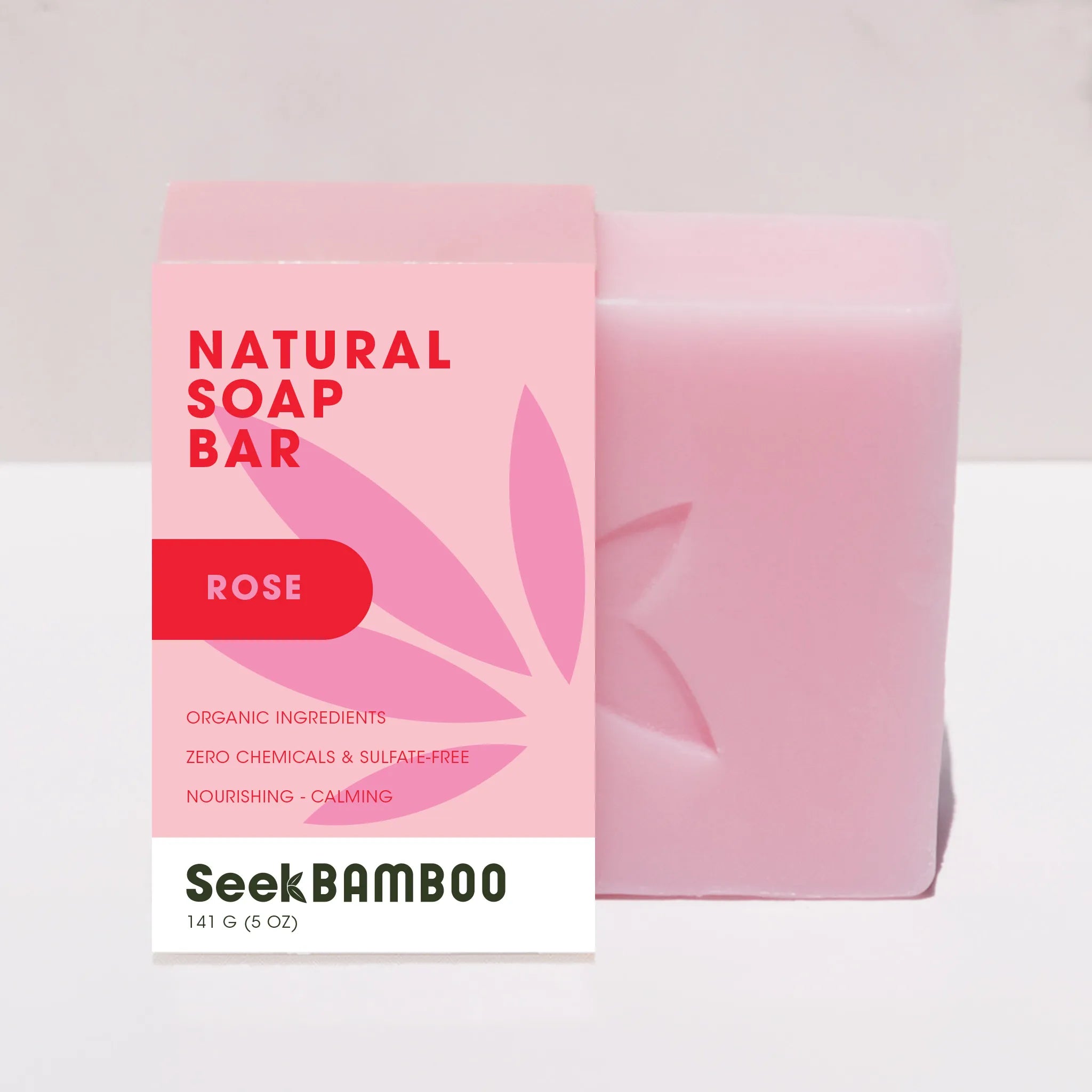
✓ Free of sulfates, palm oil, parabens, dyes, & synthetic fragrances
✓ Enriched with natural oils to gently cleanse and hydrate your skin
✓ Packed with antioxidants to promote healthy, nourished skin
✓ 5 oz size replaces up to 3 plastic bottles of liquid soap
✓ Plastic-free & eco-friendly packaging, making it a sustainable choice for both your skin & the planet
Why Natural Soap is the Best Choice
Natural soap is more than just a cleansing product; it’s a gentle ally in your journey to managing eczema. Free from harsh chemicals and packed with skin-soothing ingredients, these soaps cater to the unique challenges of eczema-prone skin. By making this thoughtful switch, you’re taking an important step toward reducing flare-ups and improving your skin’s overall well-being.
Shower Bundles
From Itchy to Smooth: Your Eczema Soap Questions, Solved!
Suds That Soothe: Your Go-To Guide for Eczema-Approved Soaps
Can soap make eczema worse?
Yes, certain soaps can make eczema worse, especially those that contain harsh chemicals, synthetic fragrances, and sulfates. These ingredients can strip the skin of its natural oils, disrupt the skin’s pH balance, and cause further irritation. Choosing a natural, hypoallergenic soap designed for sensitive skin can help minimize these issues.
What ingredients should I avoid in soaps if I have eczema?
Avoid soaps with:
- Synthetic Fragrances and Dyes: Common irritants for sensitive skin.
- Sulfates (e.g., SLS): Harsh detergents that dry out the skin.
- Parabens: Preservatives that can trigger allergic reactions.
- Alcohol-Based Ingredients: These can dry and irritate the skin further.
Opt for soaps with natural, soothing ingredients like aloe vera, oatmeal, or shea butter.
Is bar soap or liquid soap better for eczema?
Both bar soaps and liquid soaps can be effective, but the key is the formulation. Natural bar soaps often have fewer harsh additives and are more eco-friendly. However, if you prefer liquid soap, ensure it’s free from irritants and contains moisturizing ingredients.
How often should I use soap if I have eczema?
Limit soap use to once or twice a day, focusing on areas that need cleansing. Over-washing can strip the skin of its natural oils, so it’s best to cleanse gently and moisturize immediately after washing.
Why is pH balance important in soap for eczema?
Healthy skin has a slightly acidic pH (around 4.5–5.5), which helps maintain its barrier function. Soaps with a high pH (alkaline) can disrupt this balance, leading to dryness and increased irritation. pH-balanced soaps help preserve the skin’s natural defenses, making them ideal for eczema-prone skin.
Can natural soap completely cure eczema?
While natural soap can help manage symptoms by reducing dryness and irritation, eczema is a chronic condition without a definitive cure. Using the right soap is an important part of a holistic skincare routine that may include moisturizers, lifestyle changes, and medical treatments as recommended by a dermatologist.
Are fragrance-free soaps better for eczema?
Yes, fragrance-free soaps are typically better for eczema-prone skin. Synthetic fragrances are a common irritant and can trigger flare-ups. Look for soaps labeled as “unscented” or “fragrance-free” to minimize the risk of irritation.
How long does it take to see results with natural soap for eczema?
Results can vary depending on the severity of your eczema and other factors like triggers and skincare habits. Many people notice an improvement in dryness and irritation within a few weeks of using a natural, soothing soap. Consistency and pairing soap with a good moisturizer are key.


